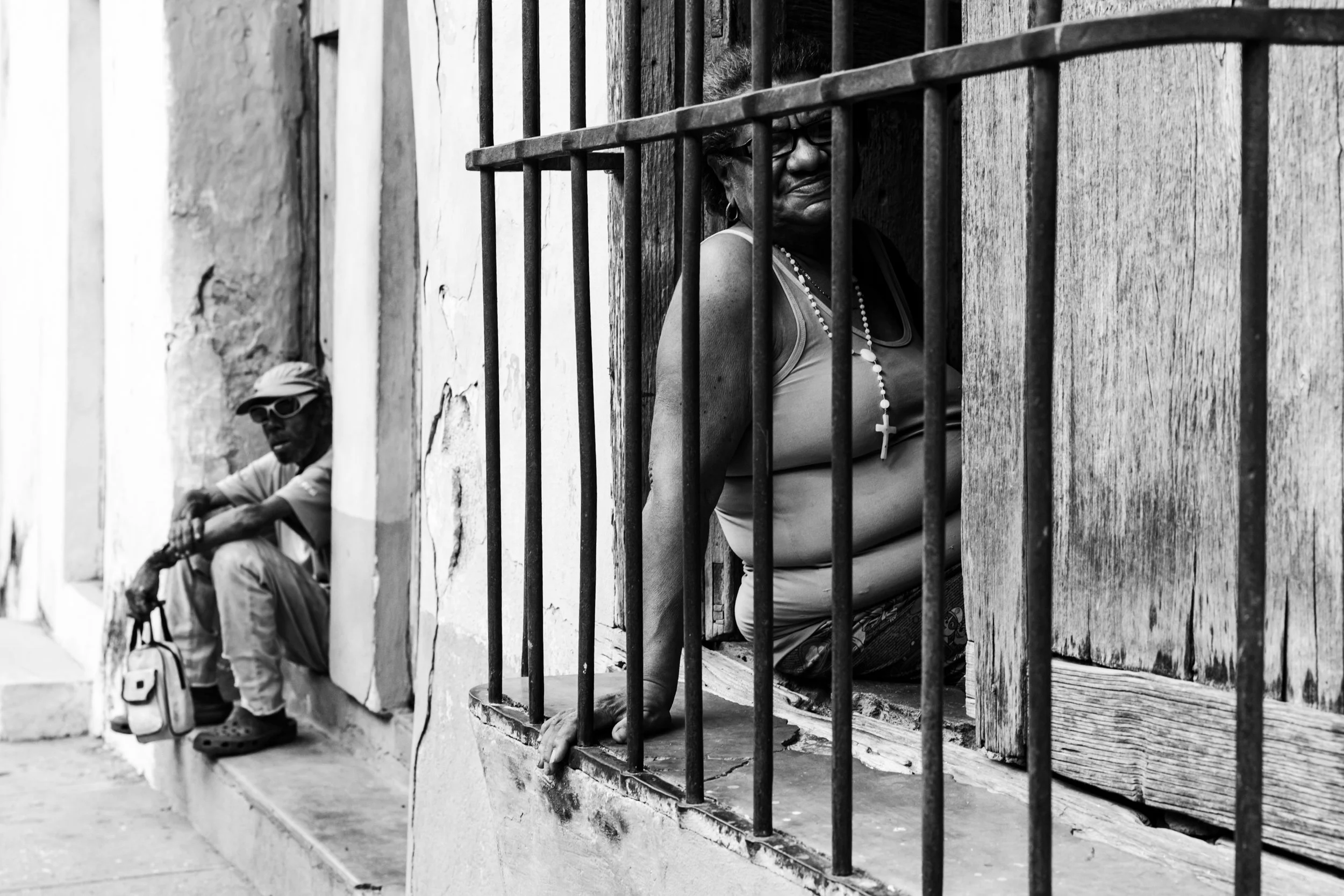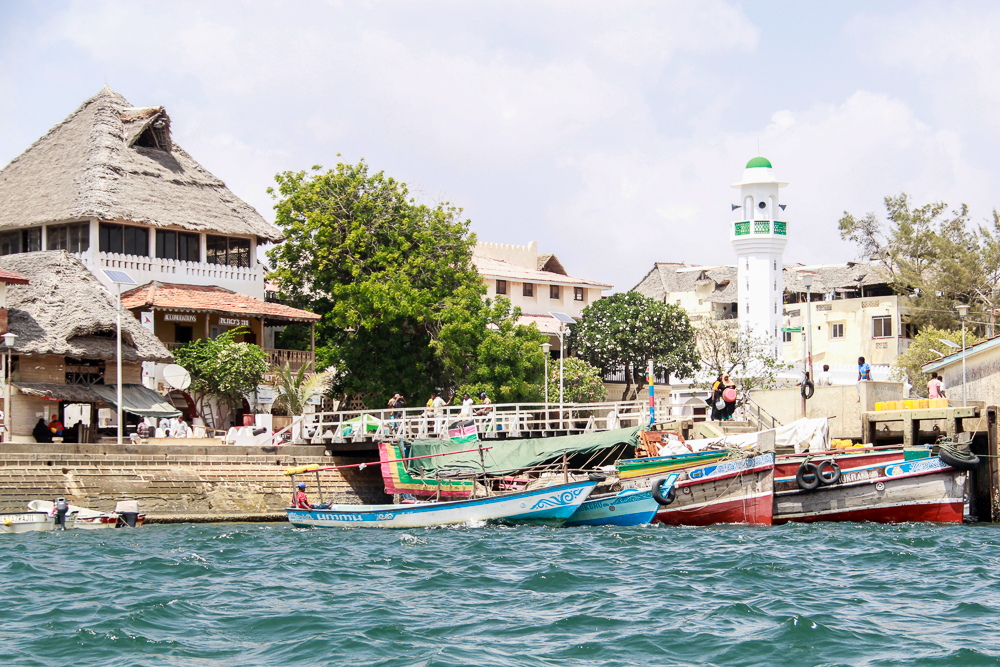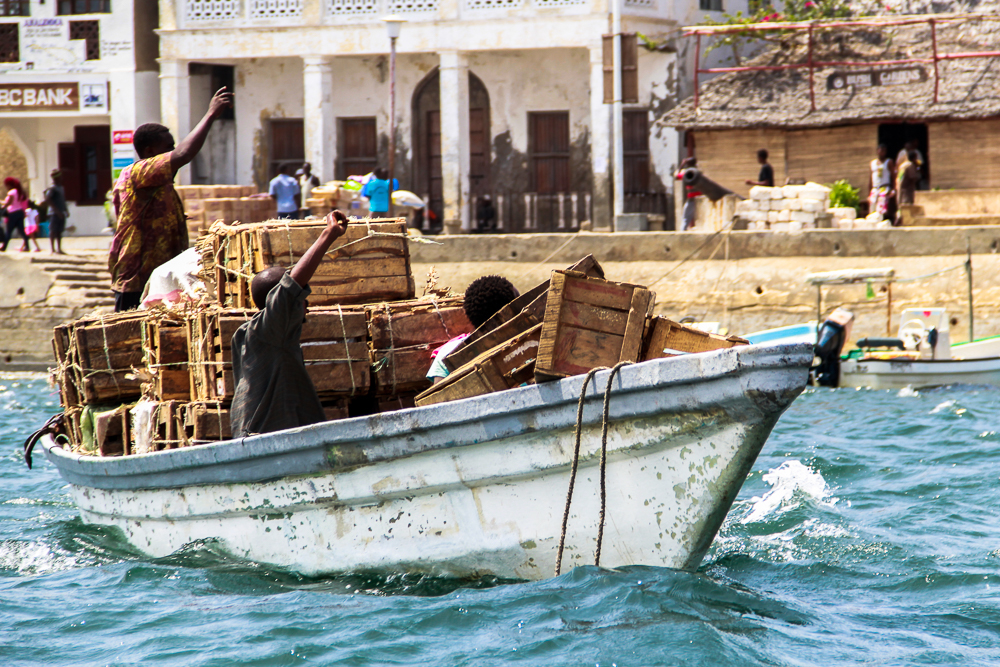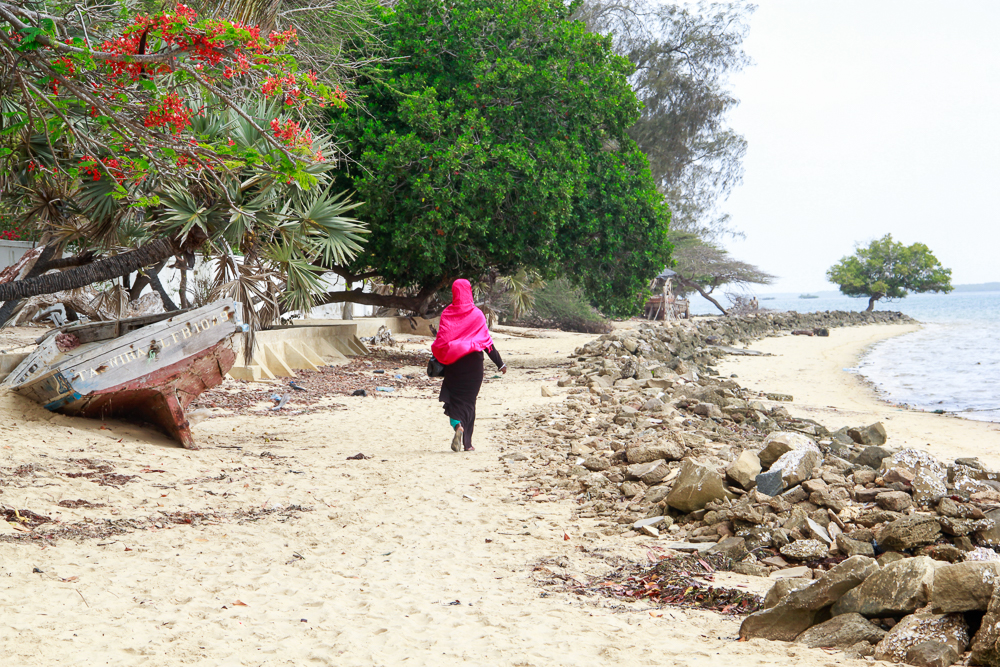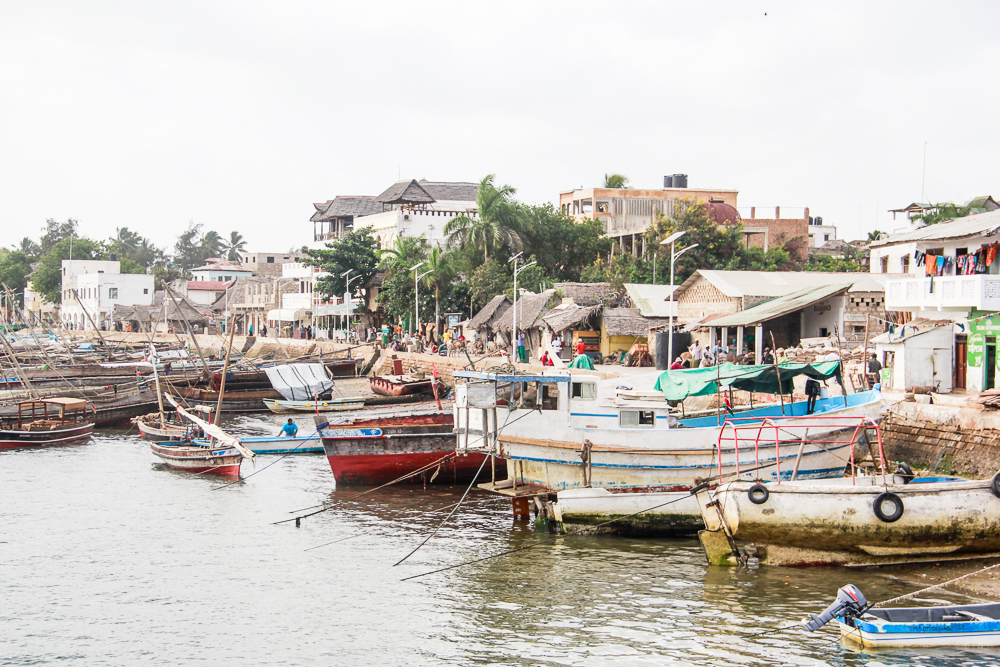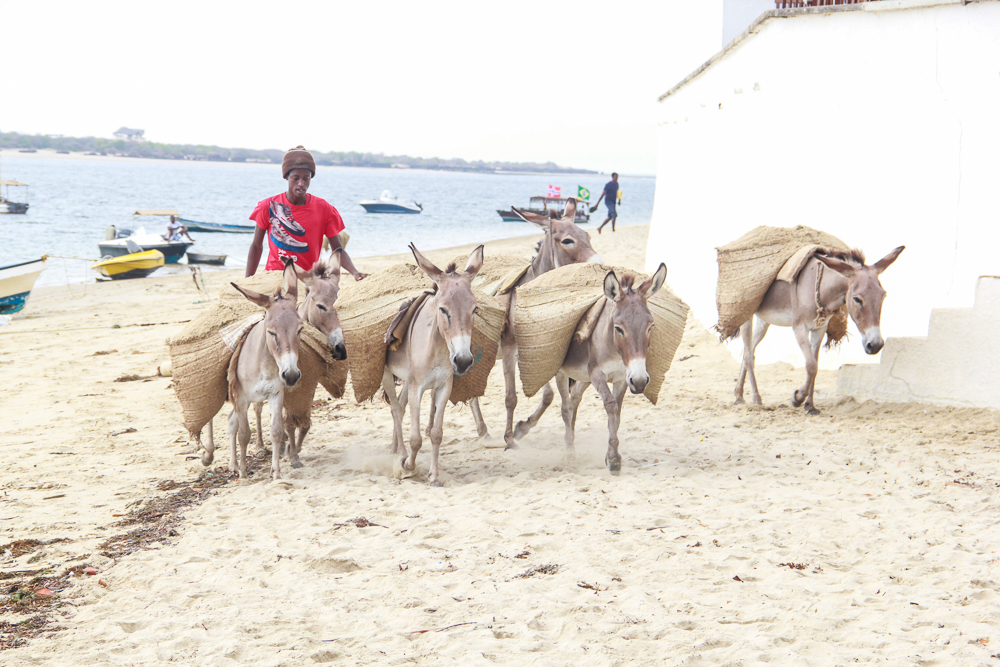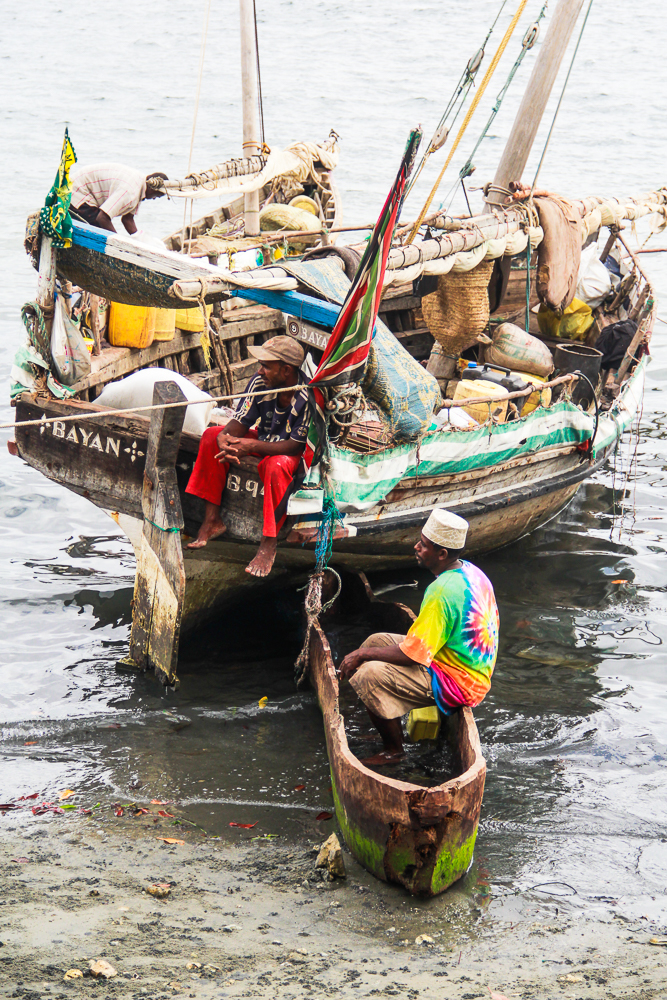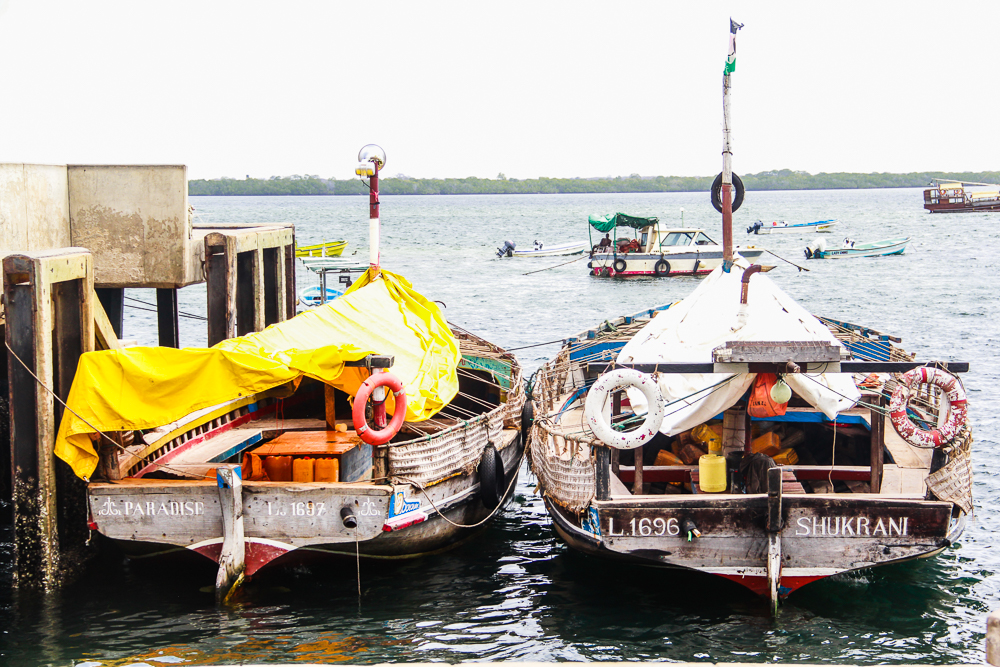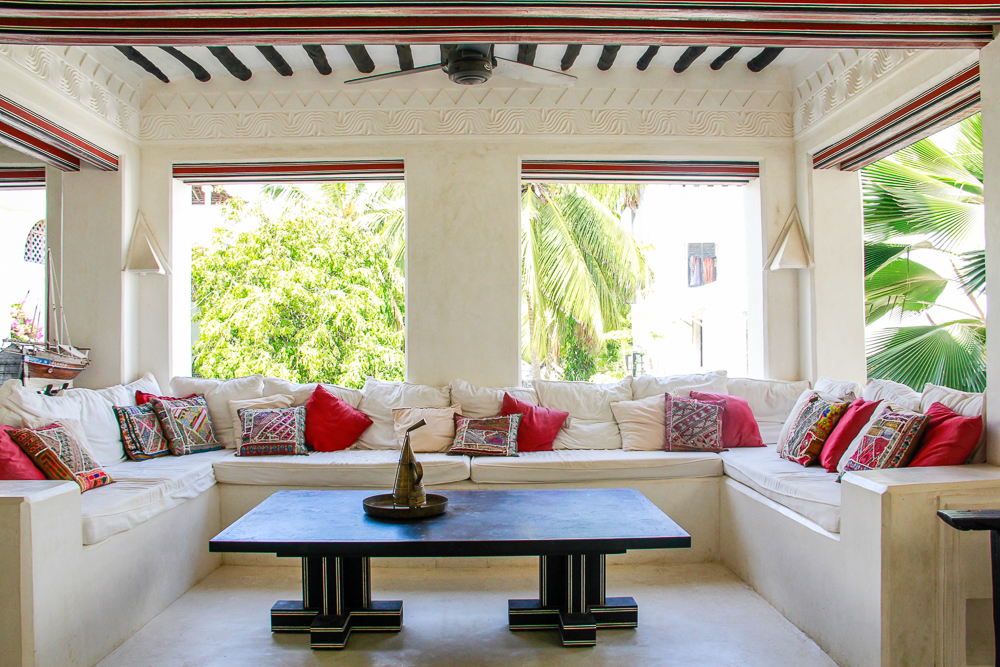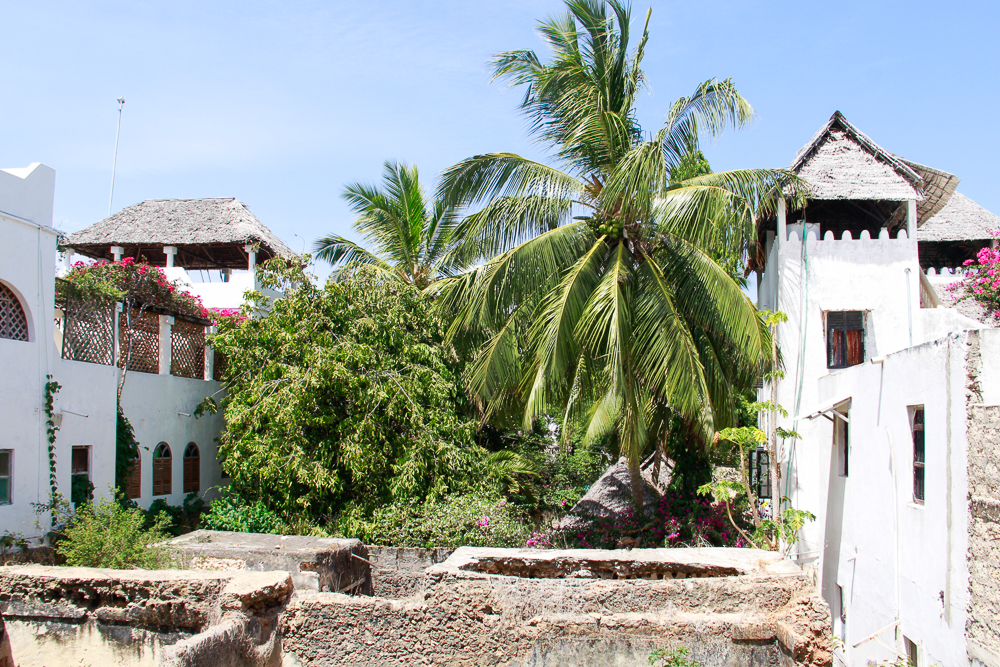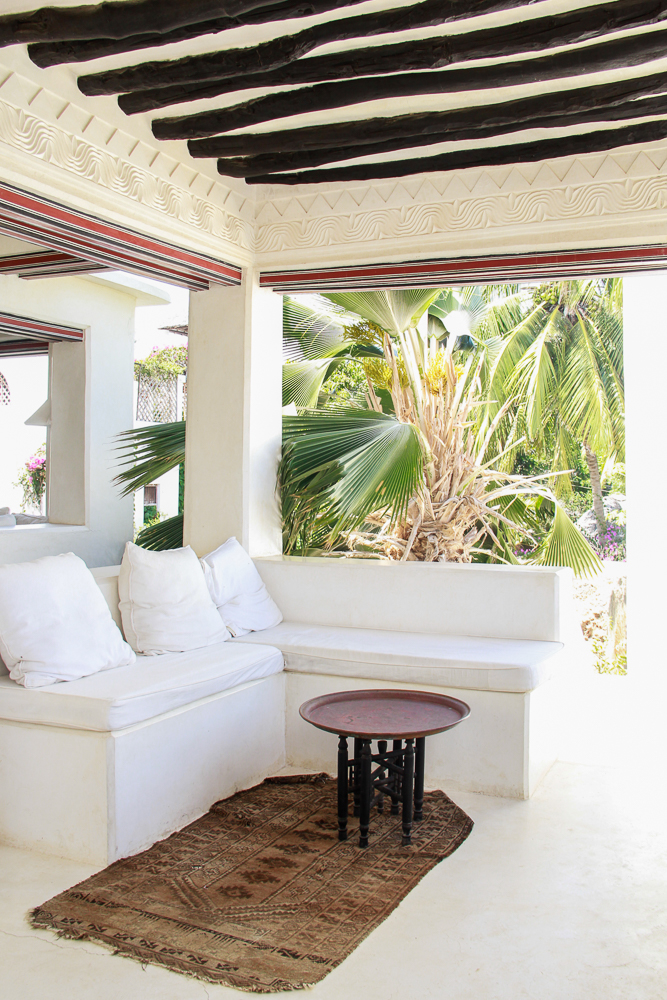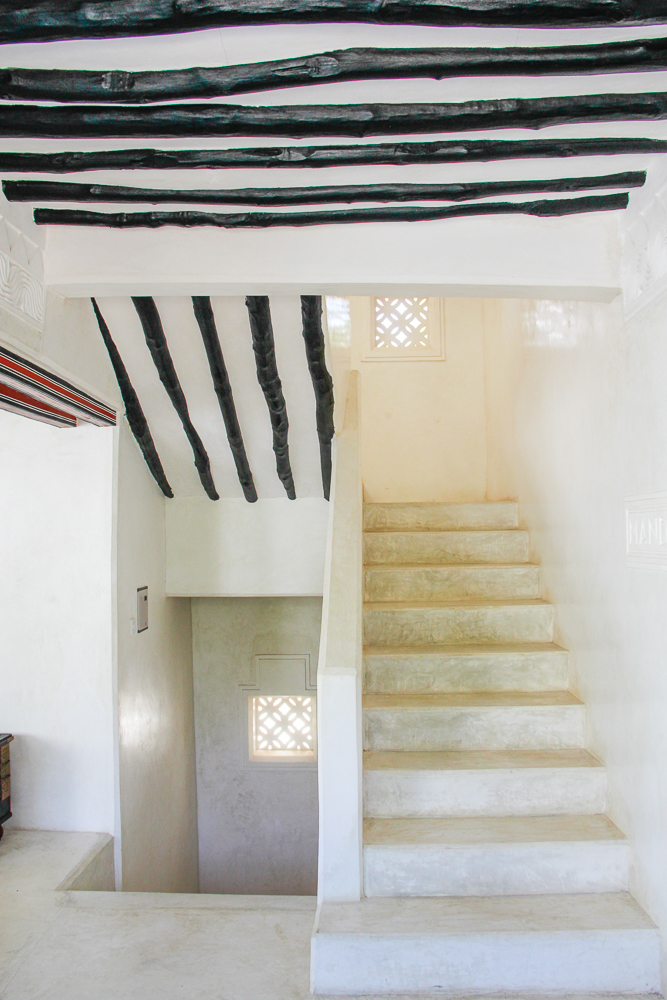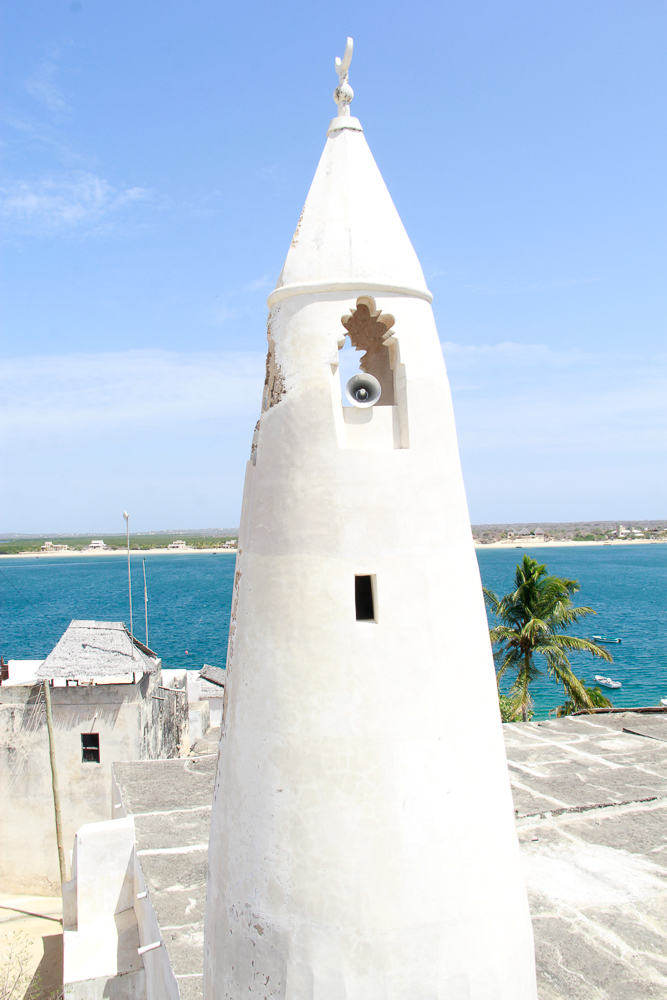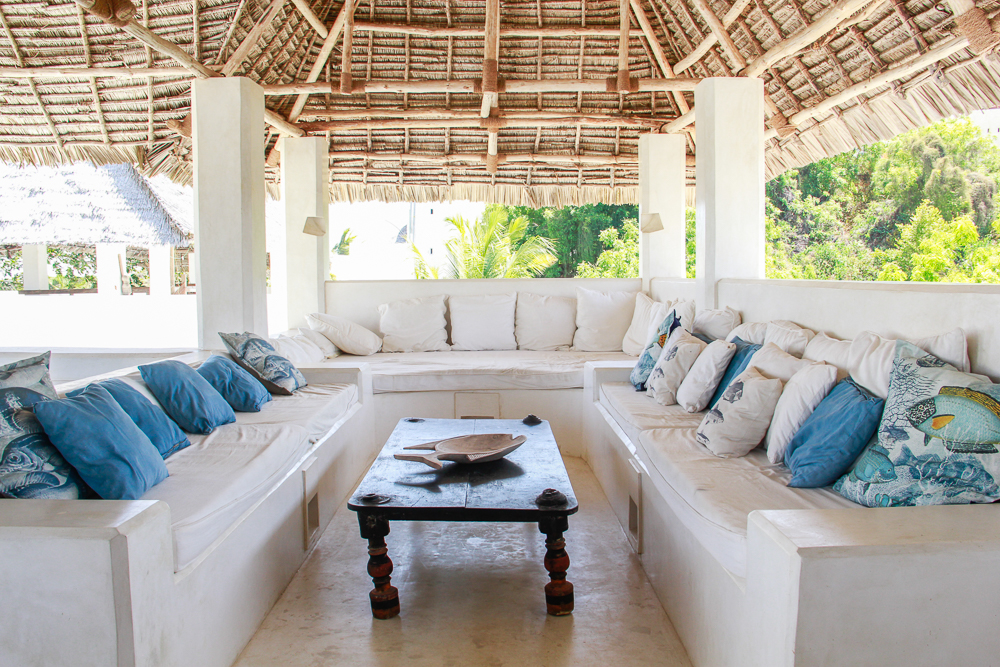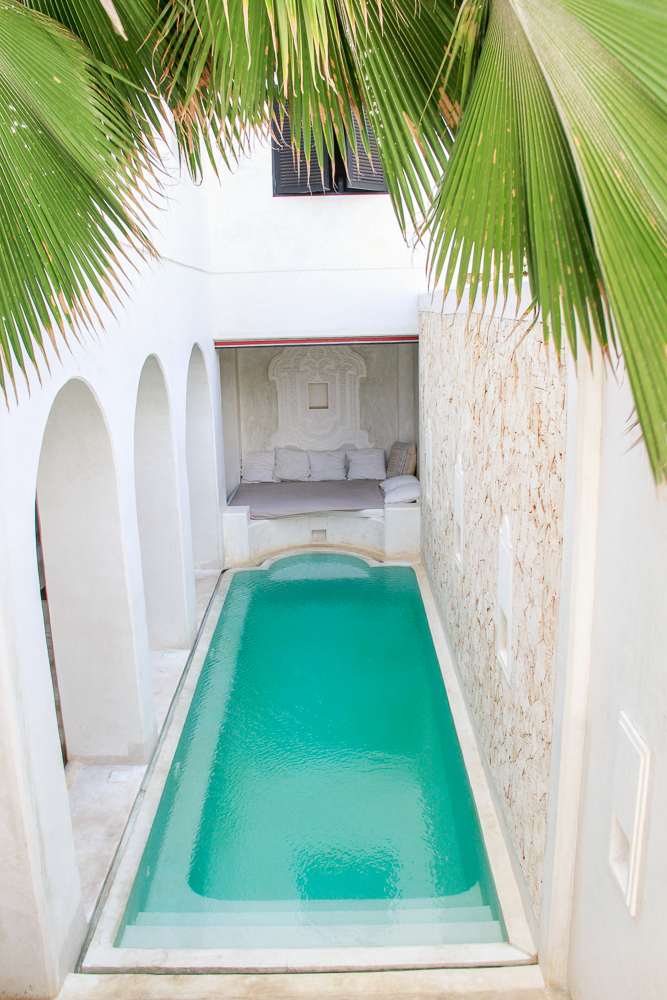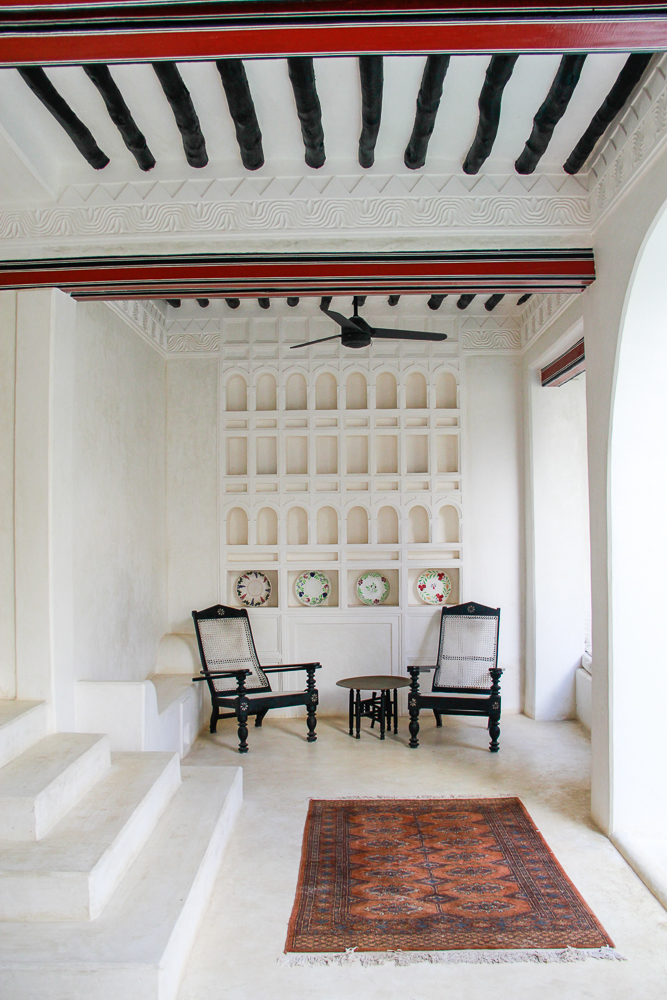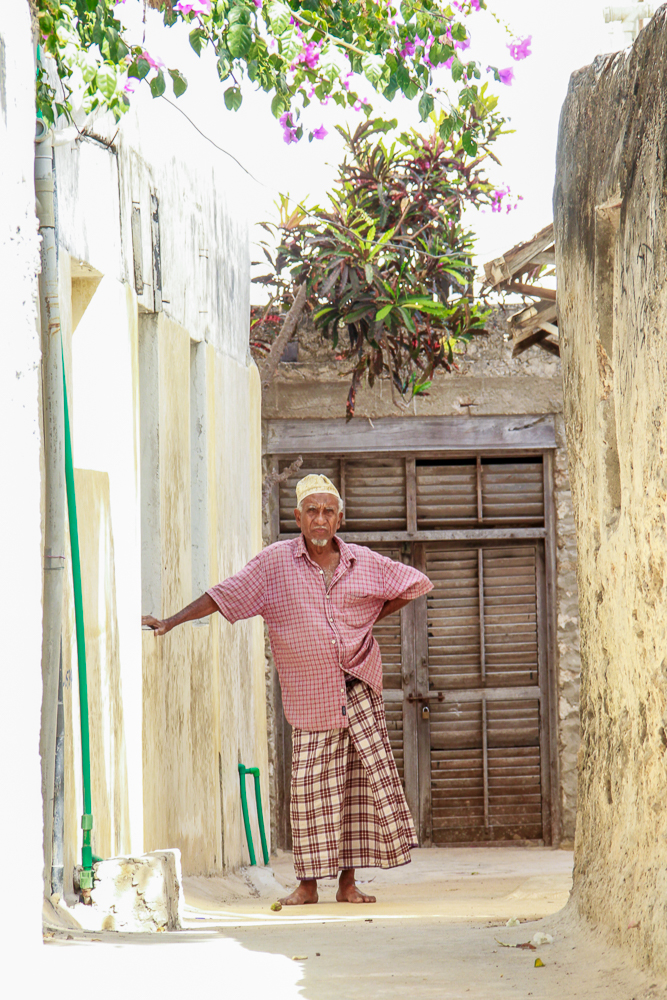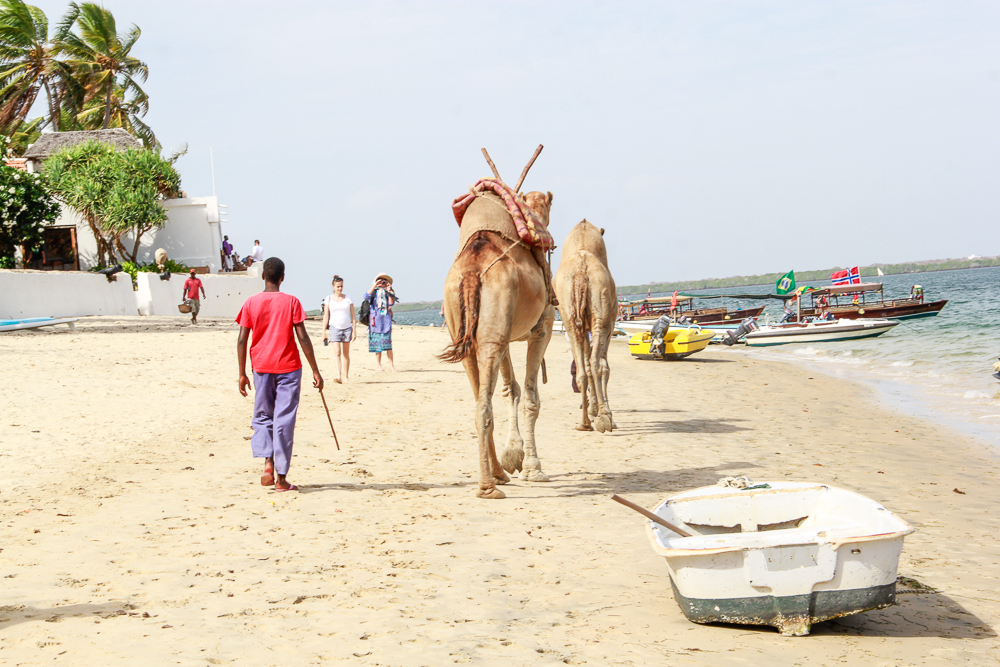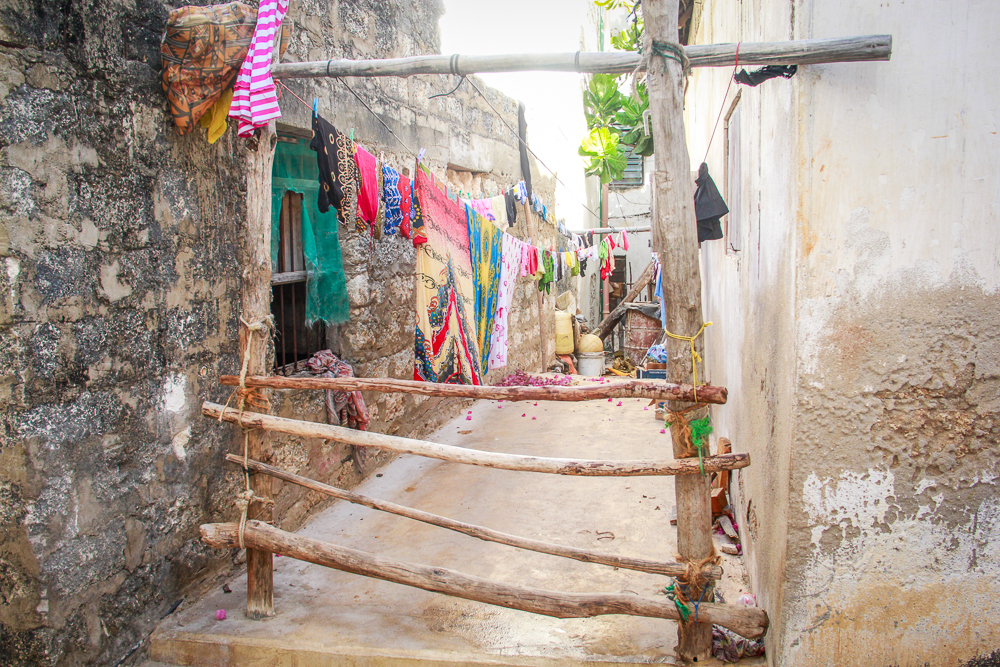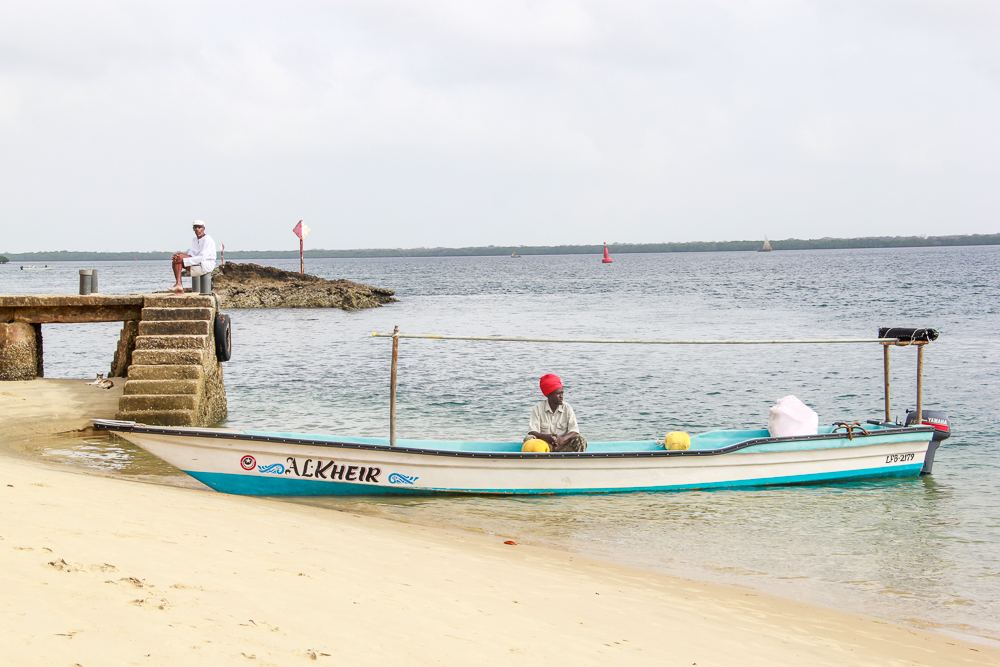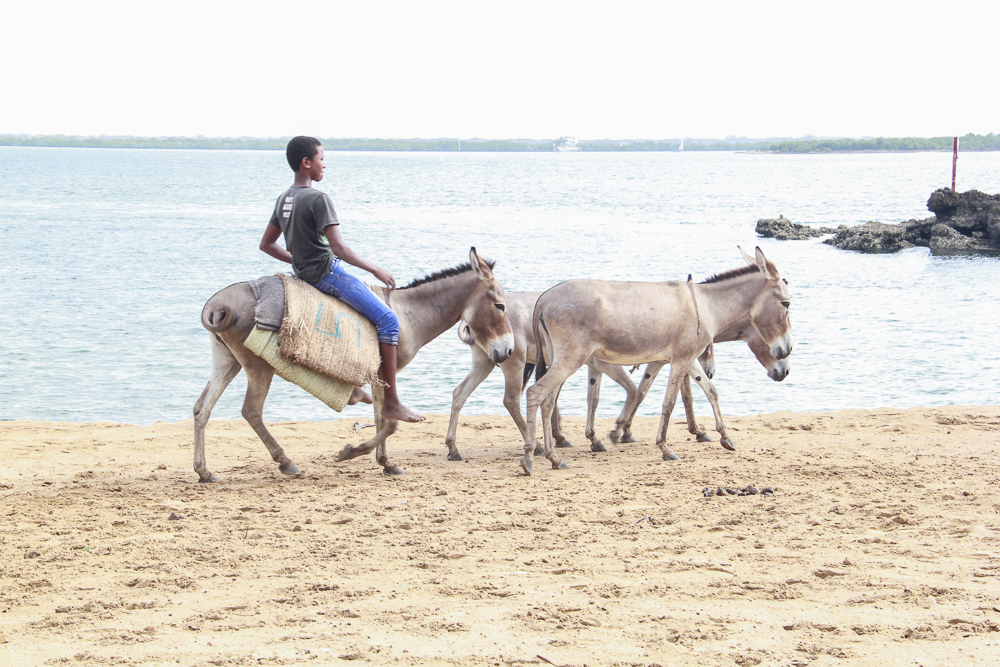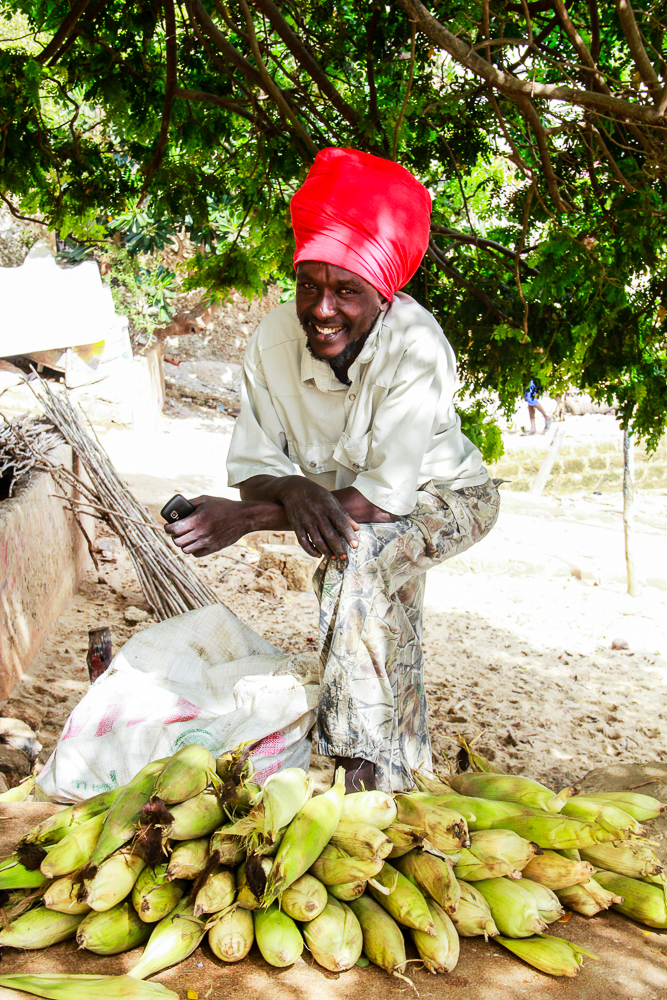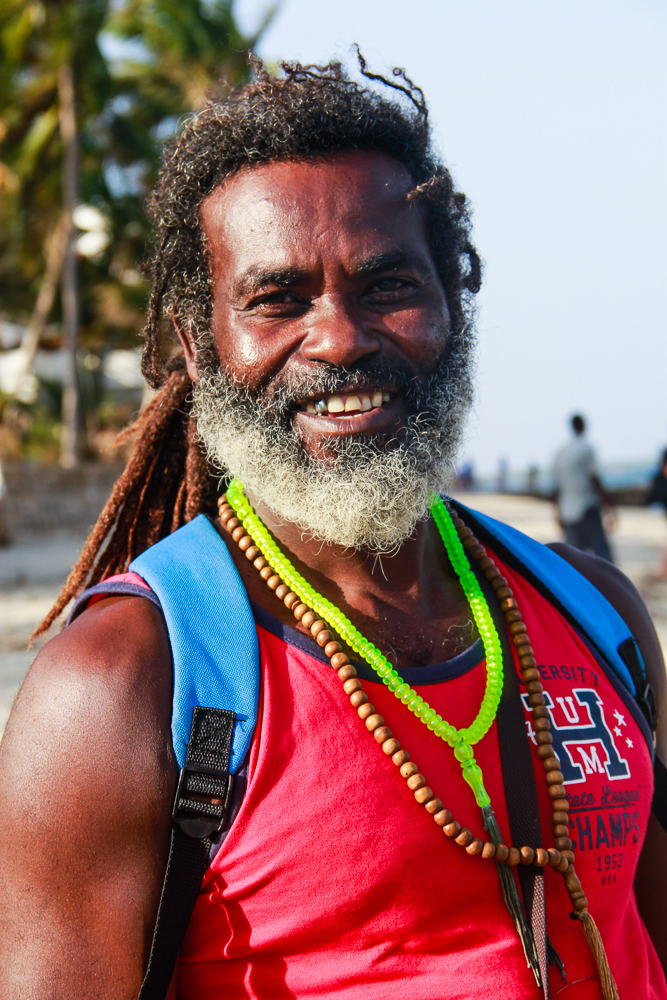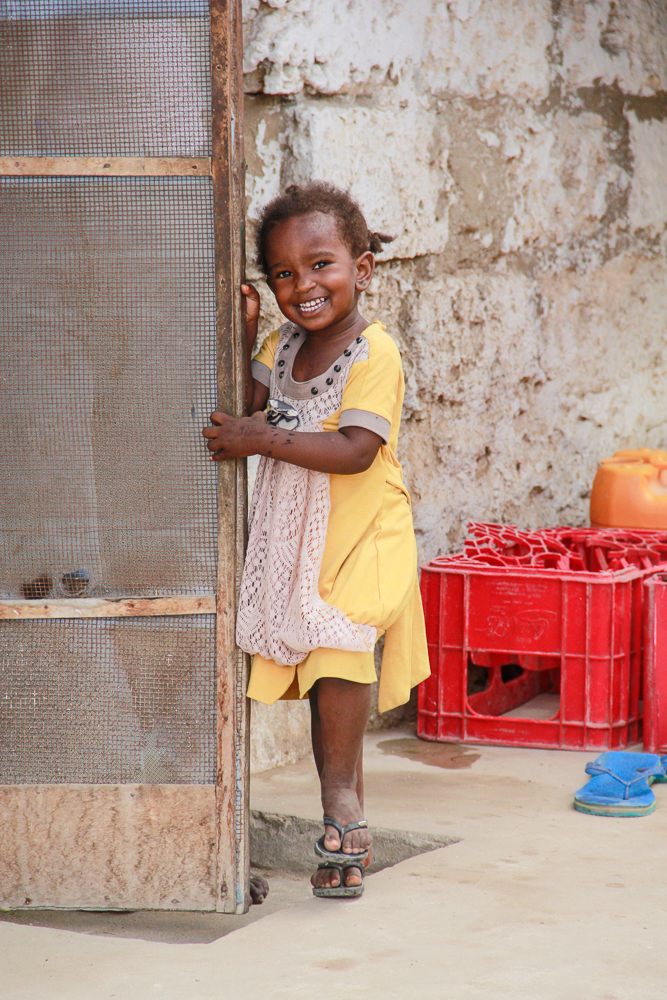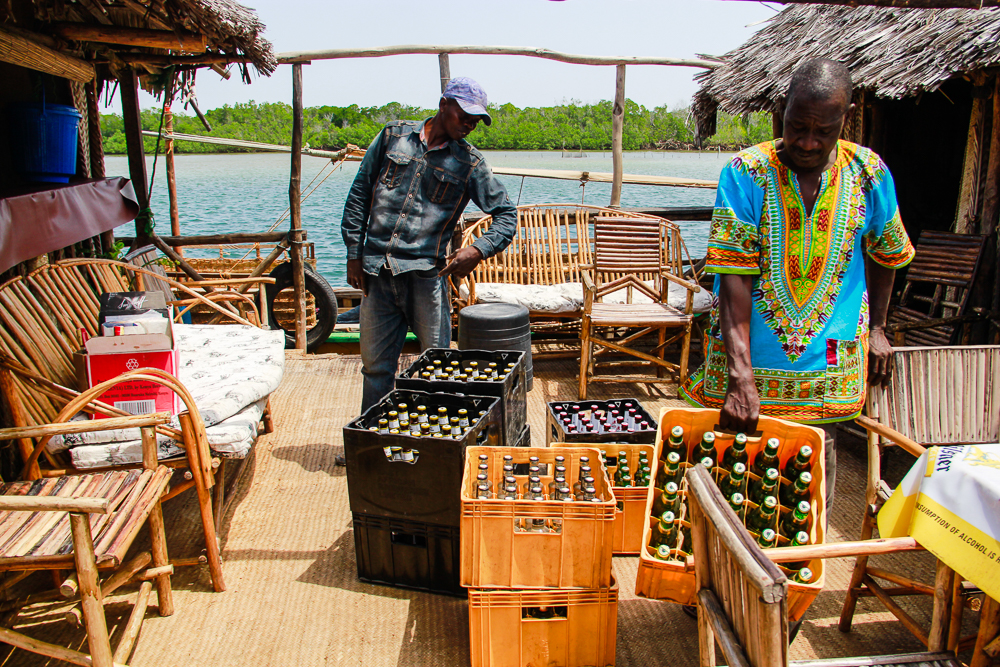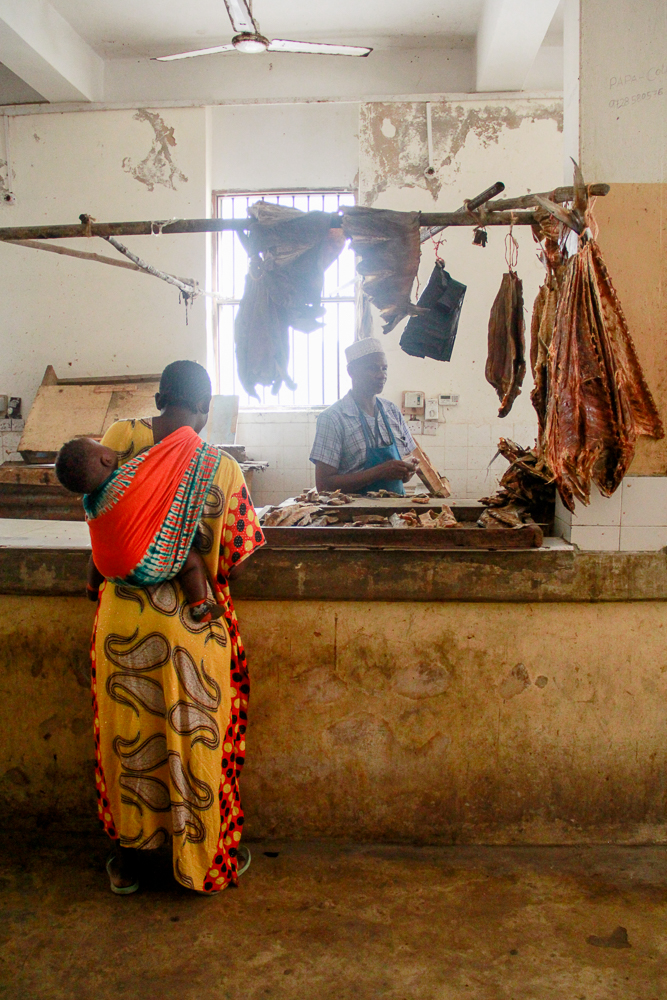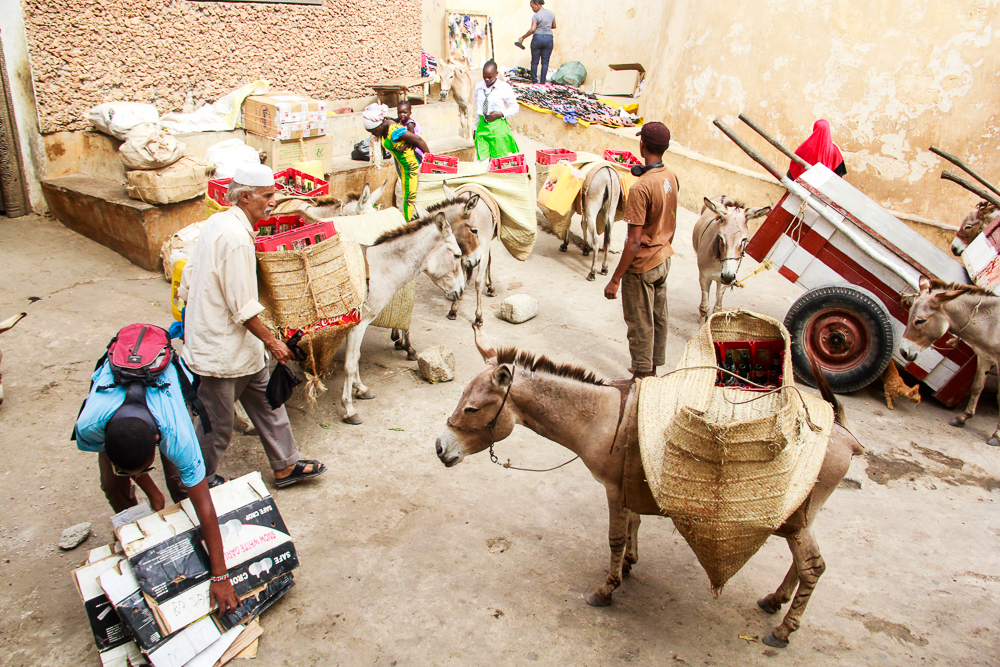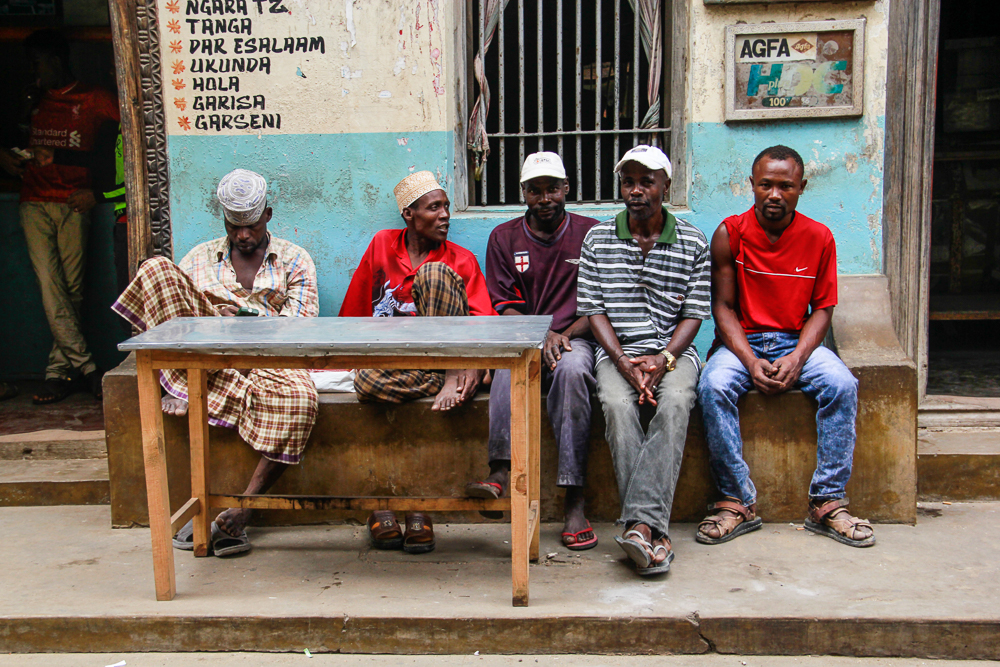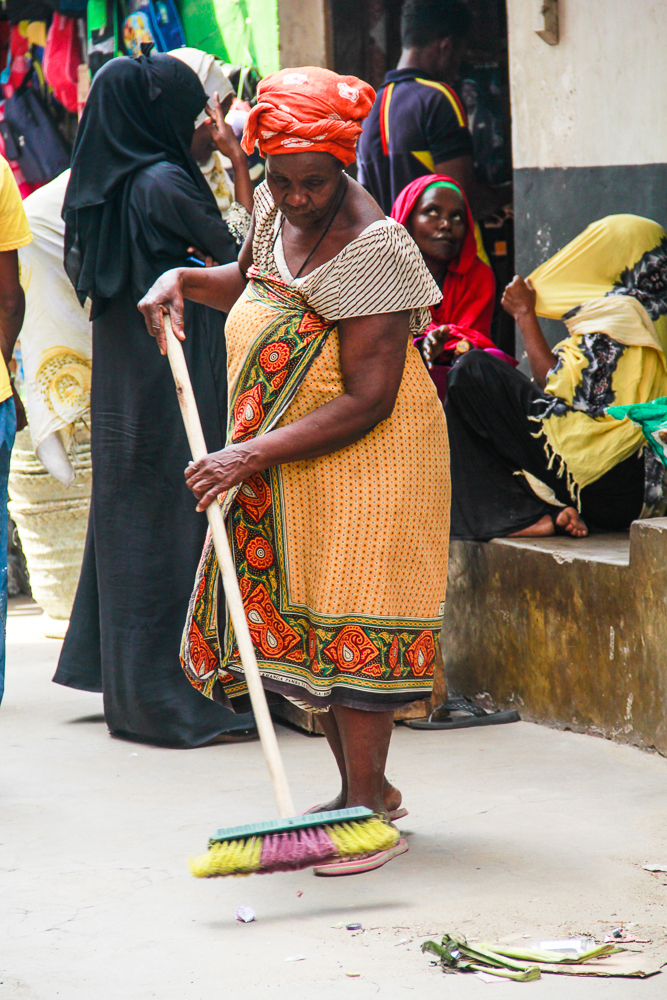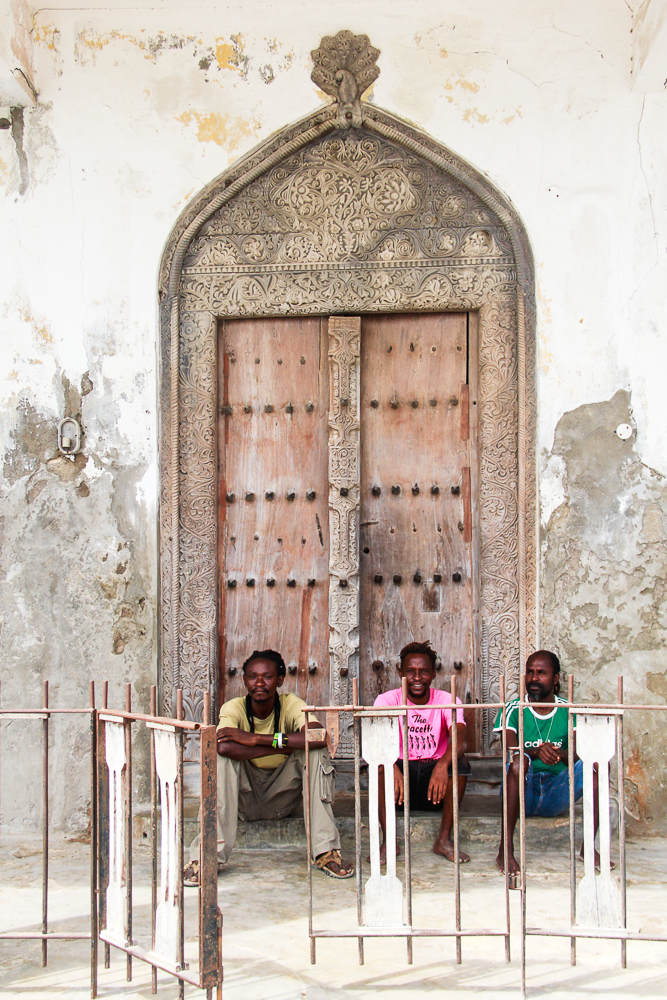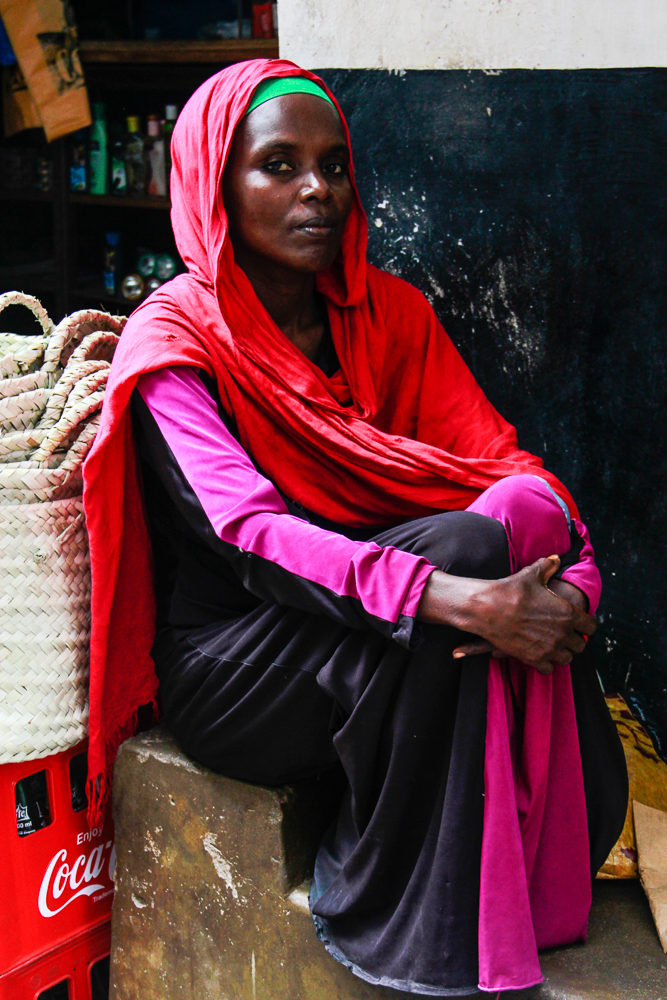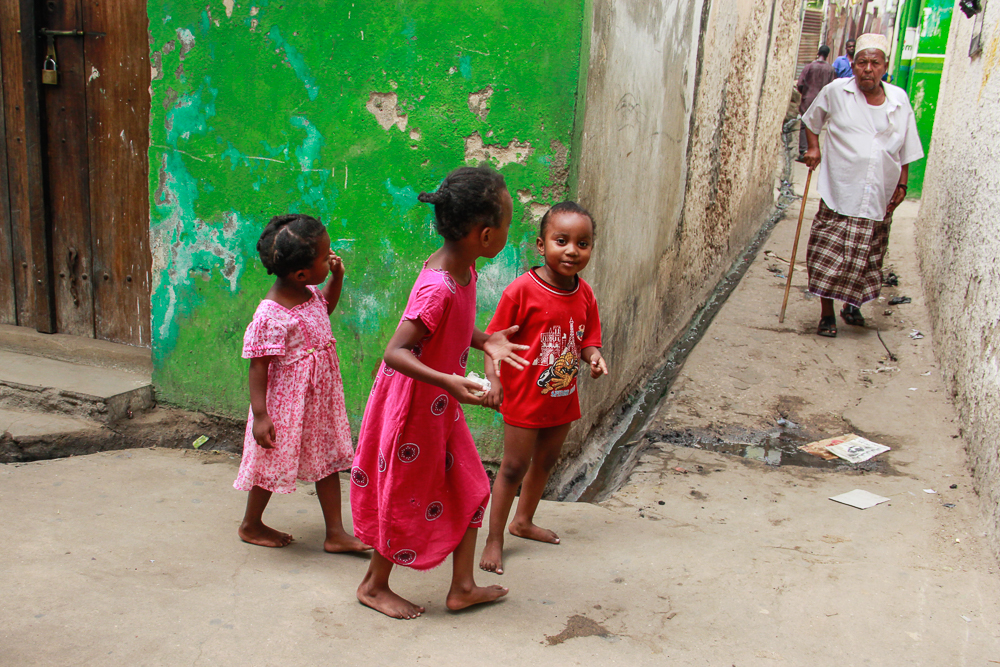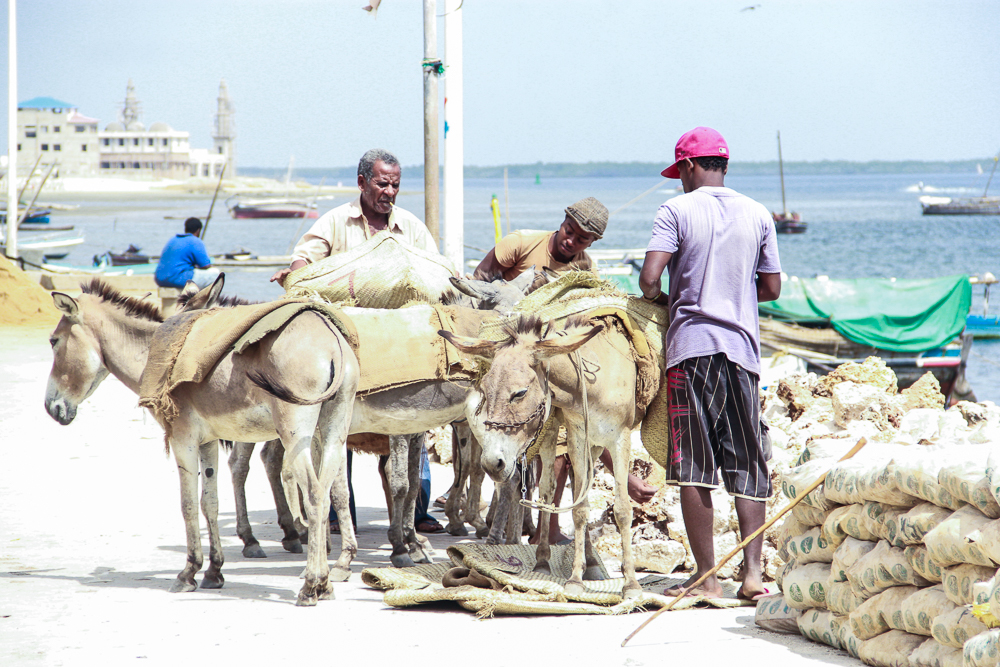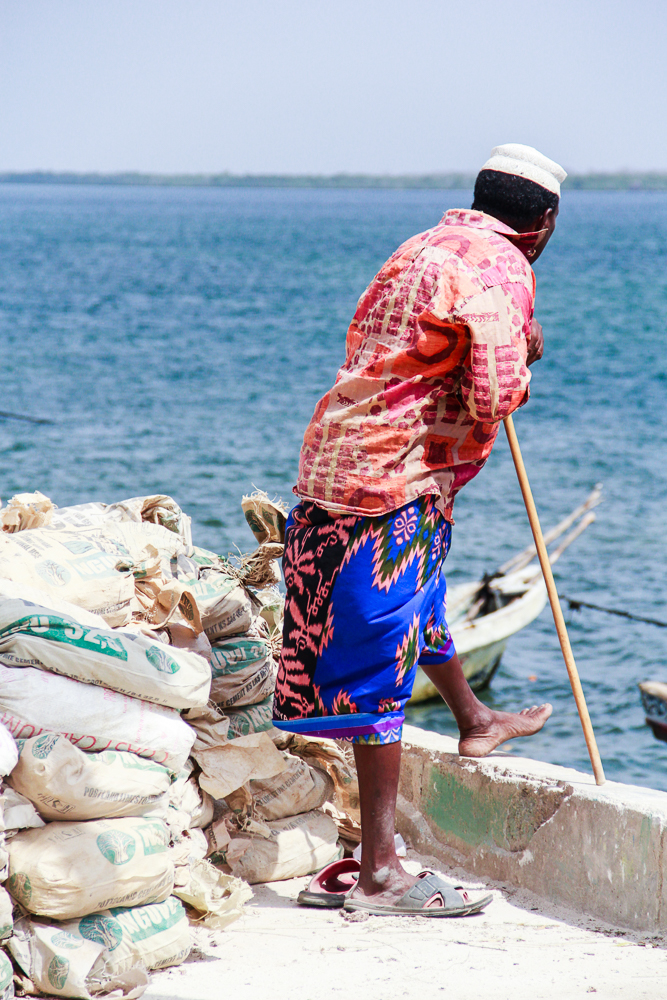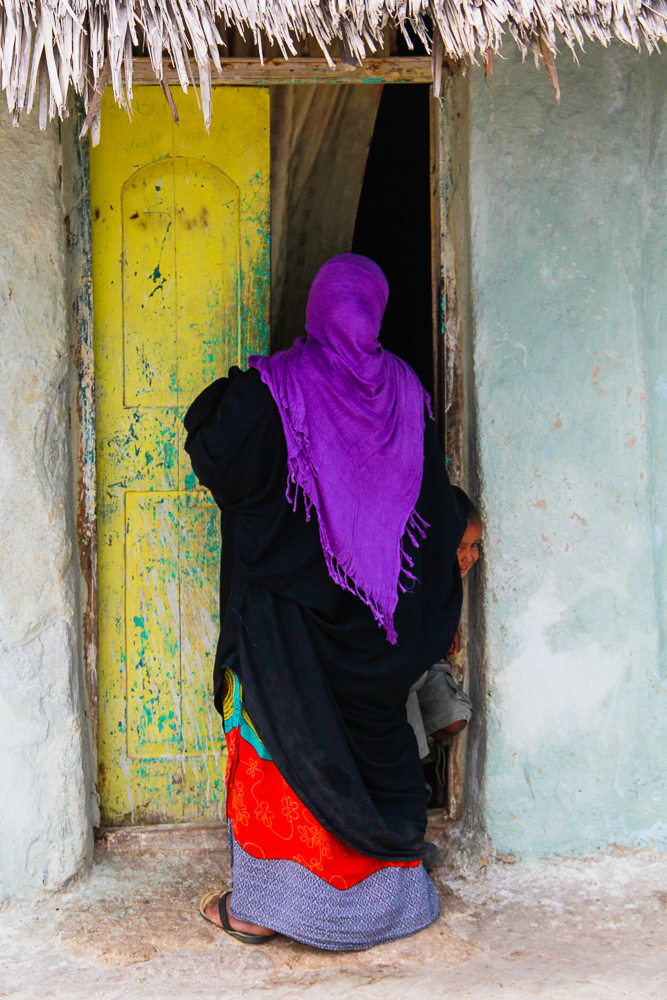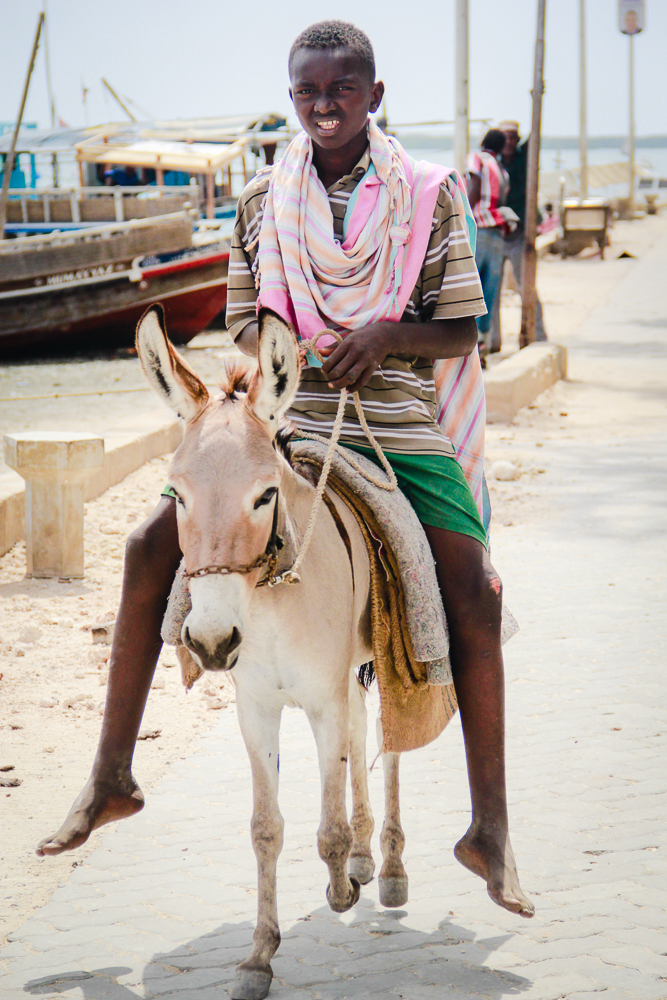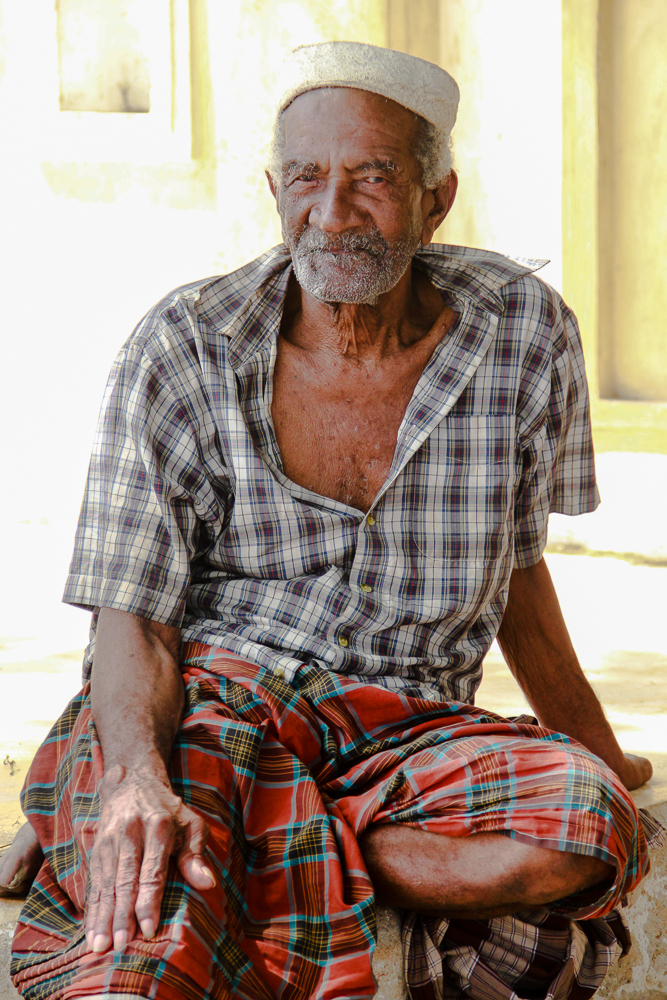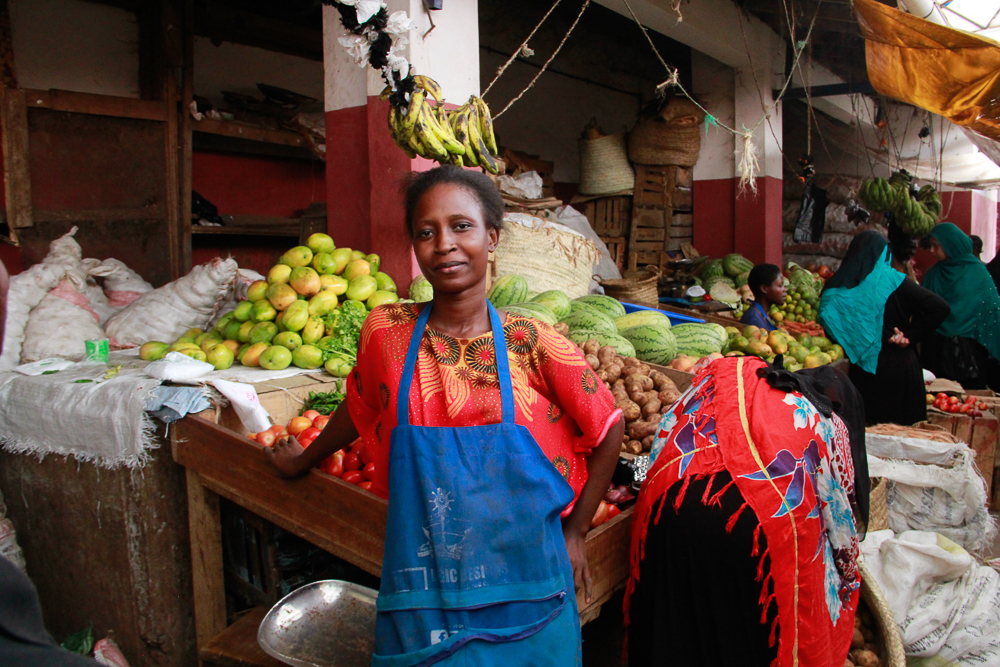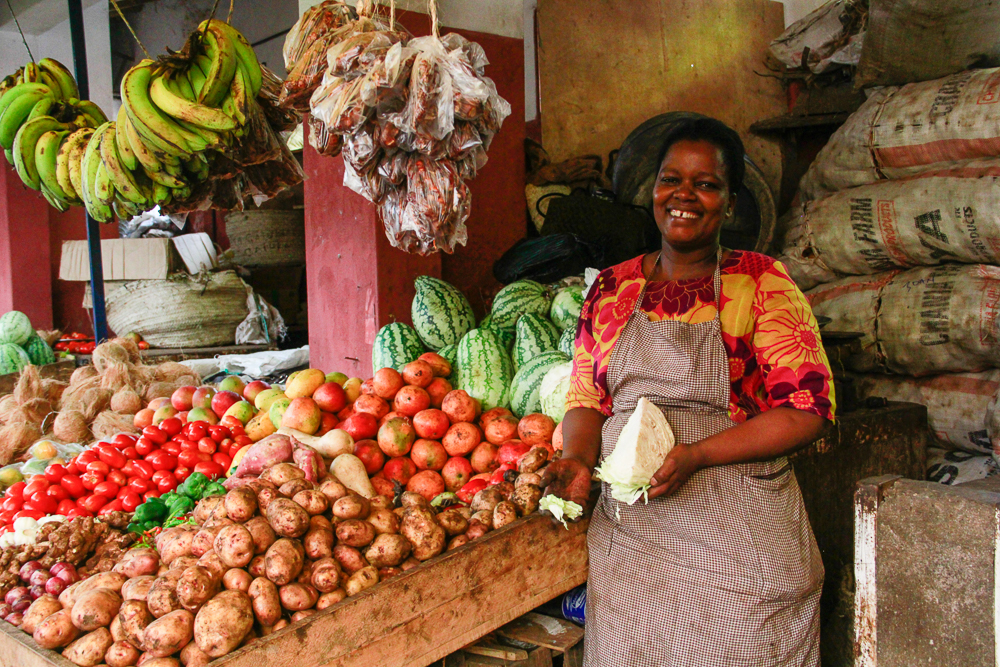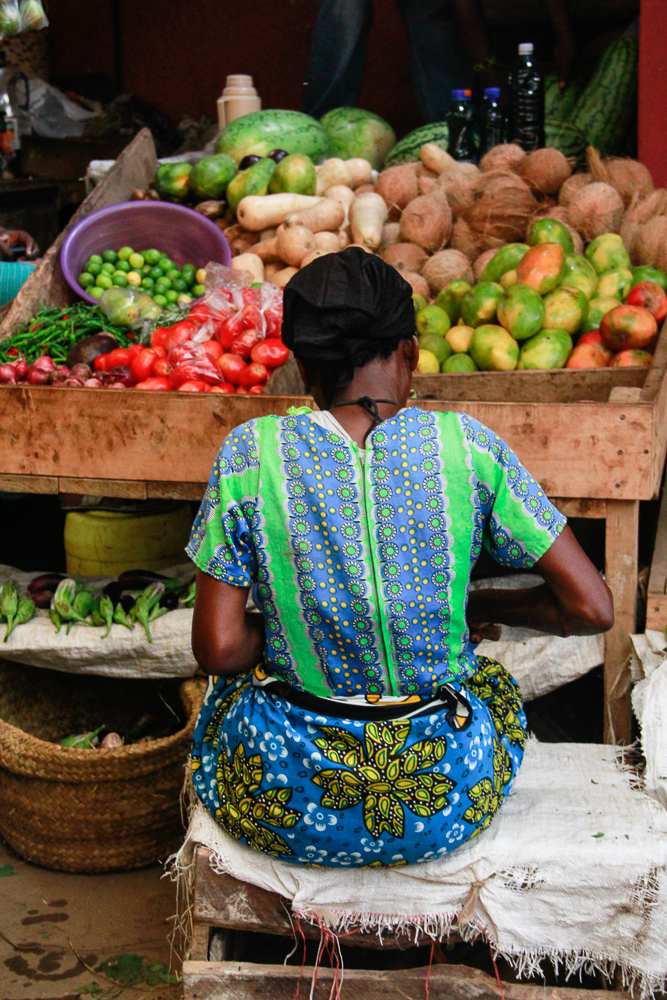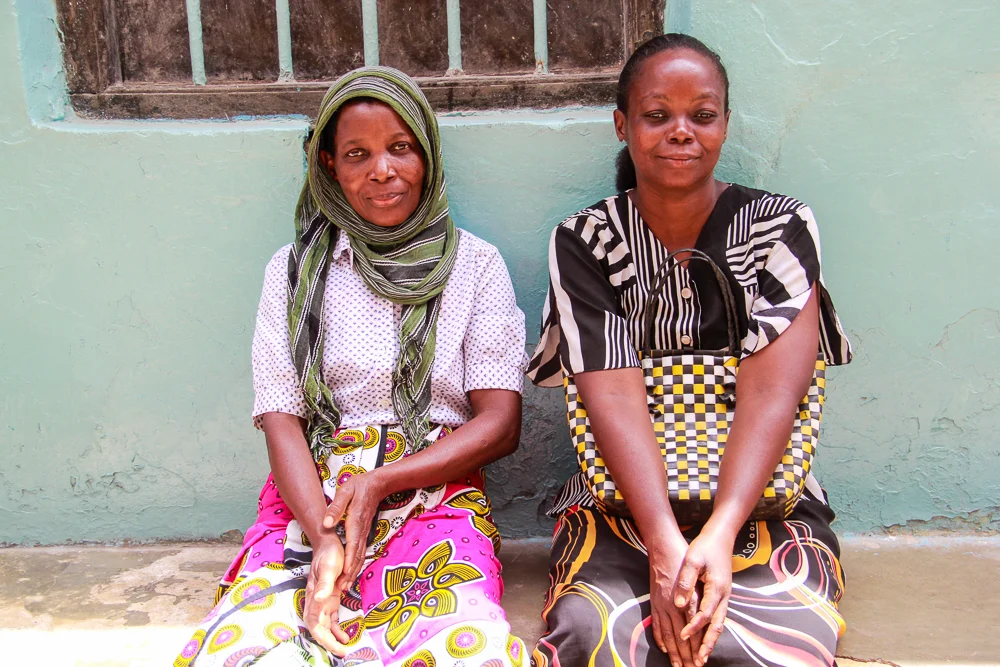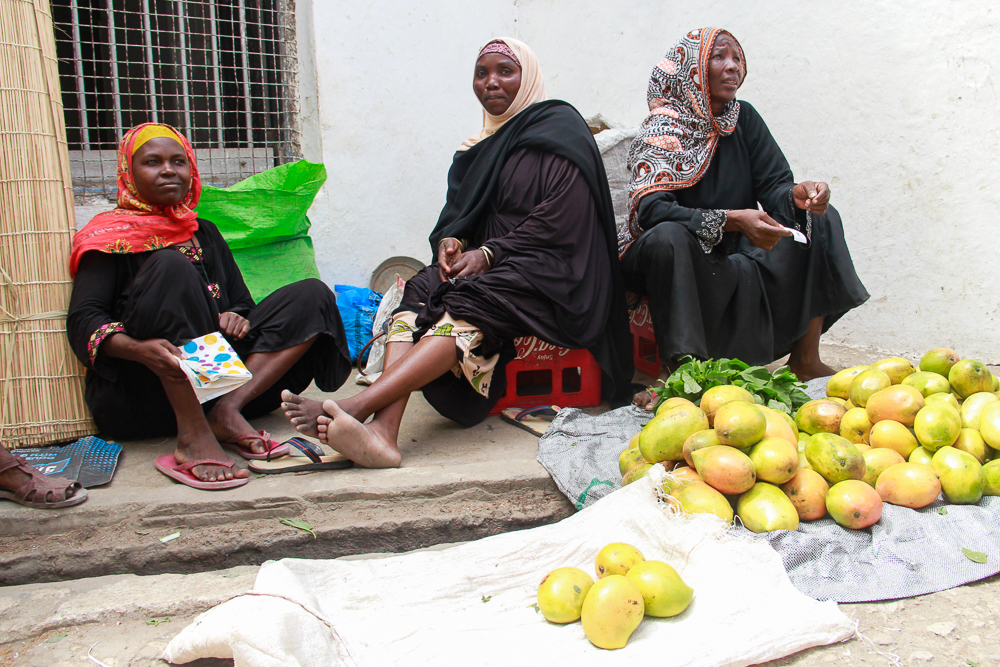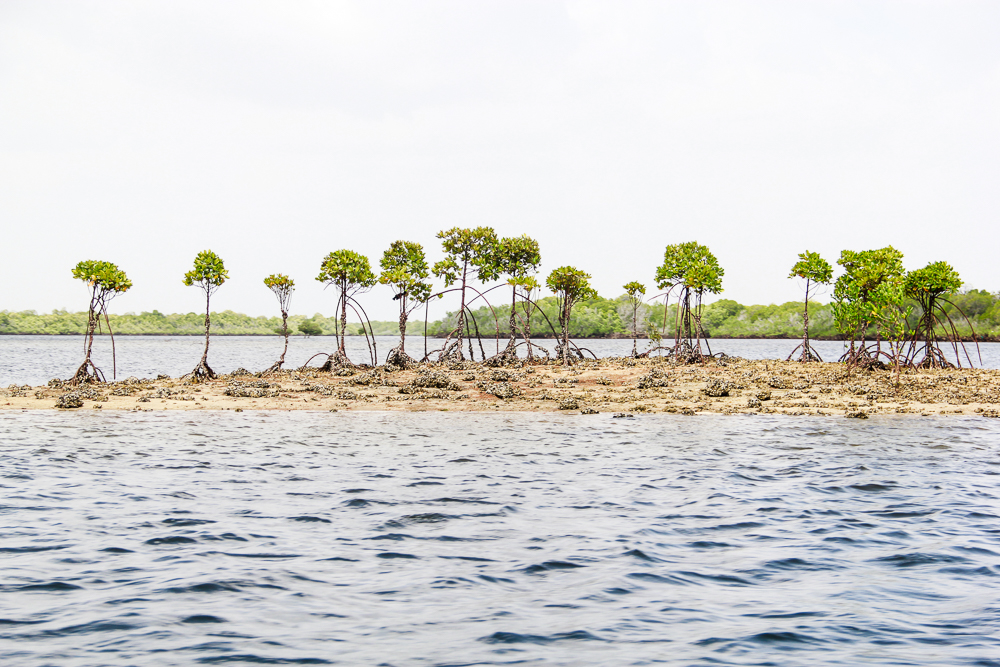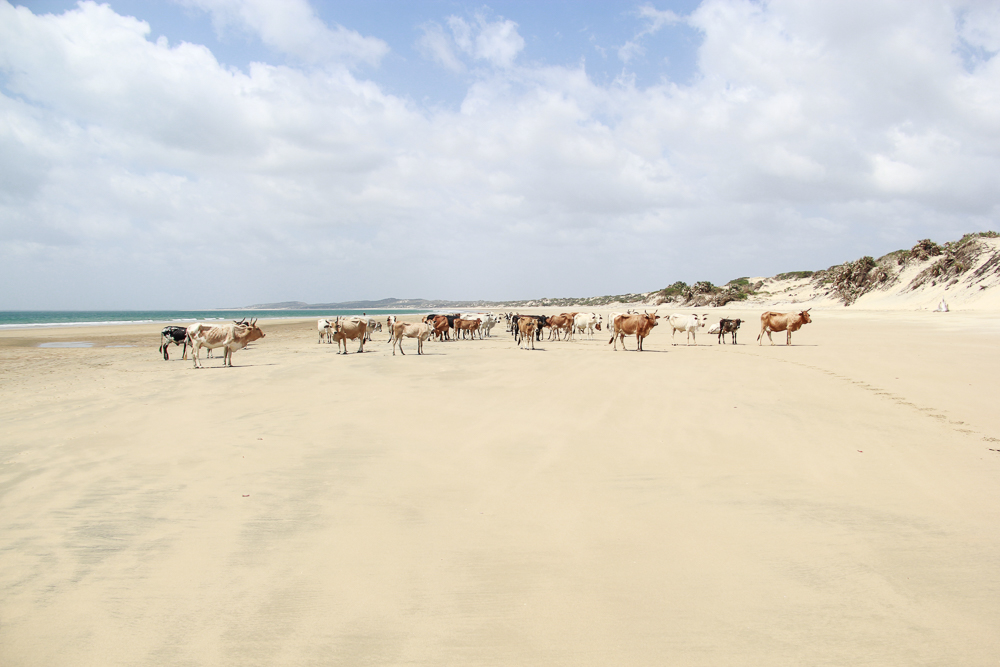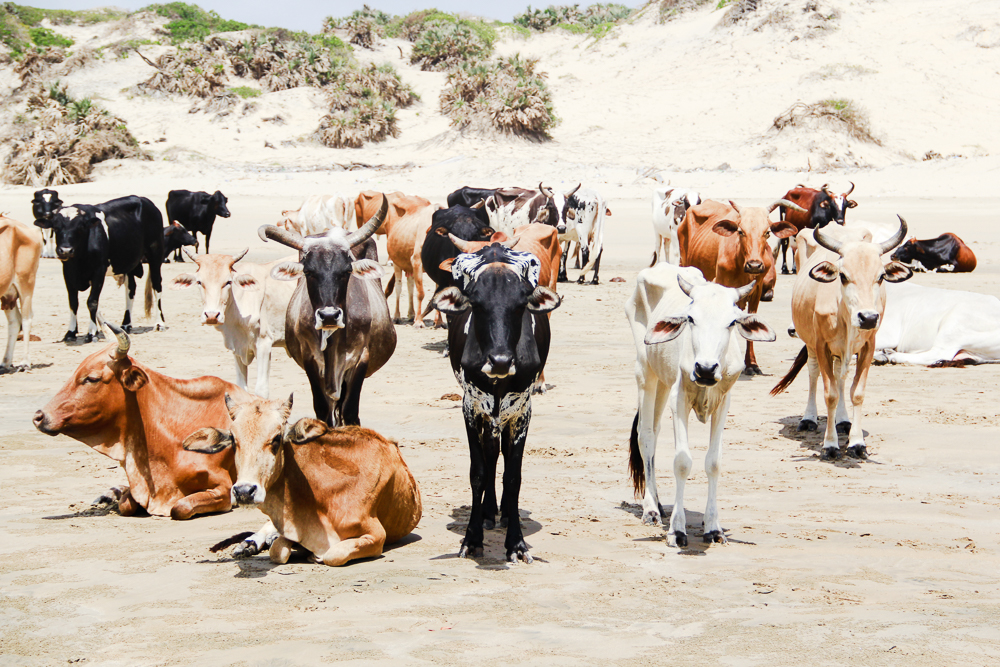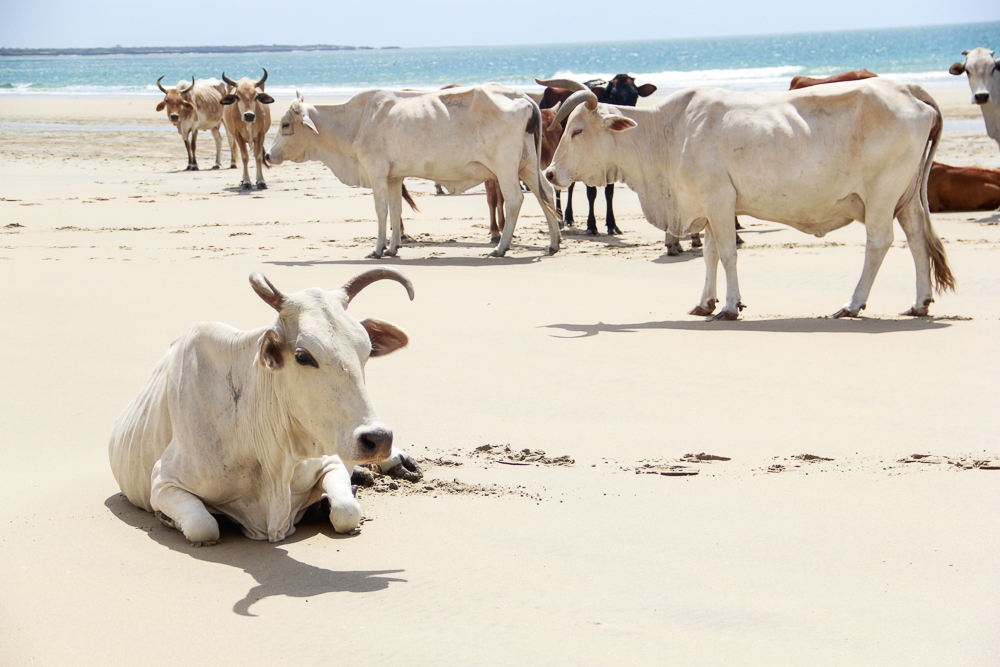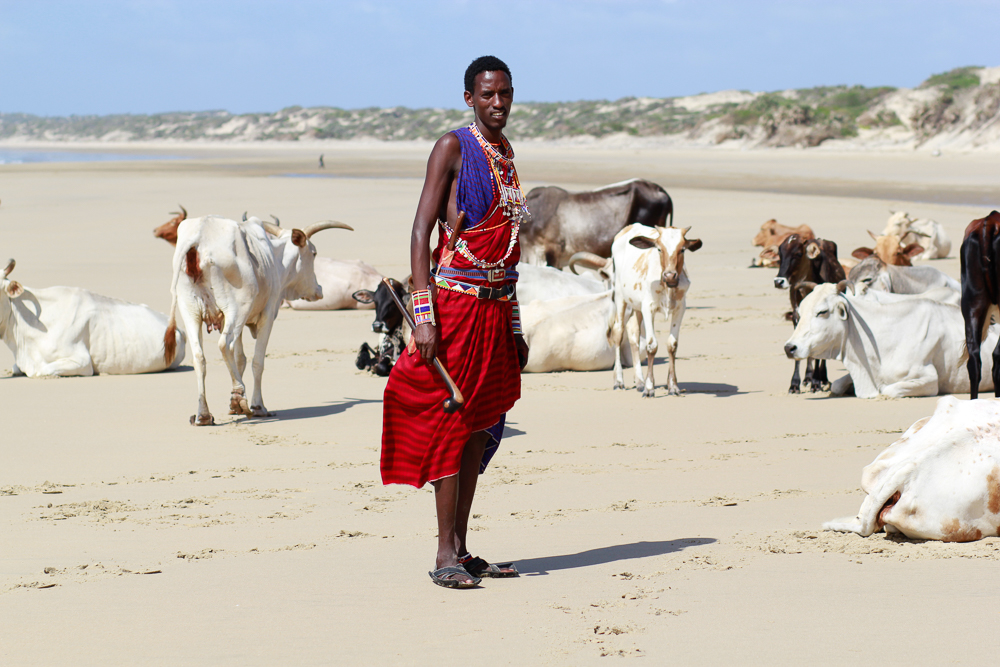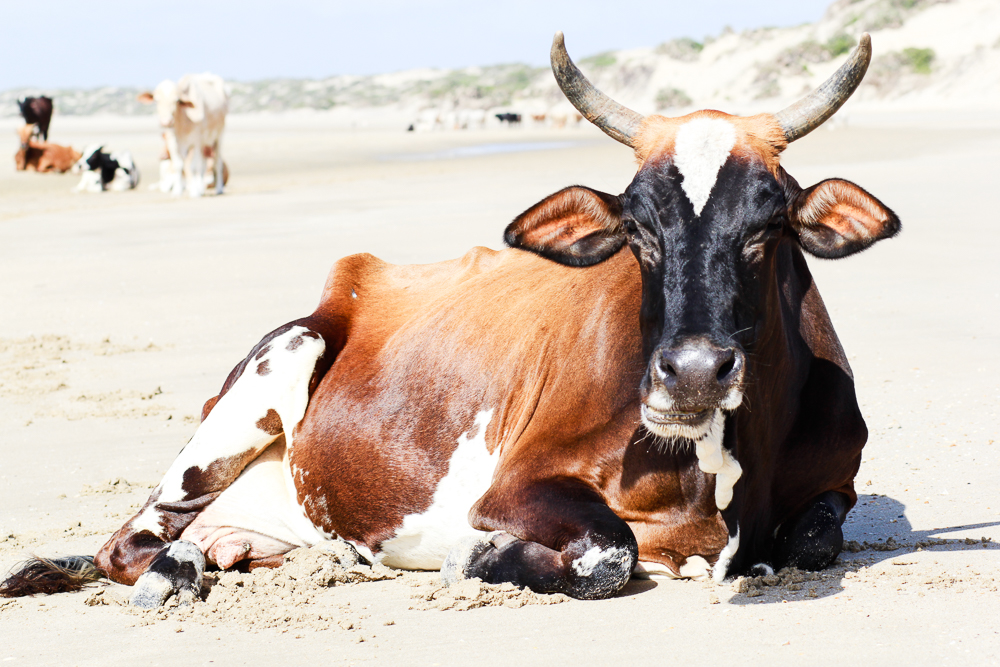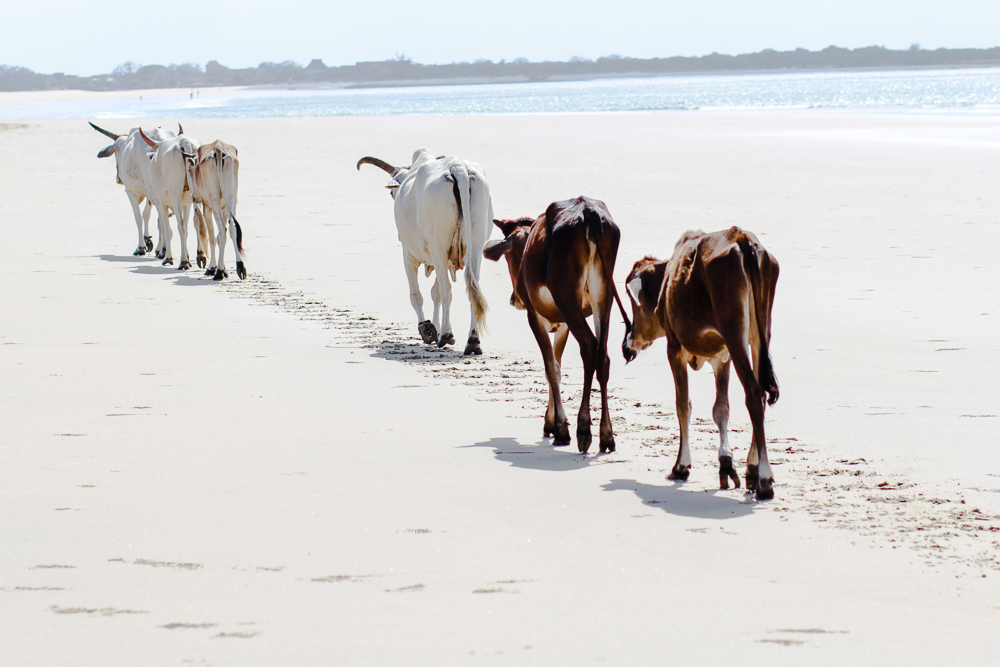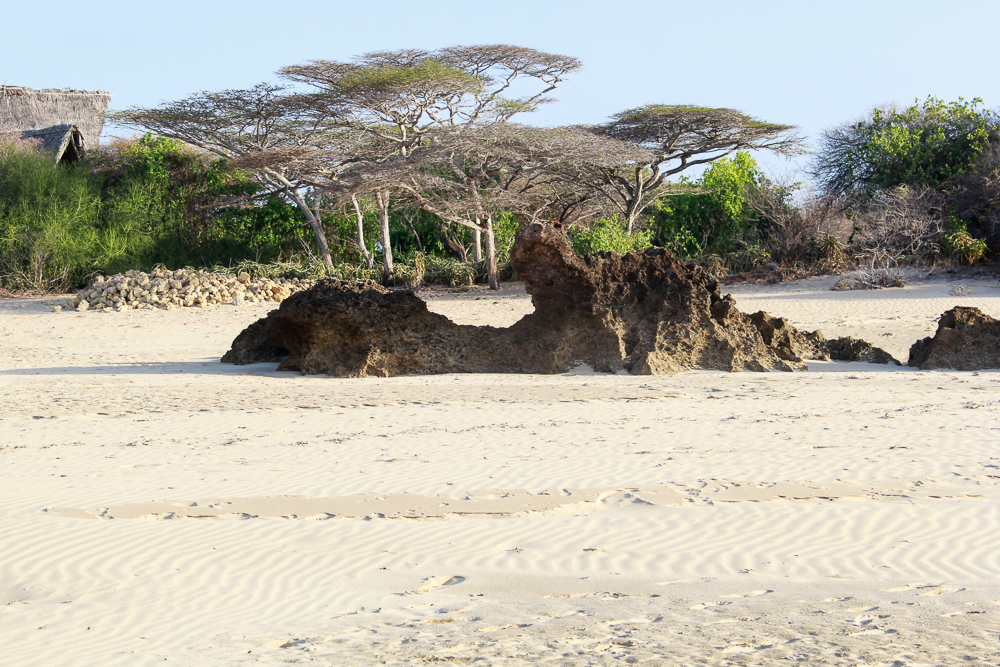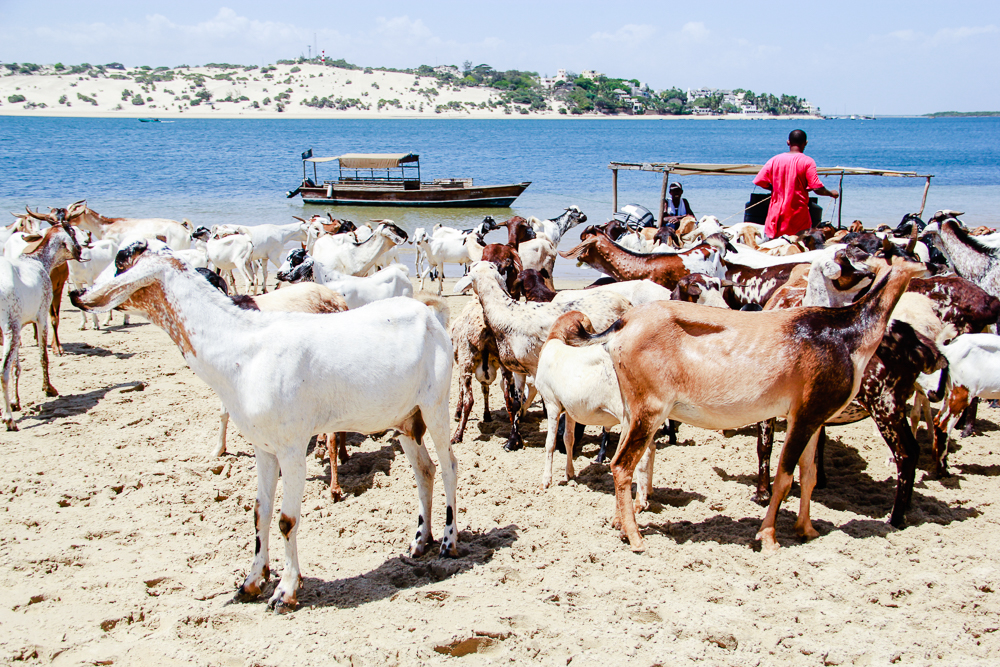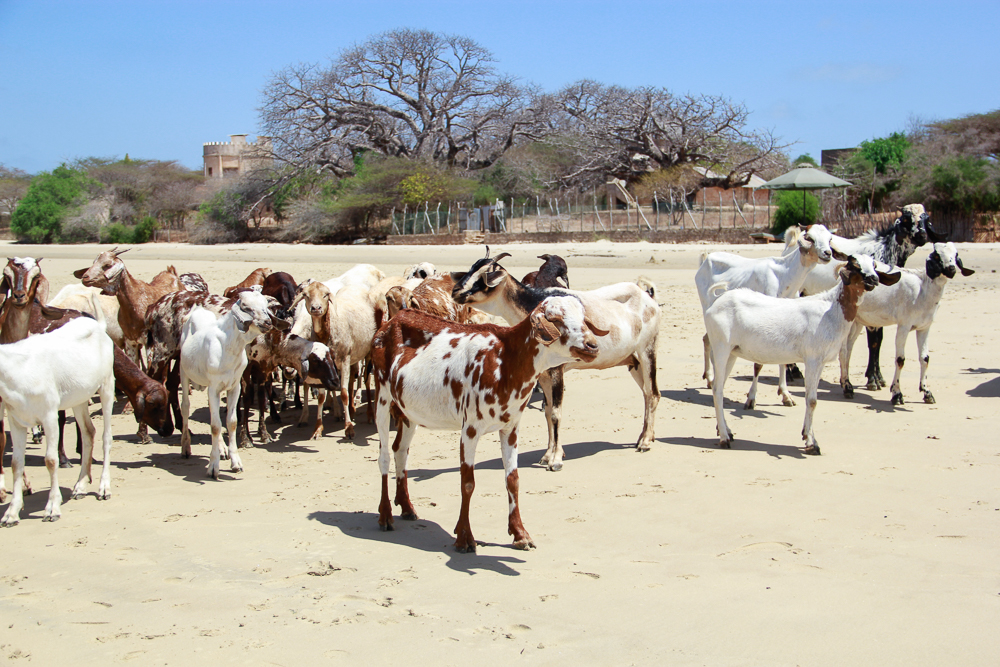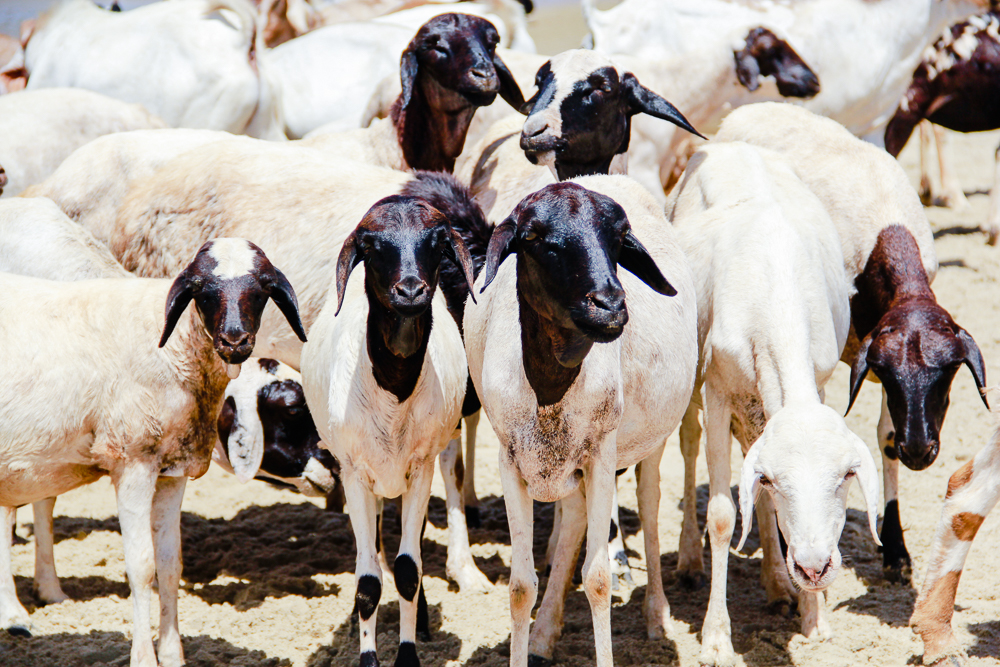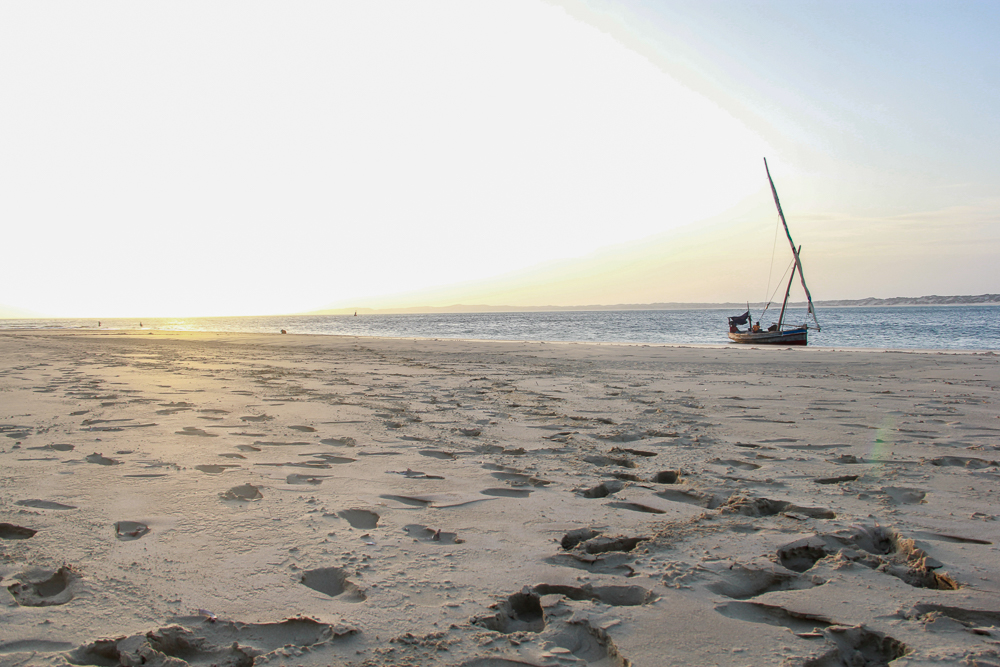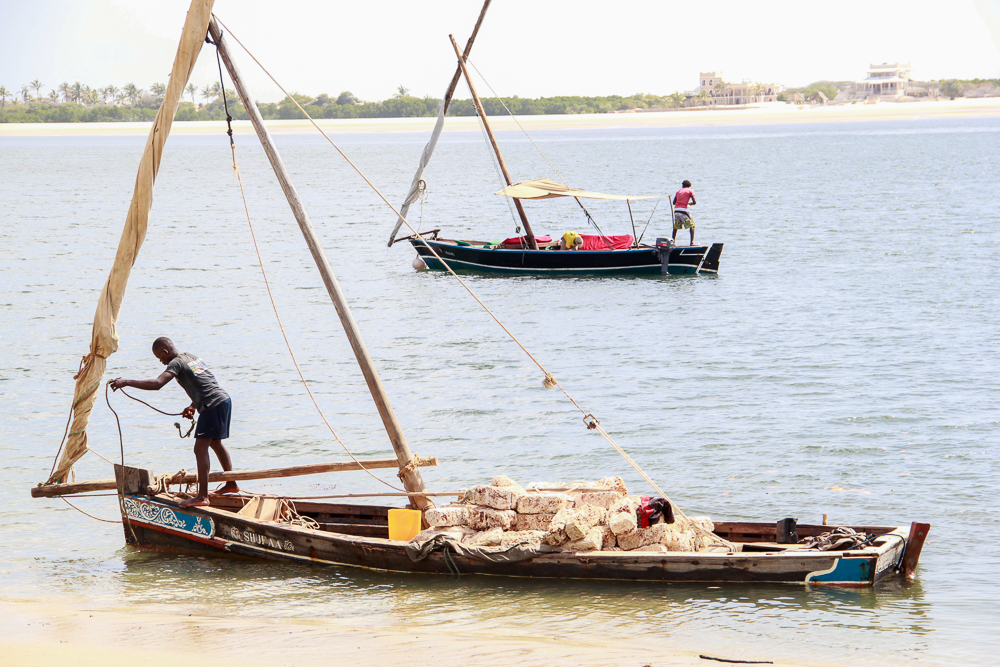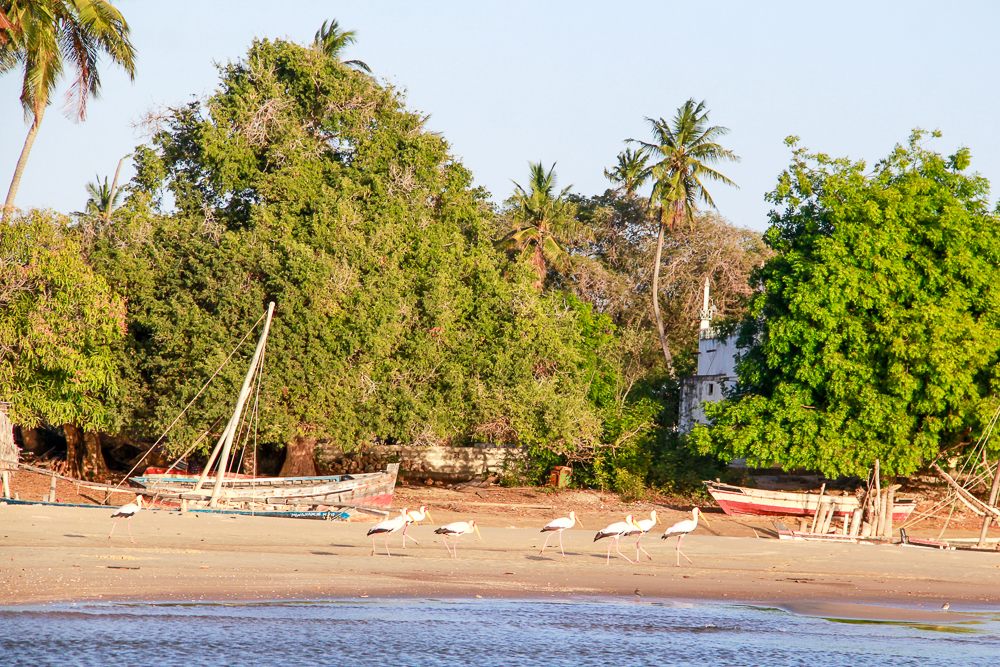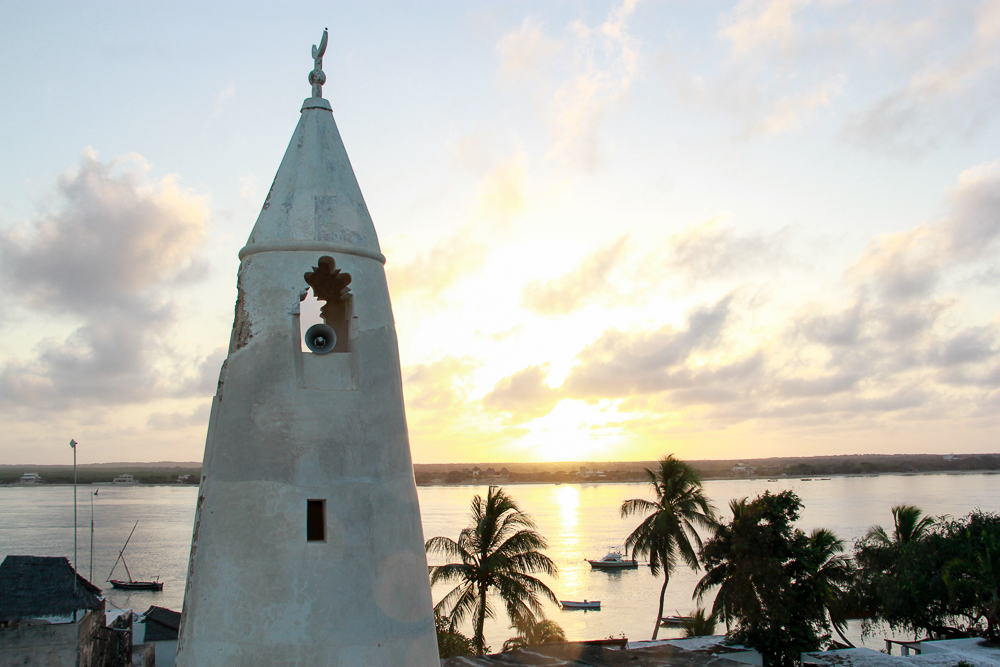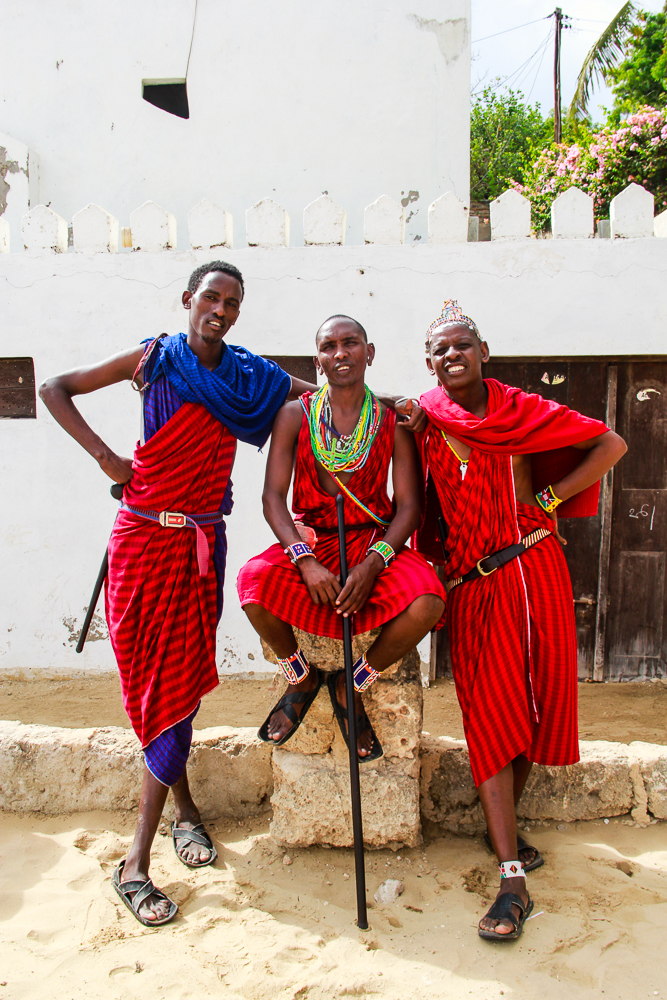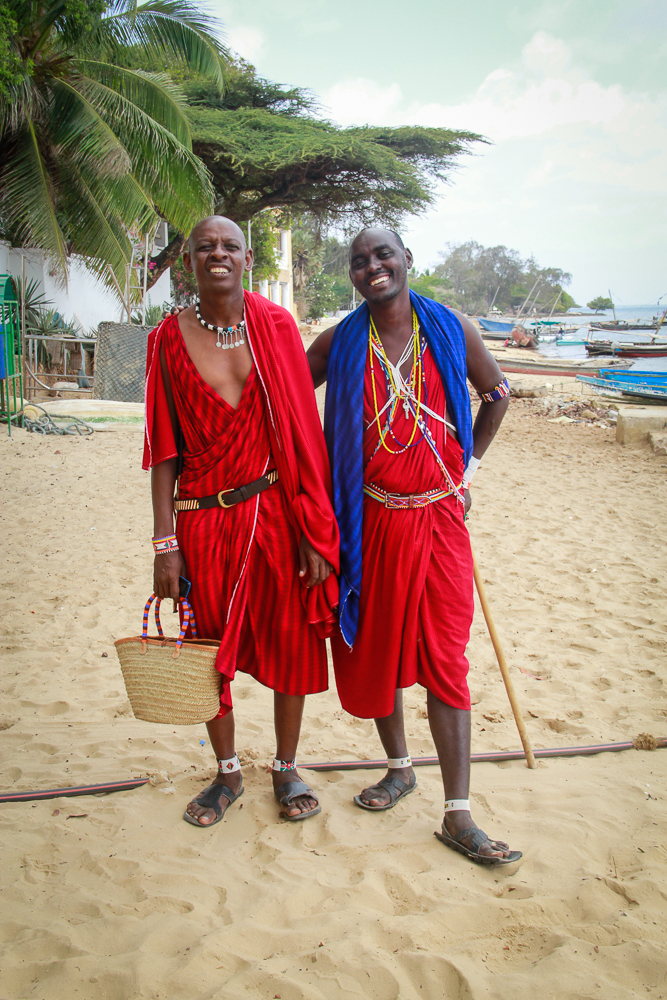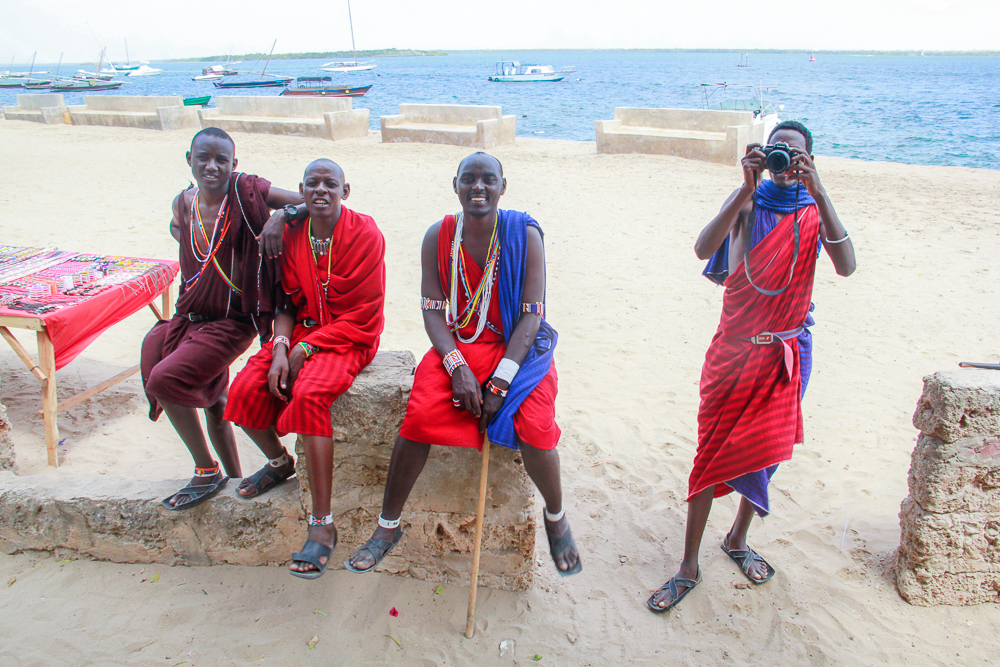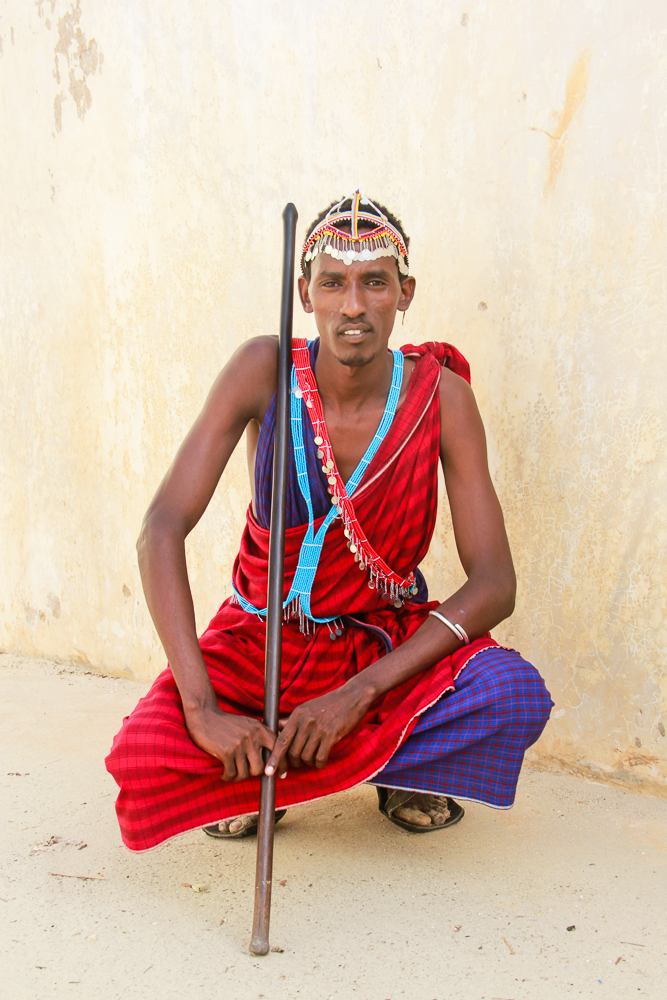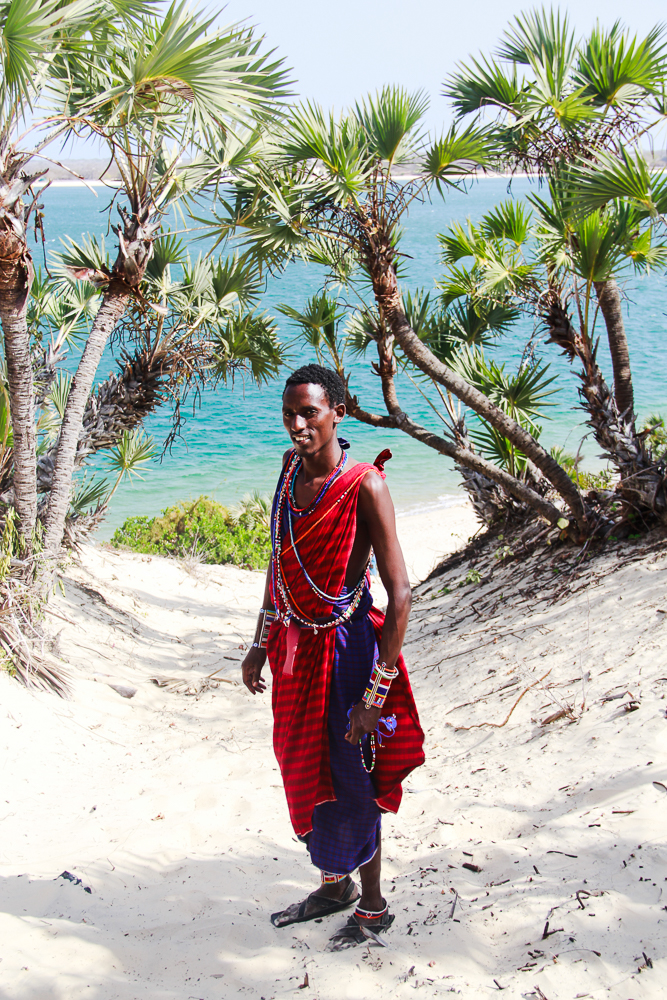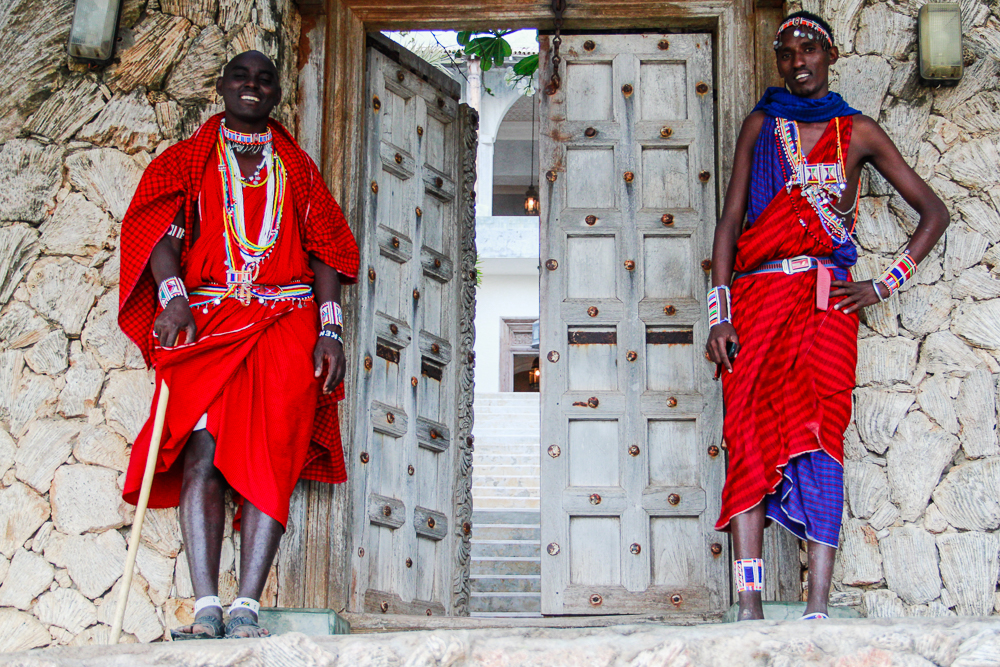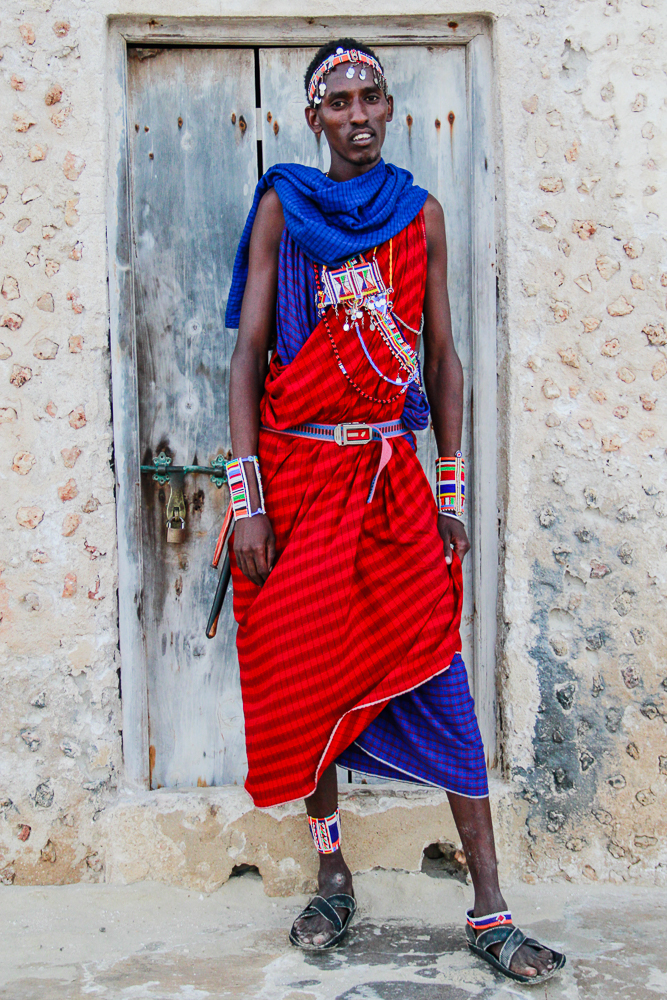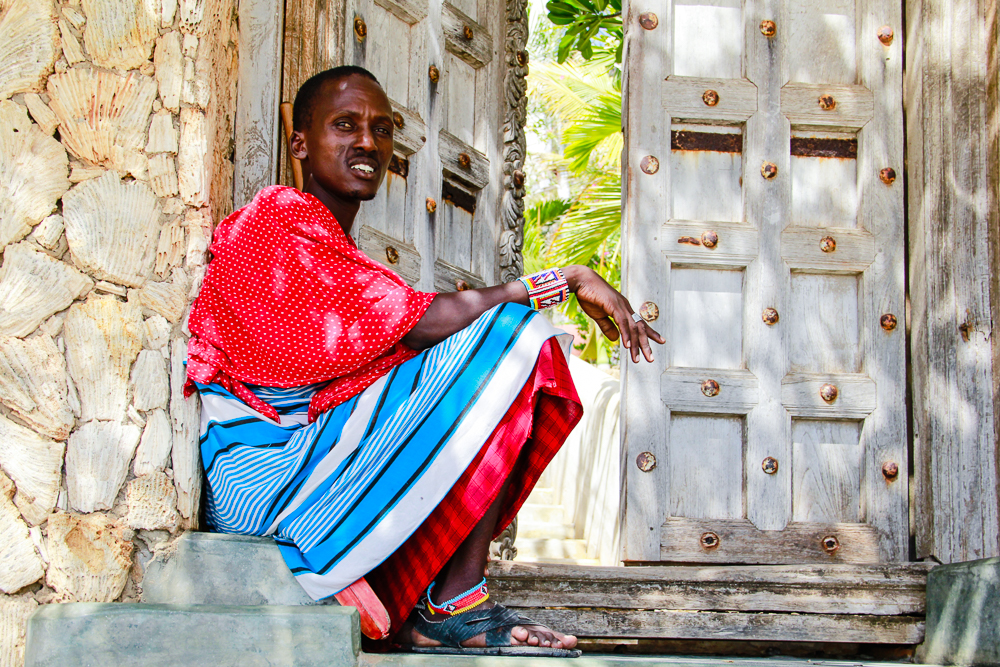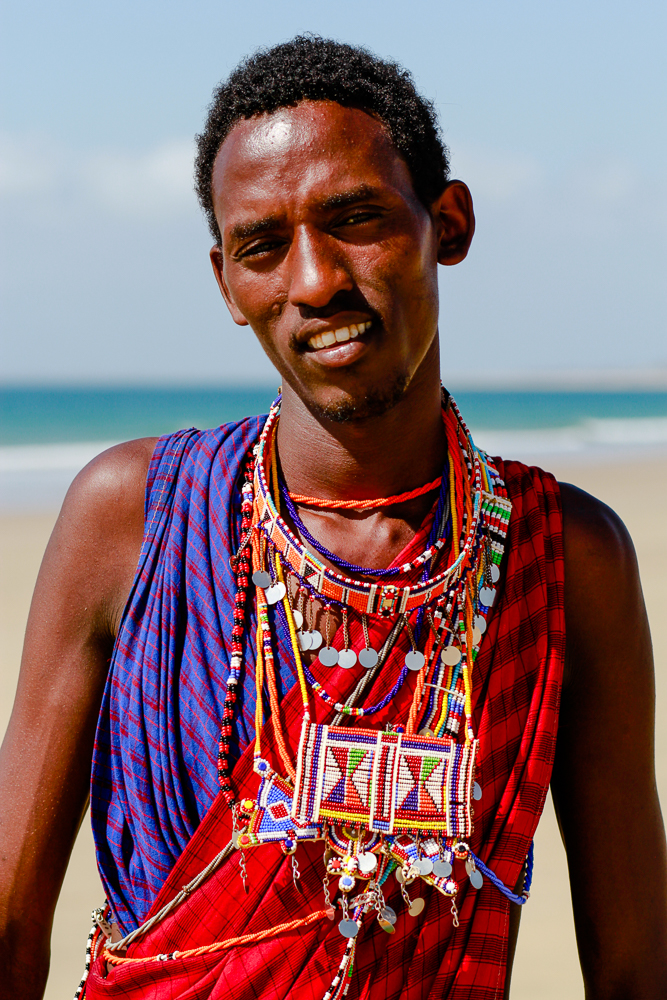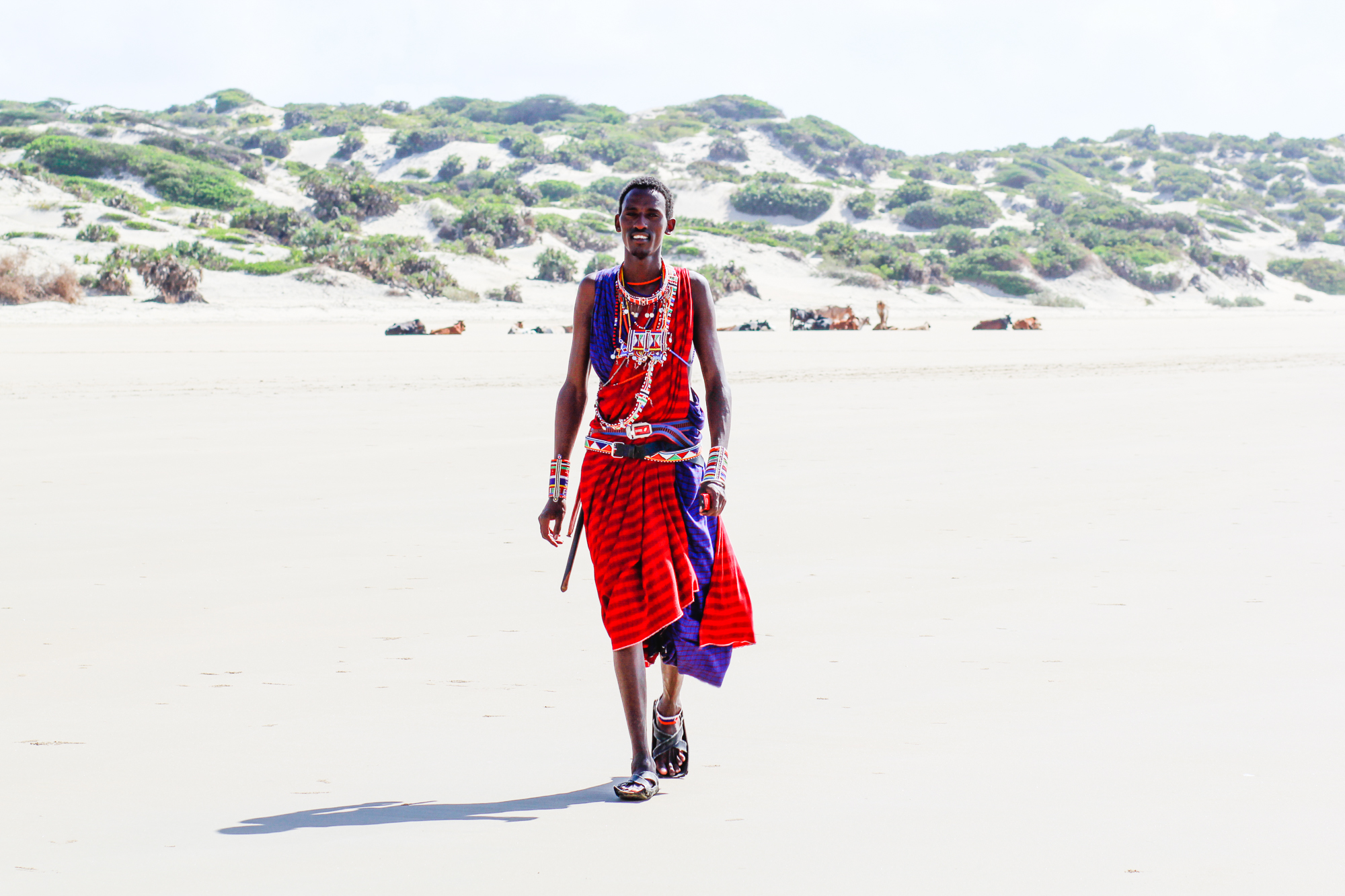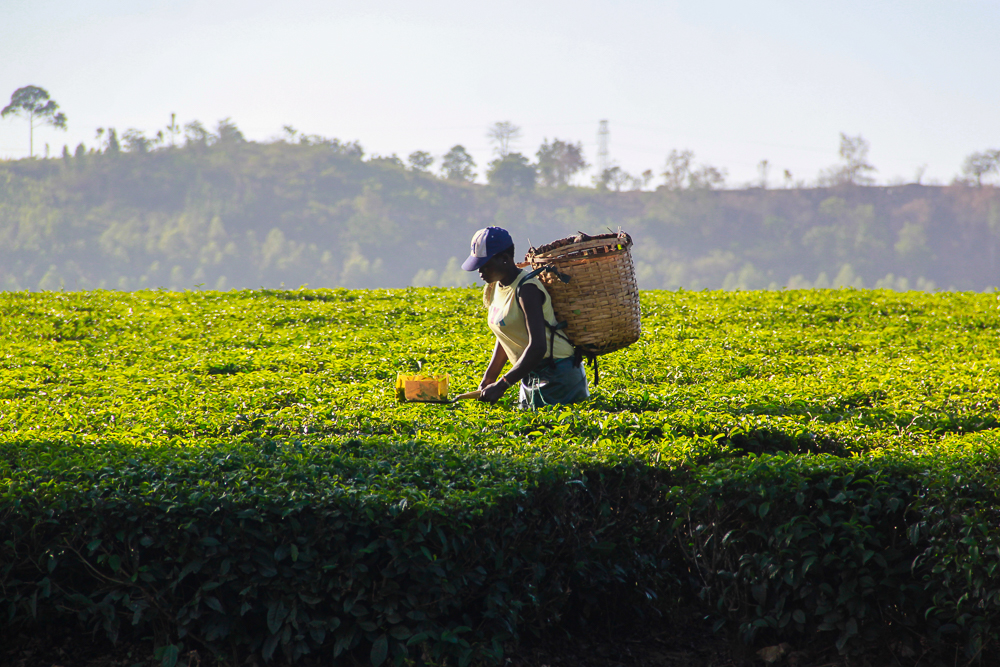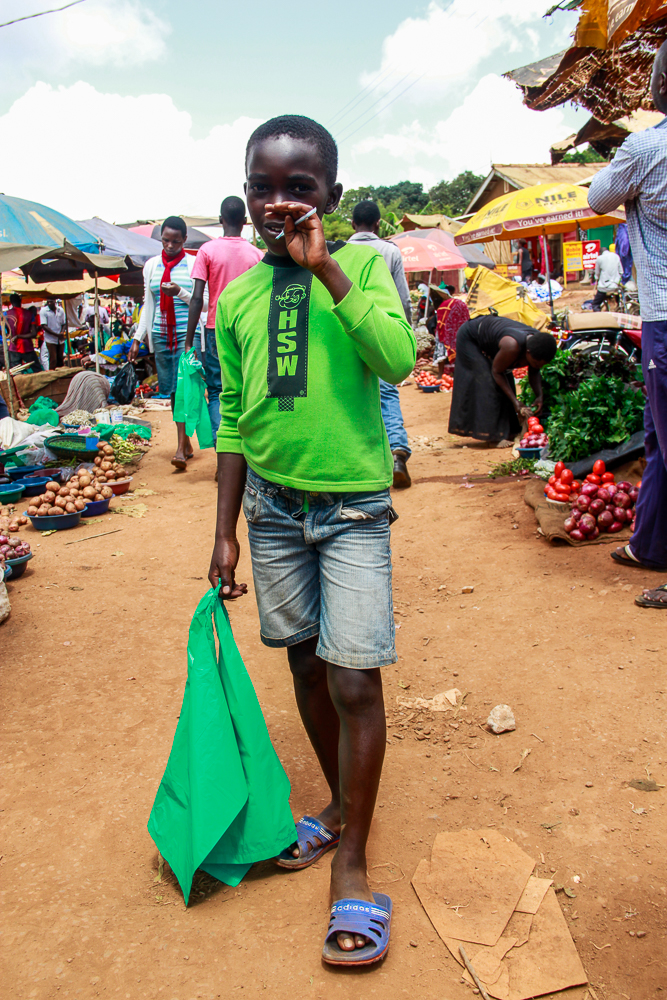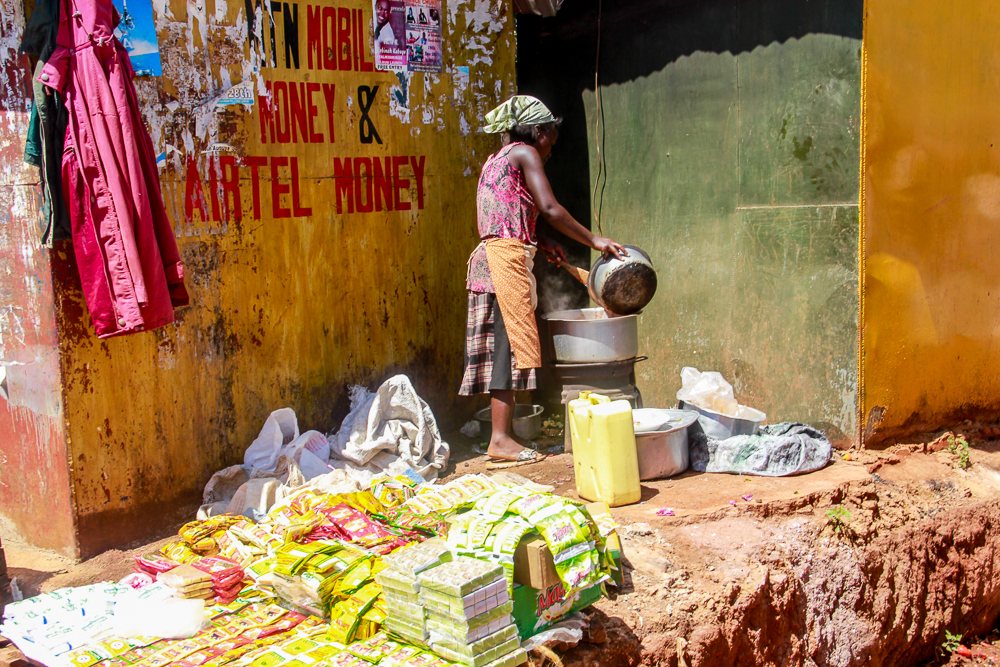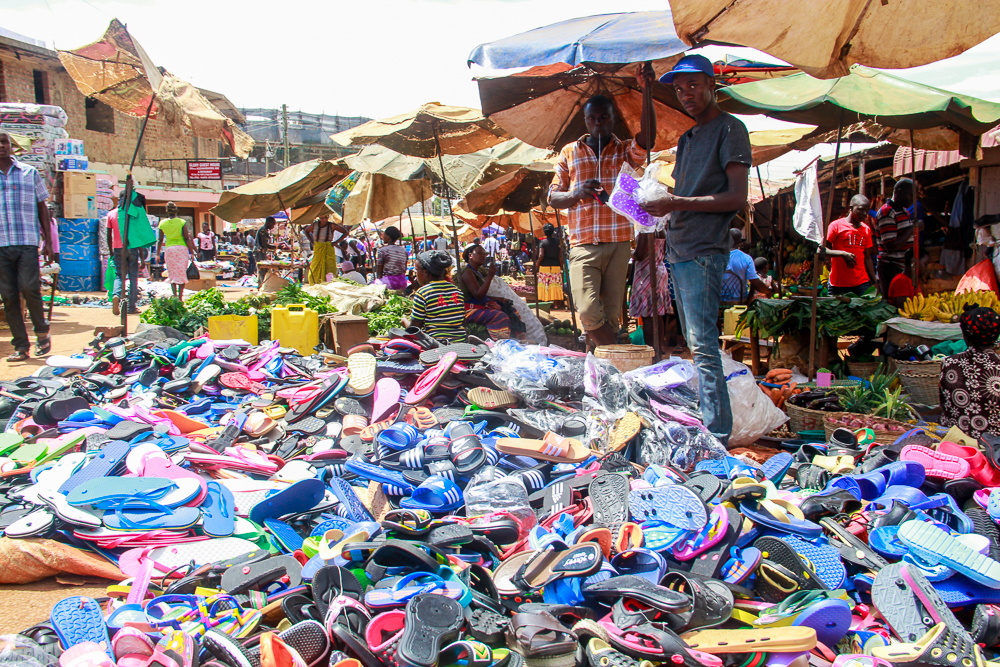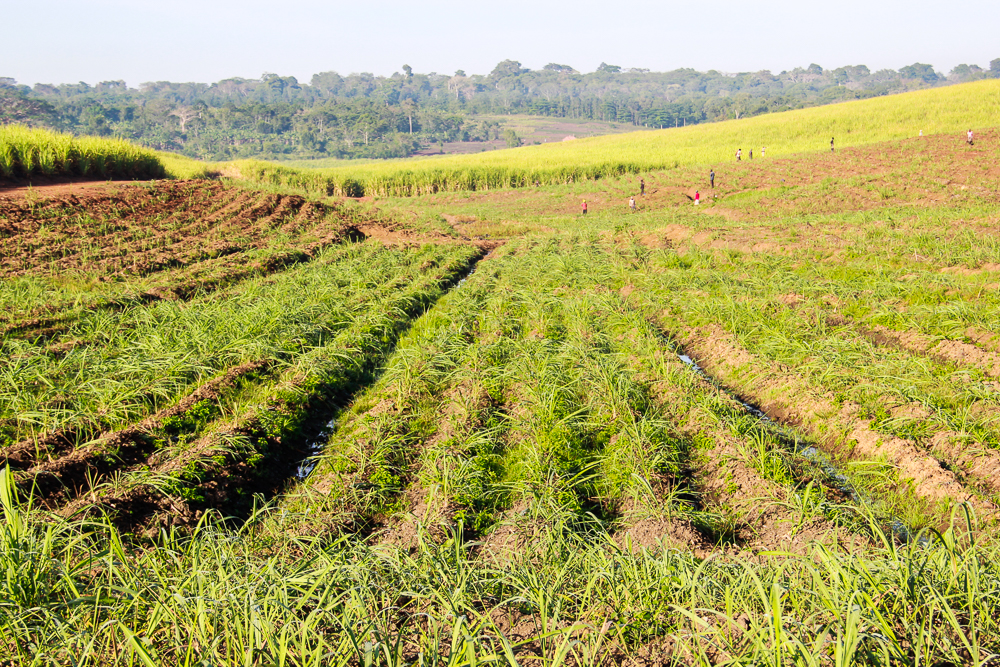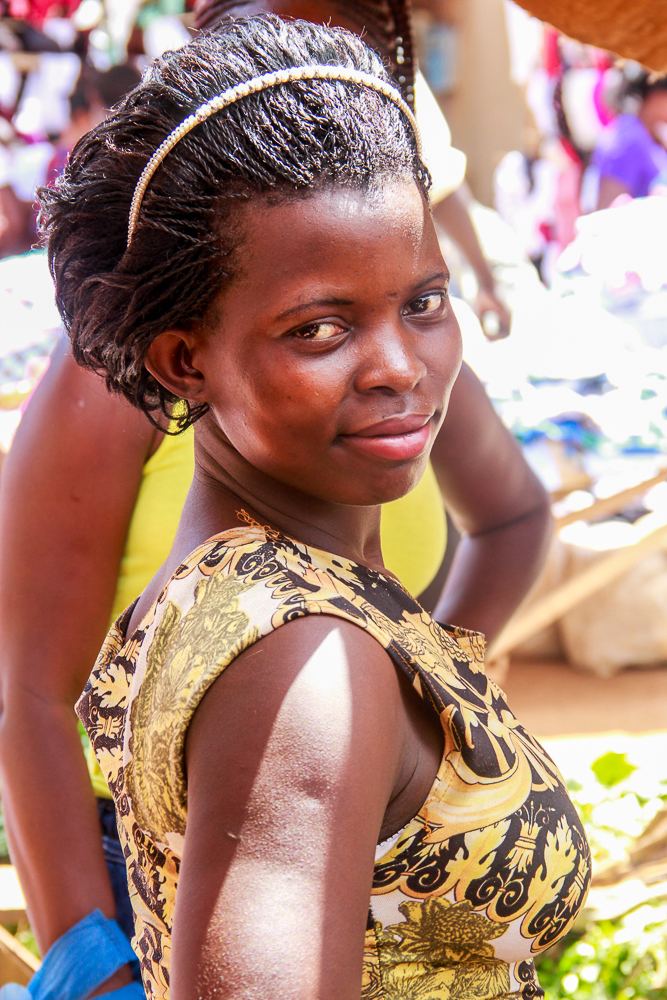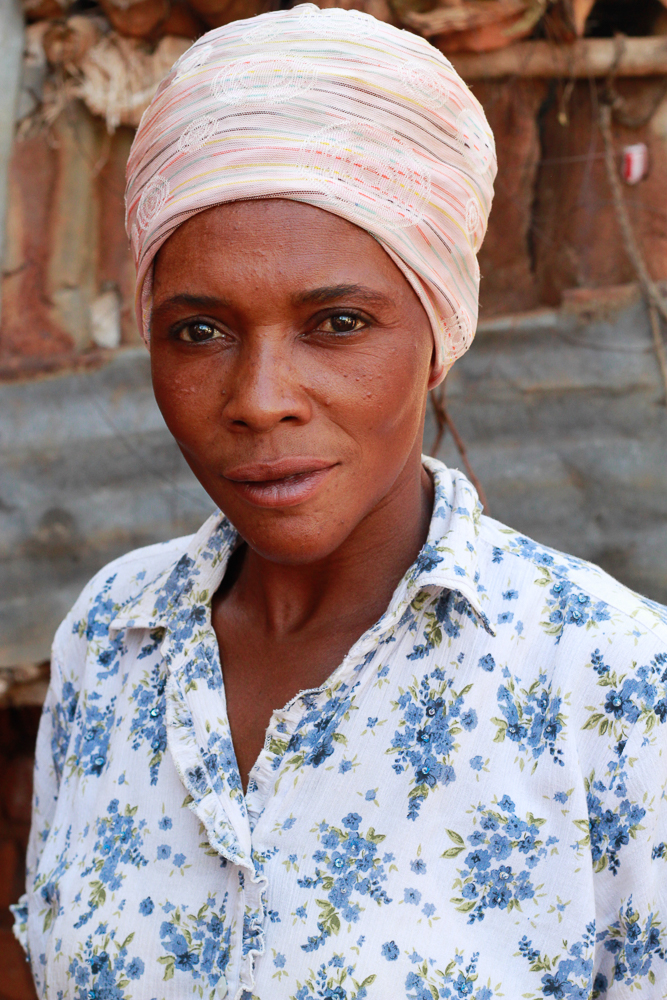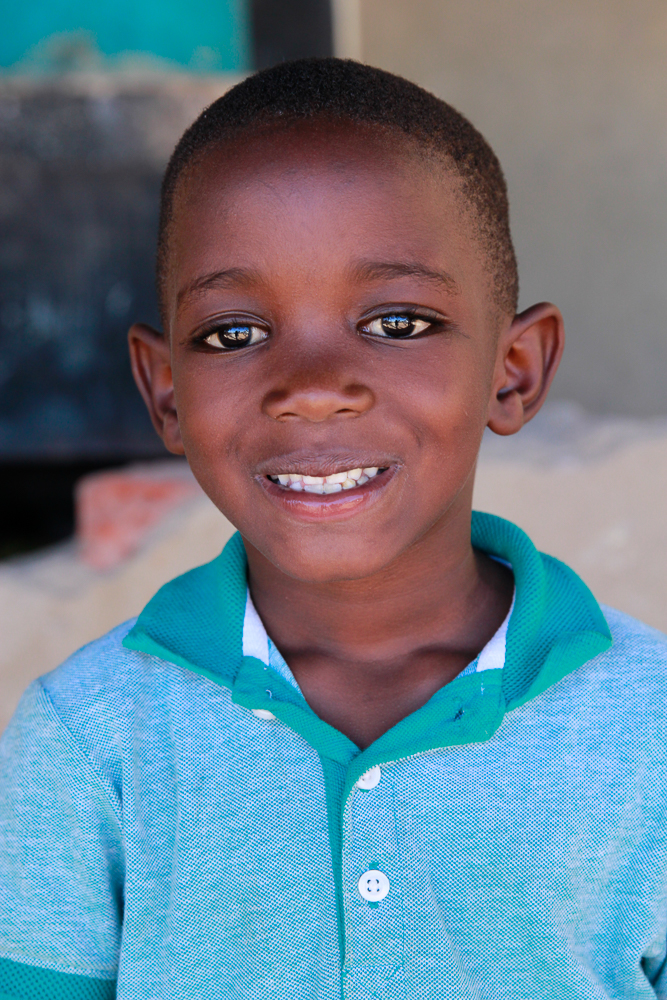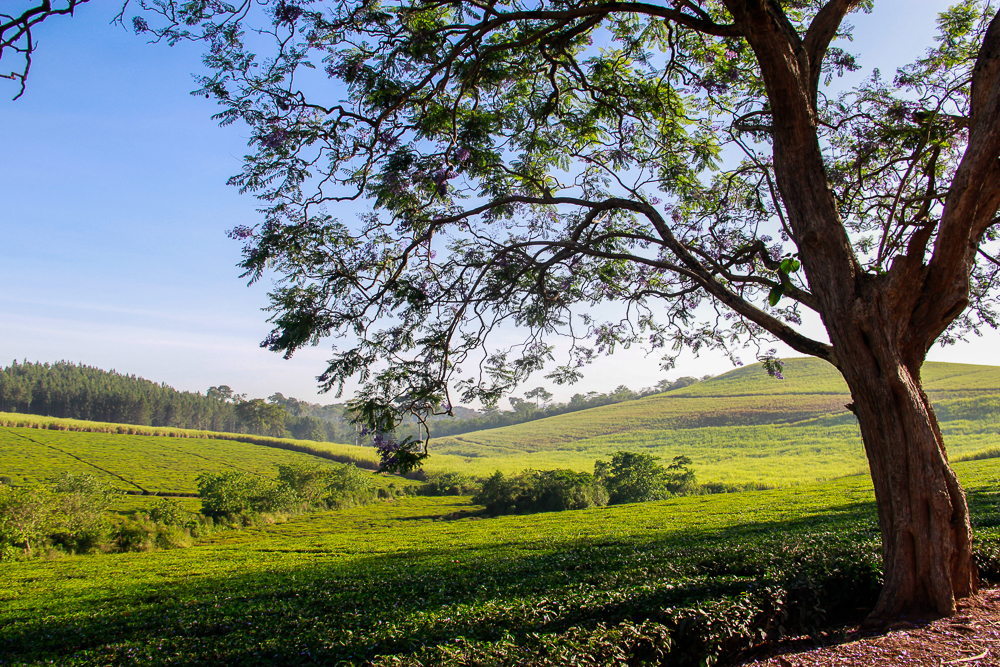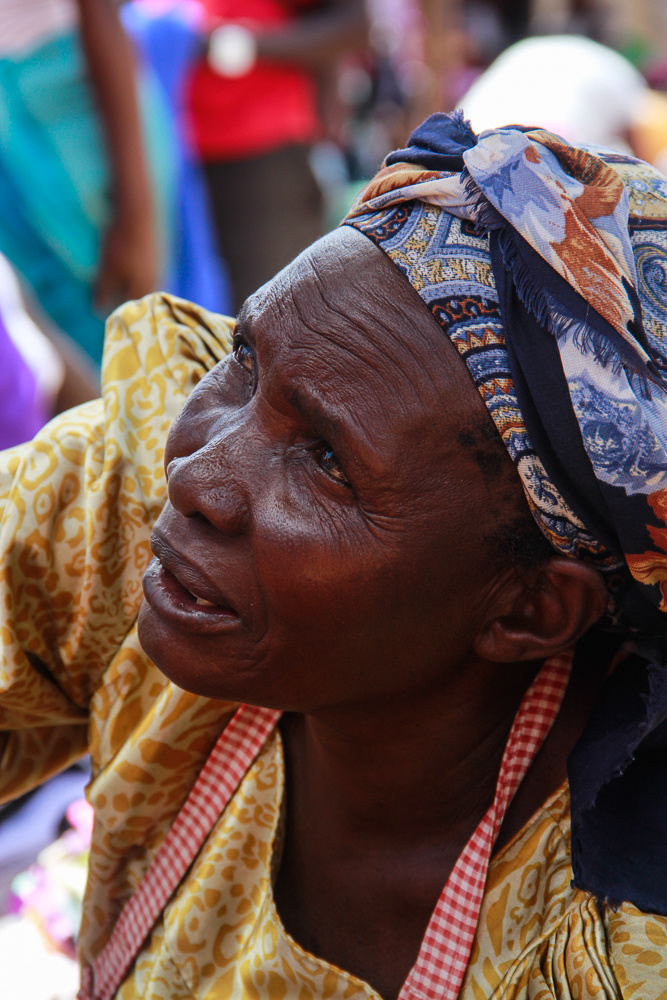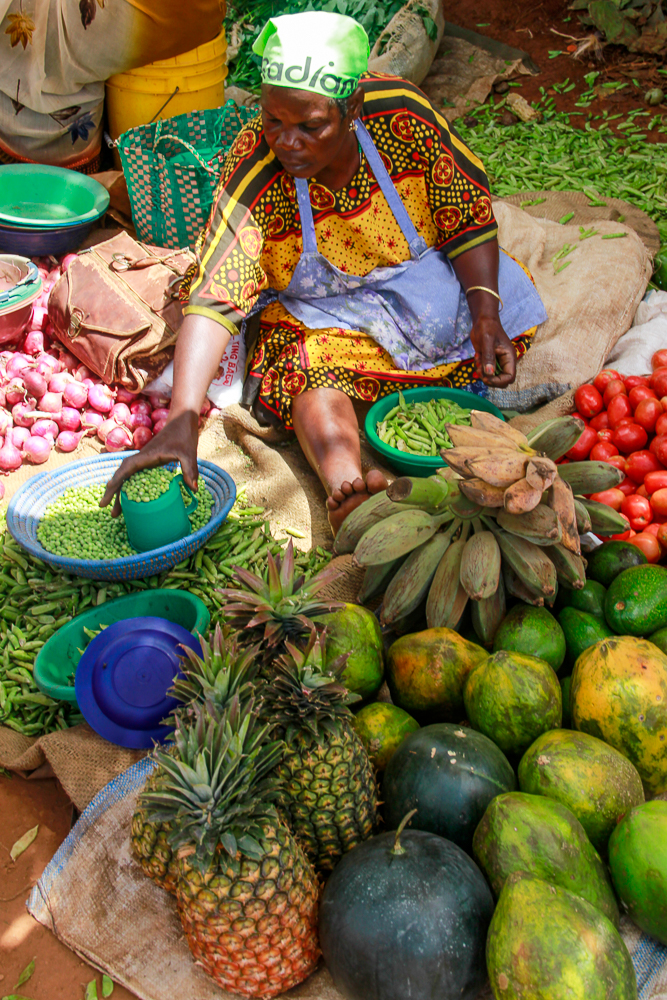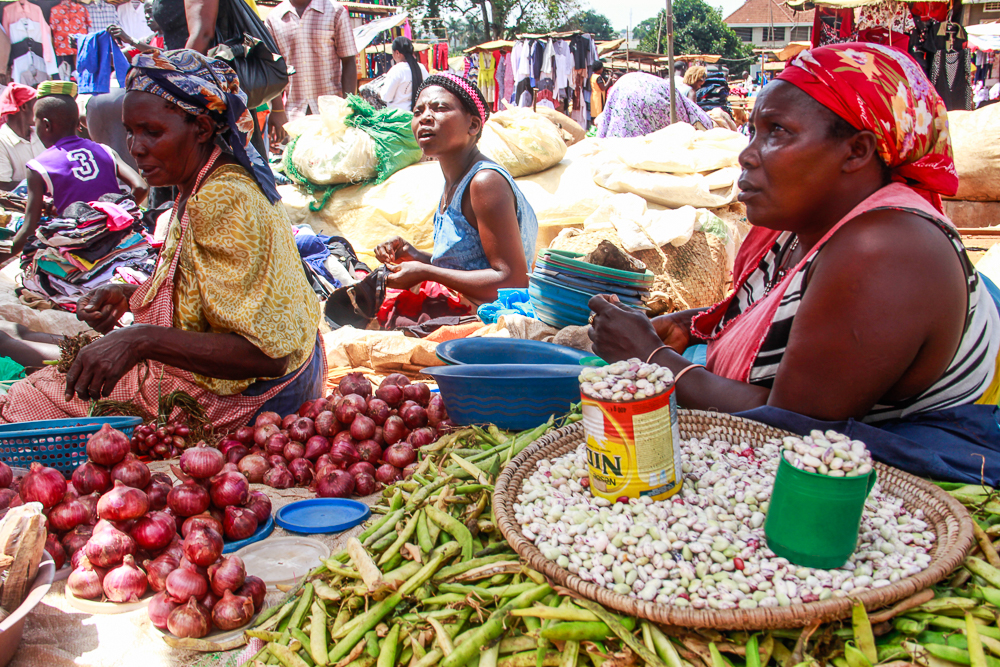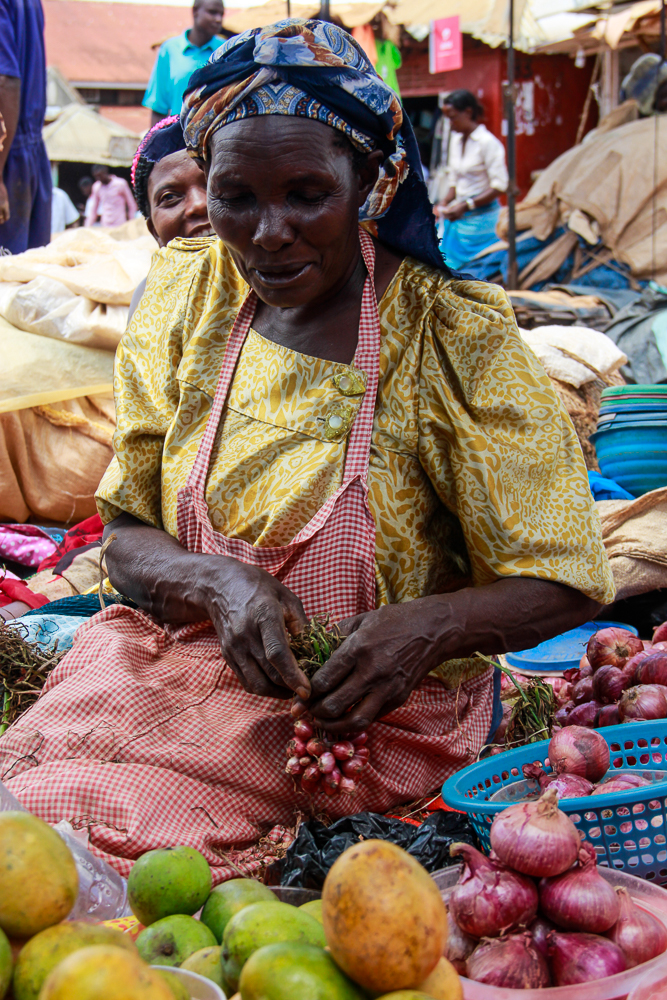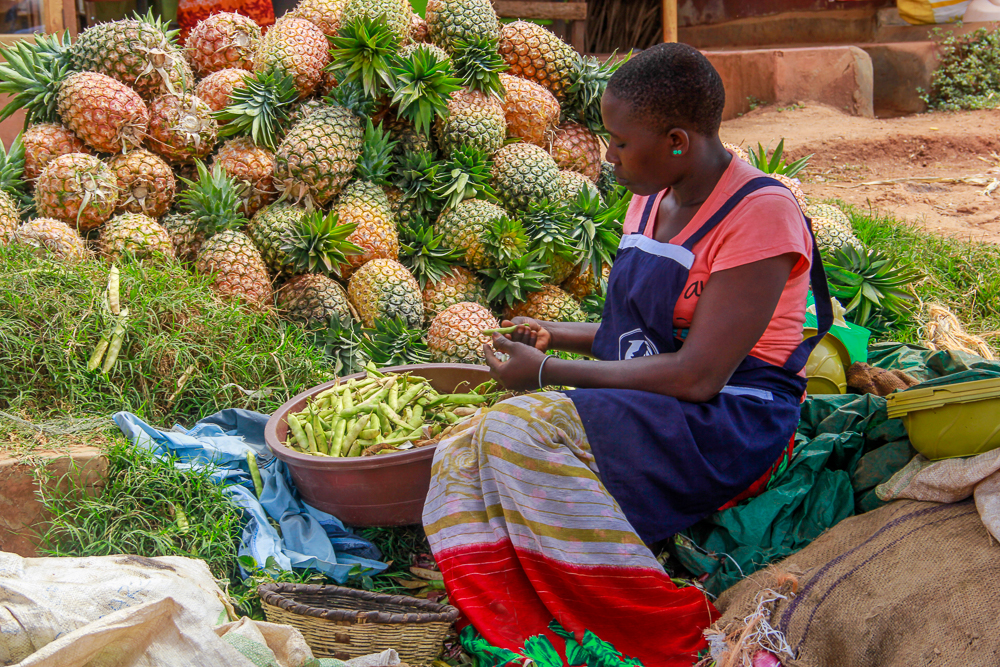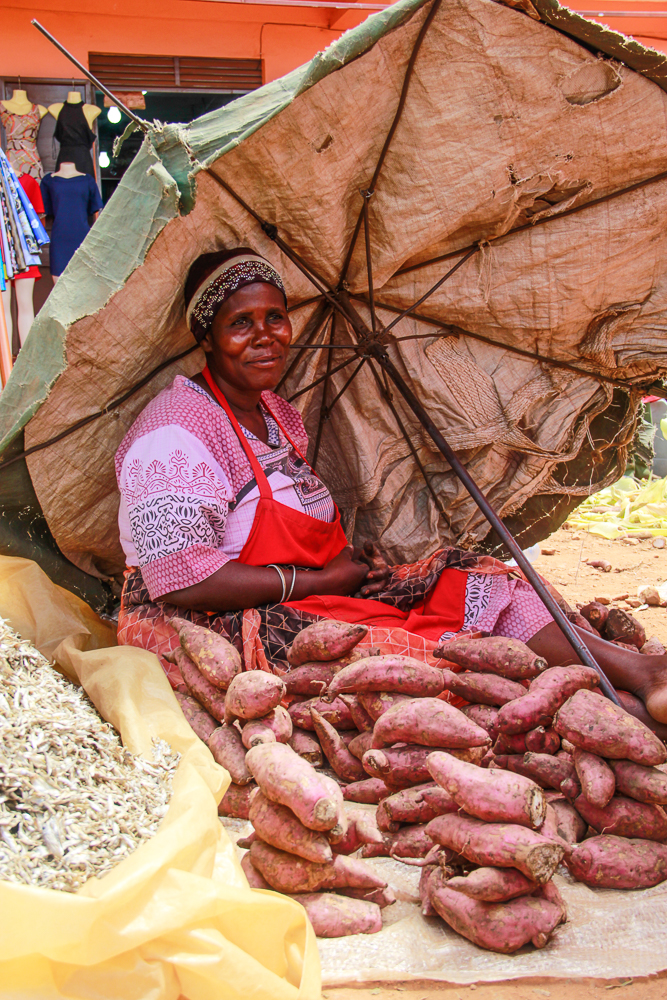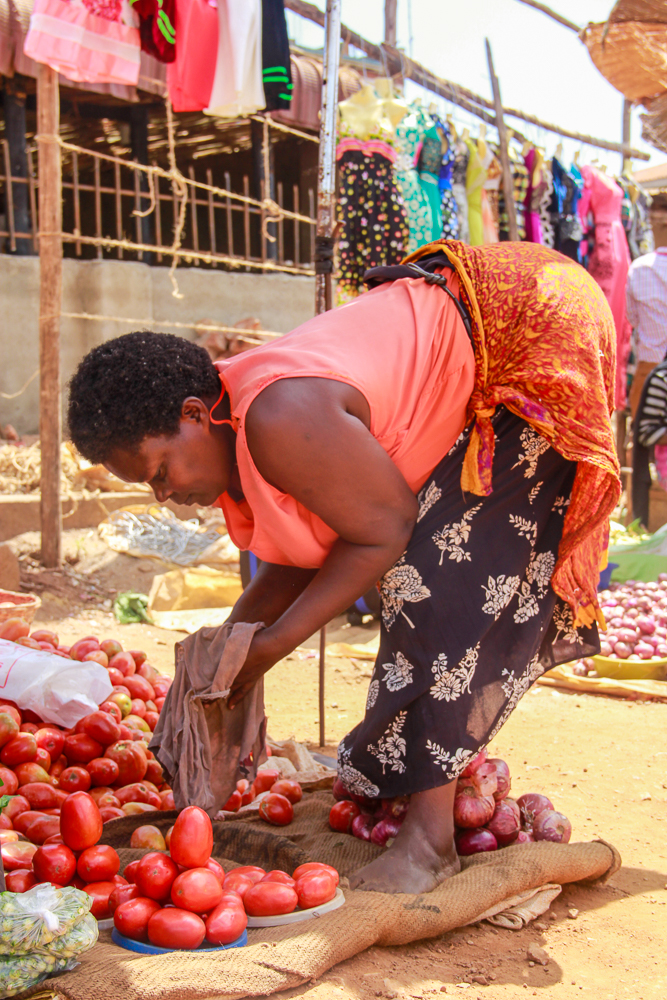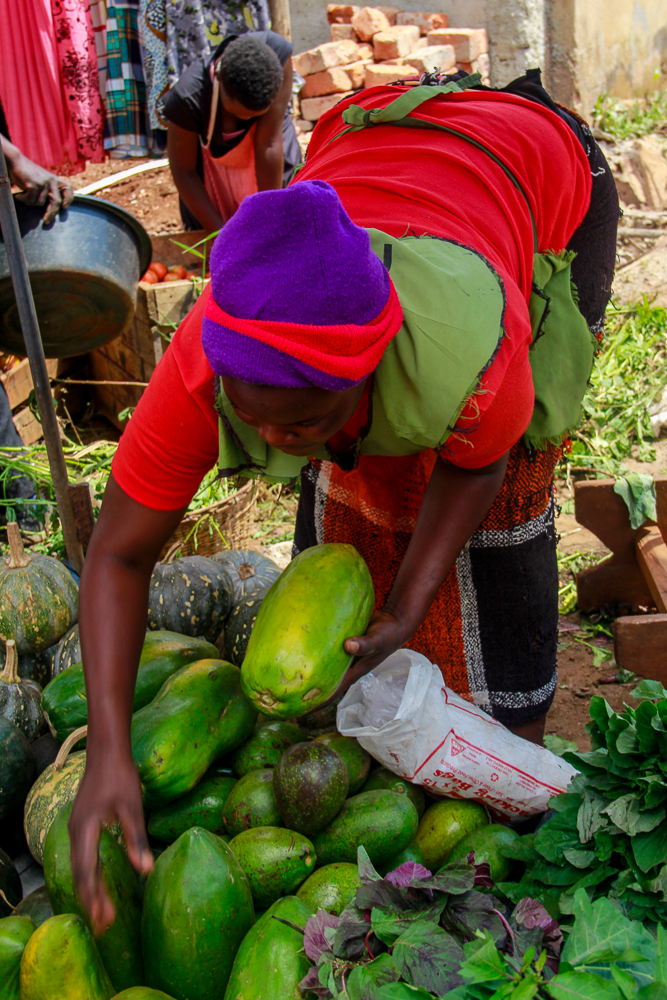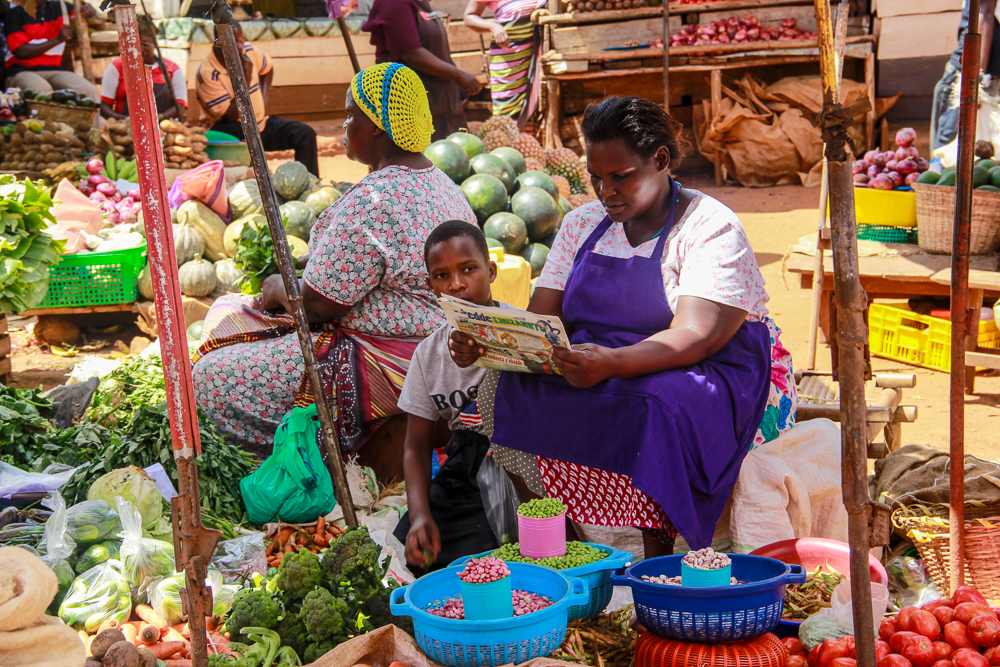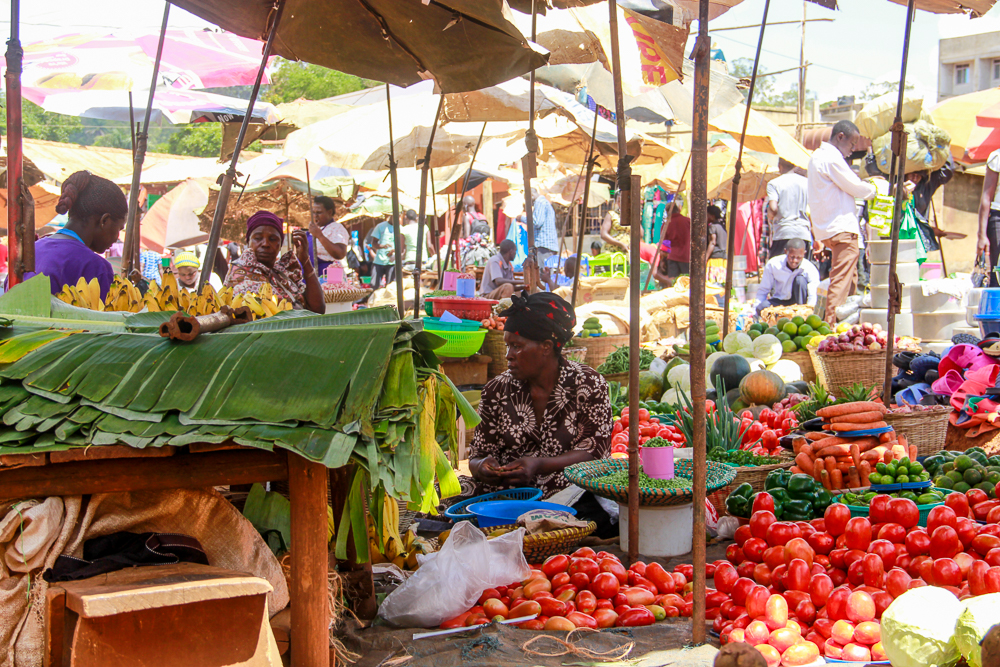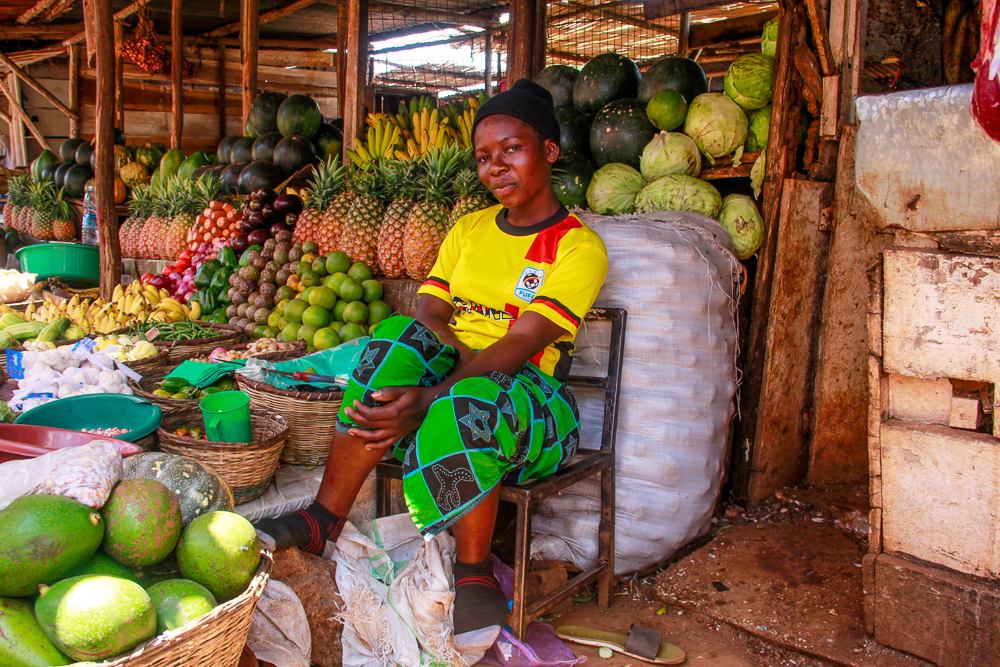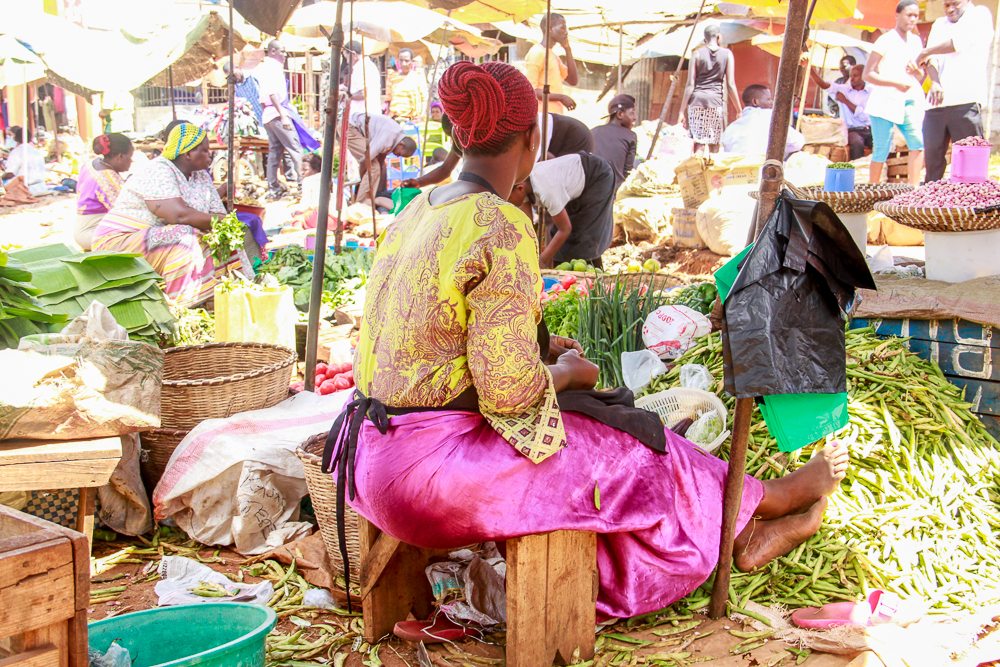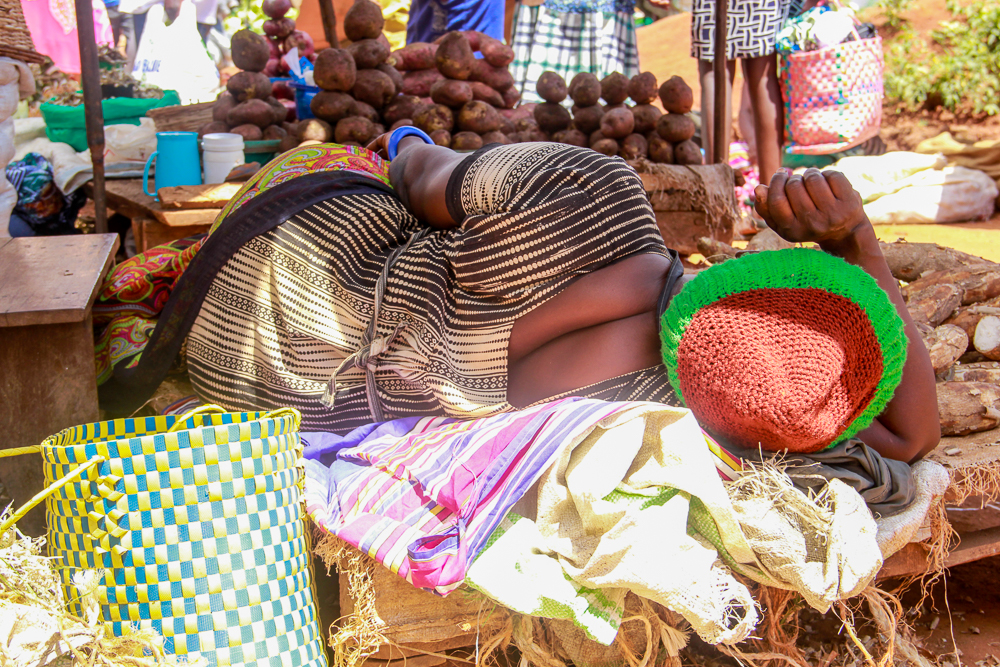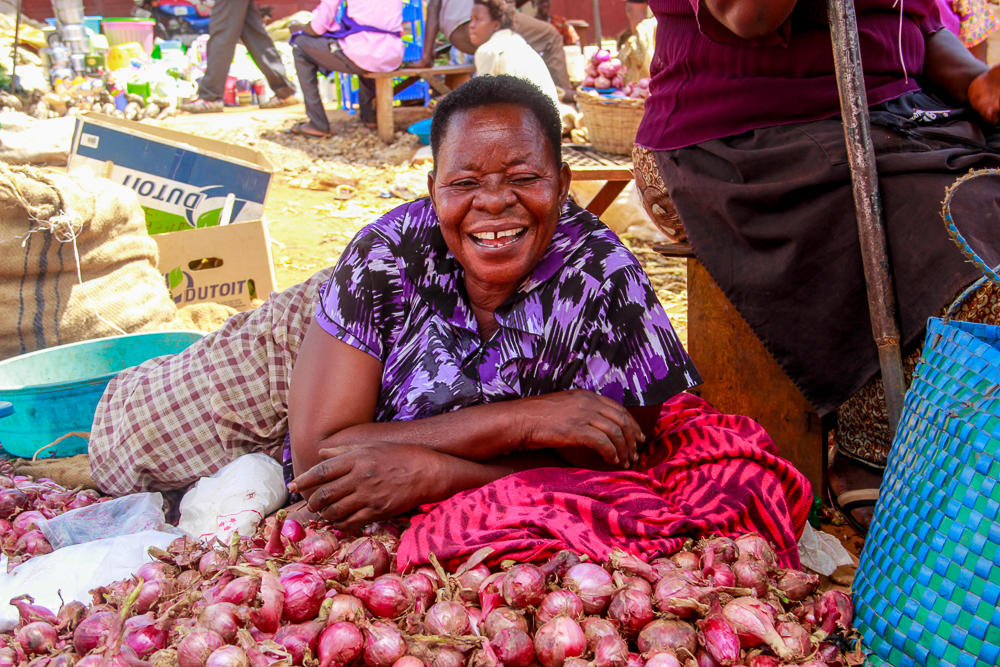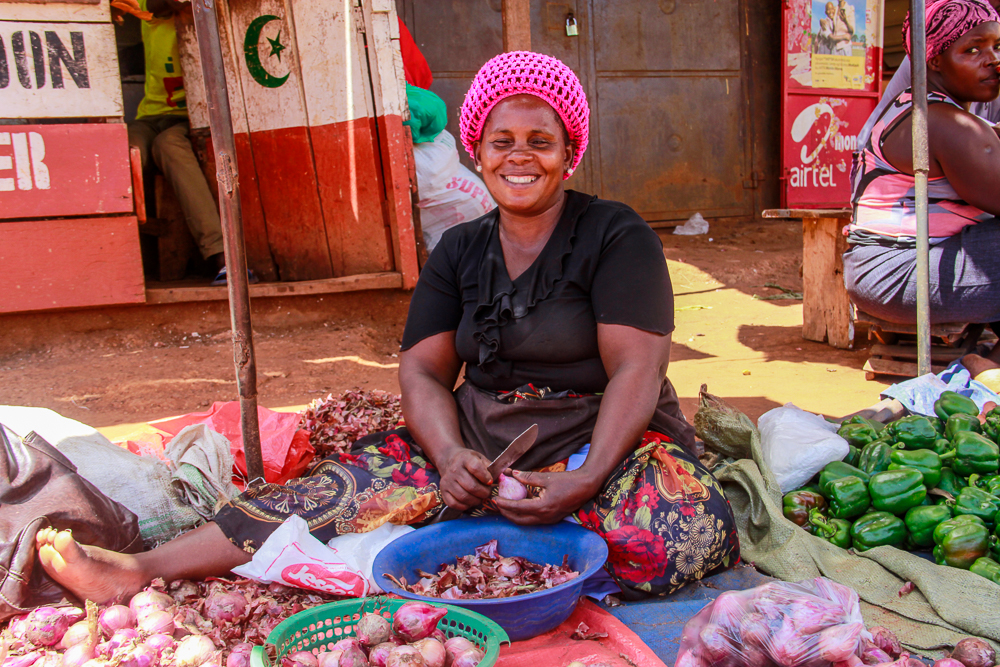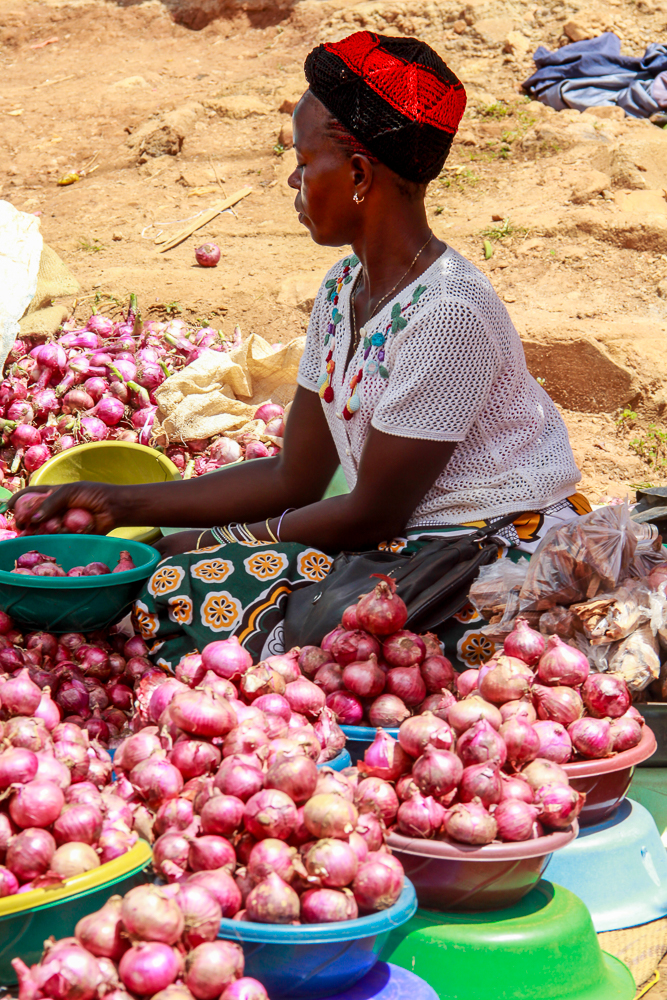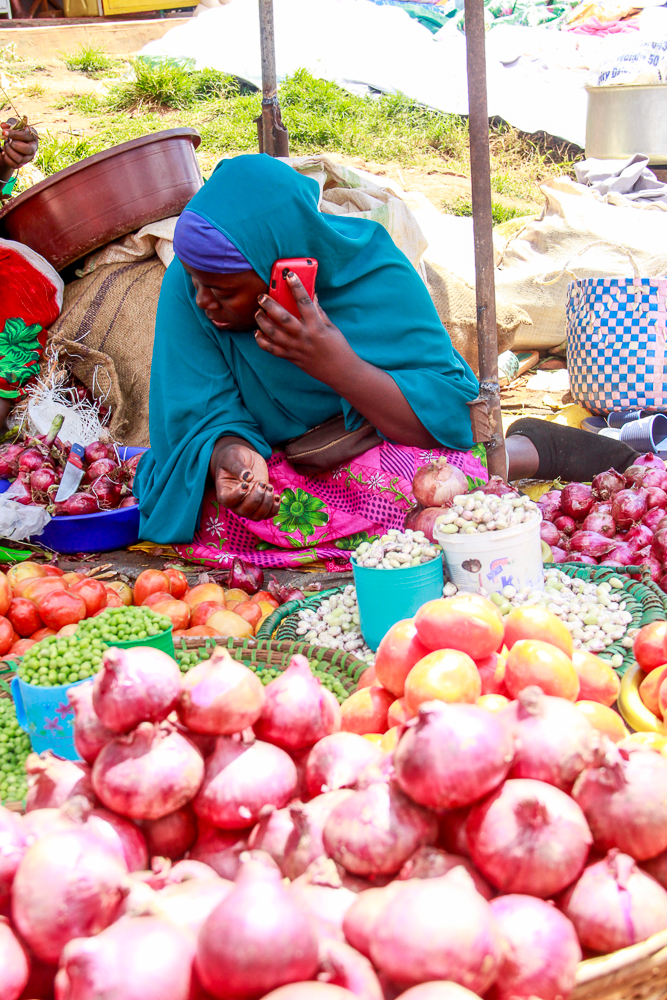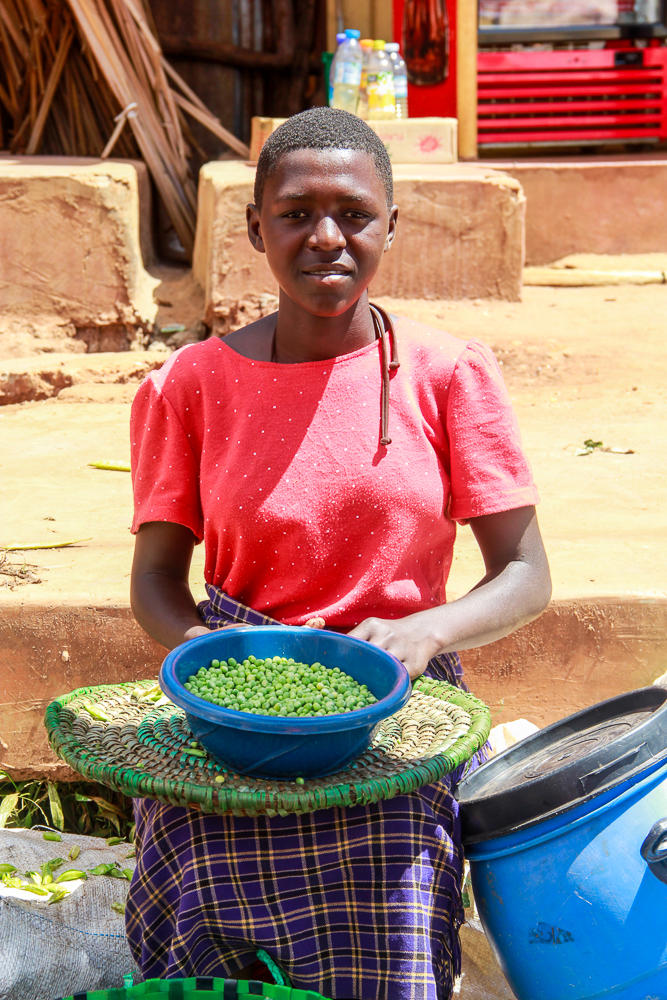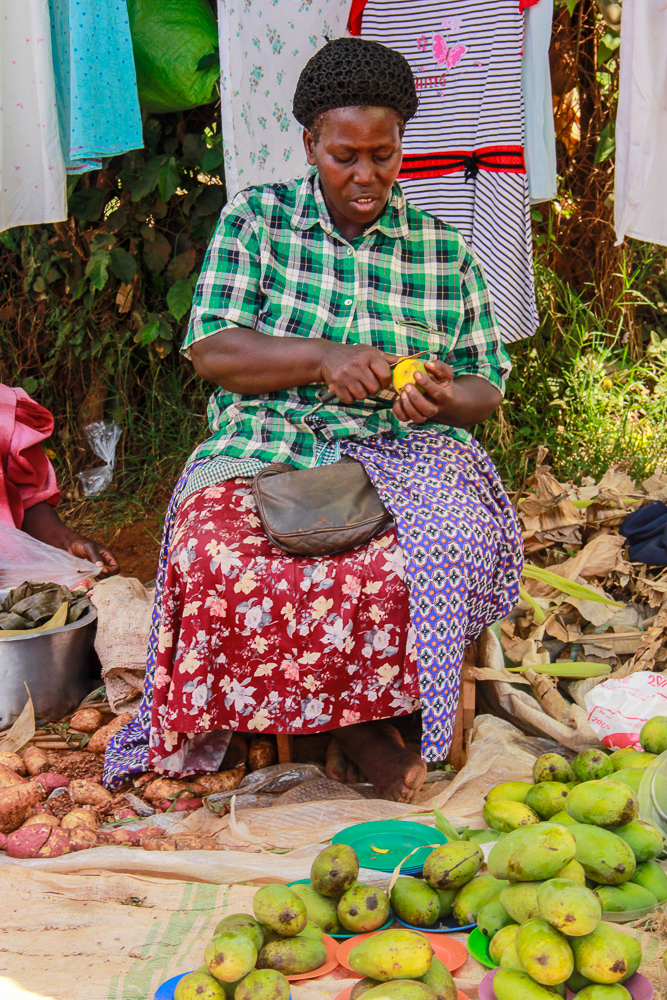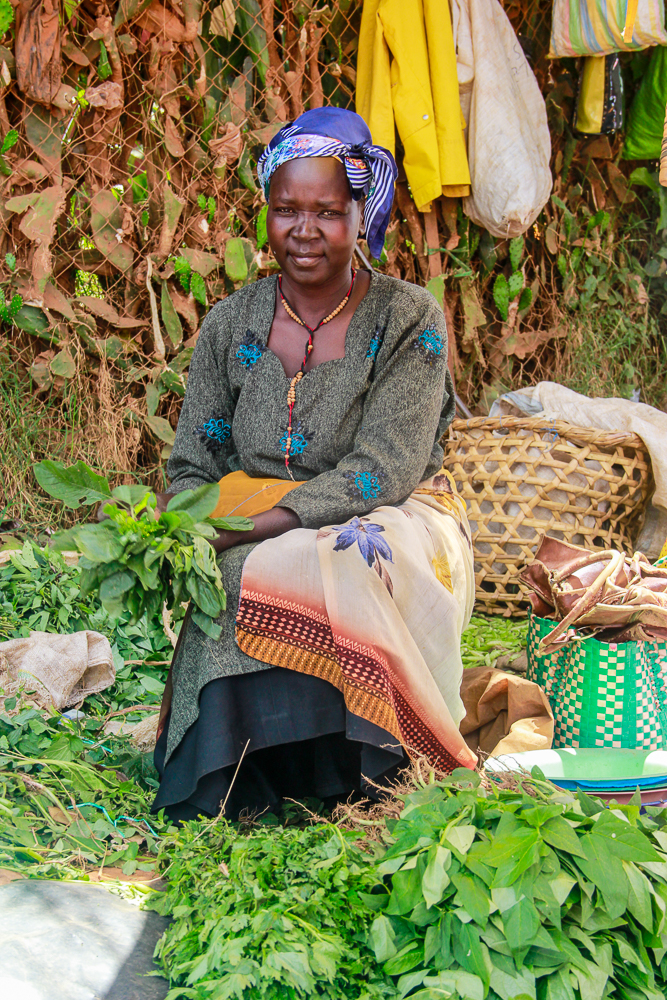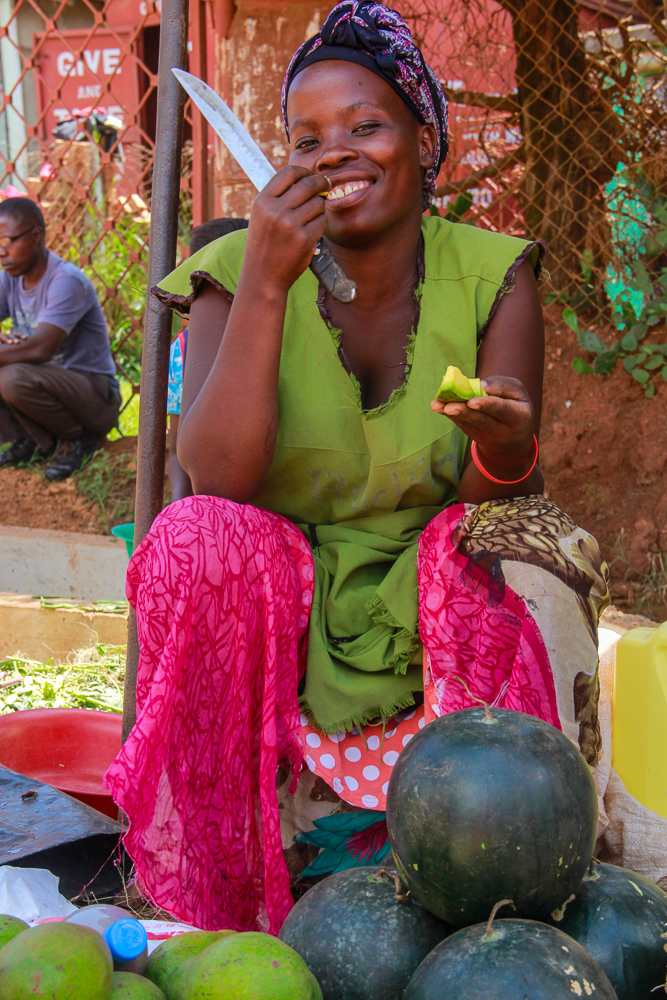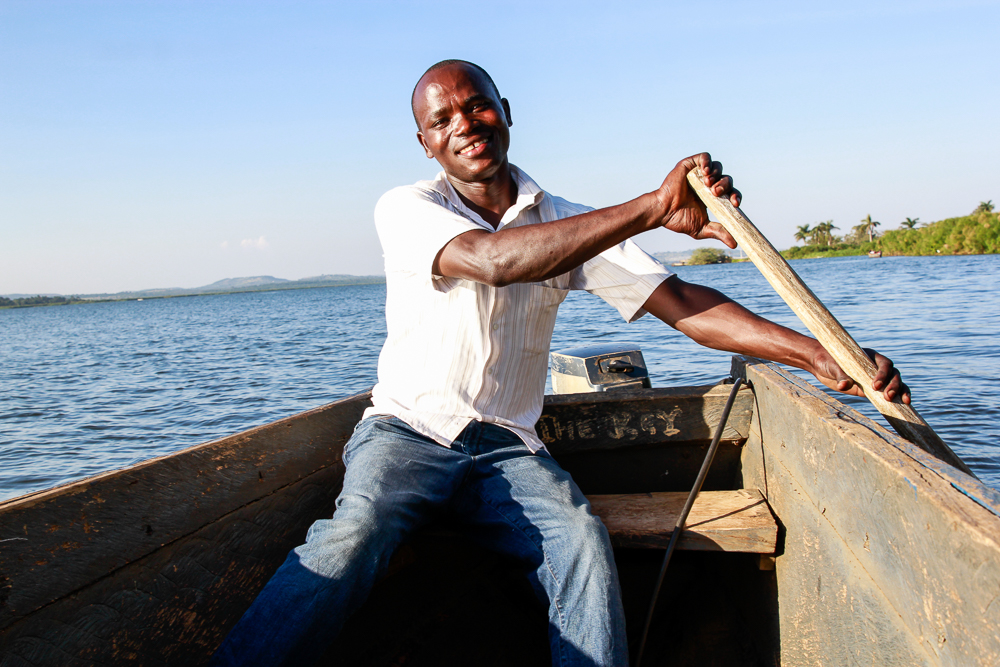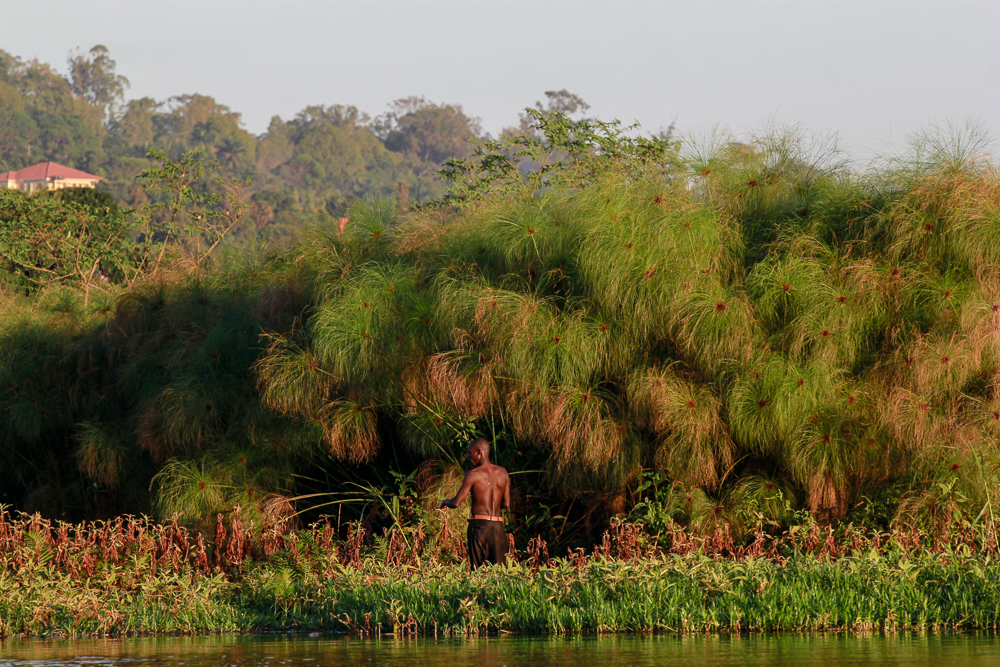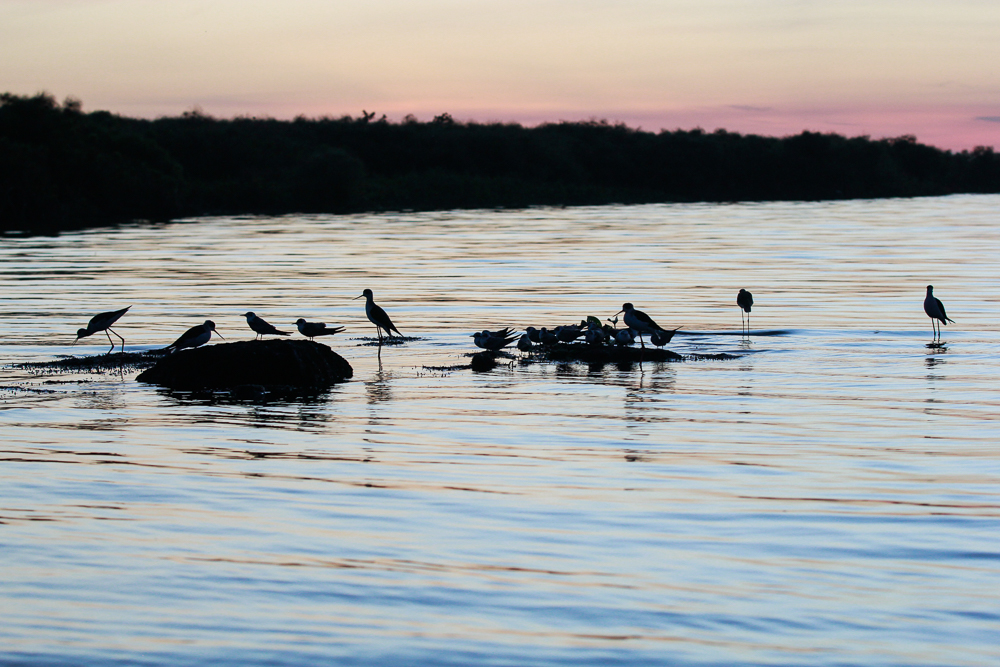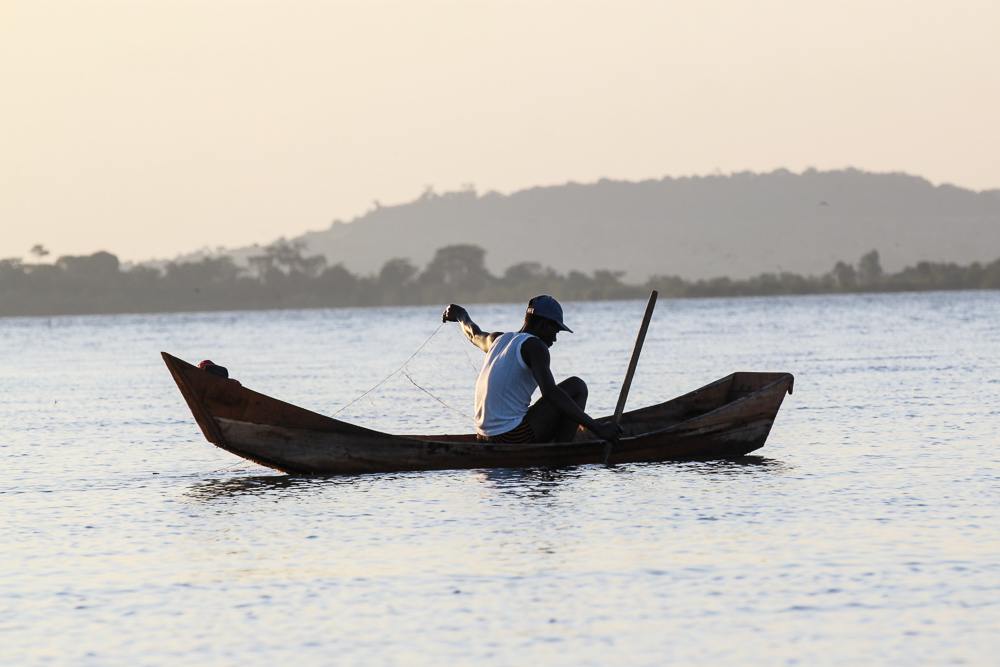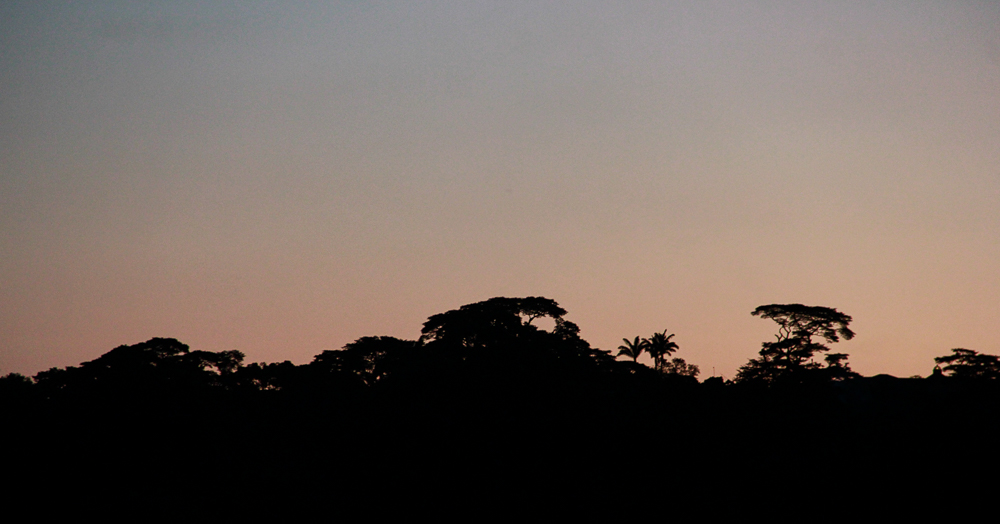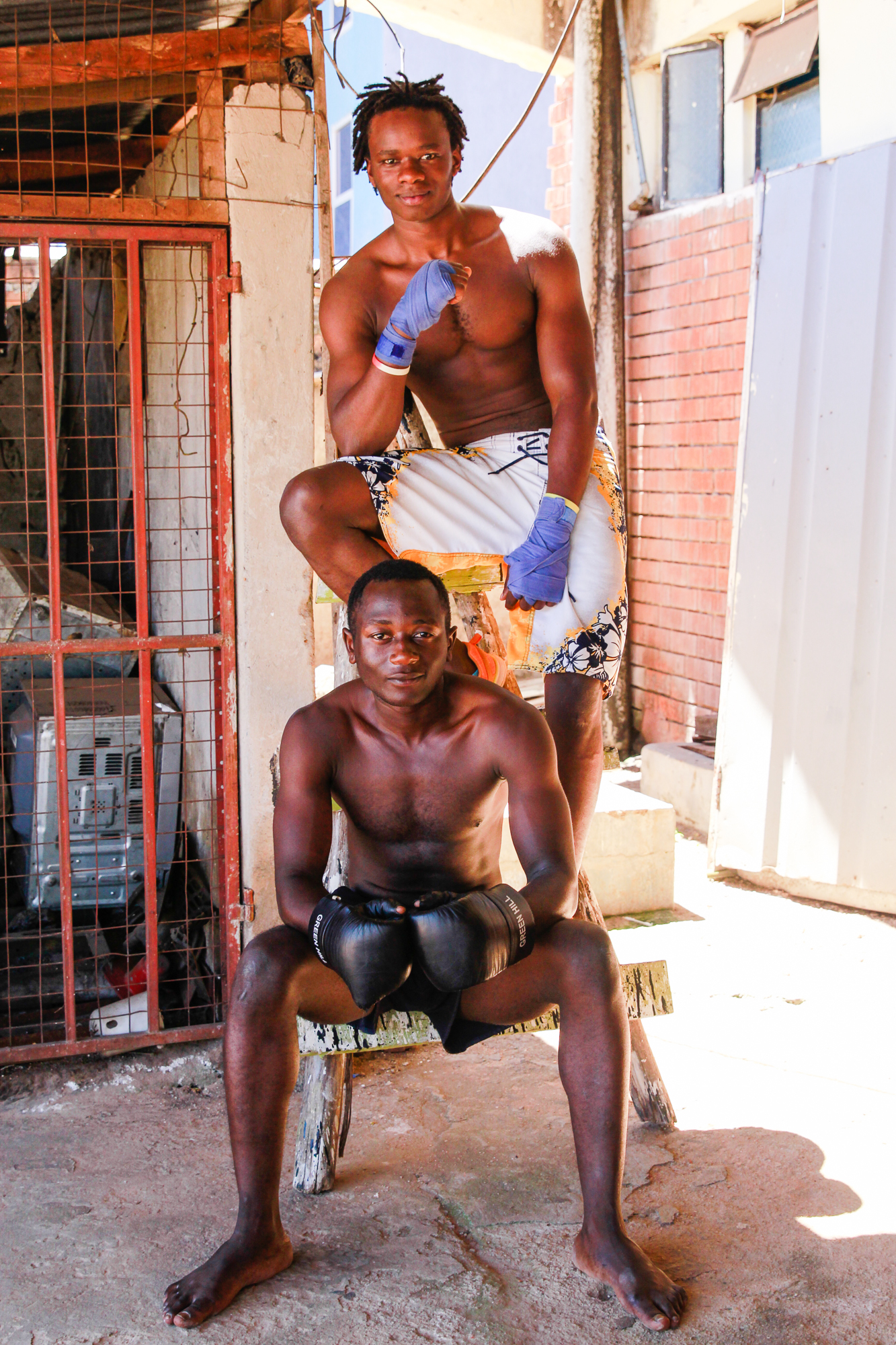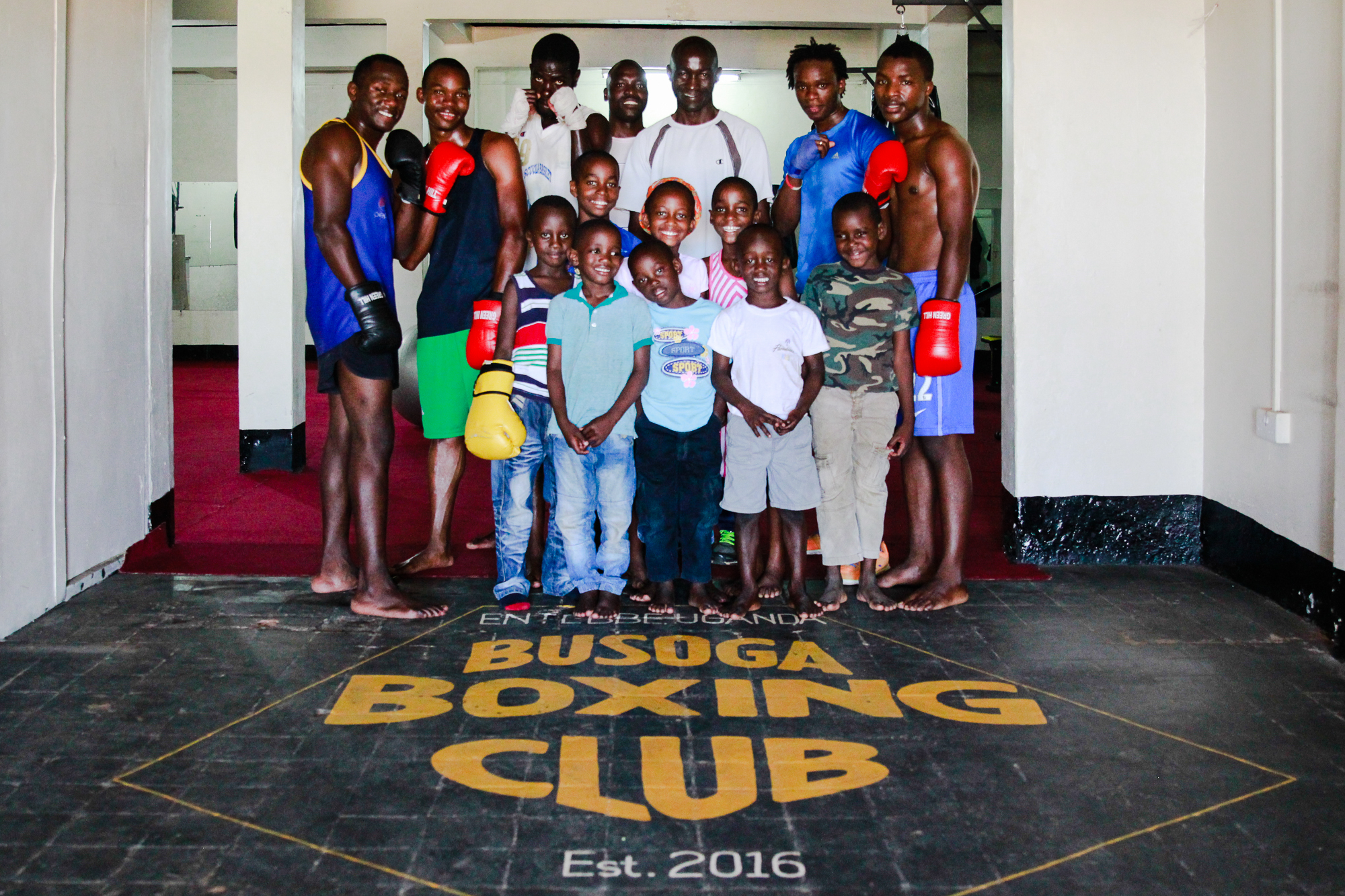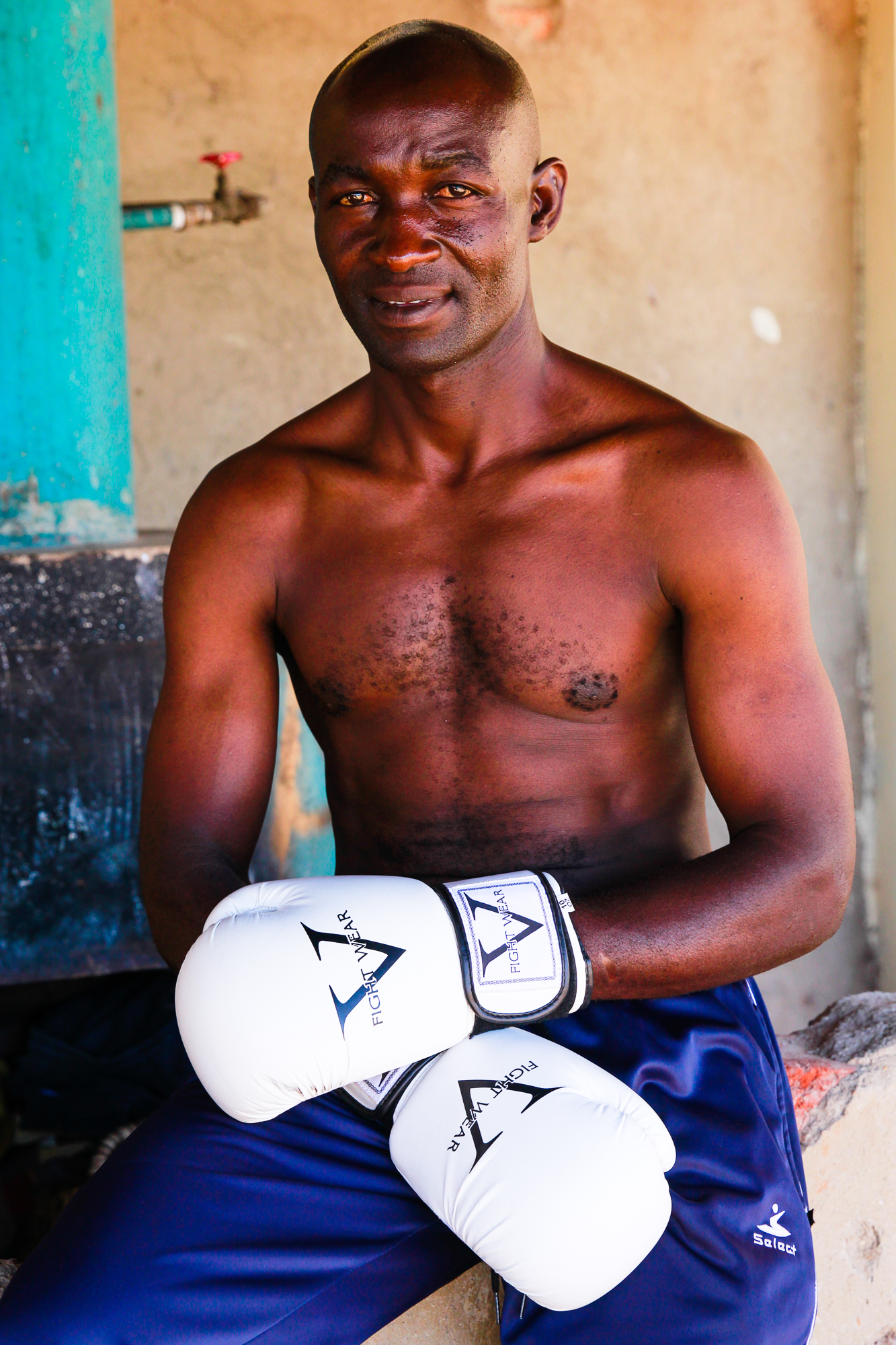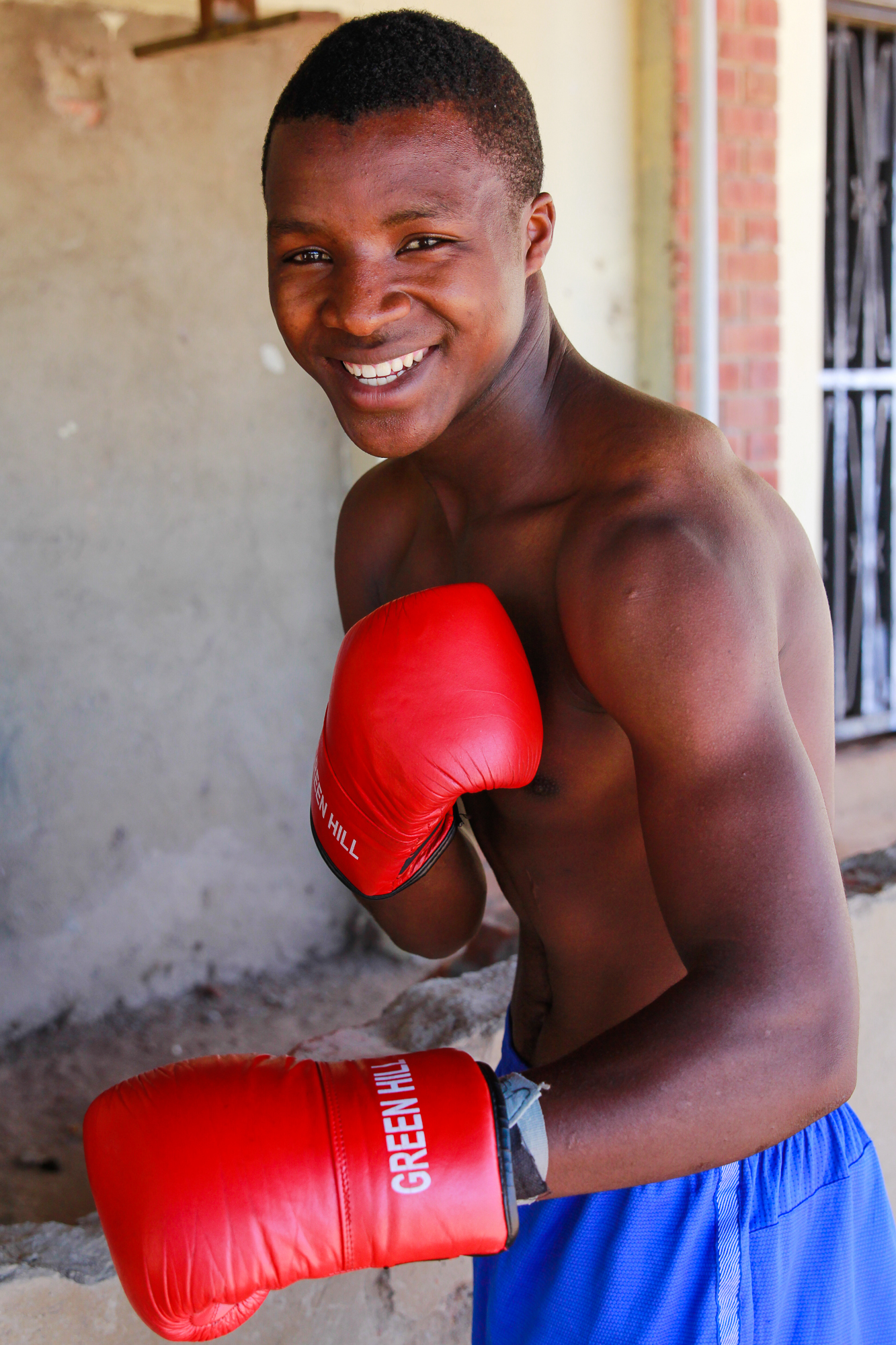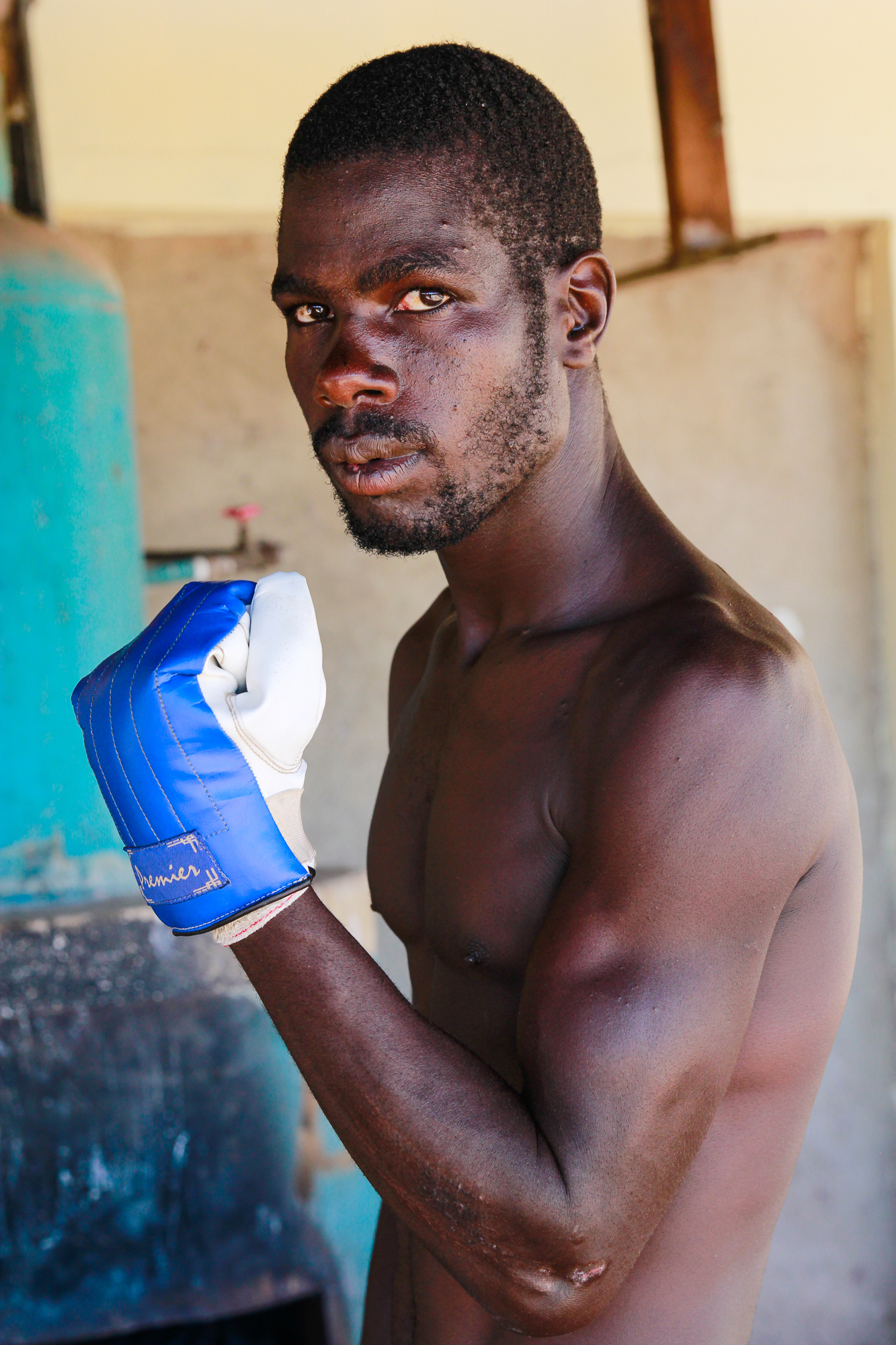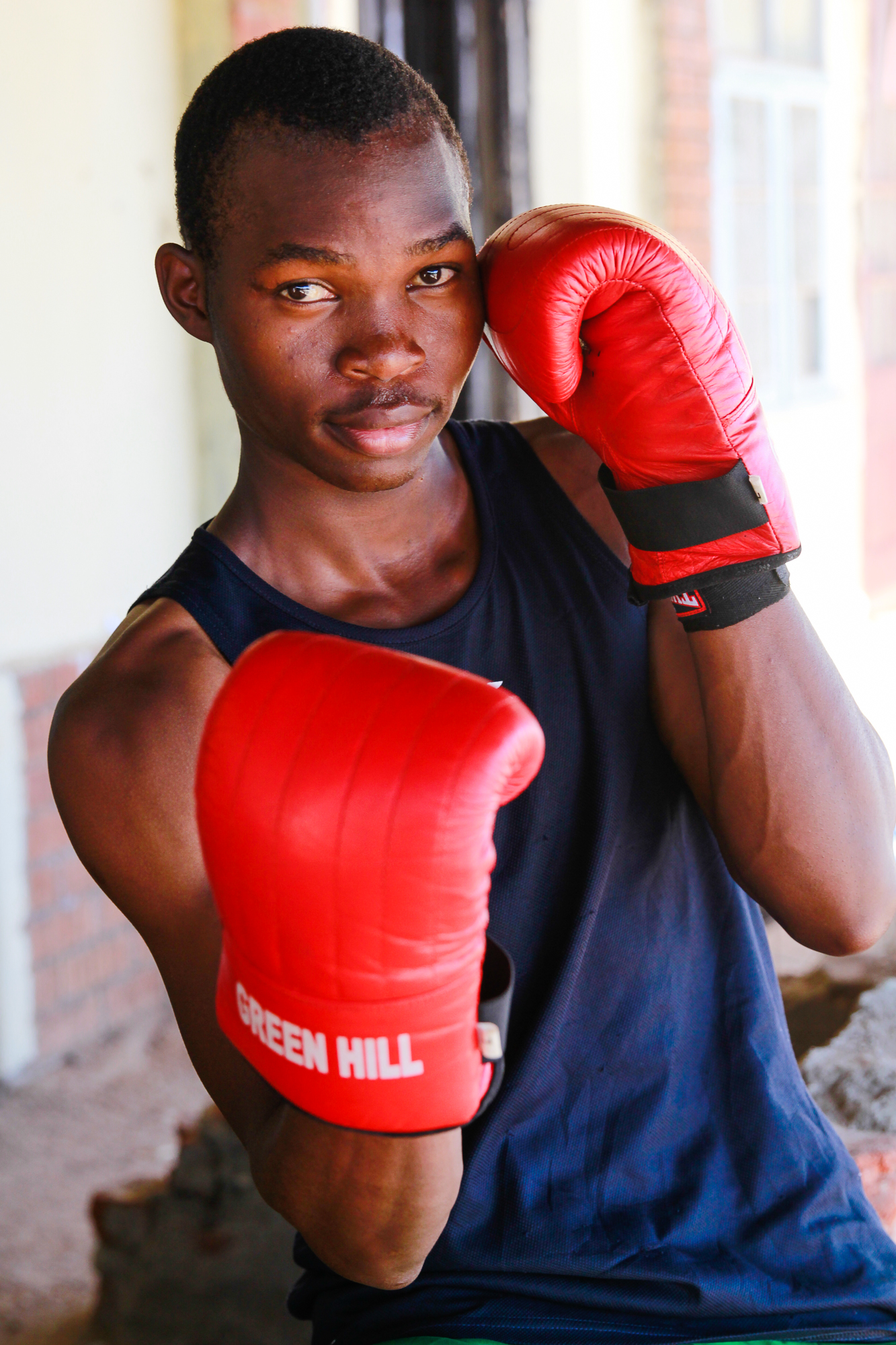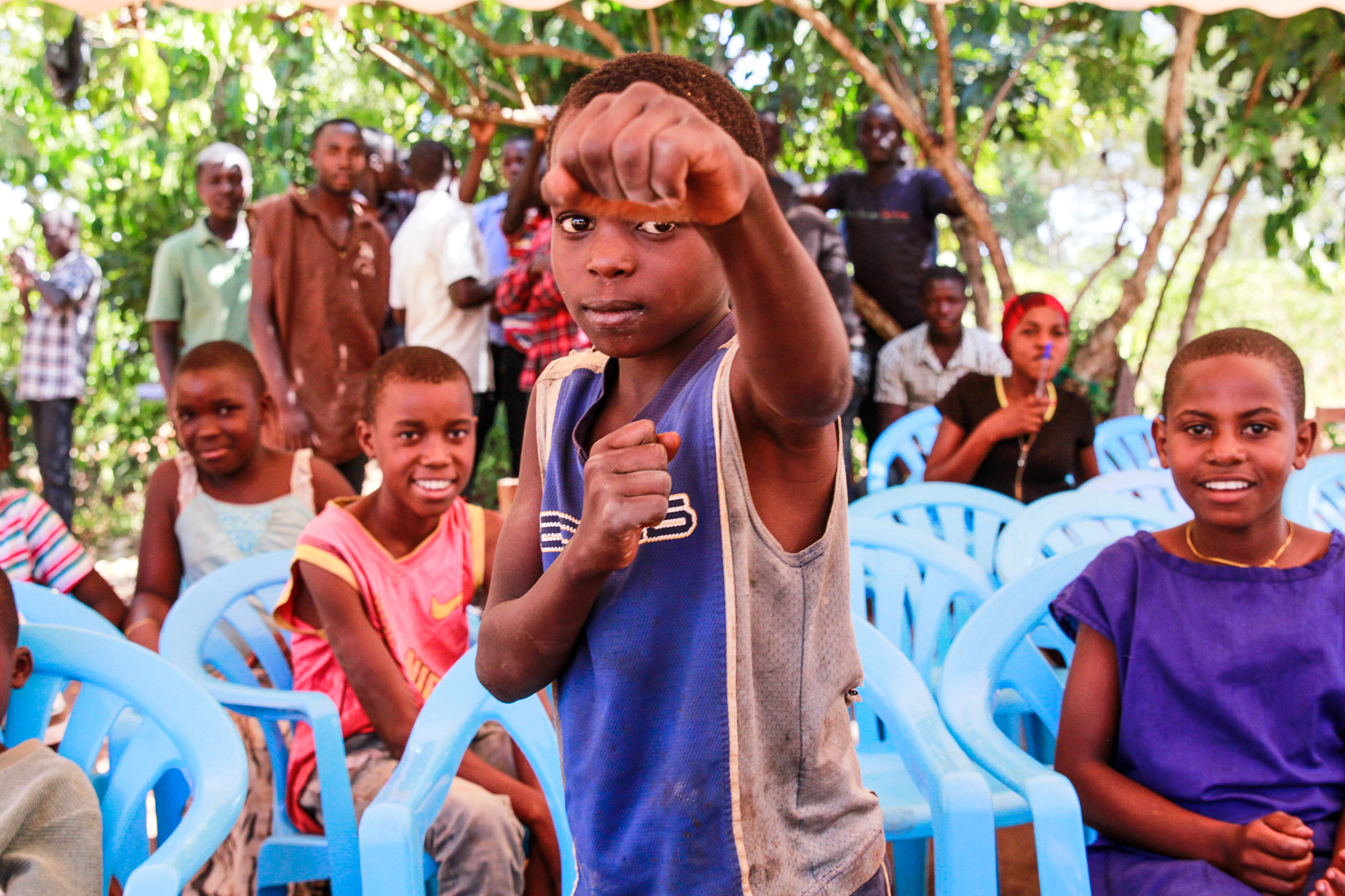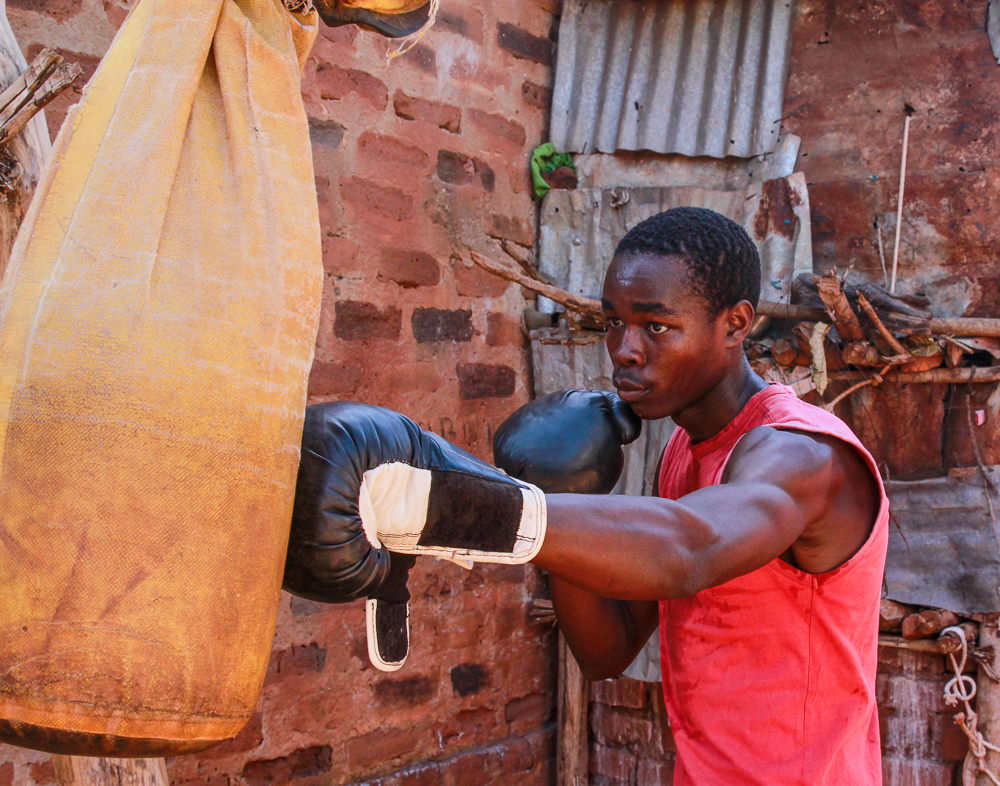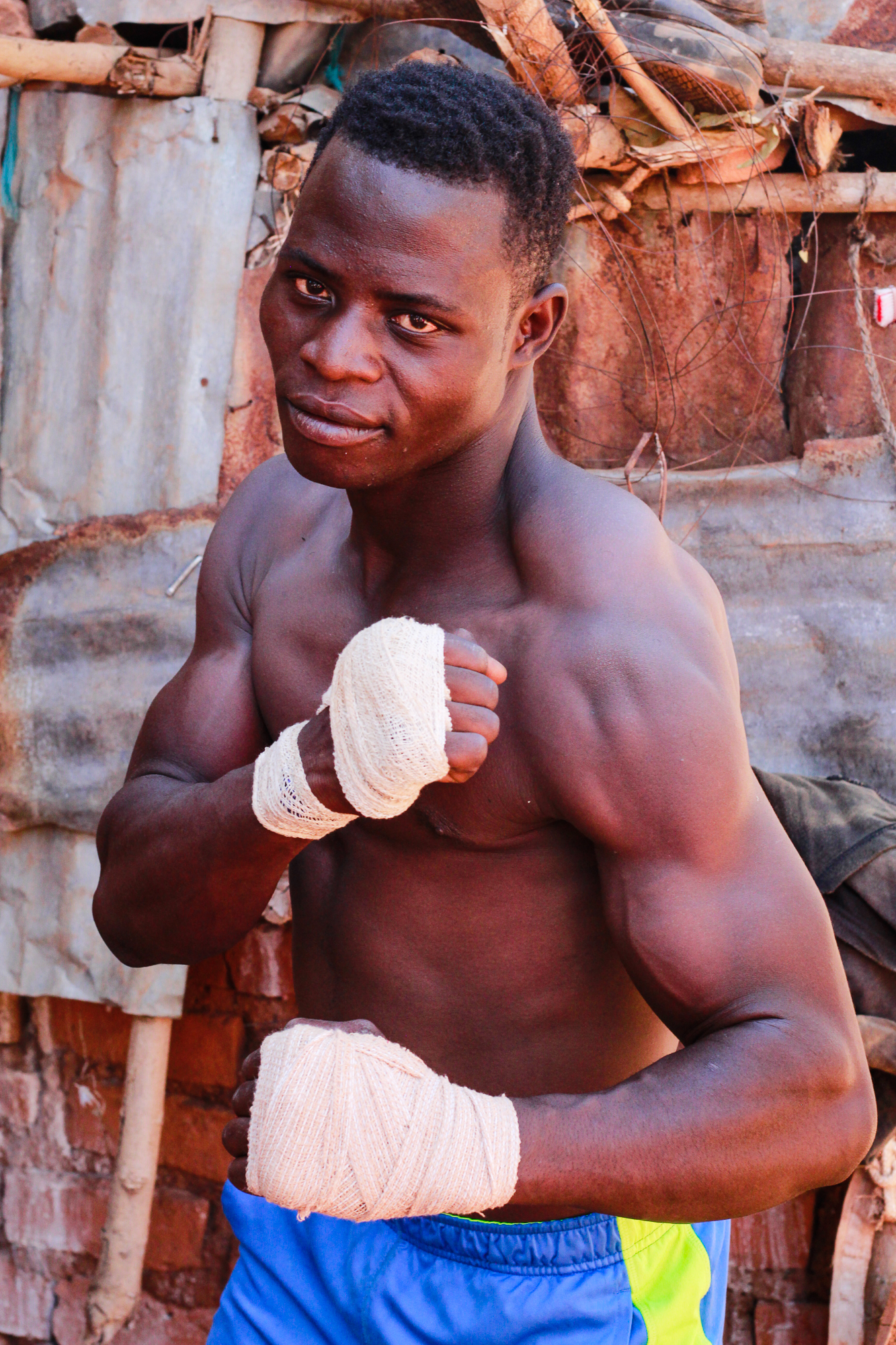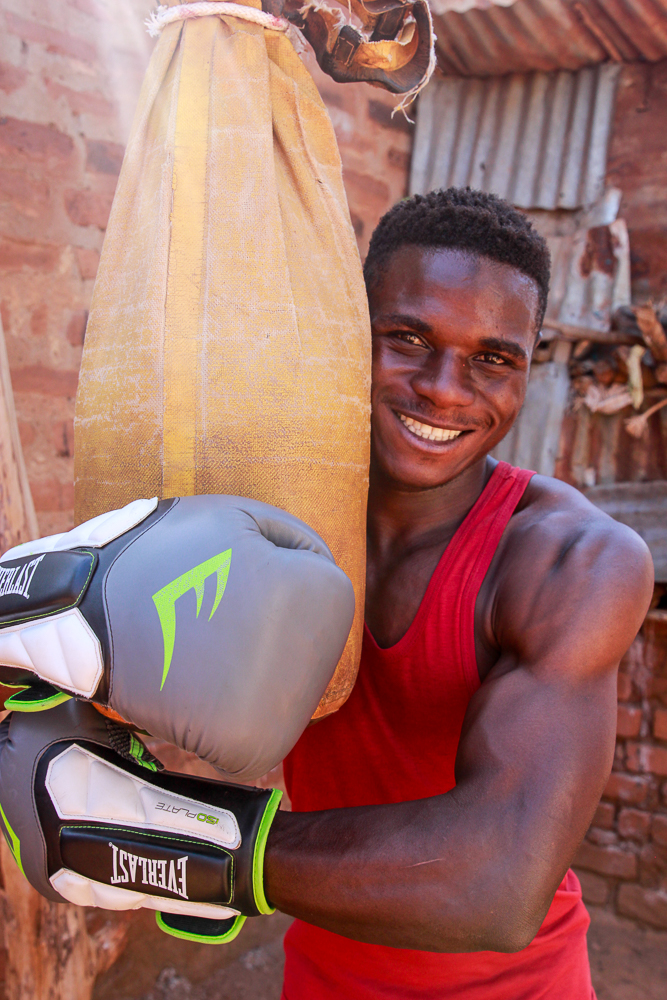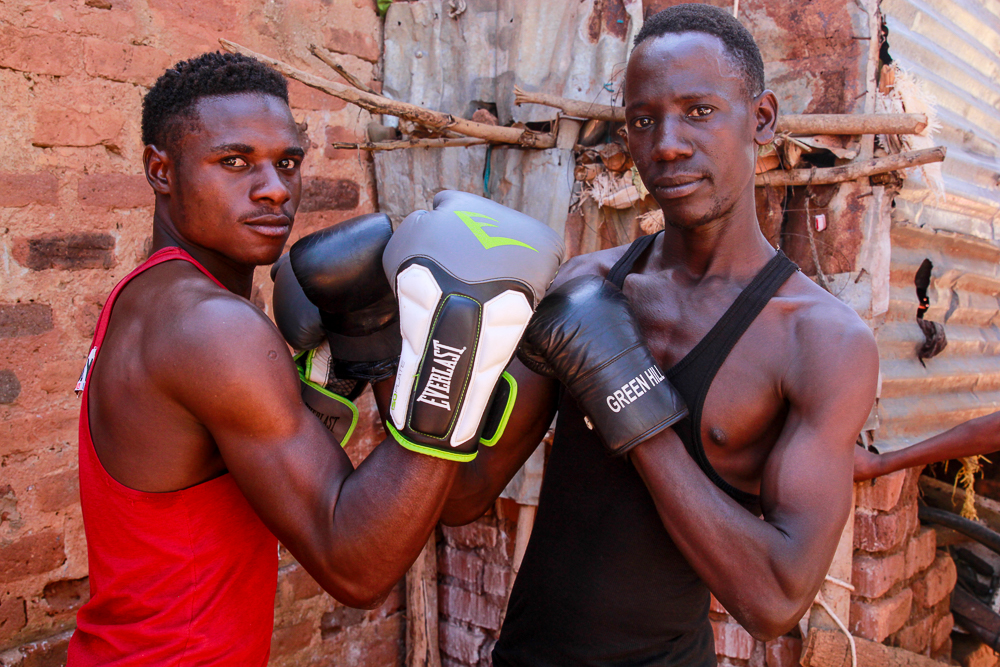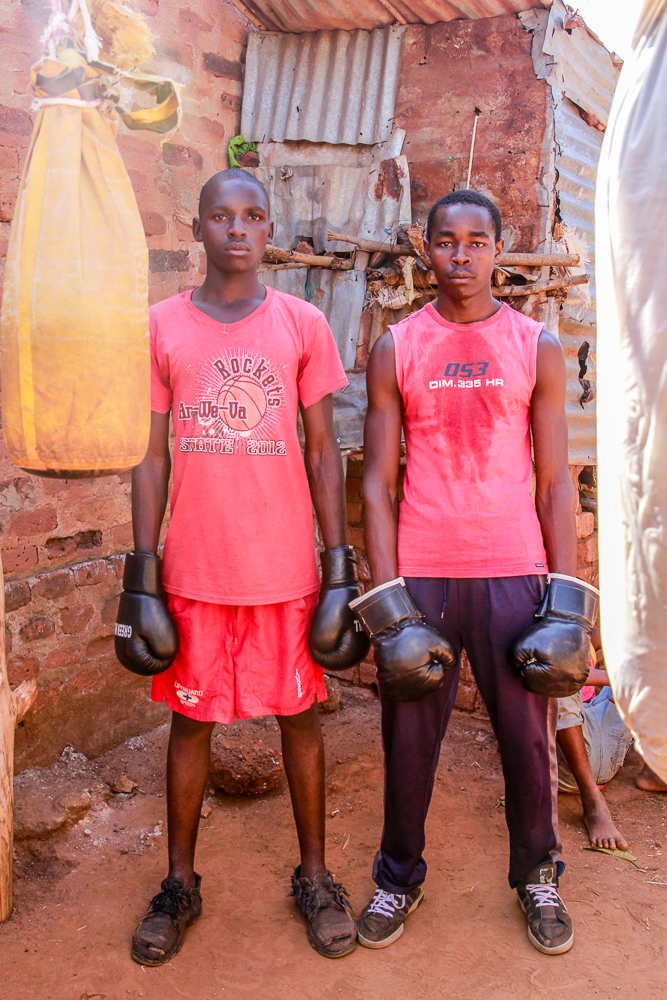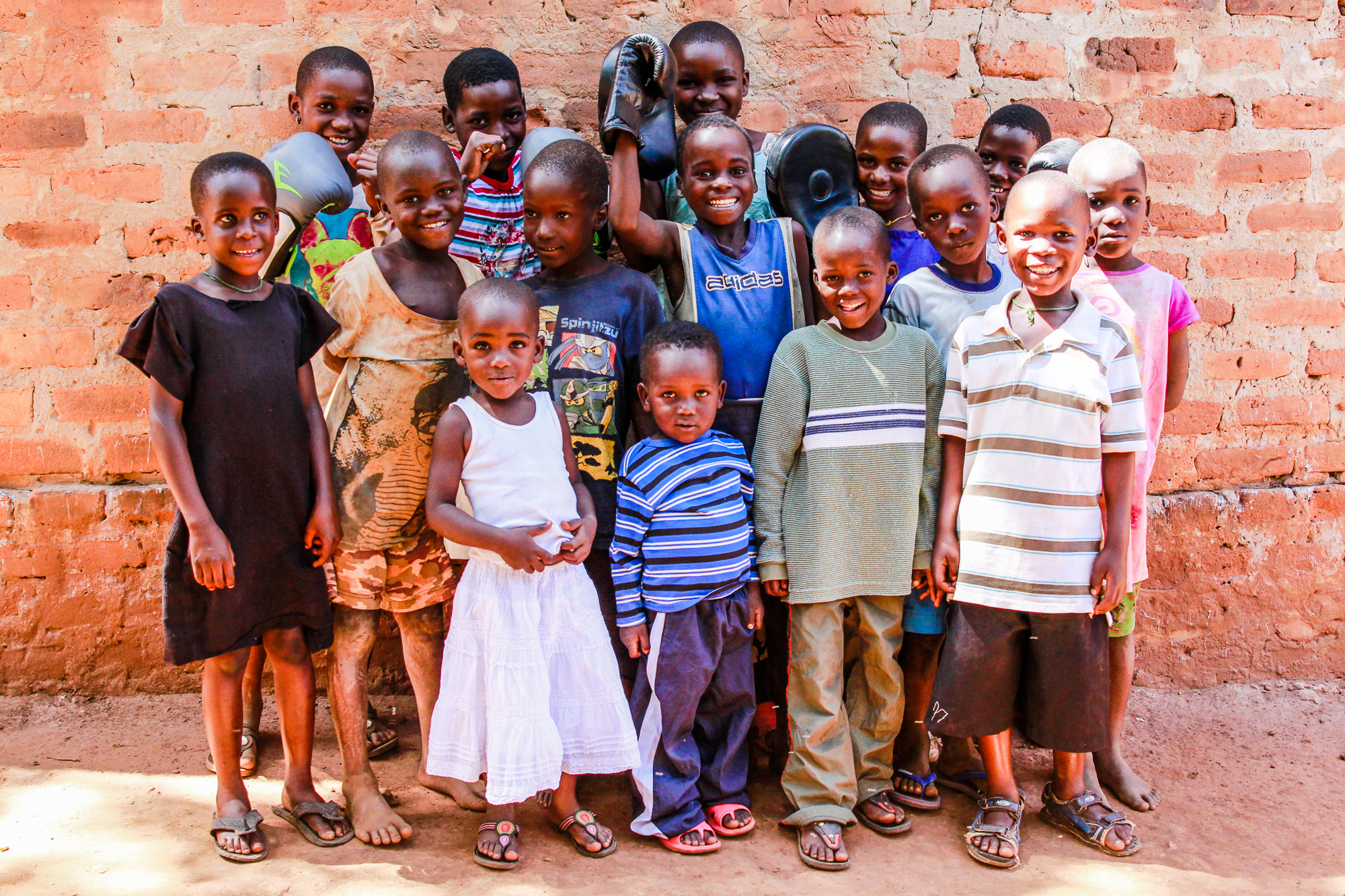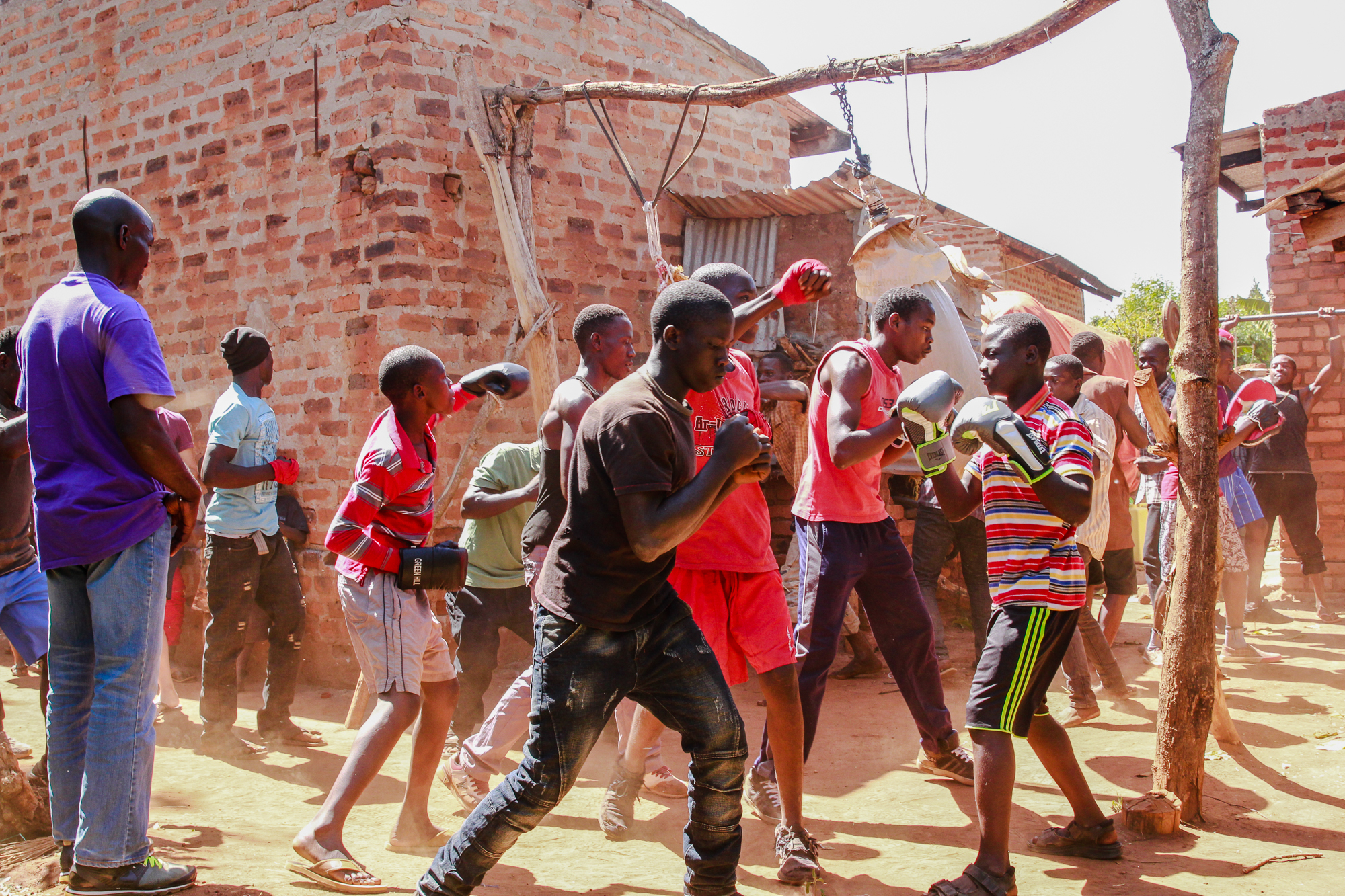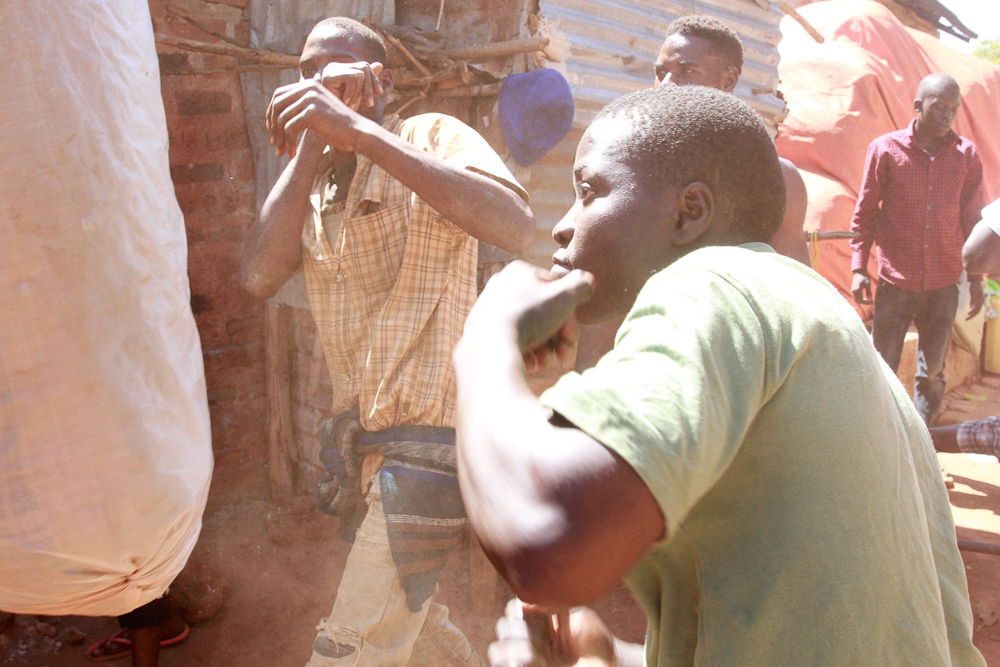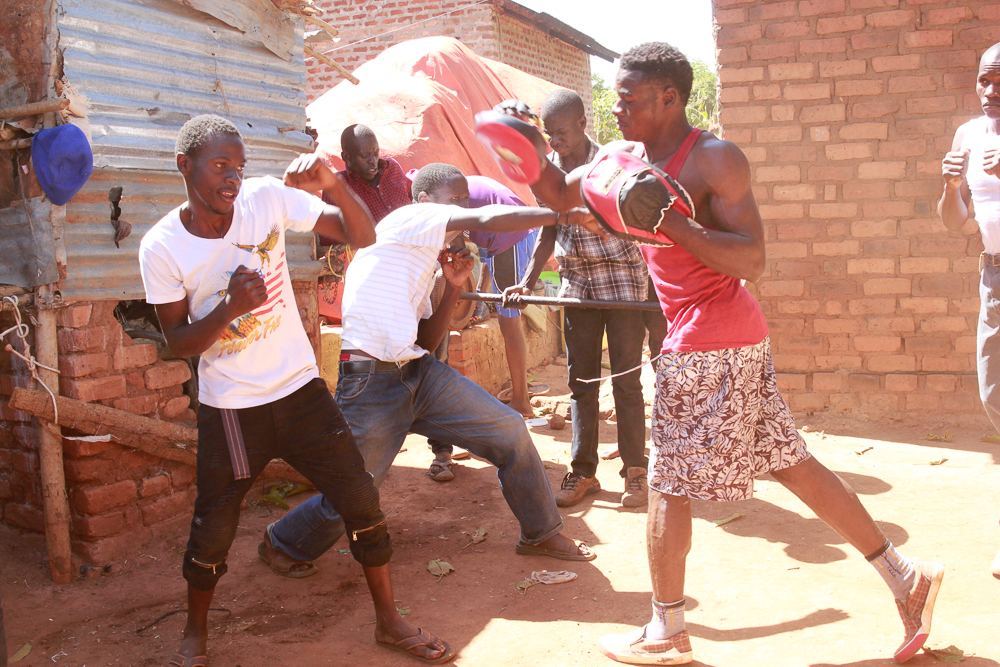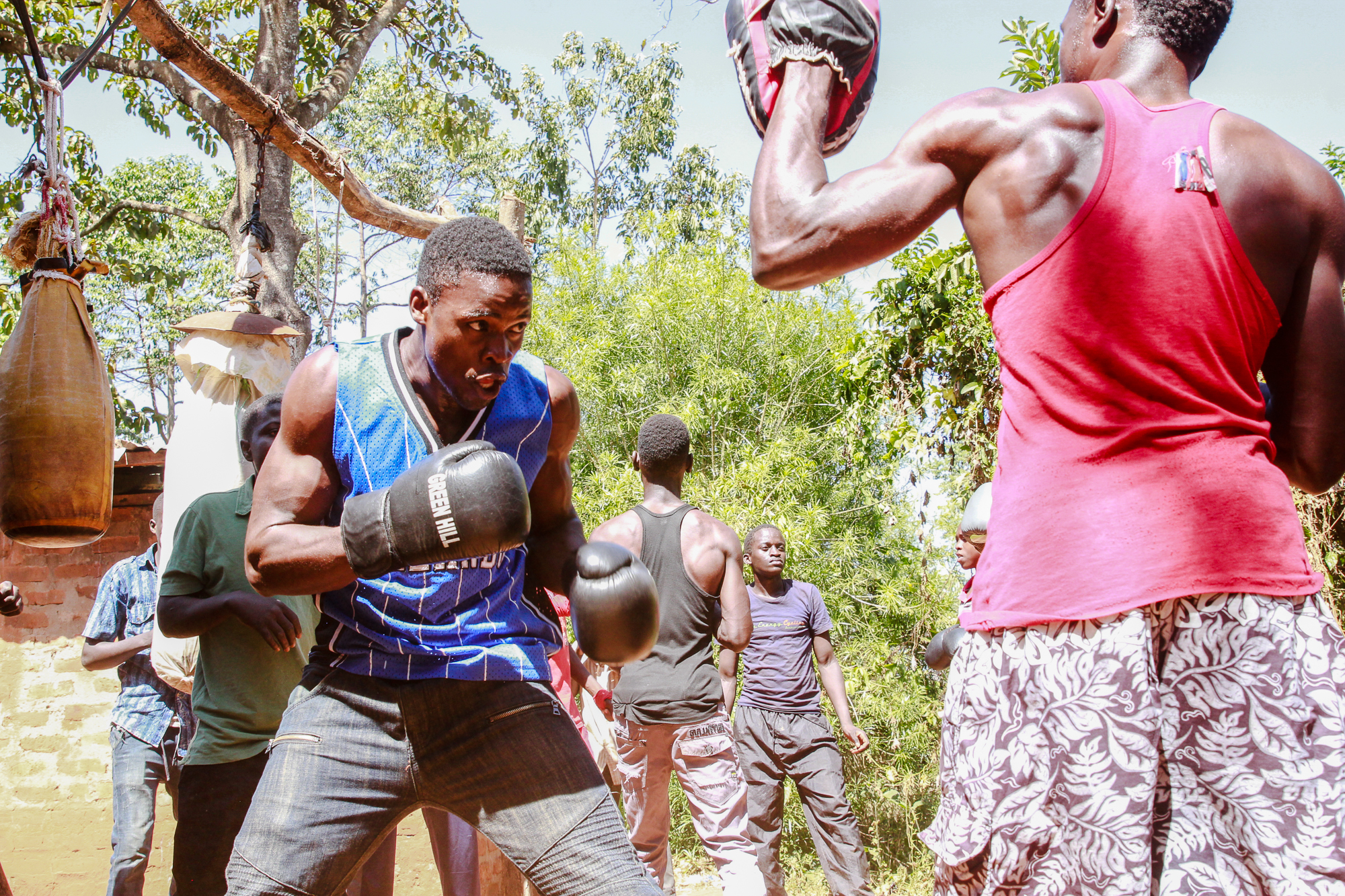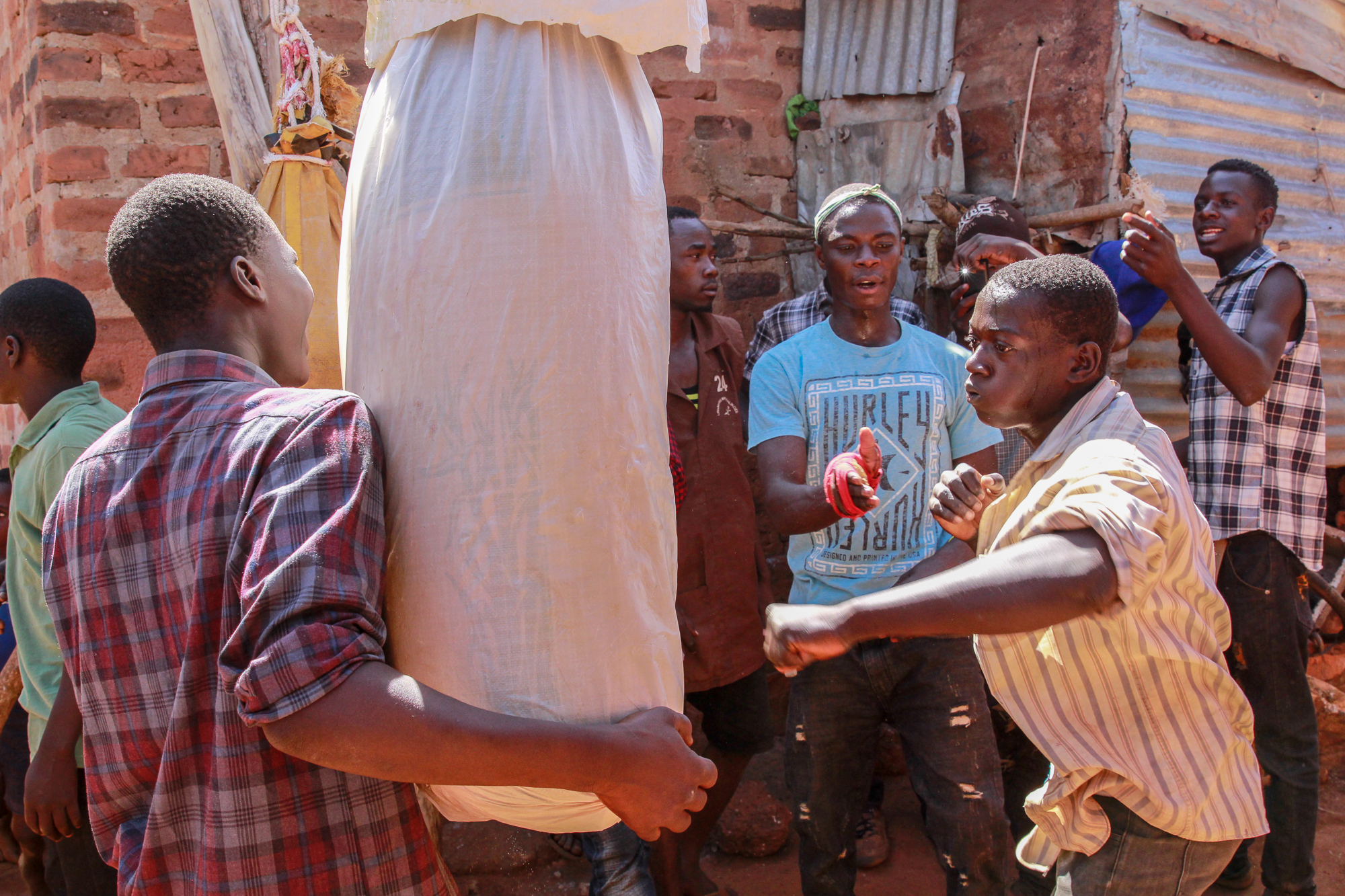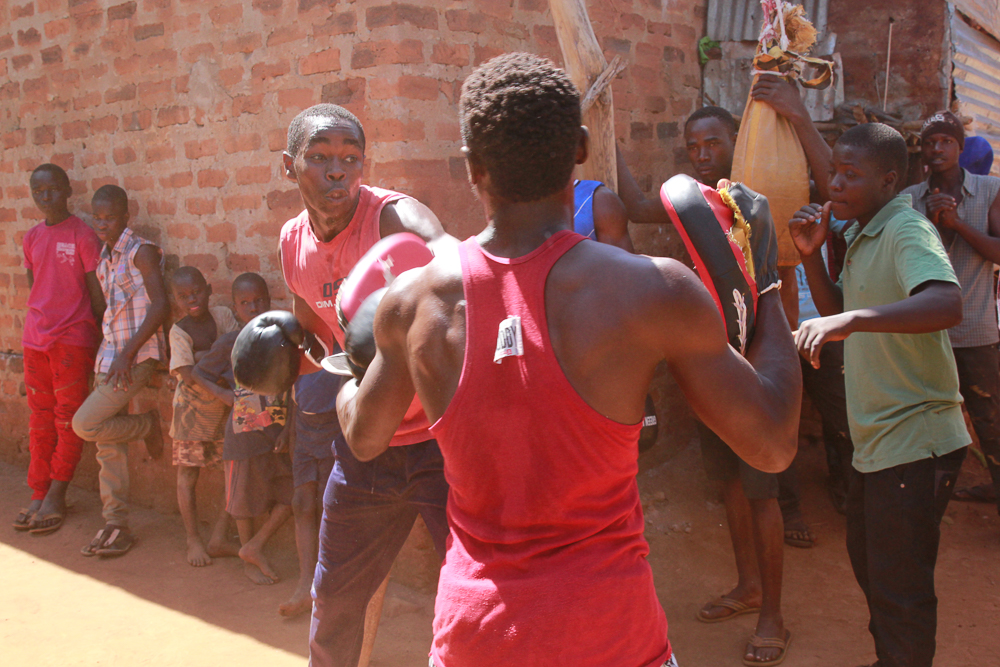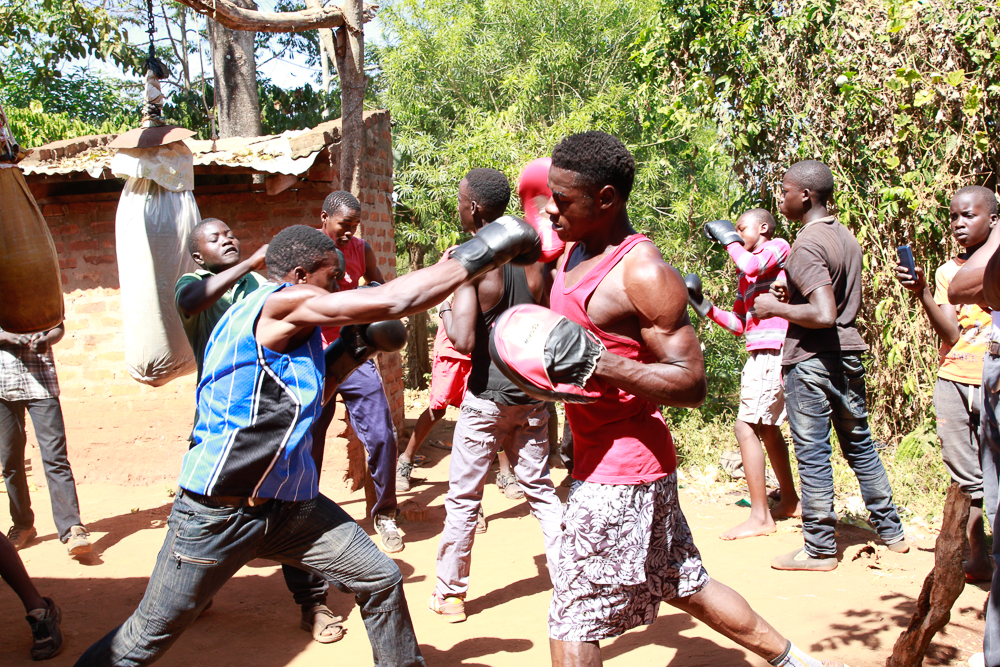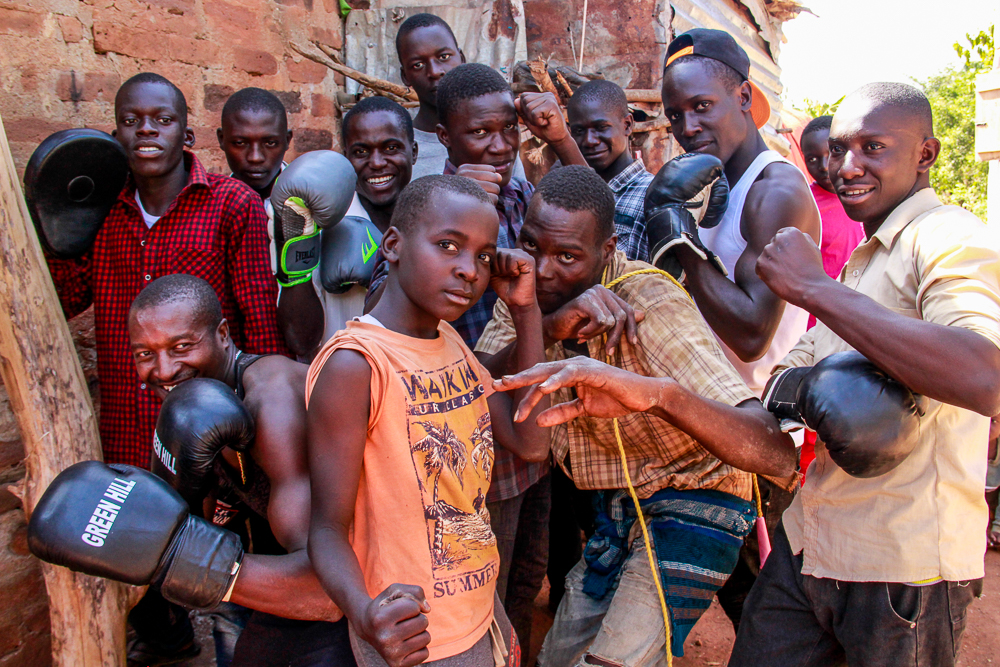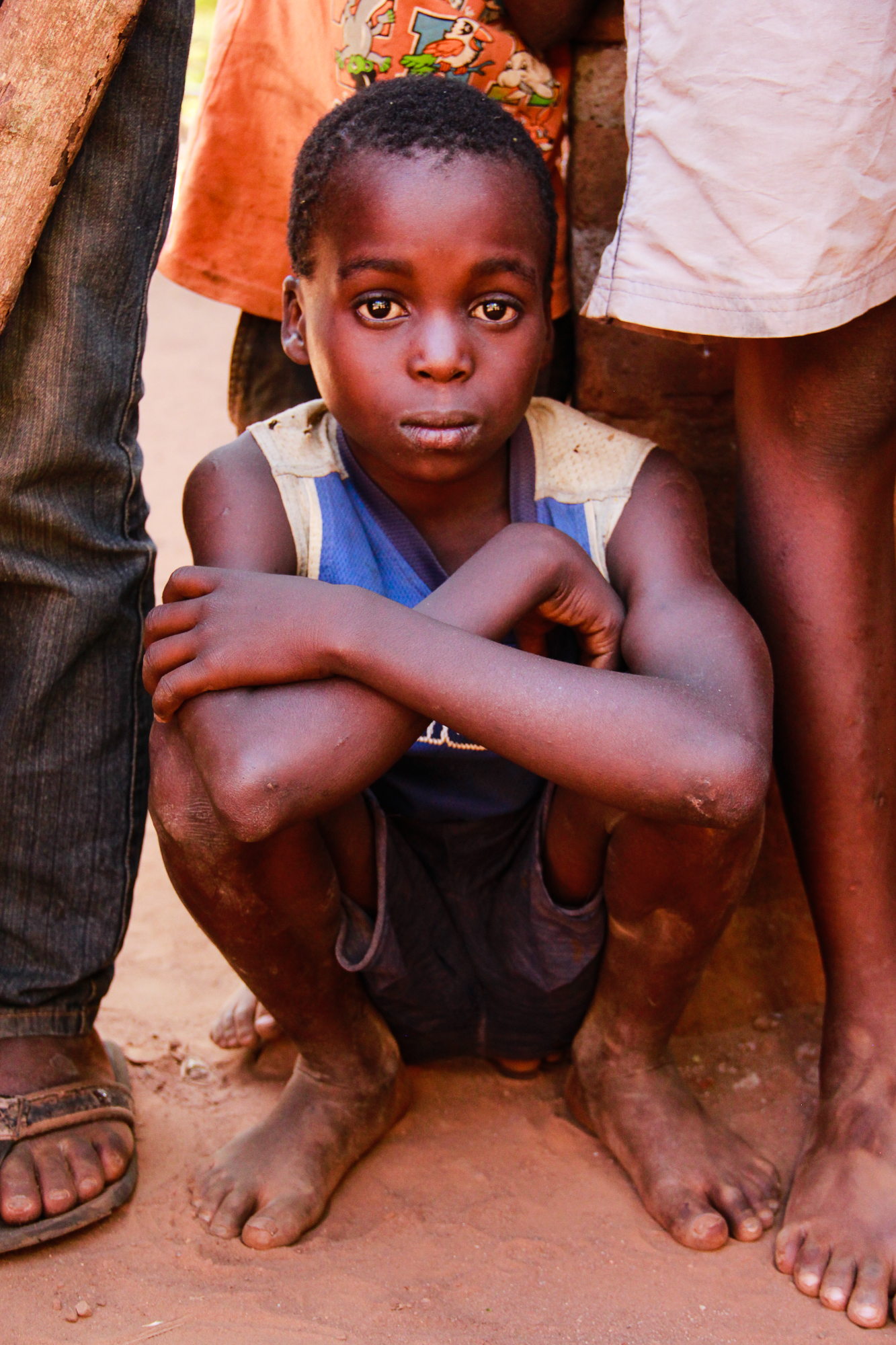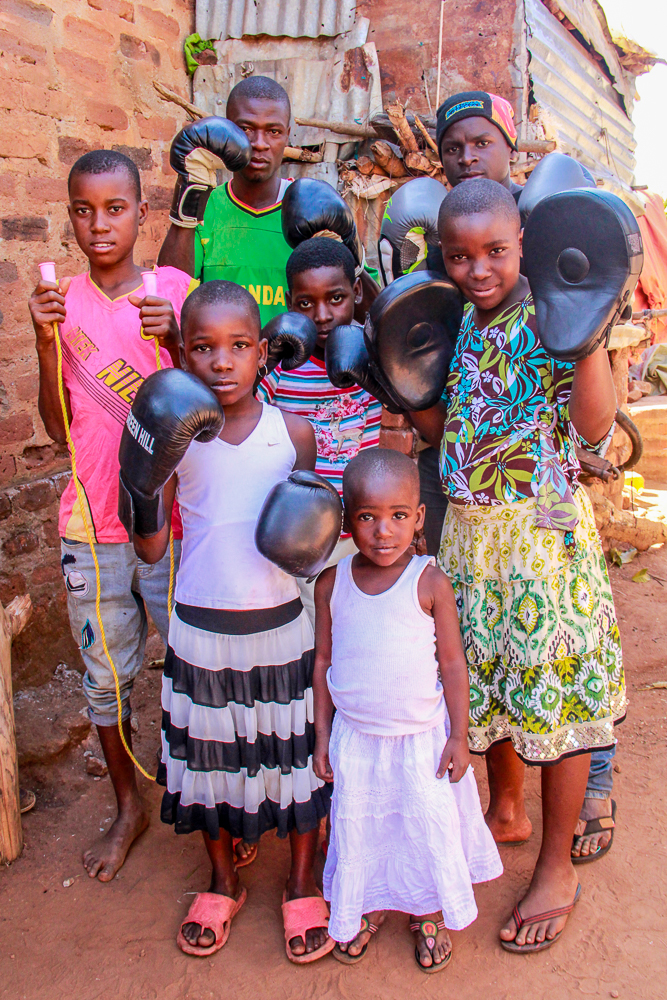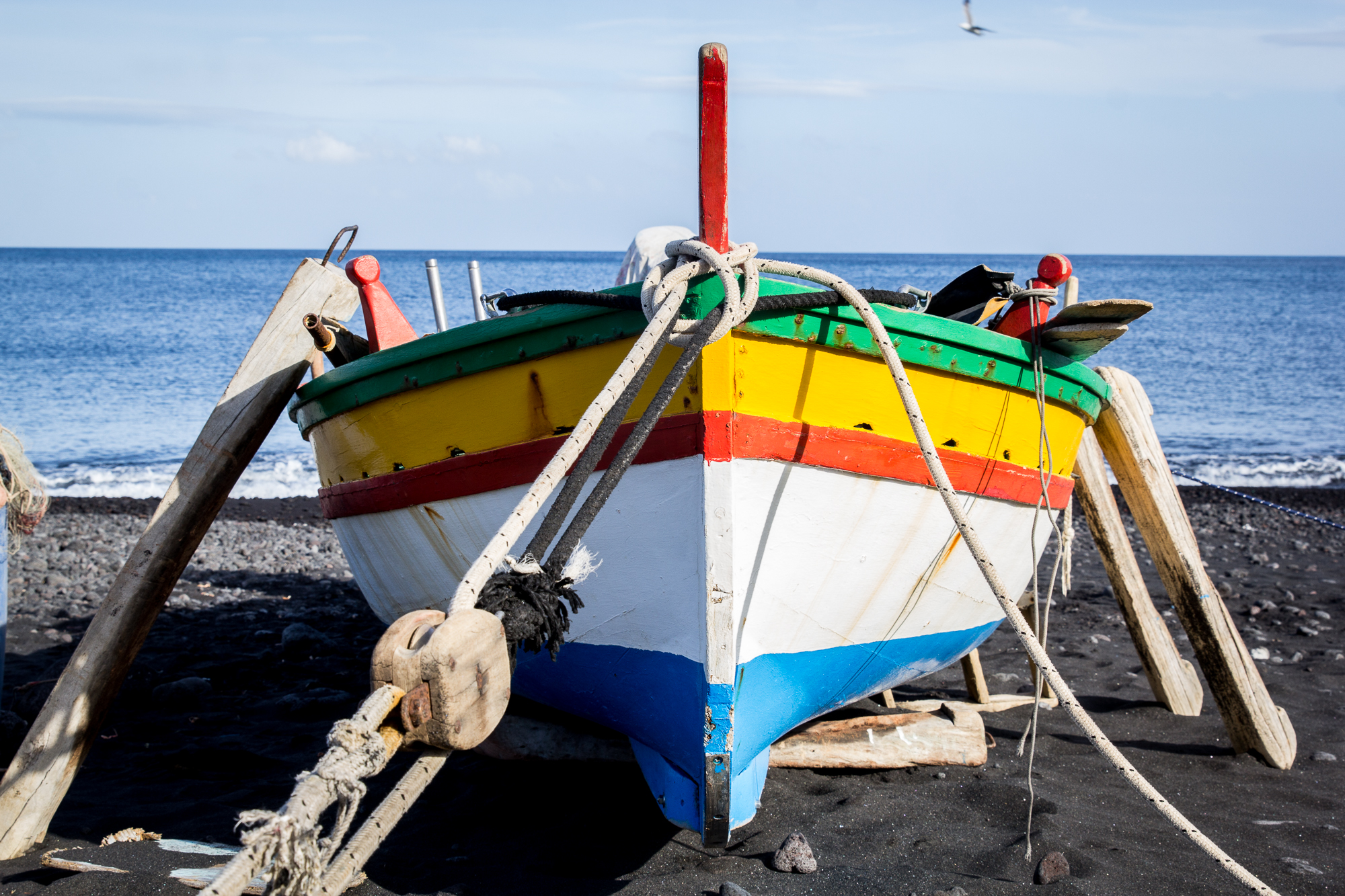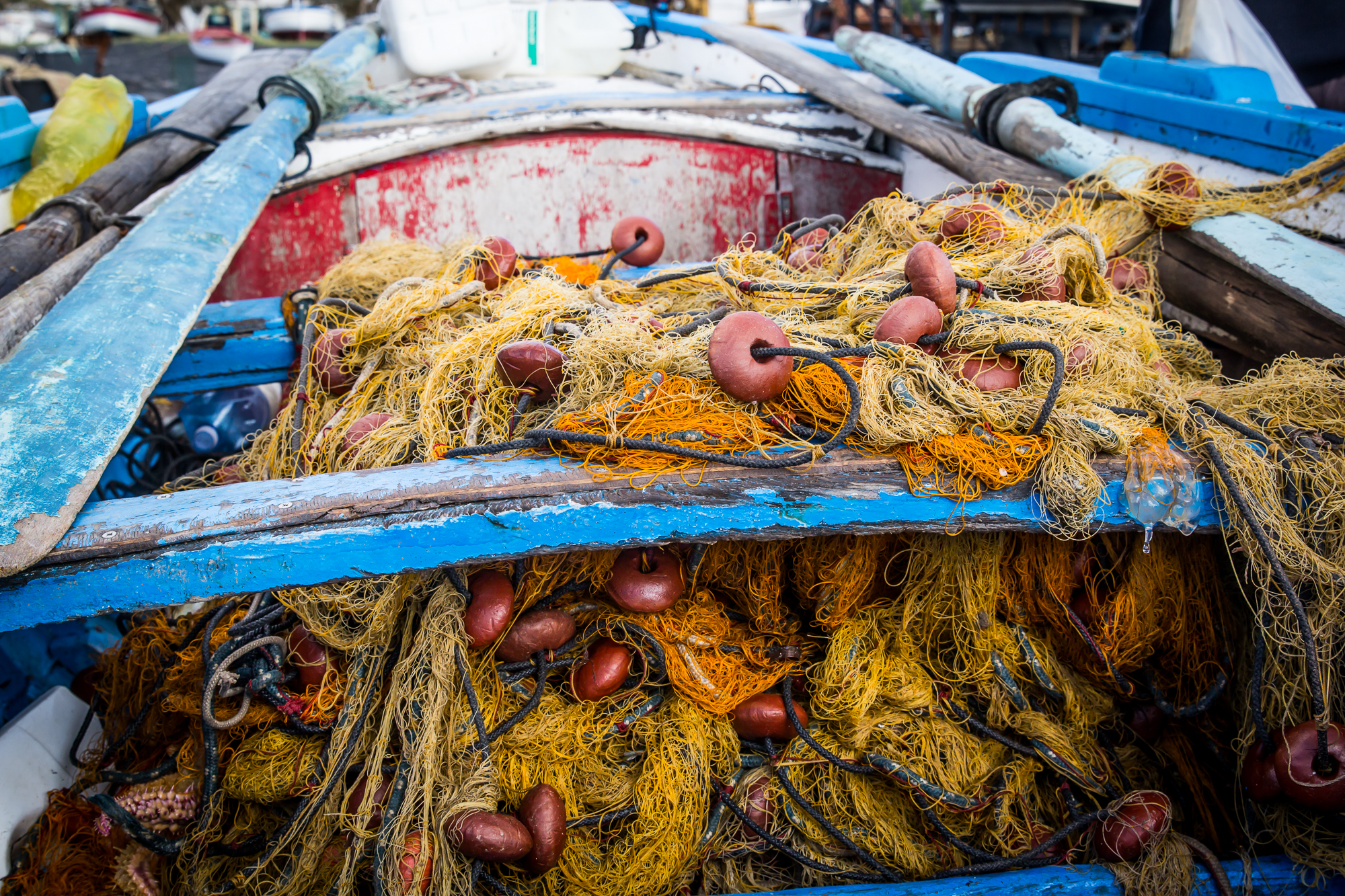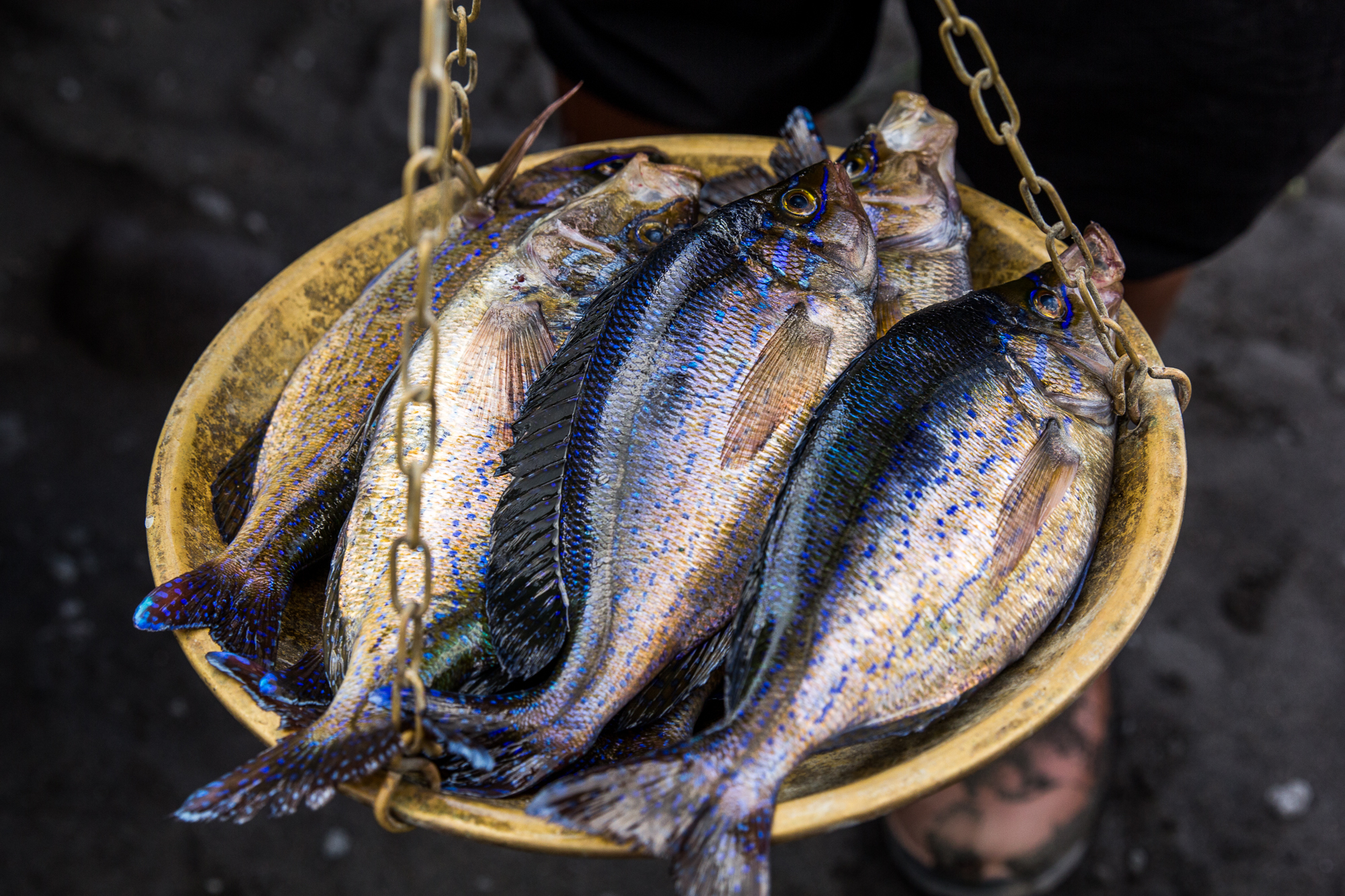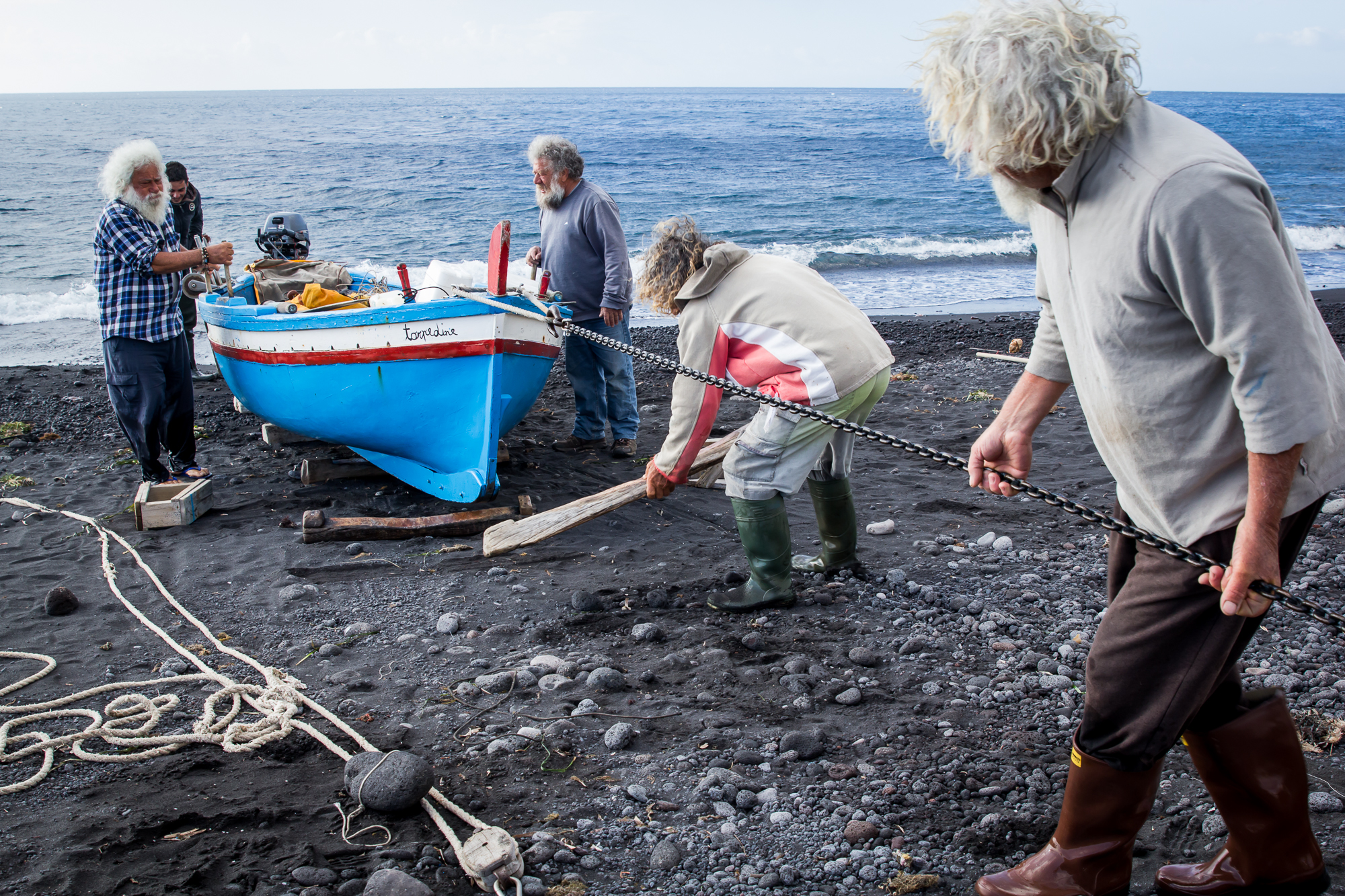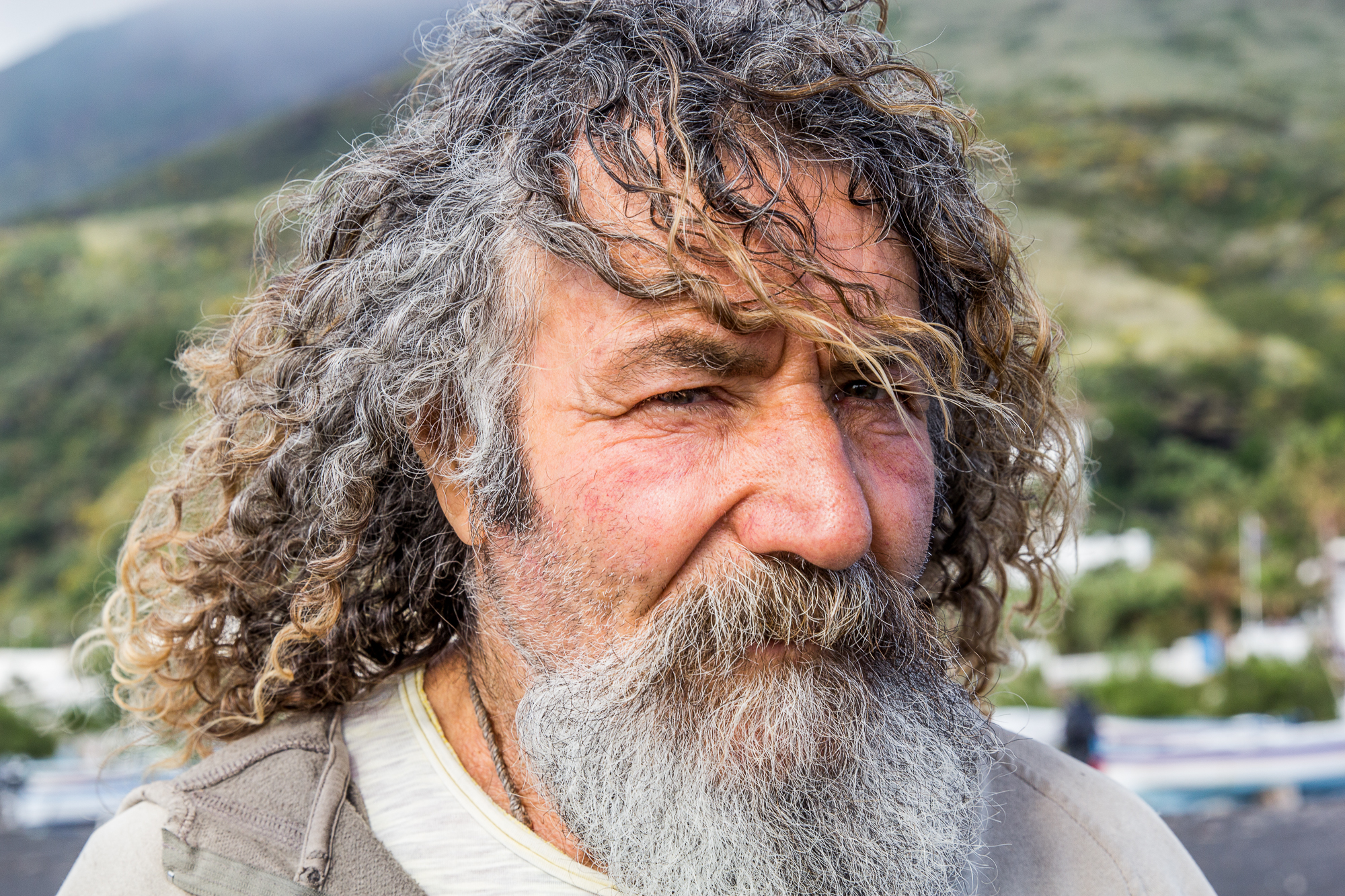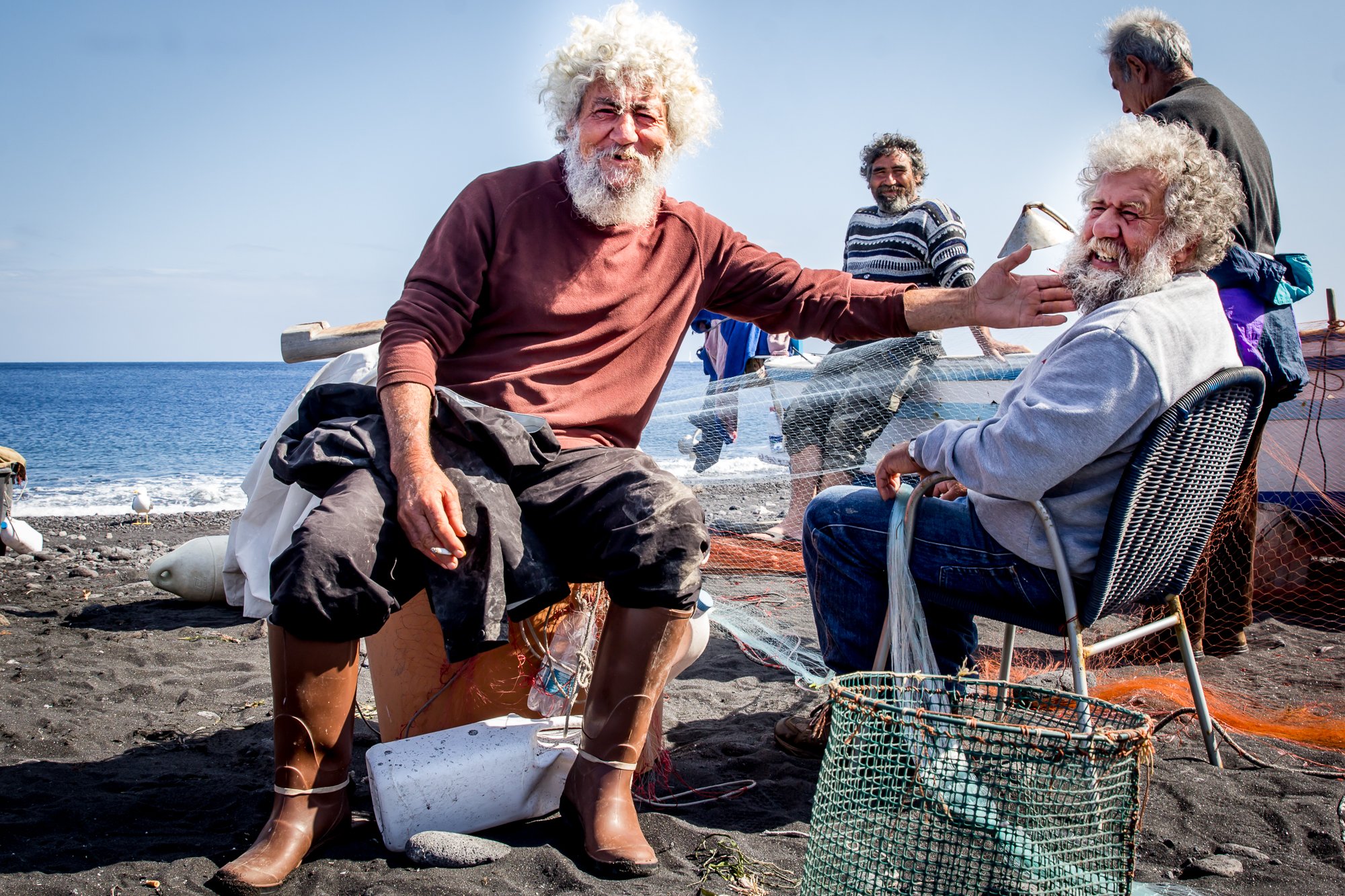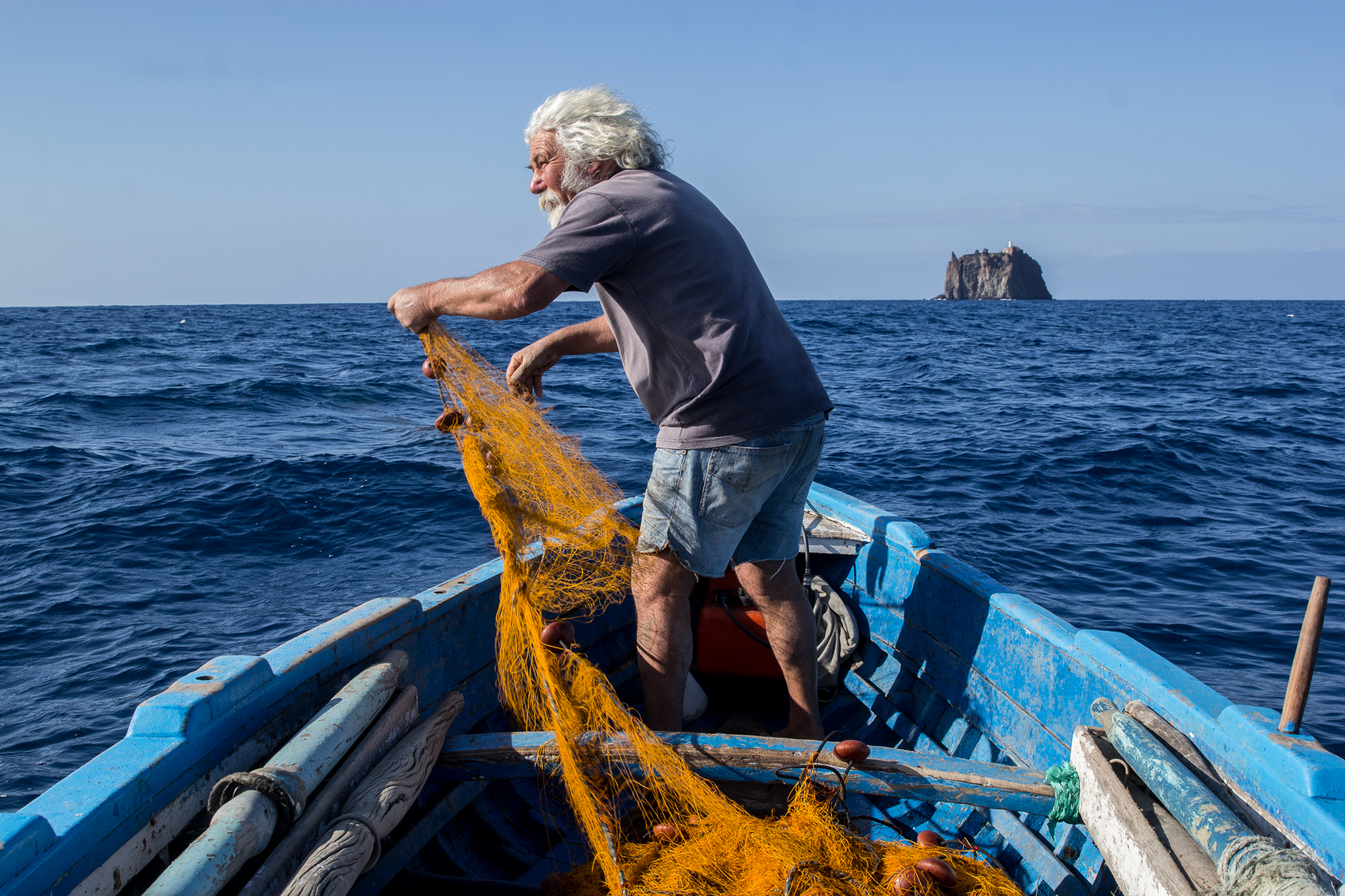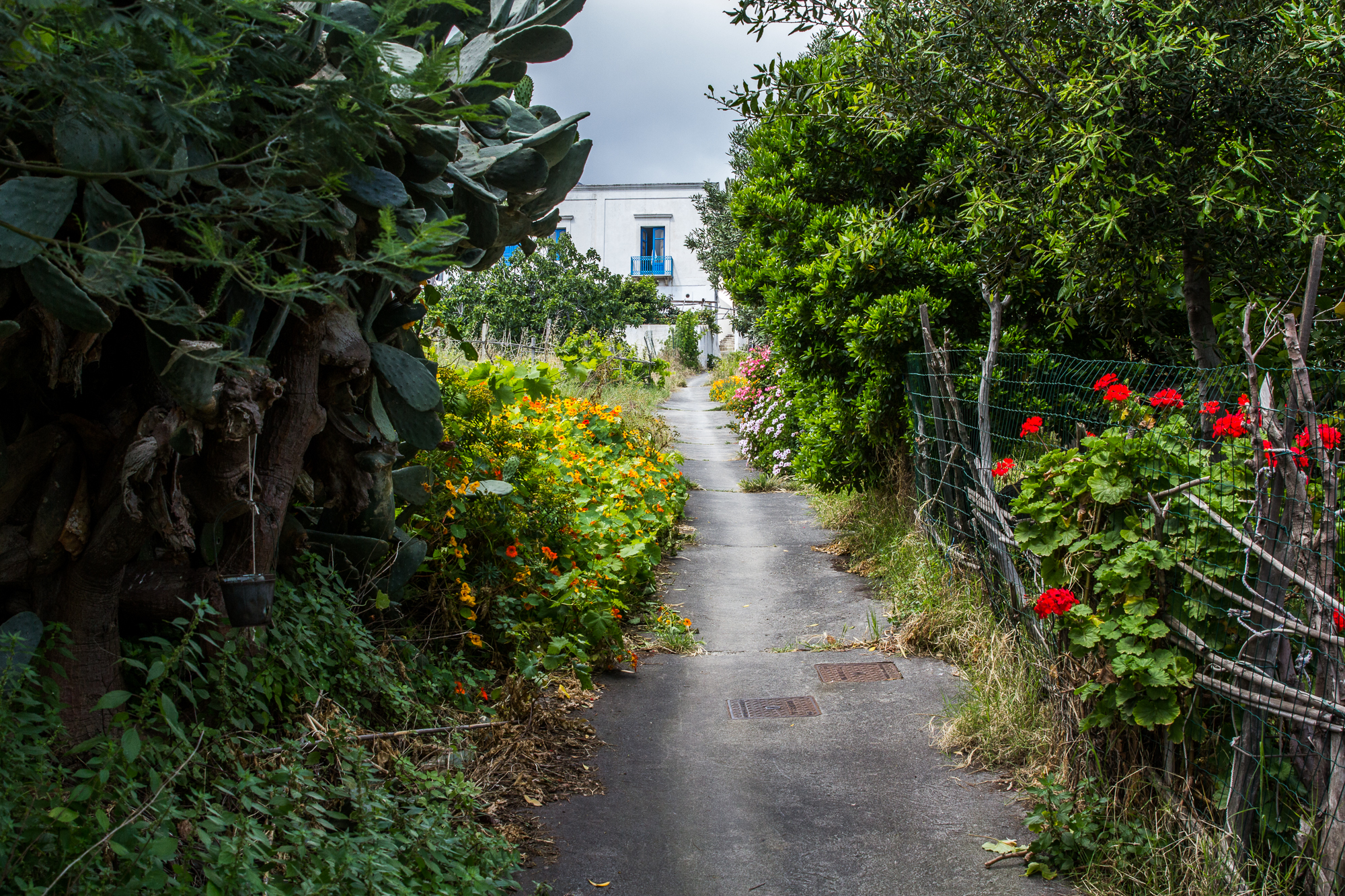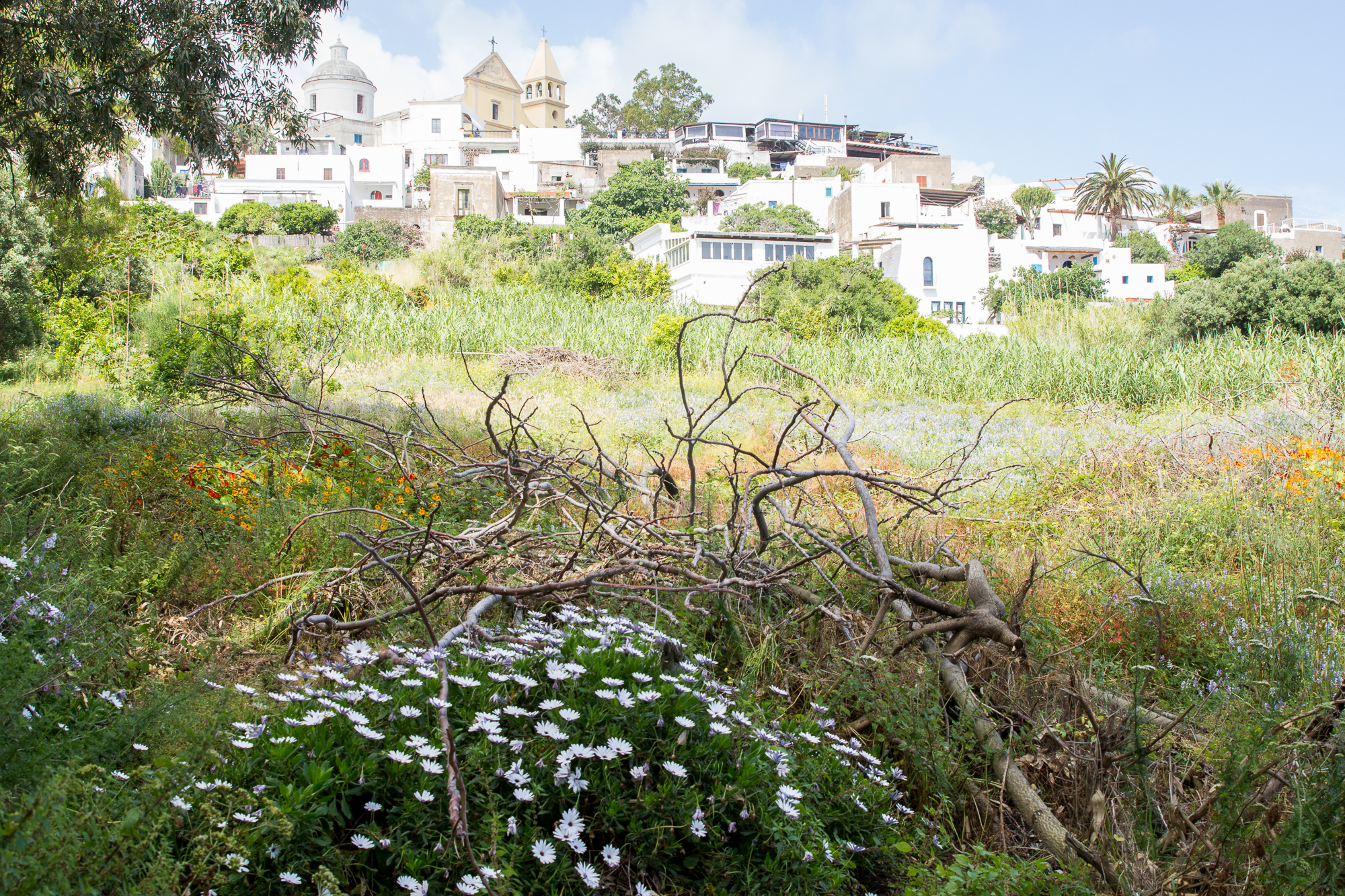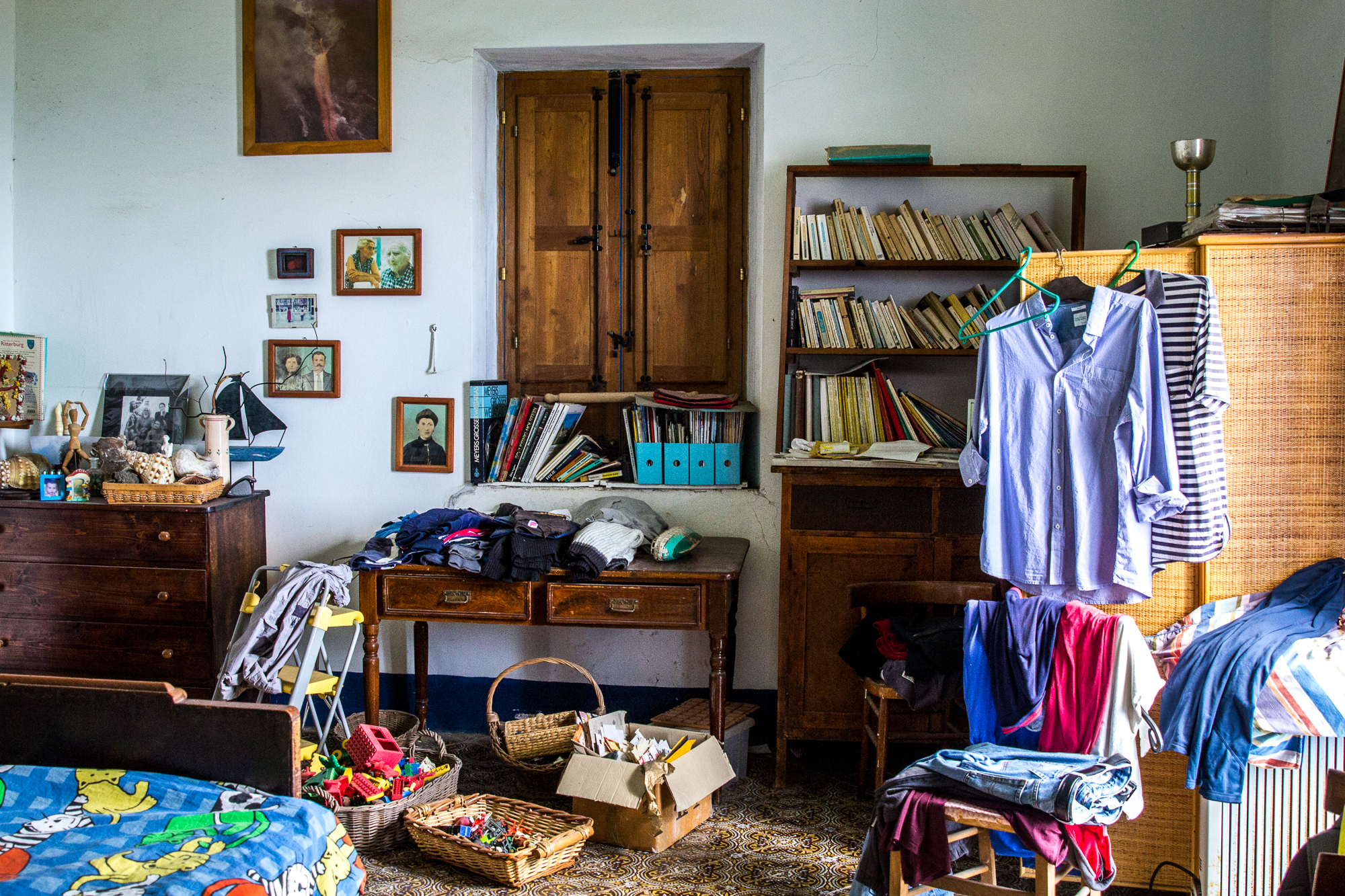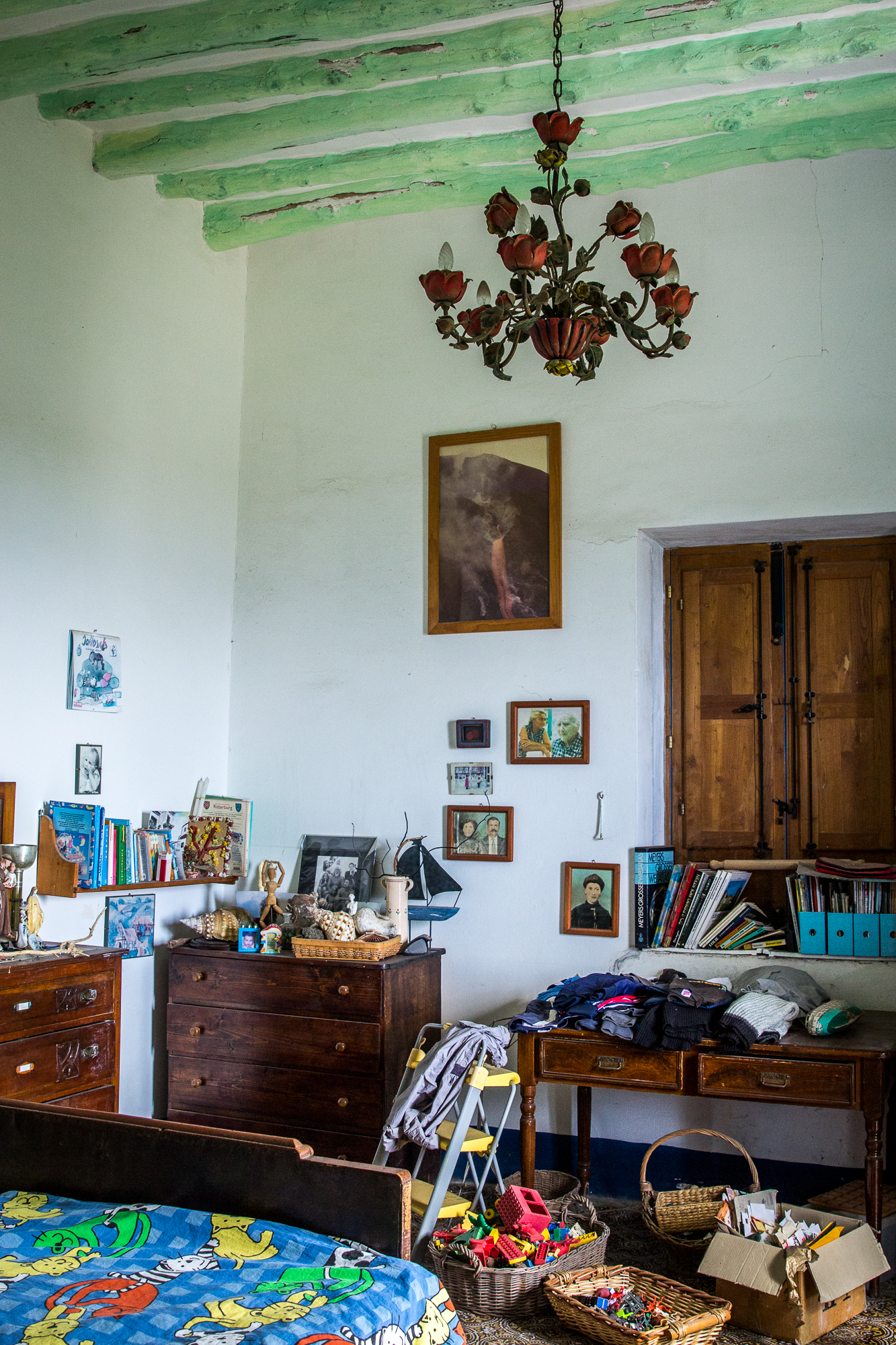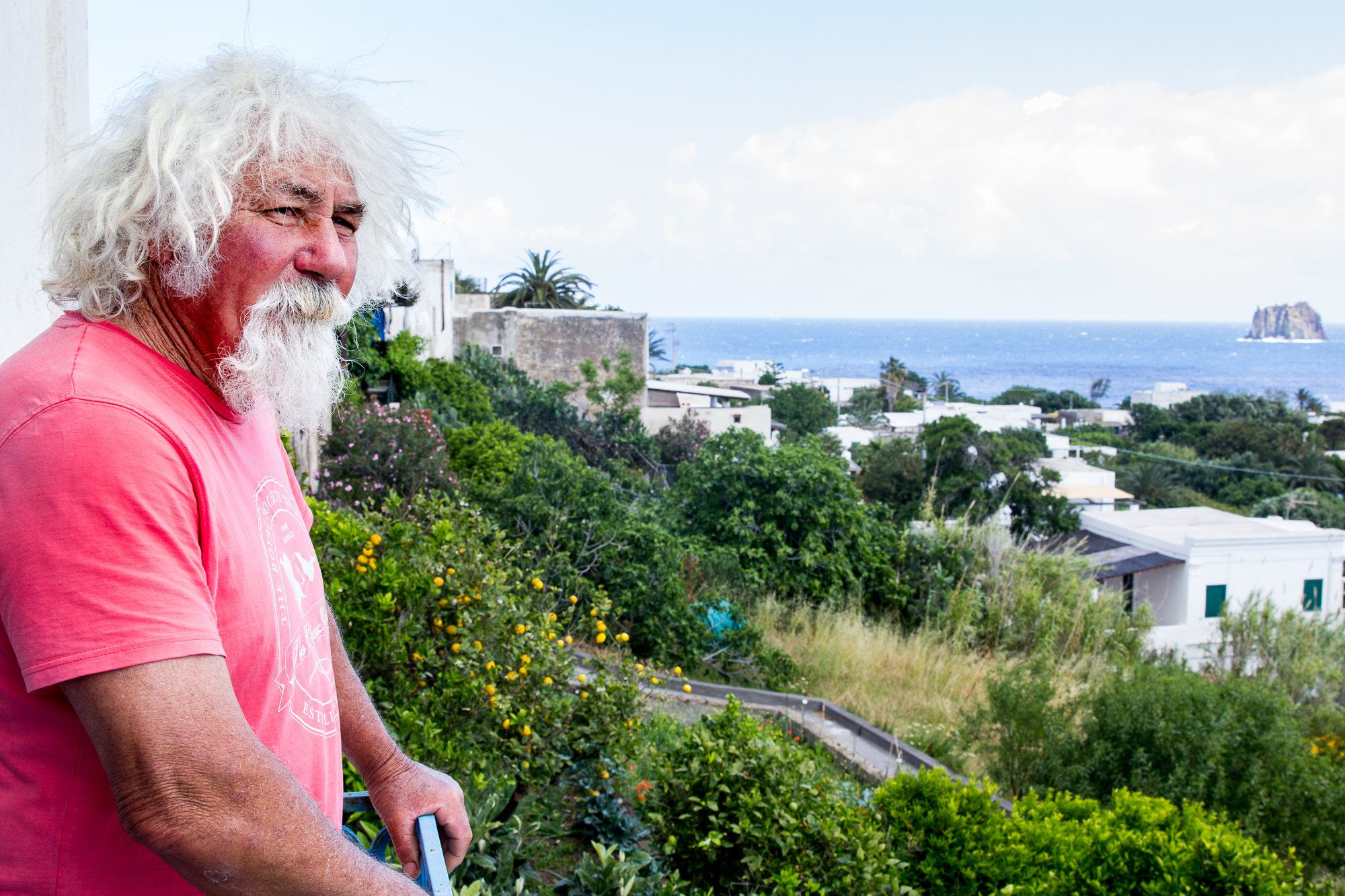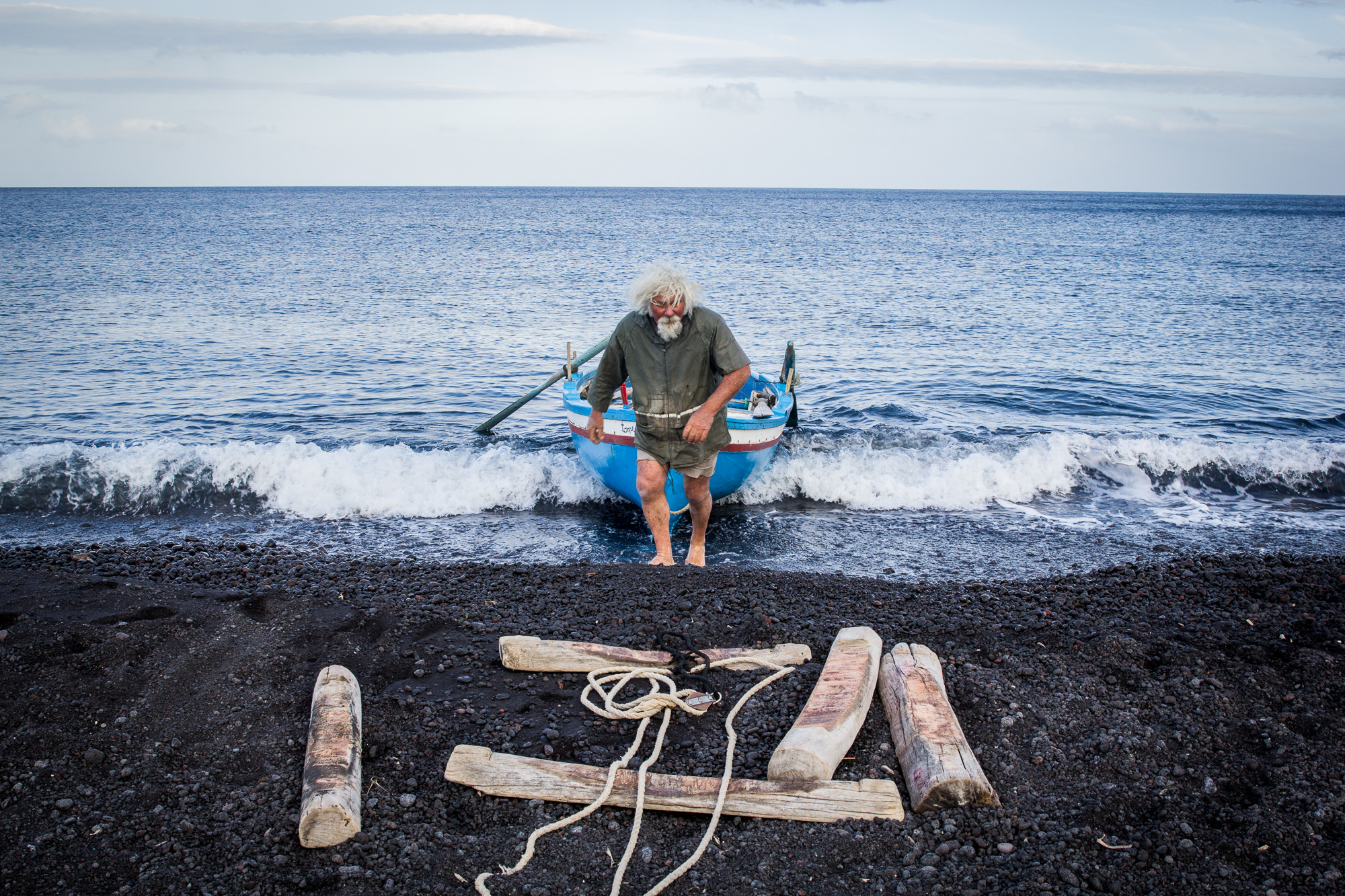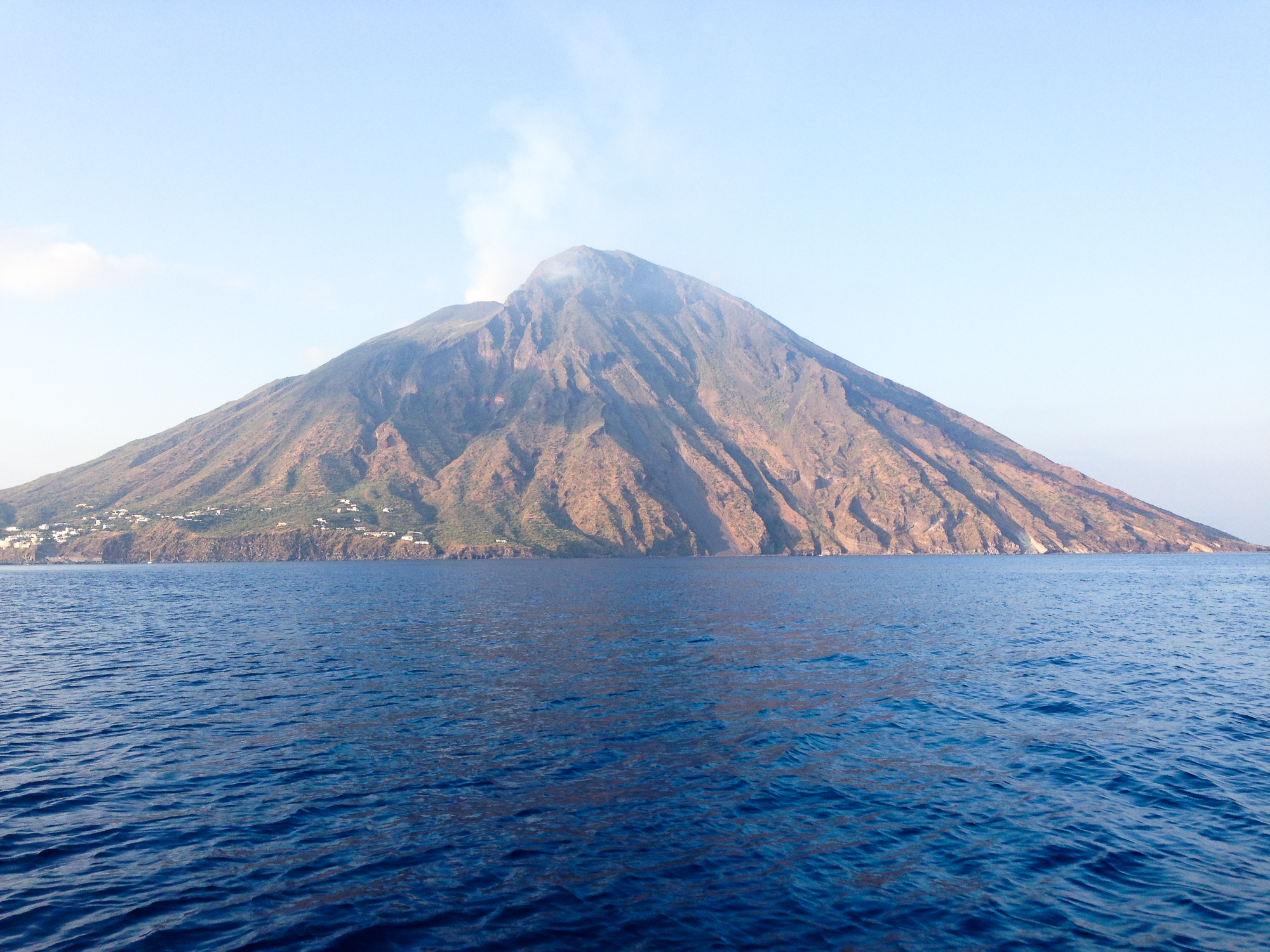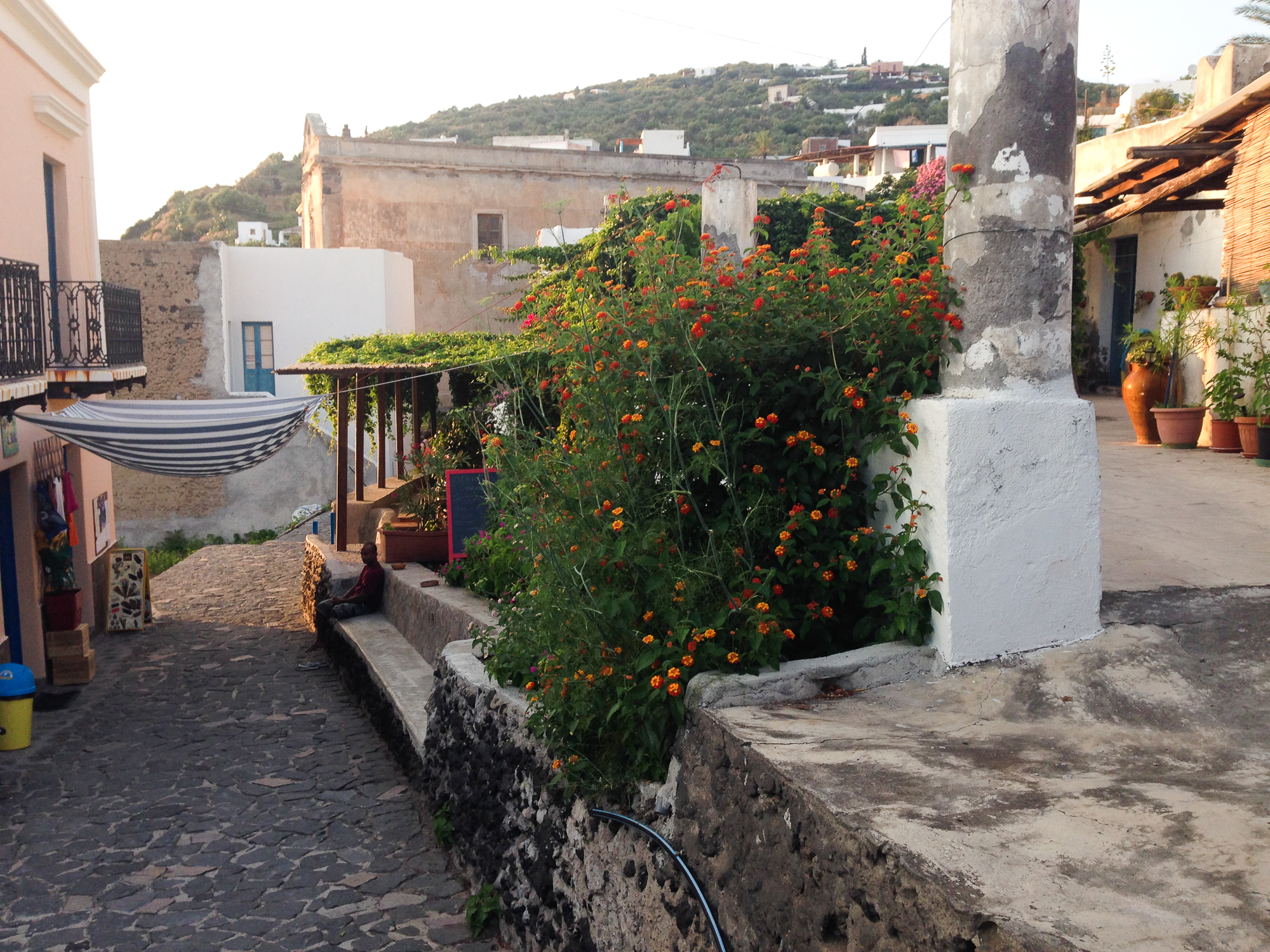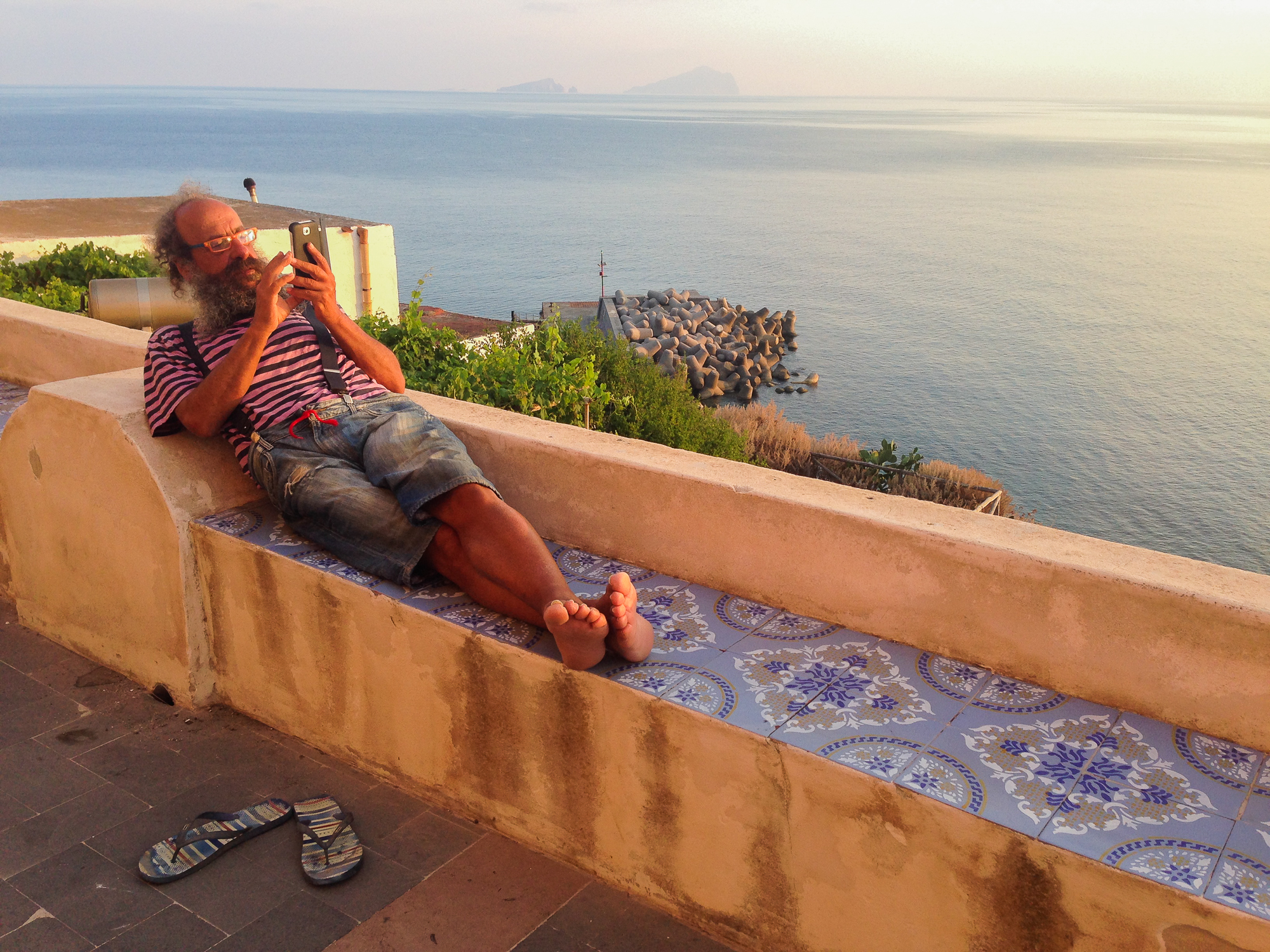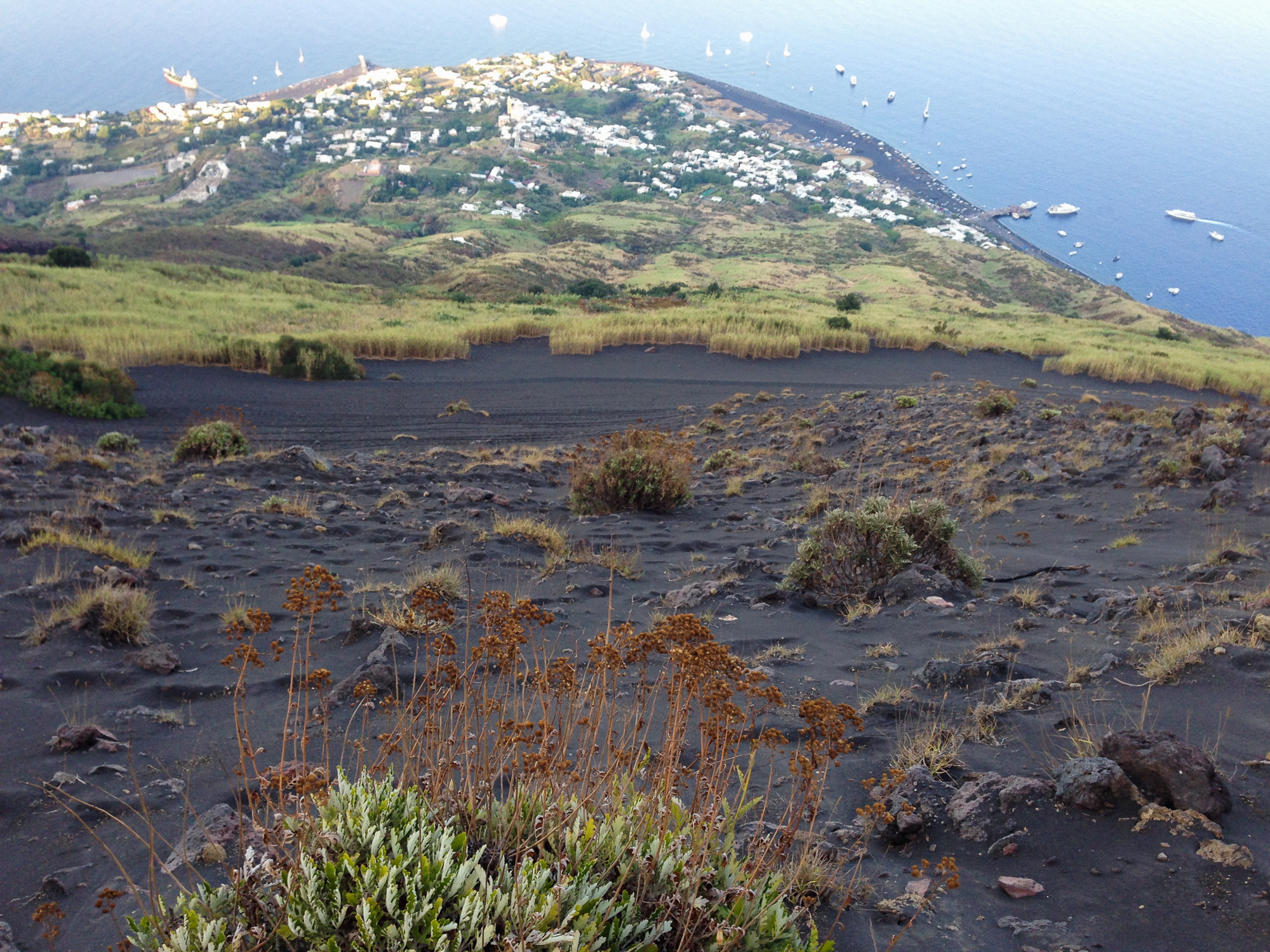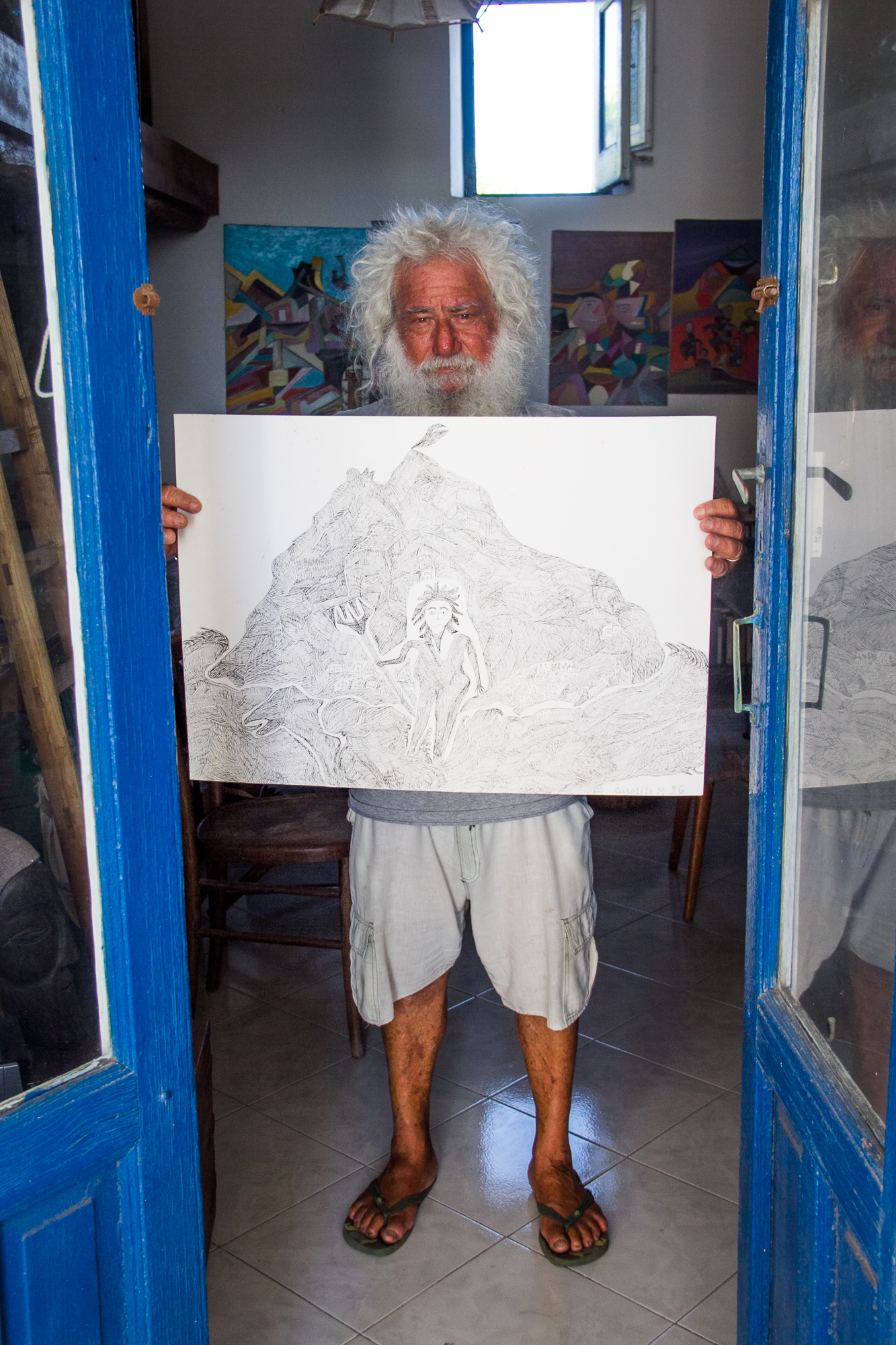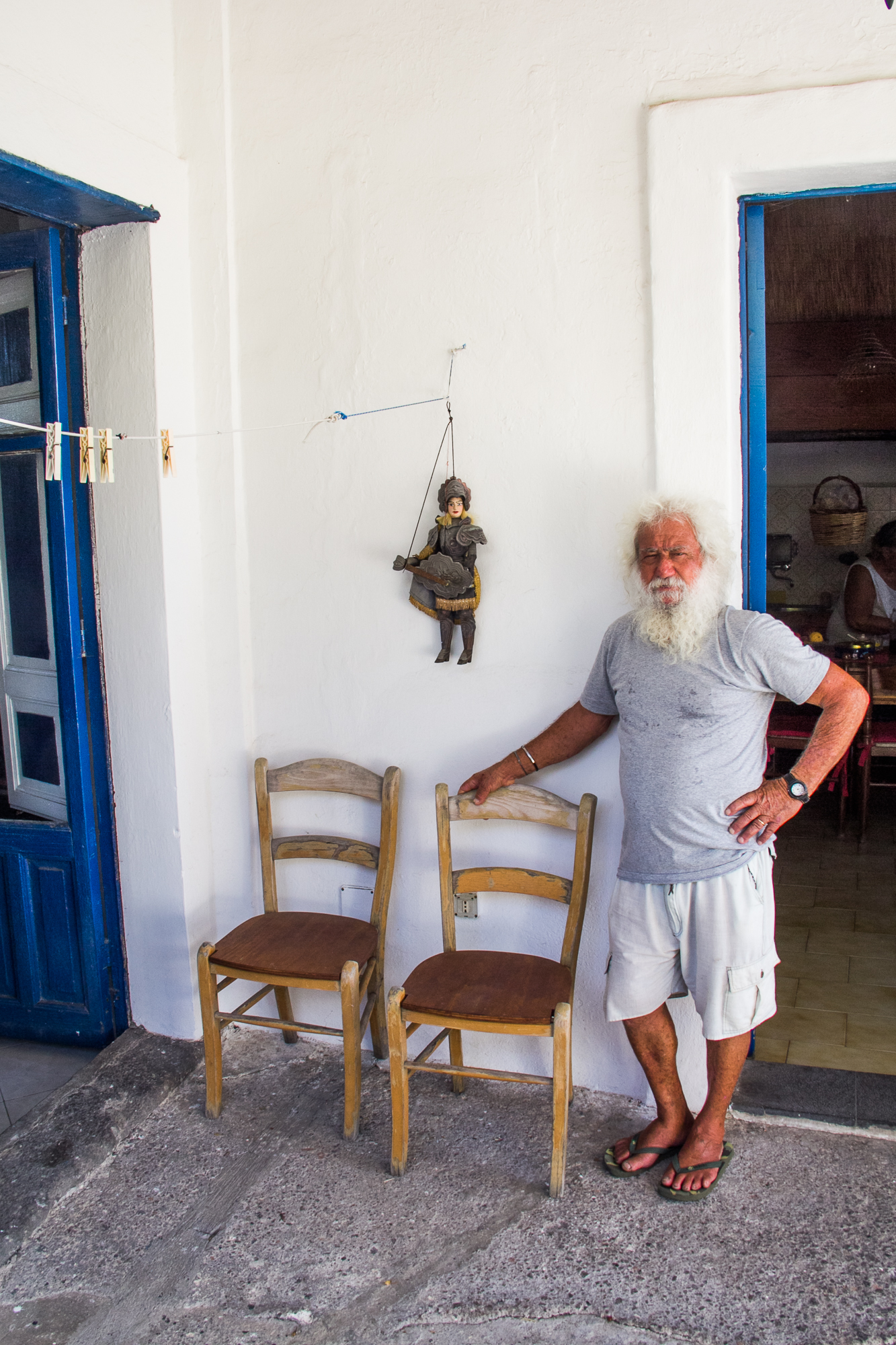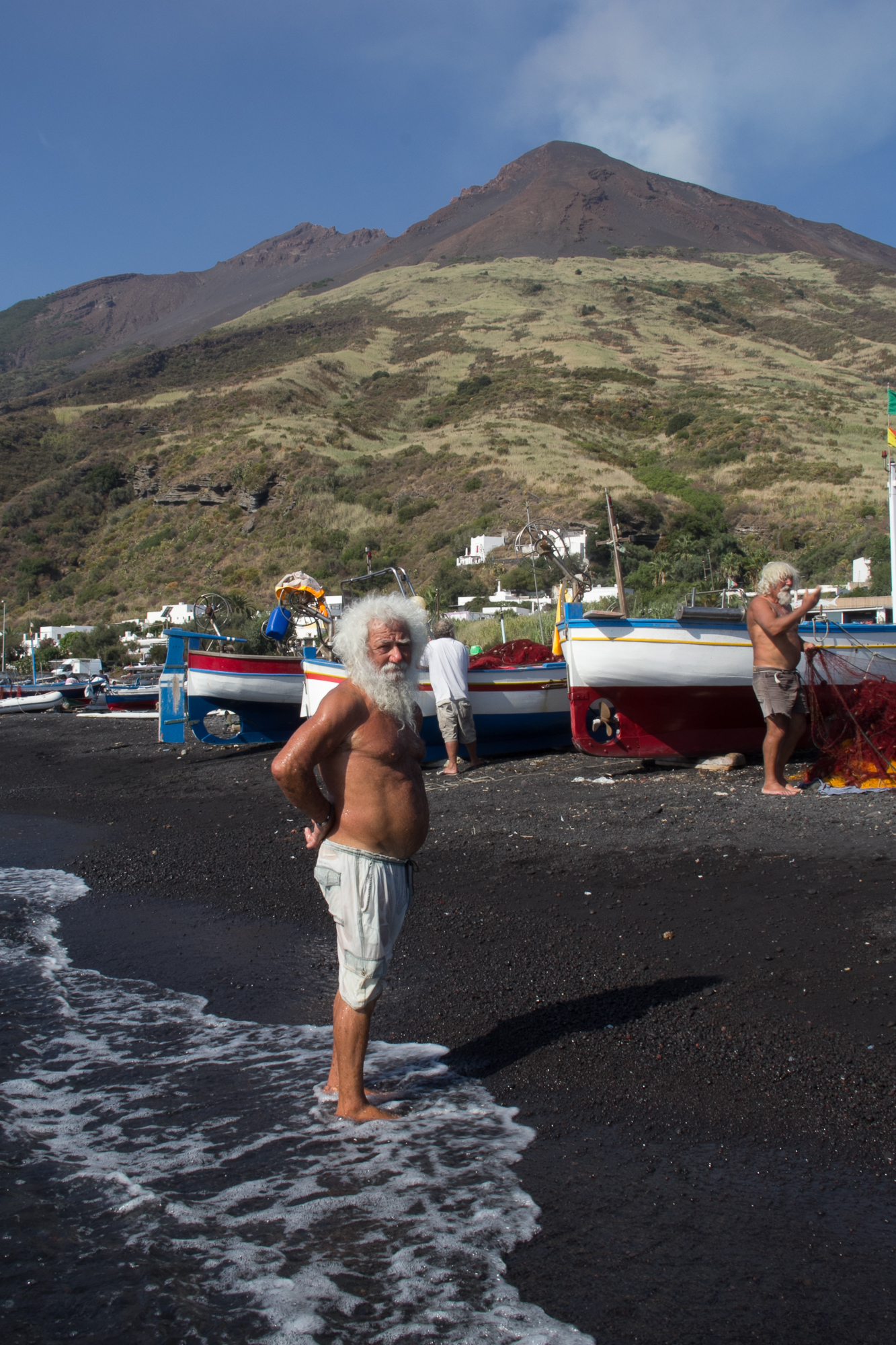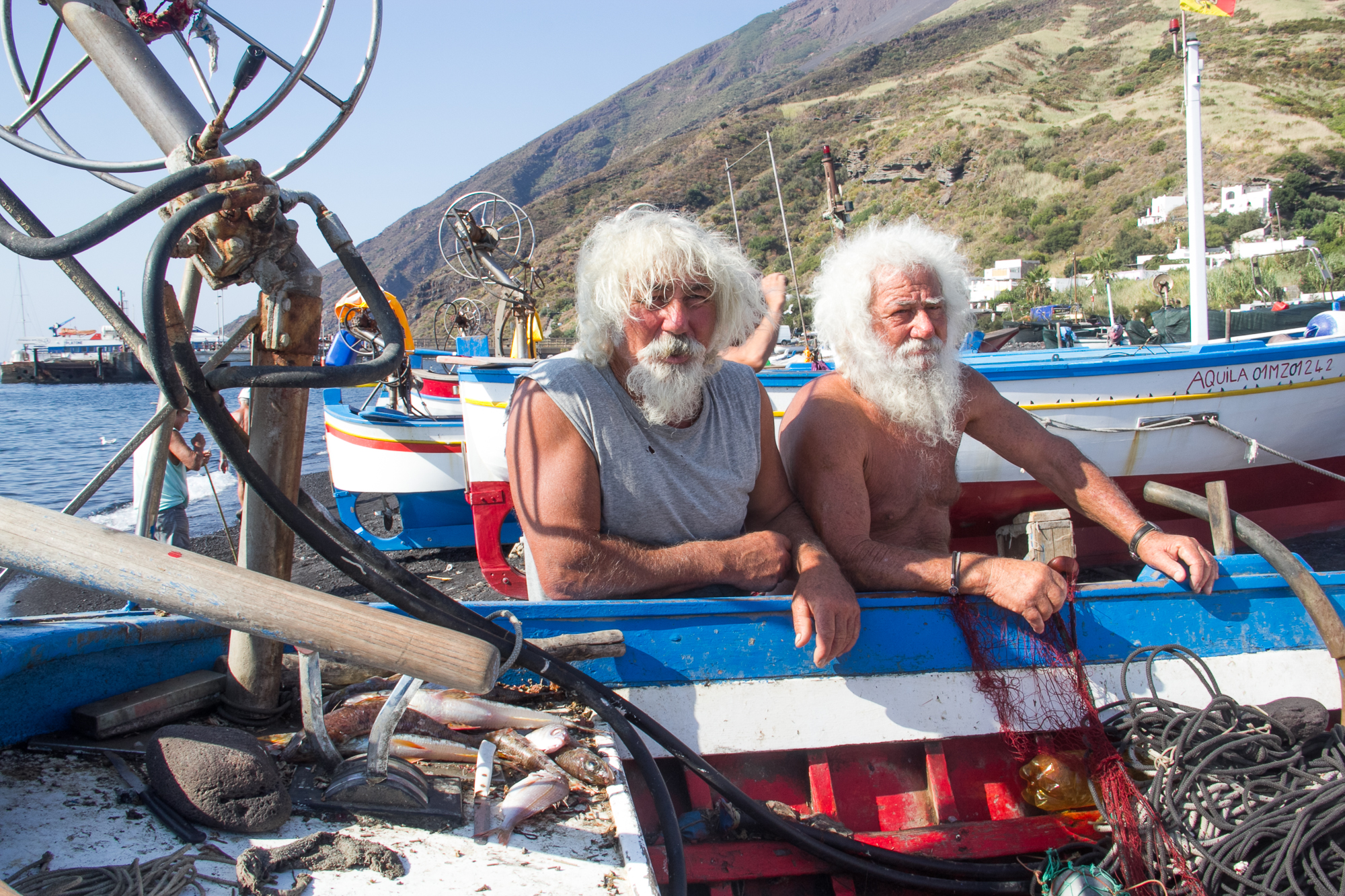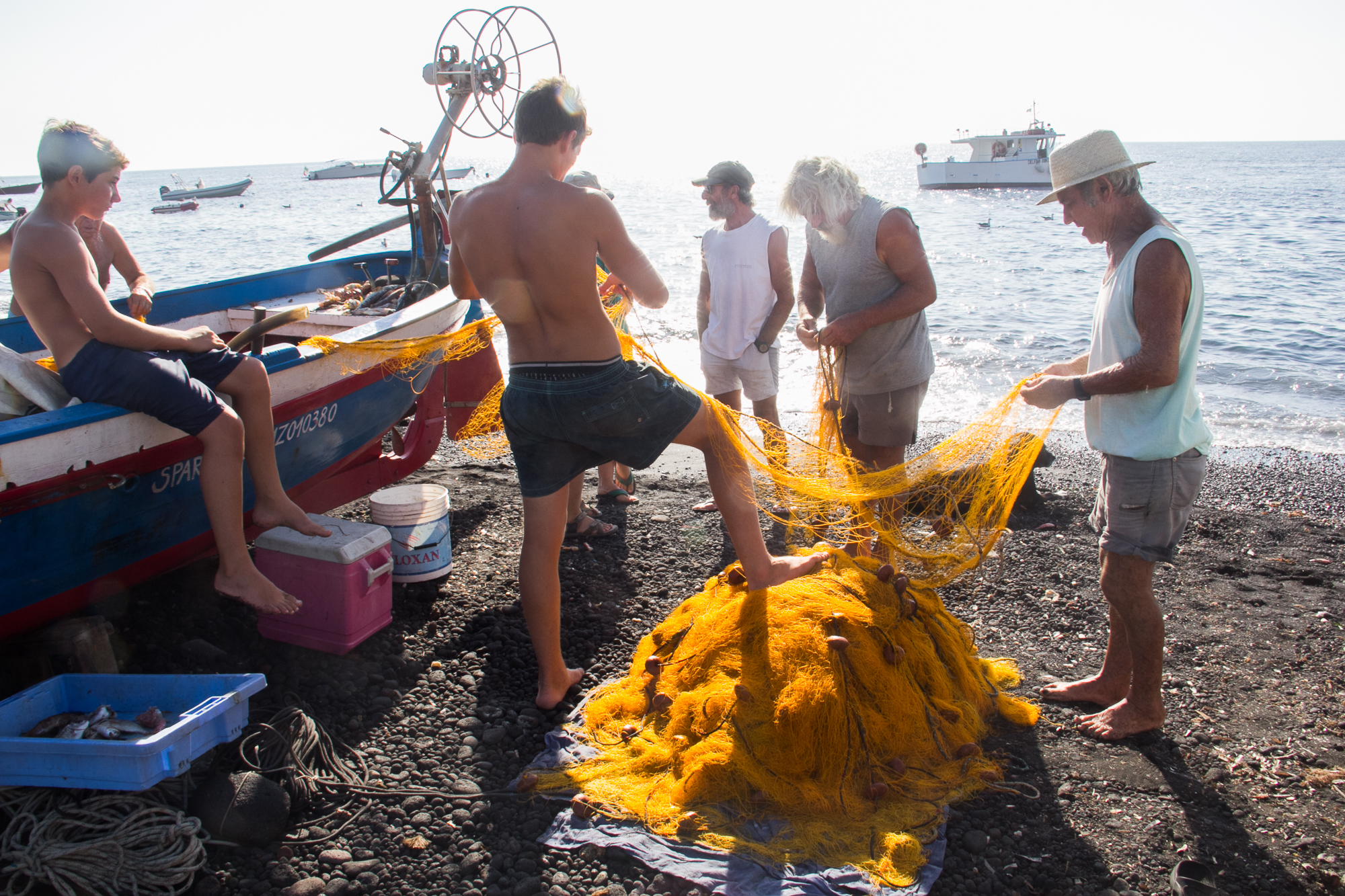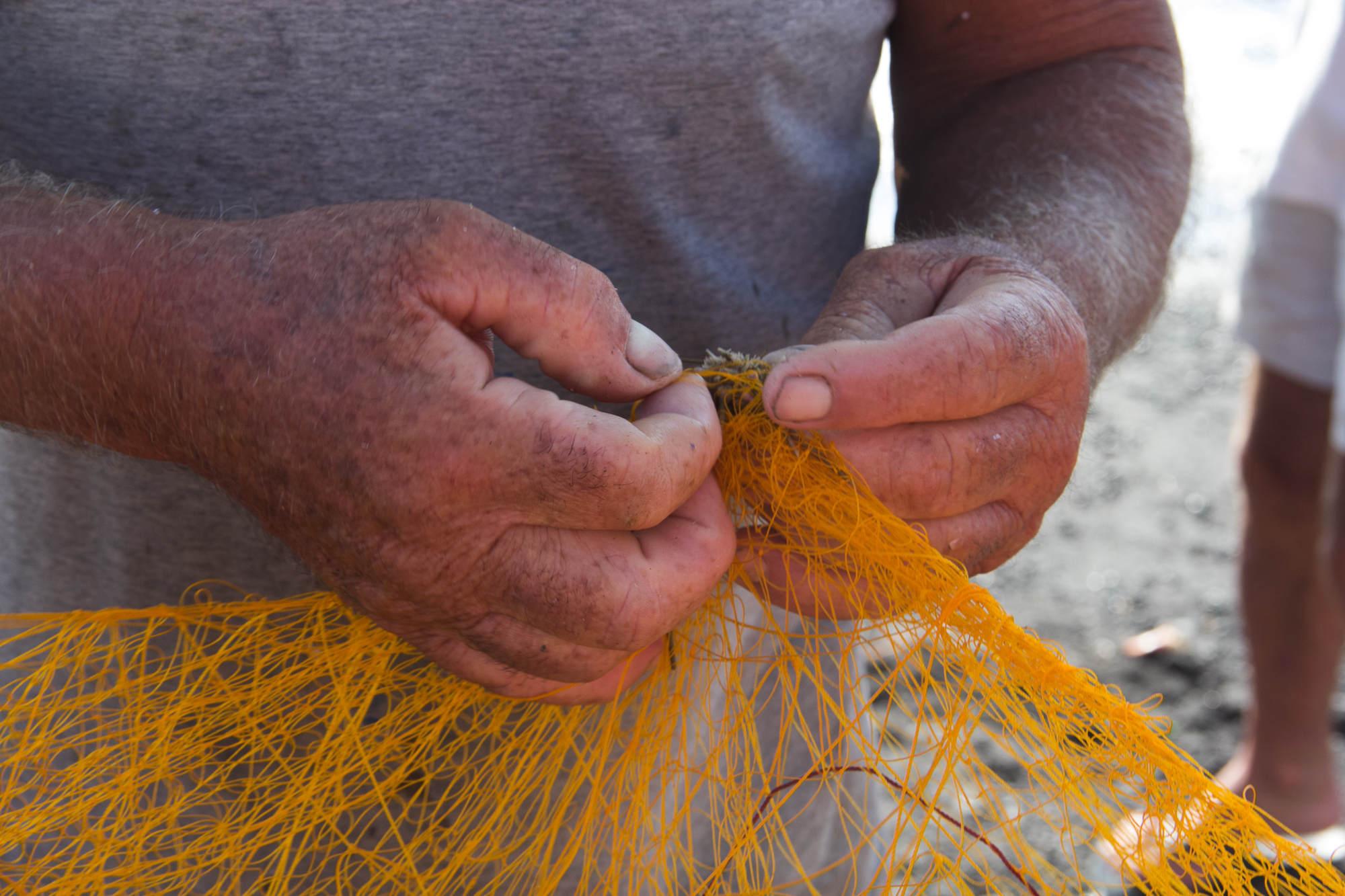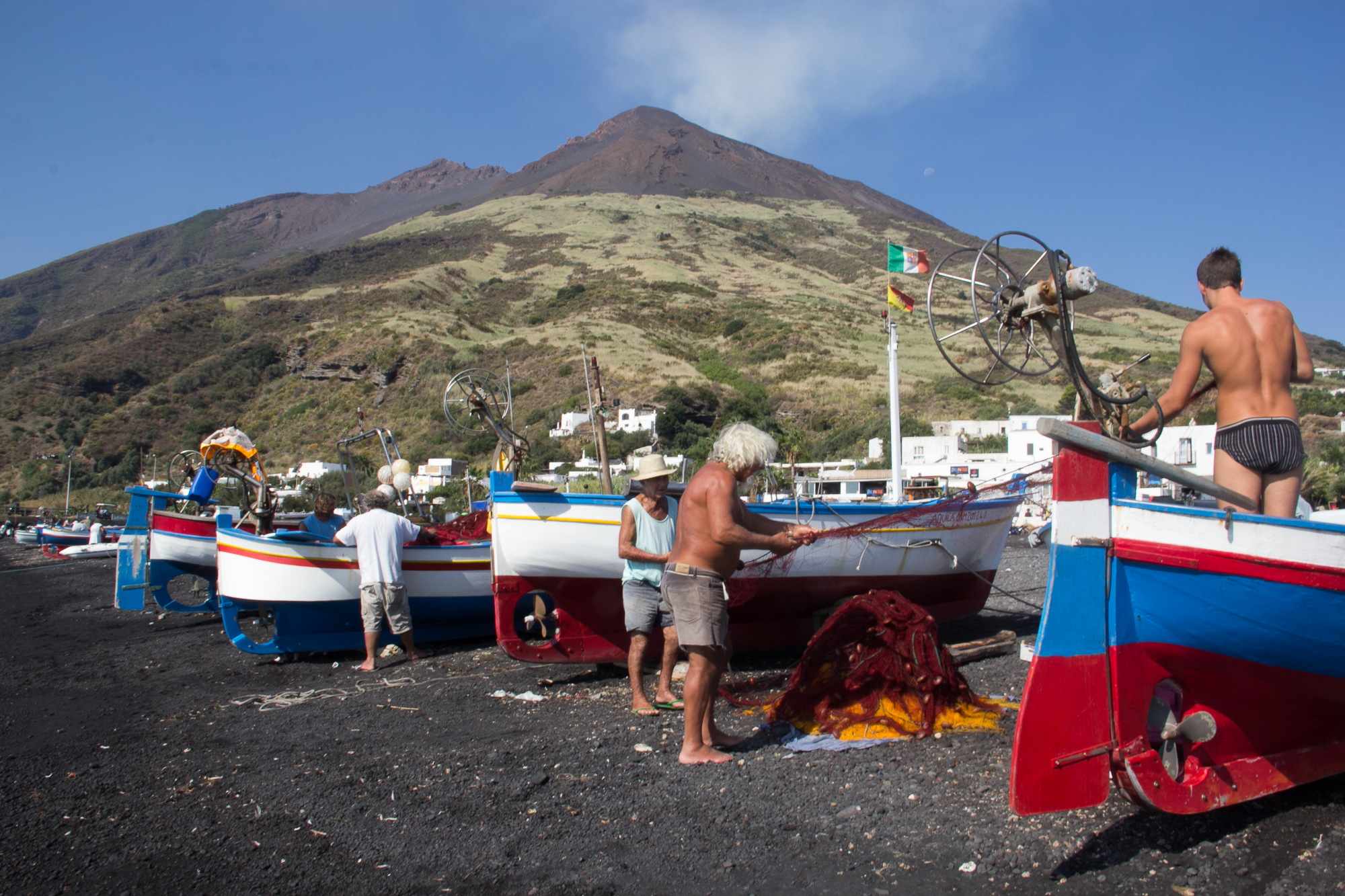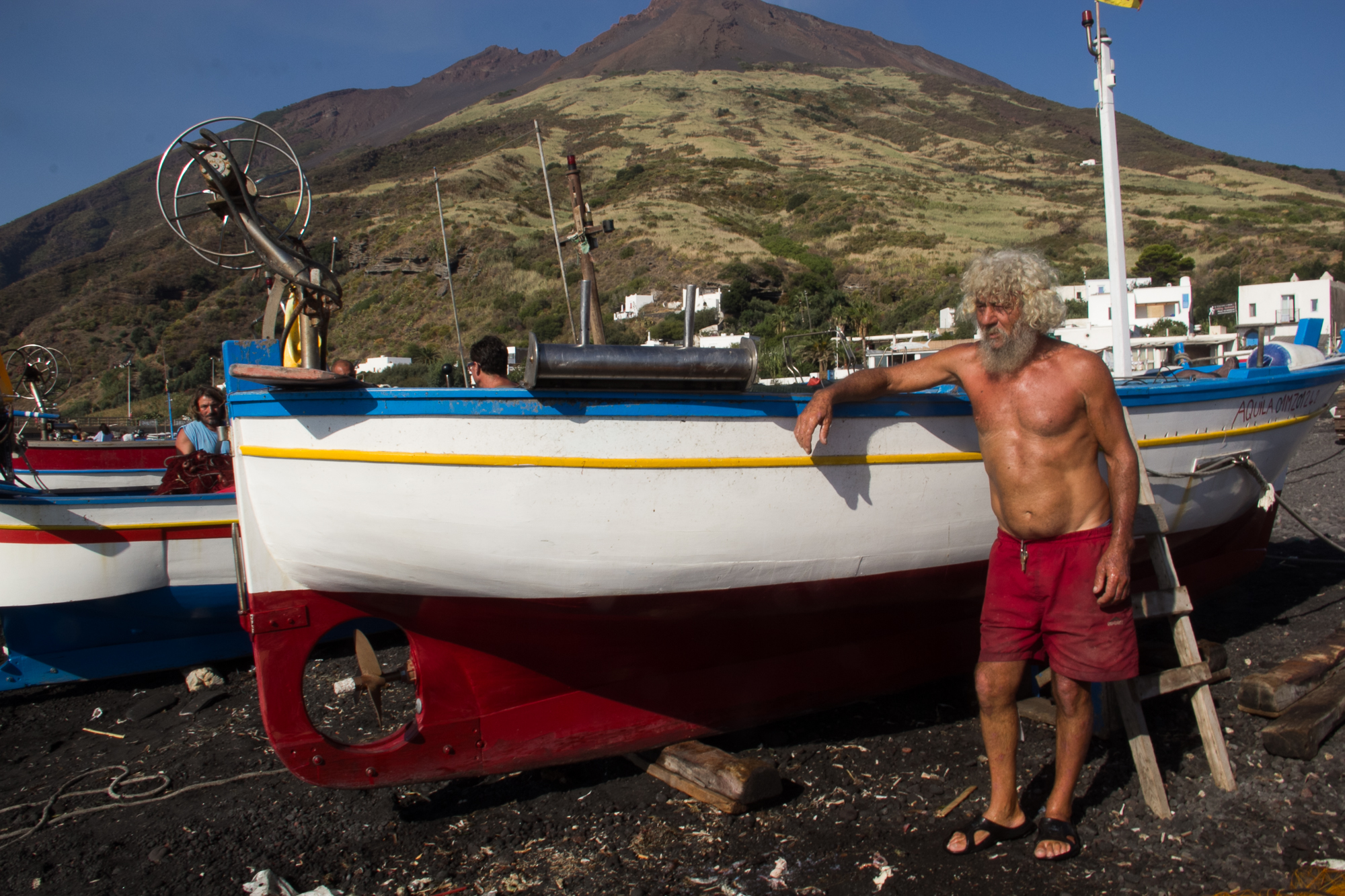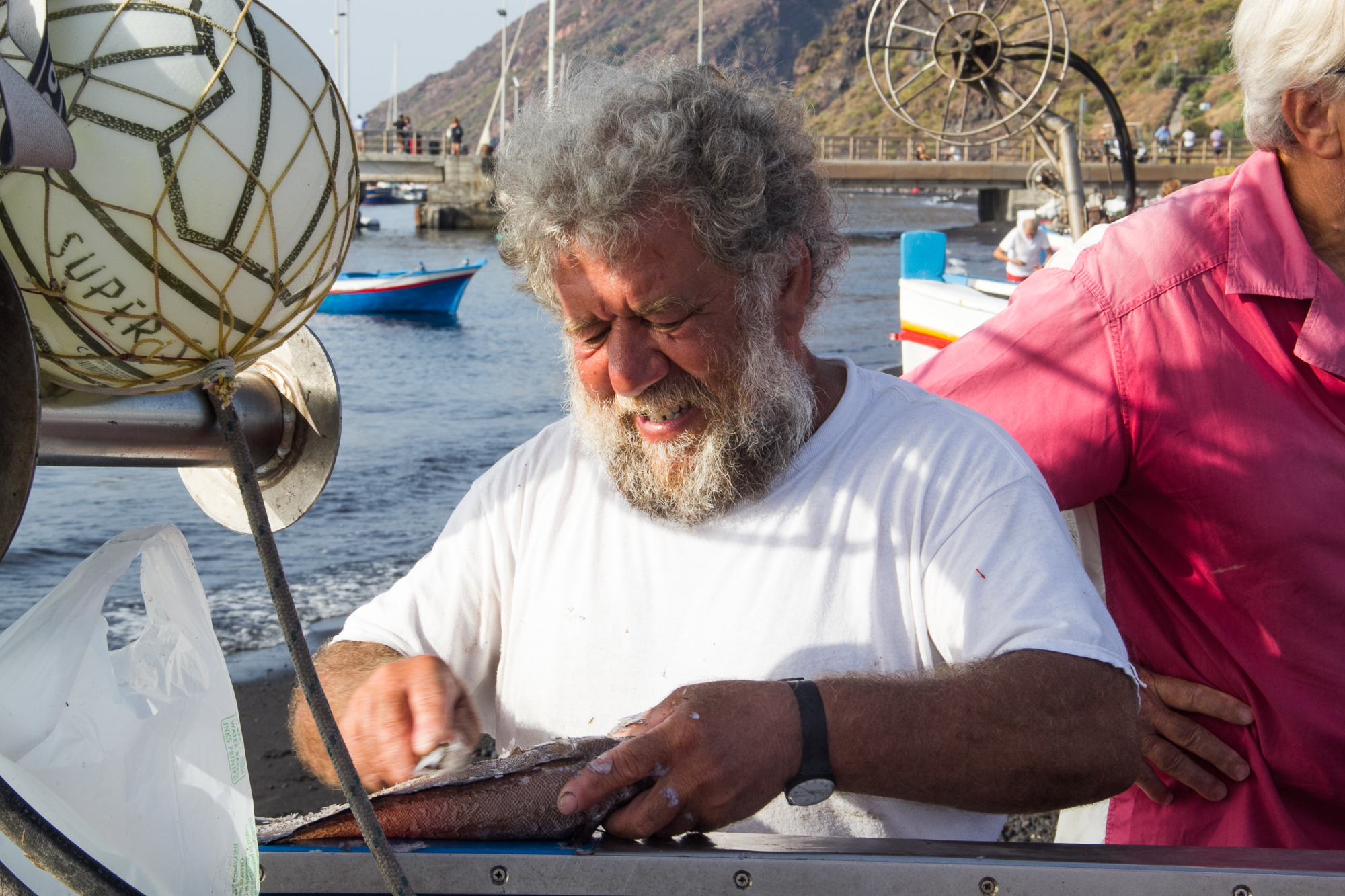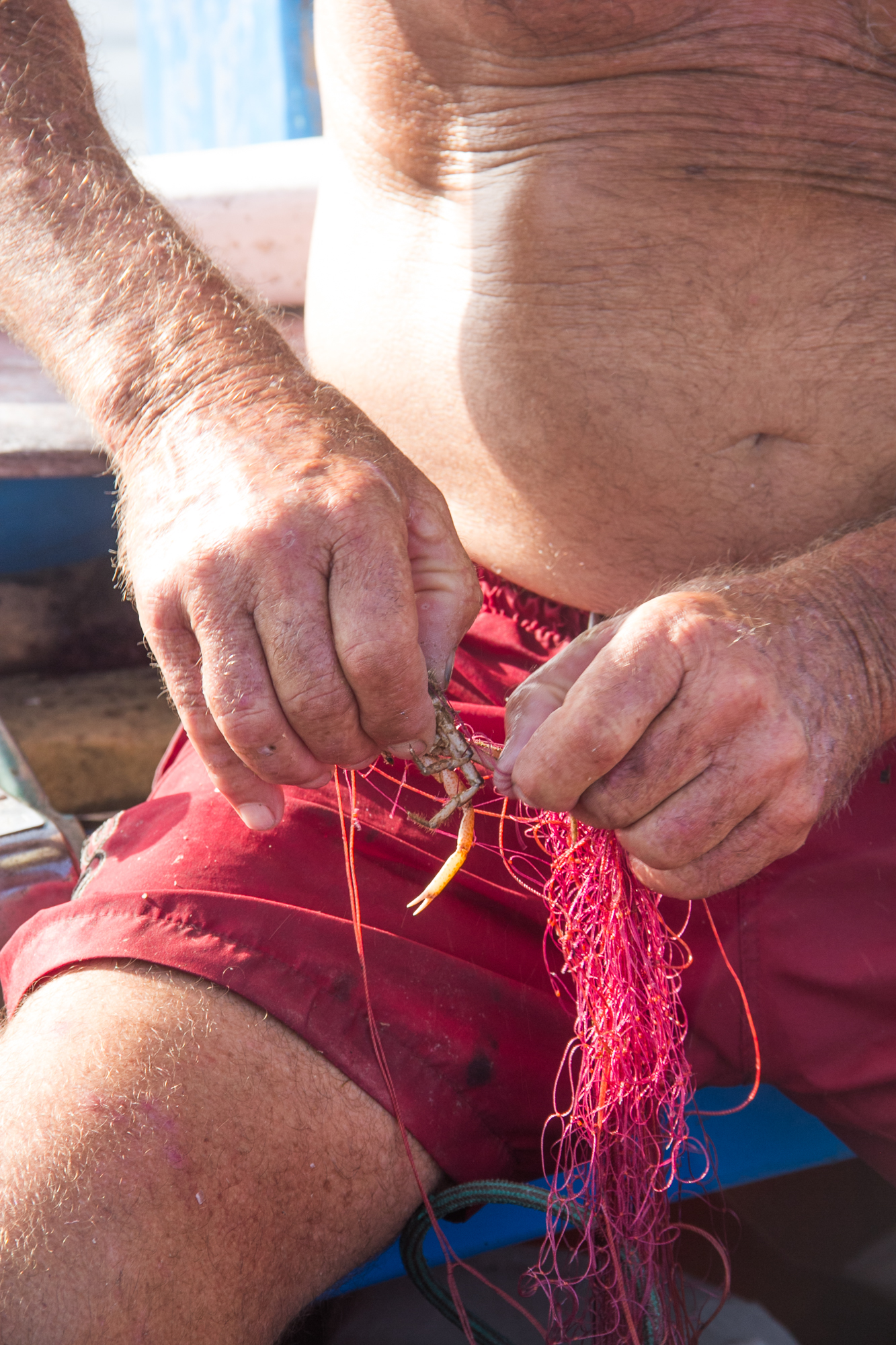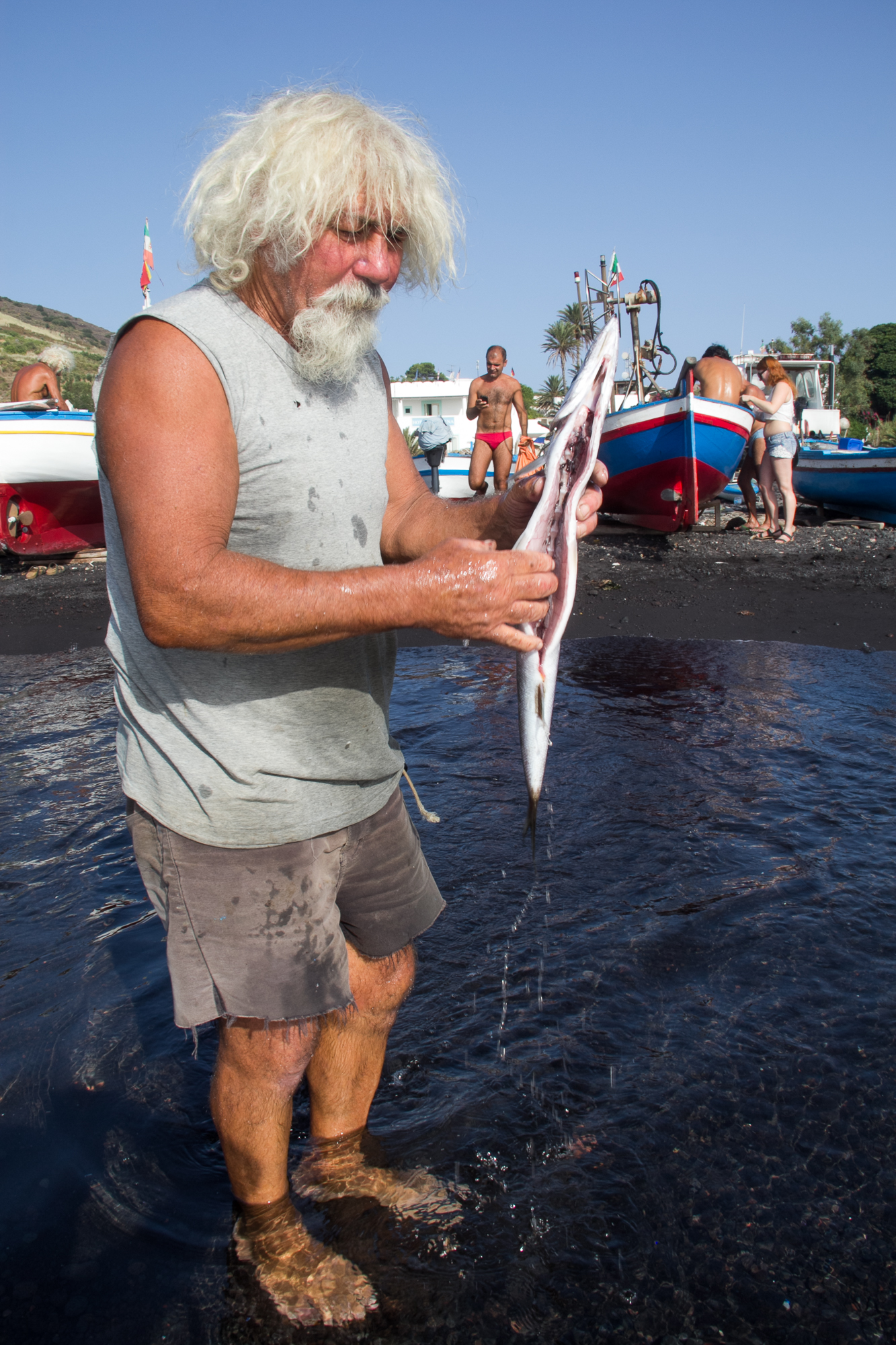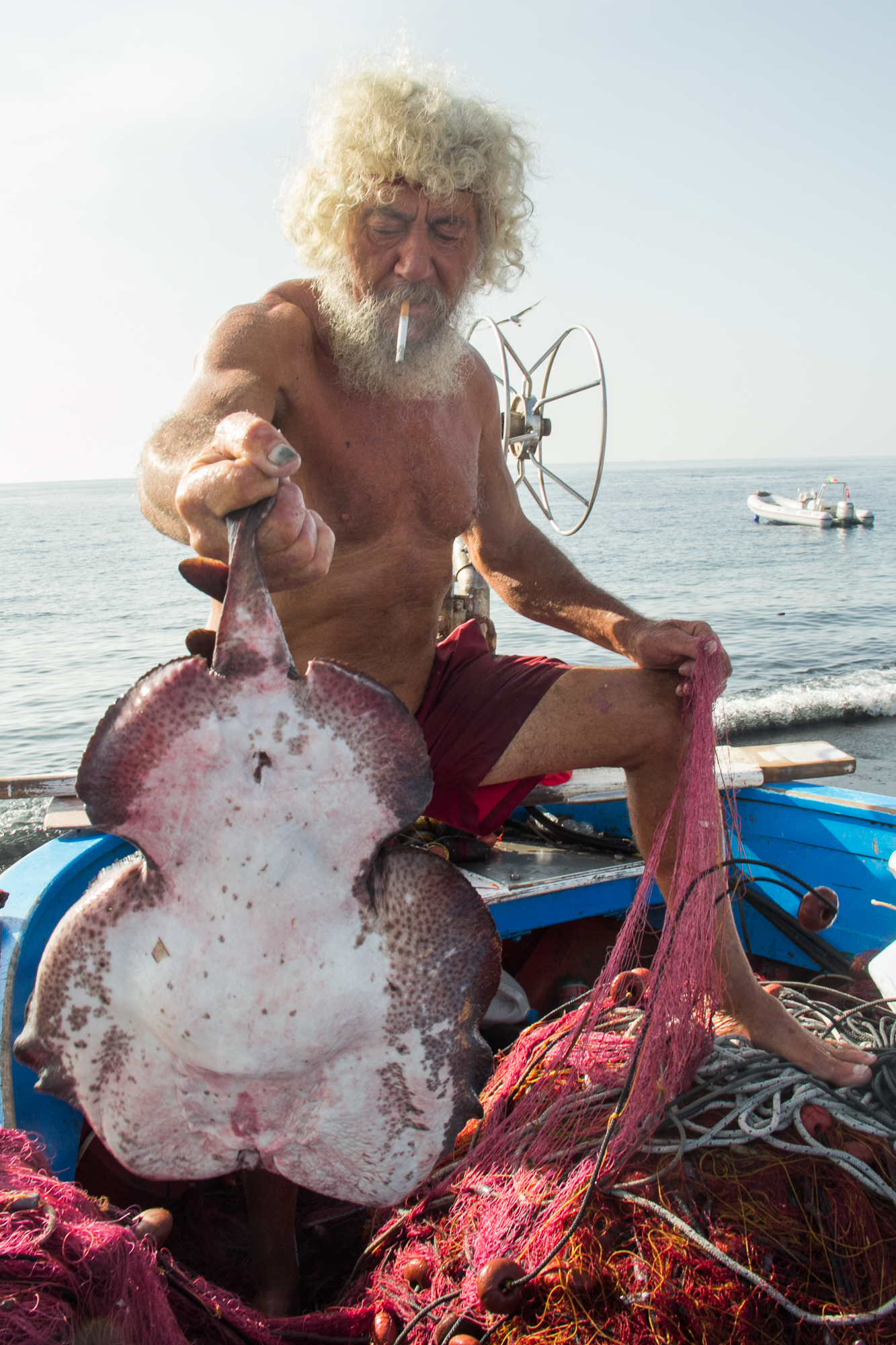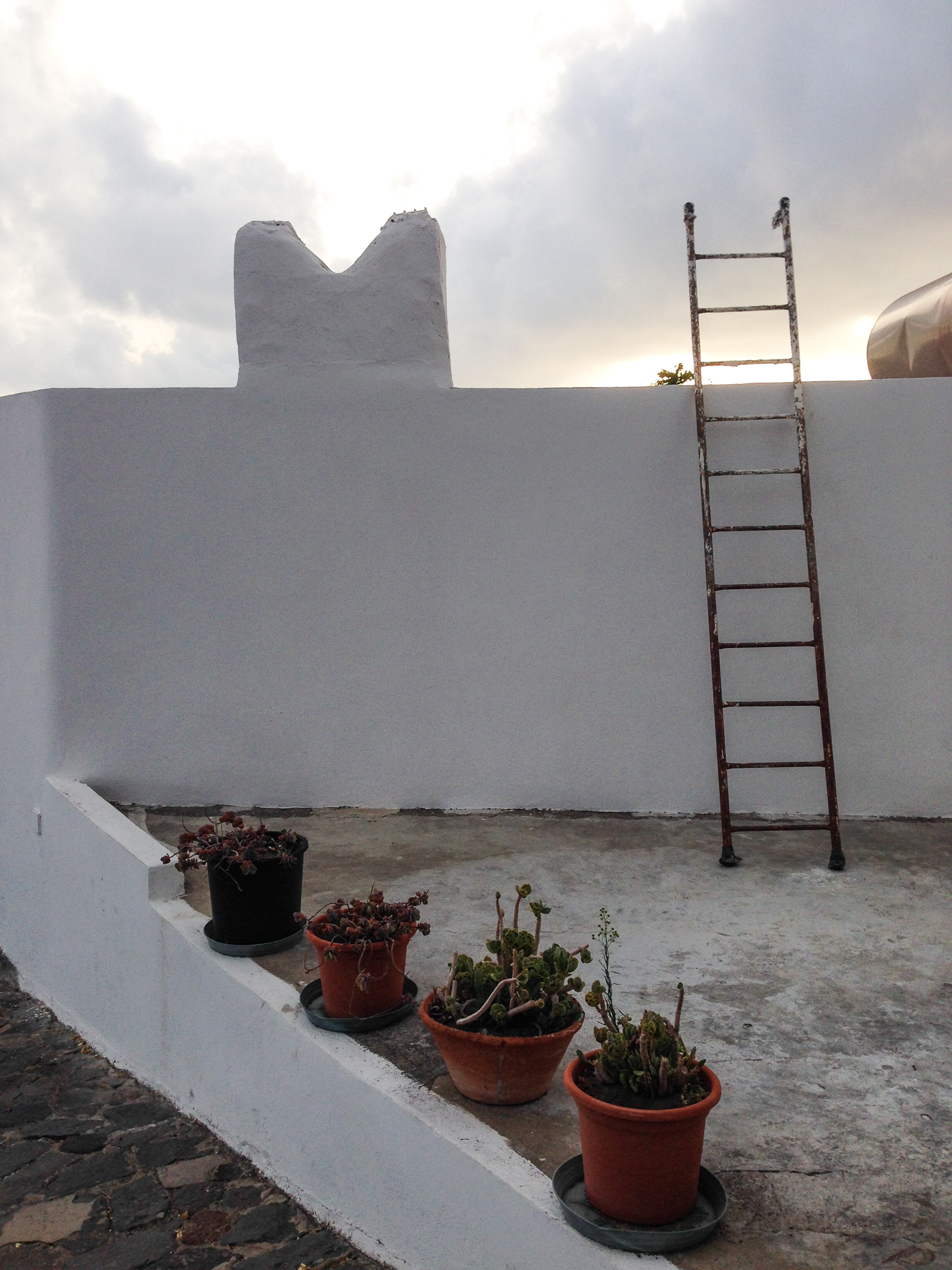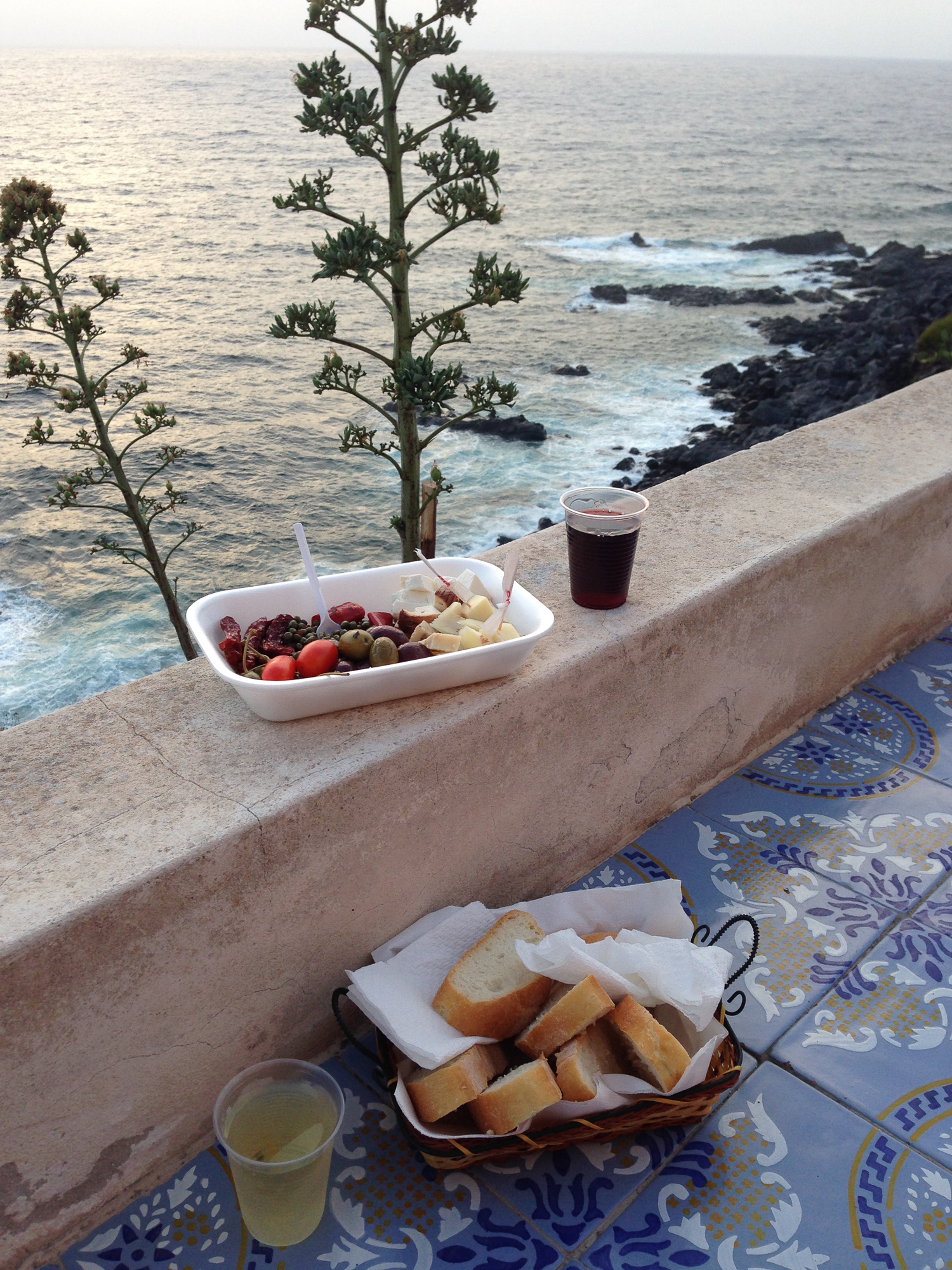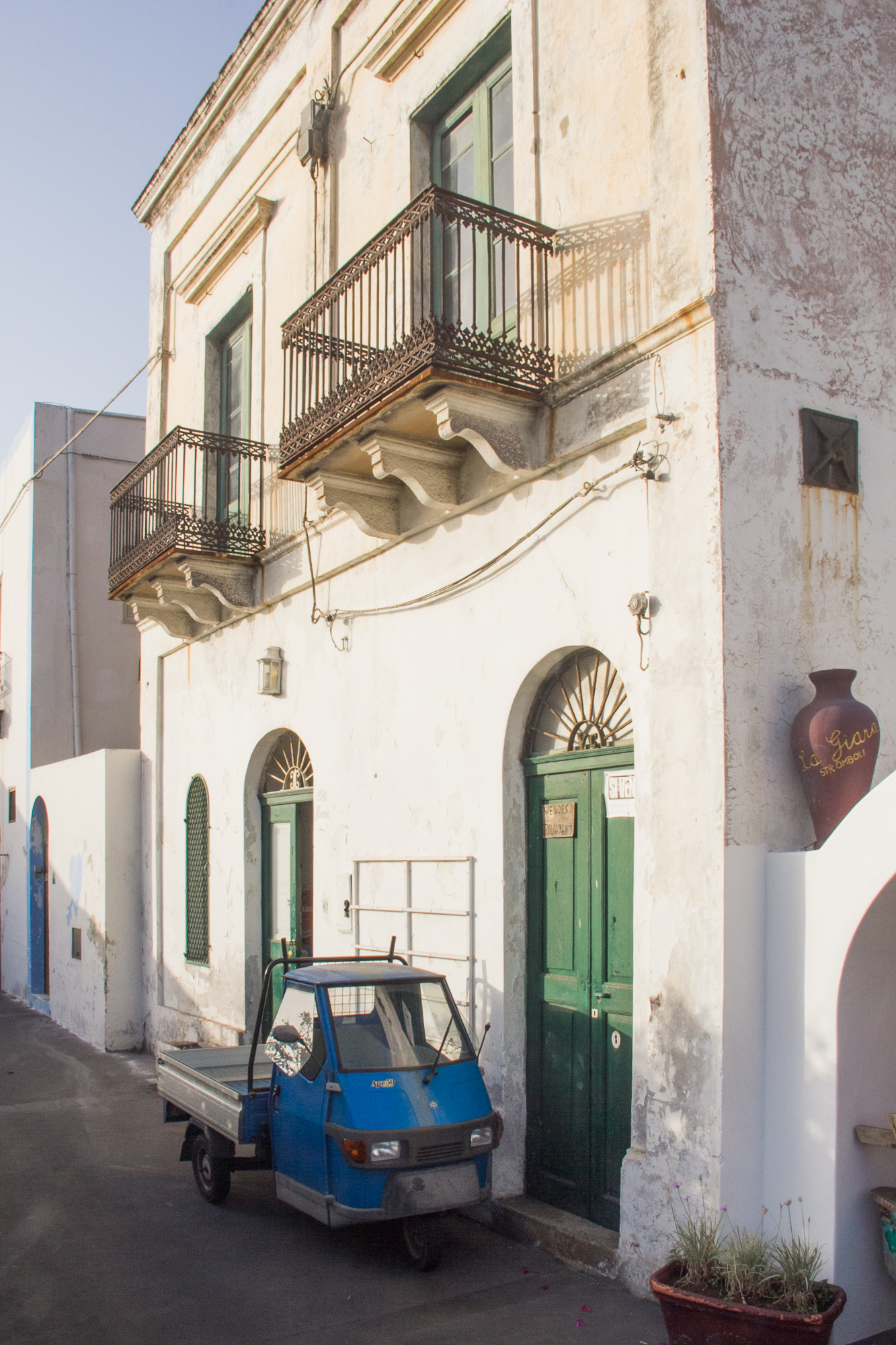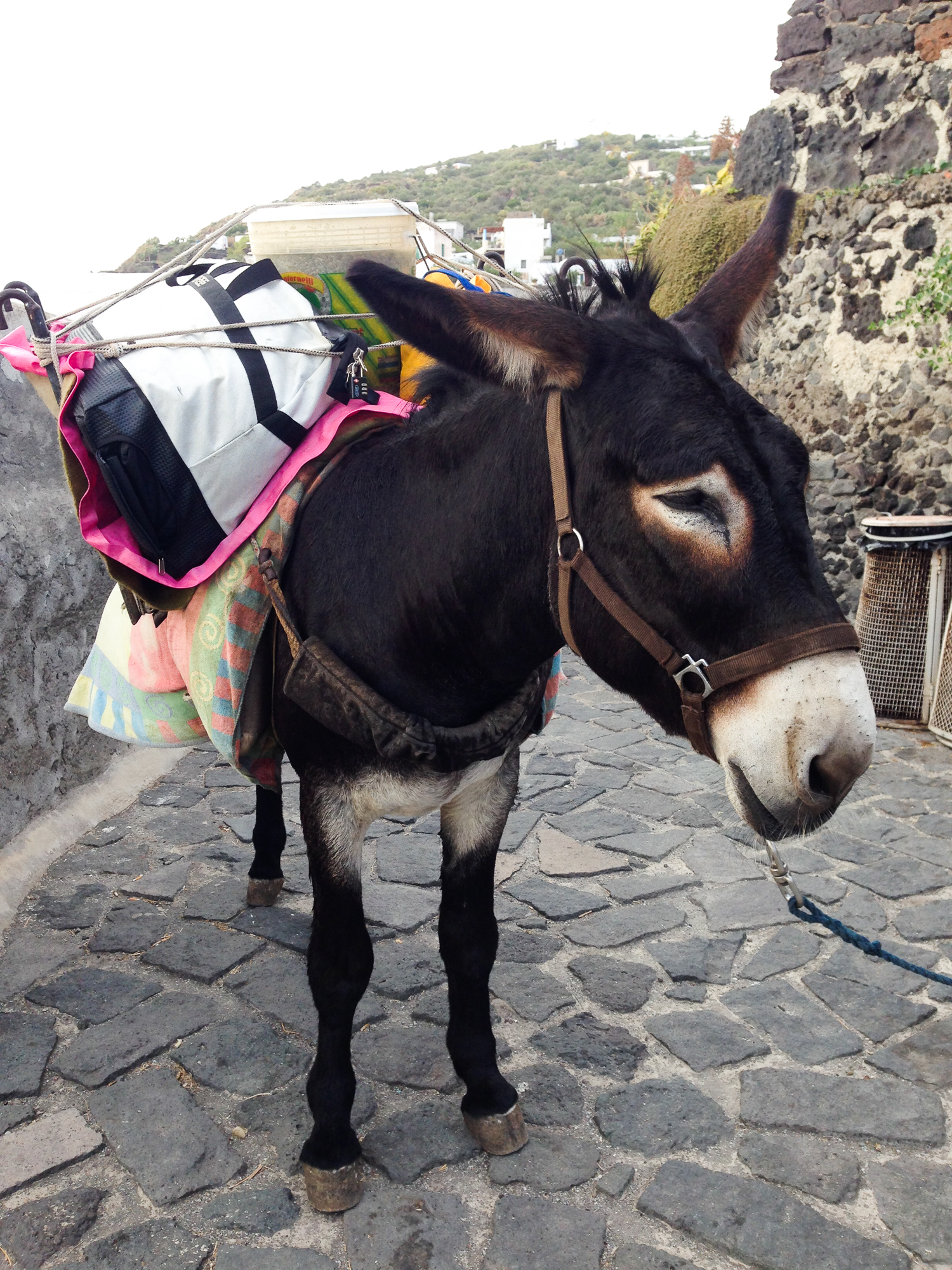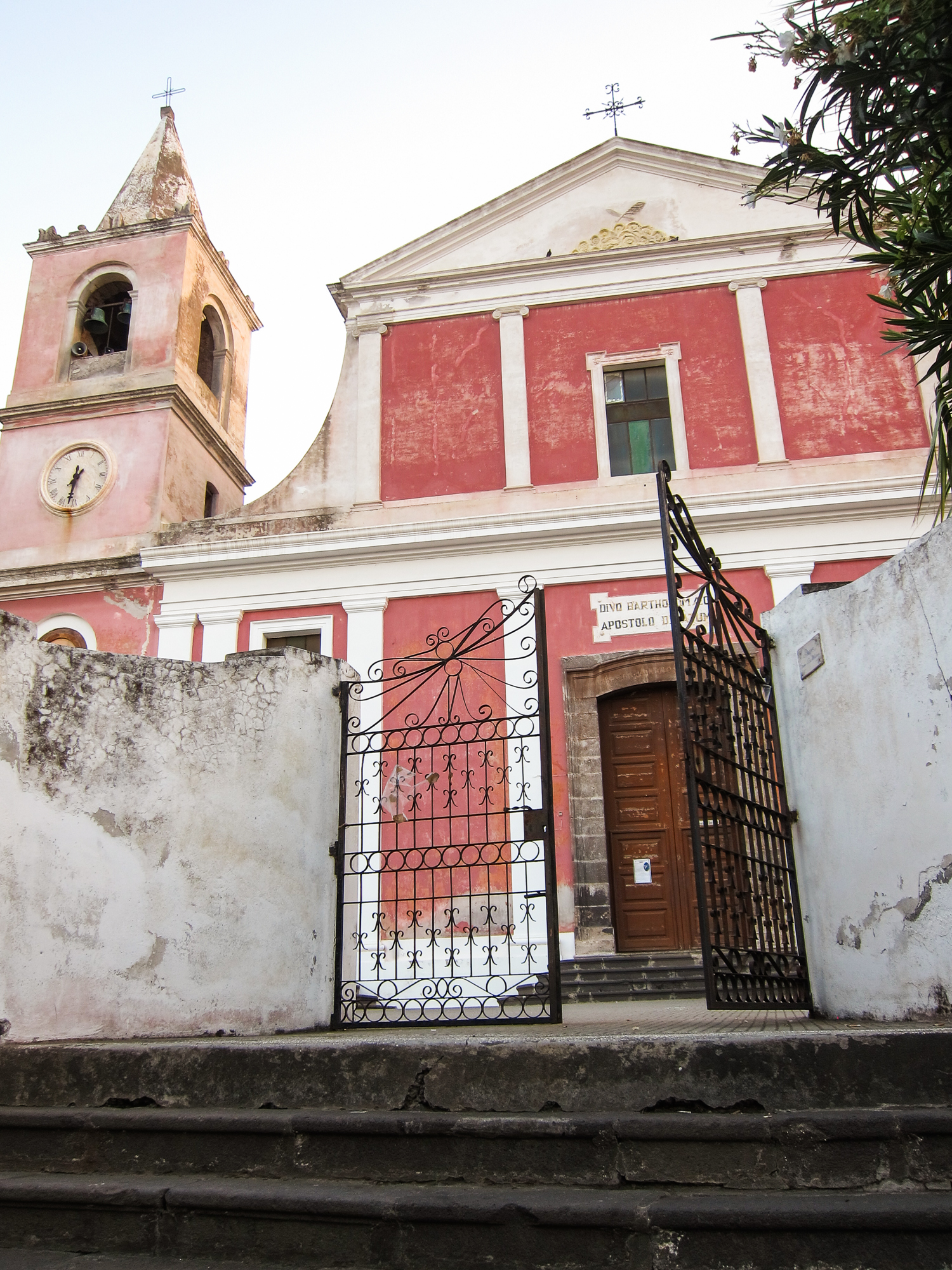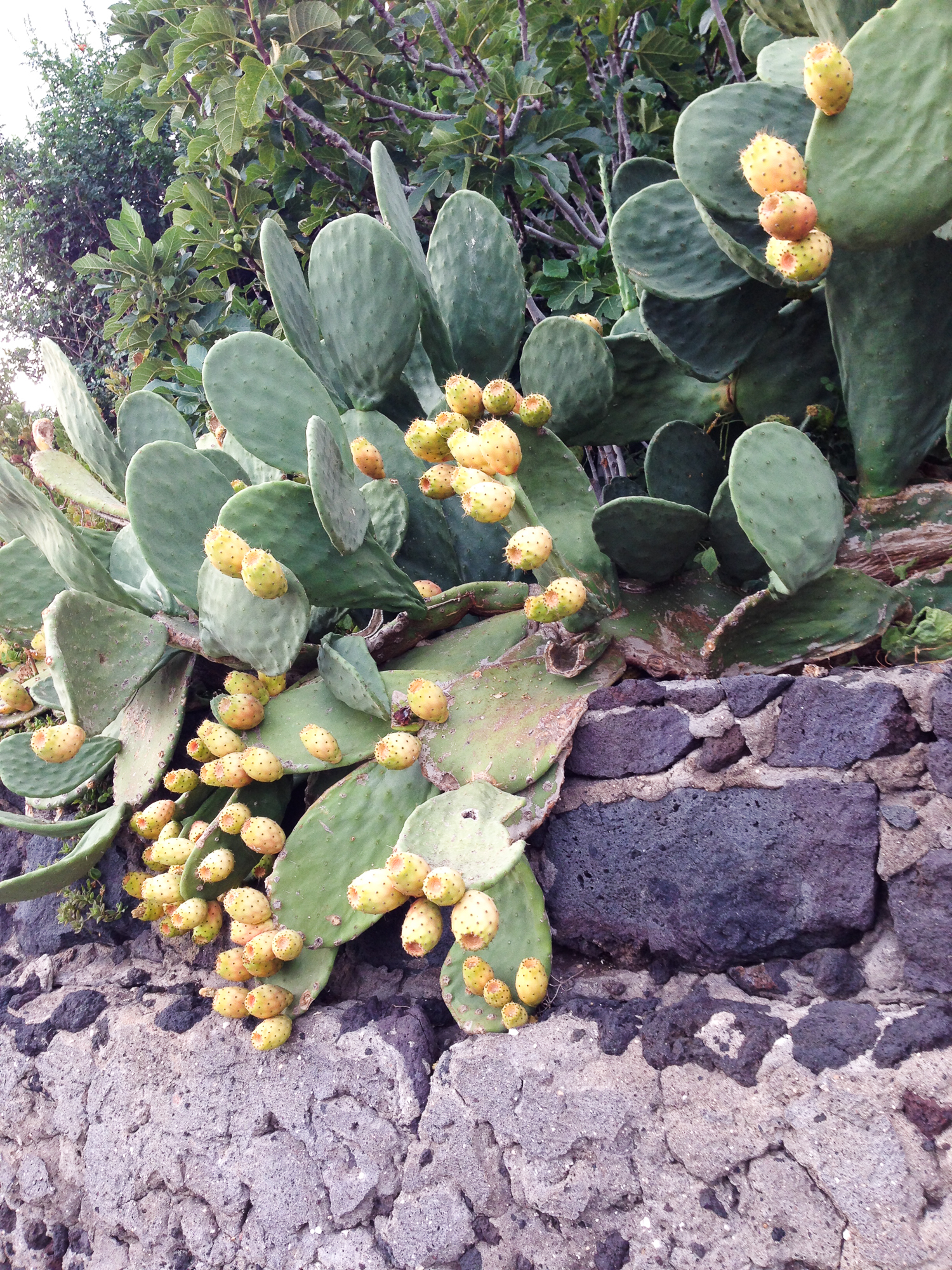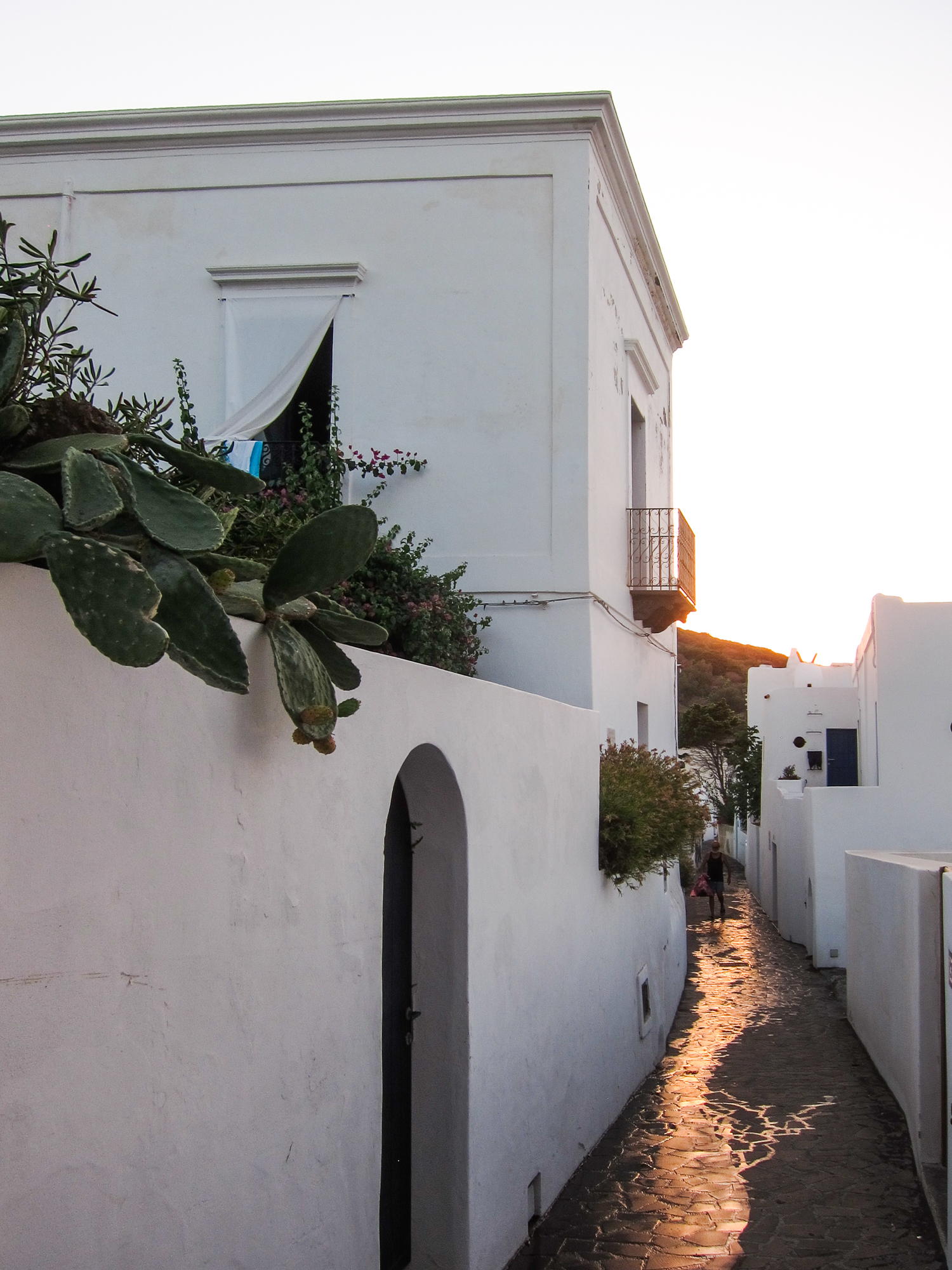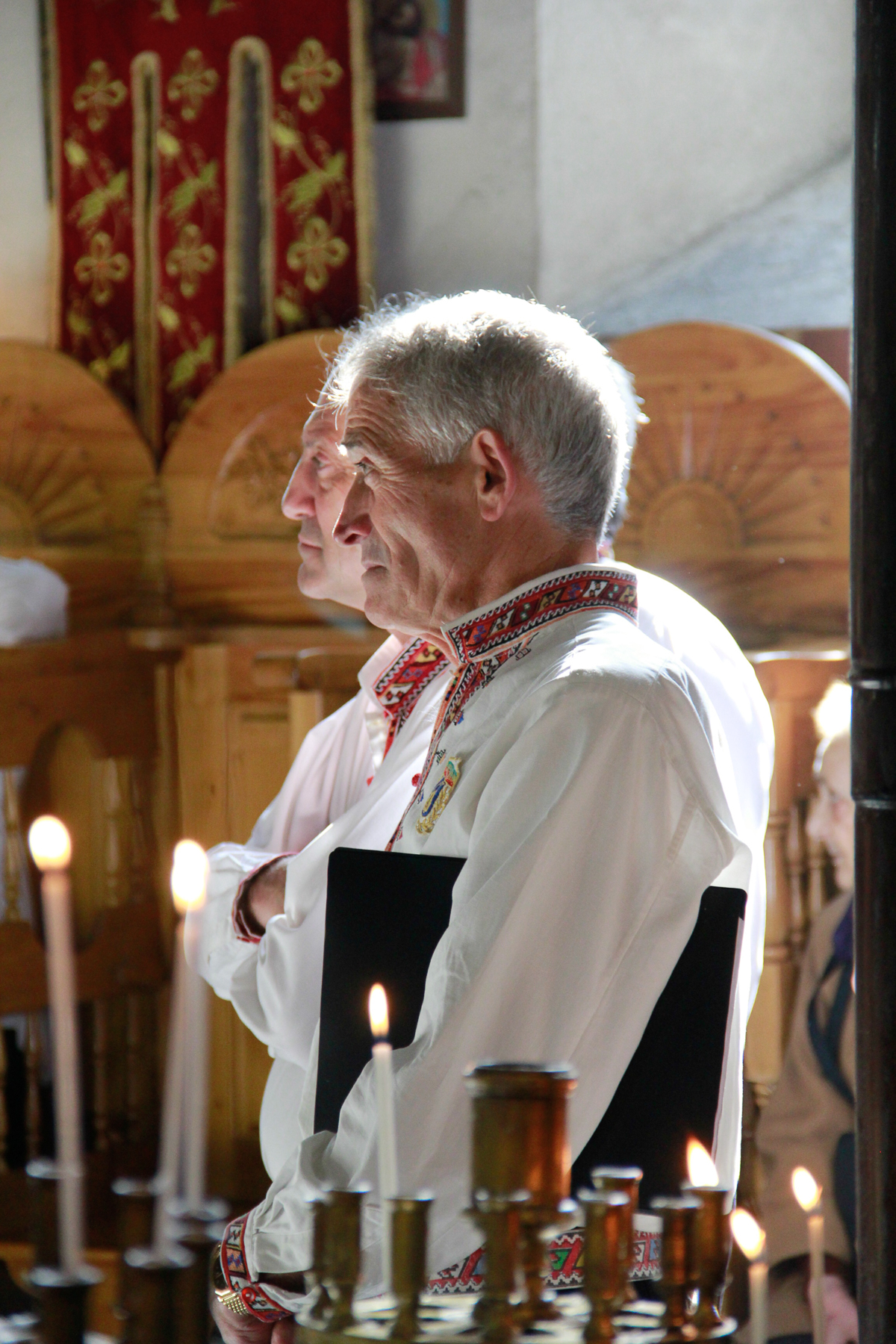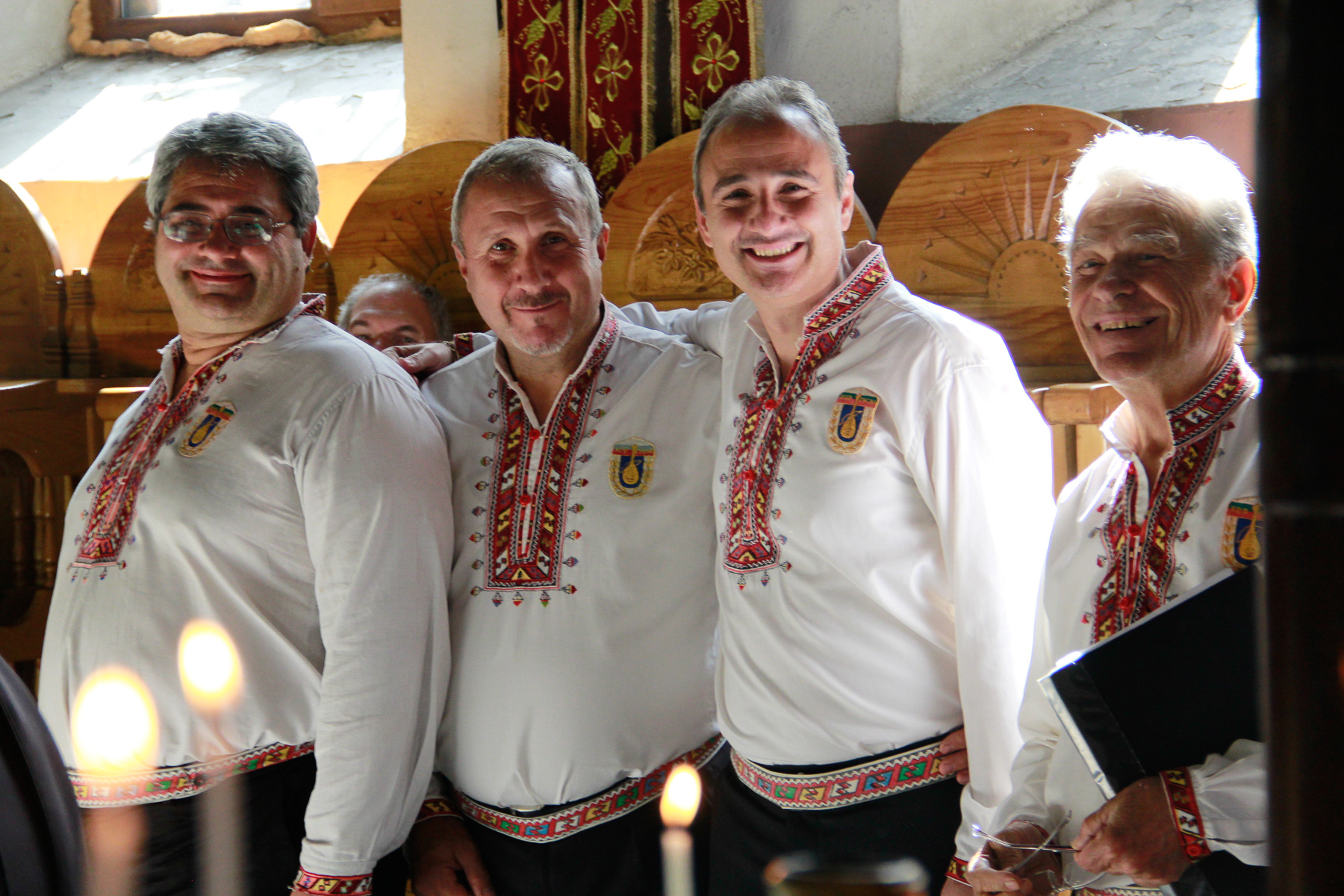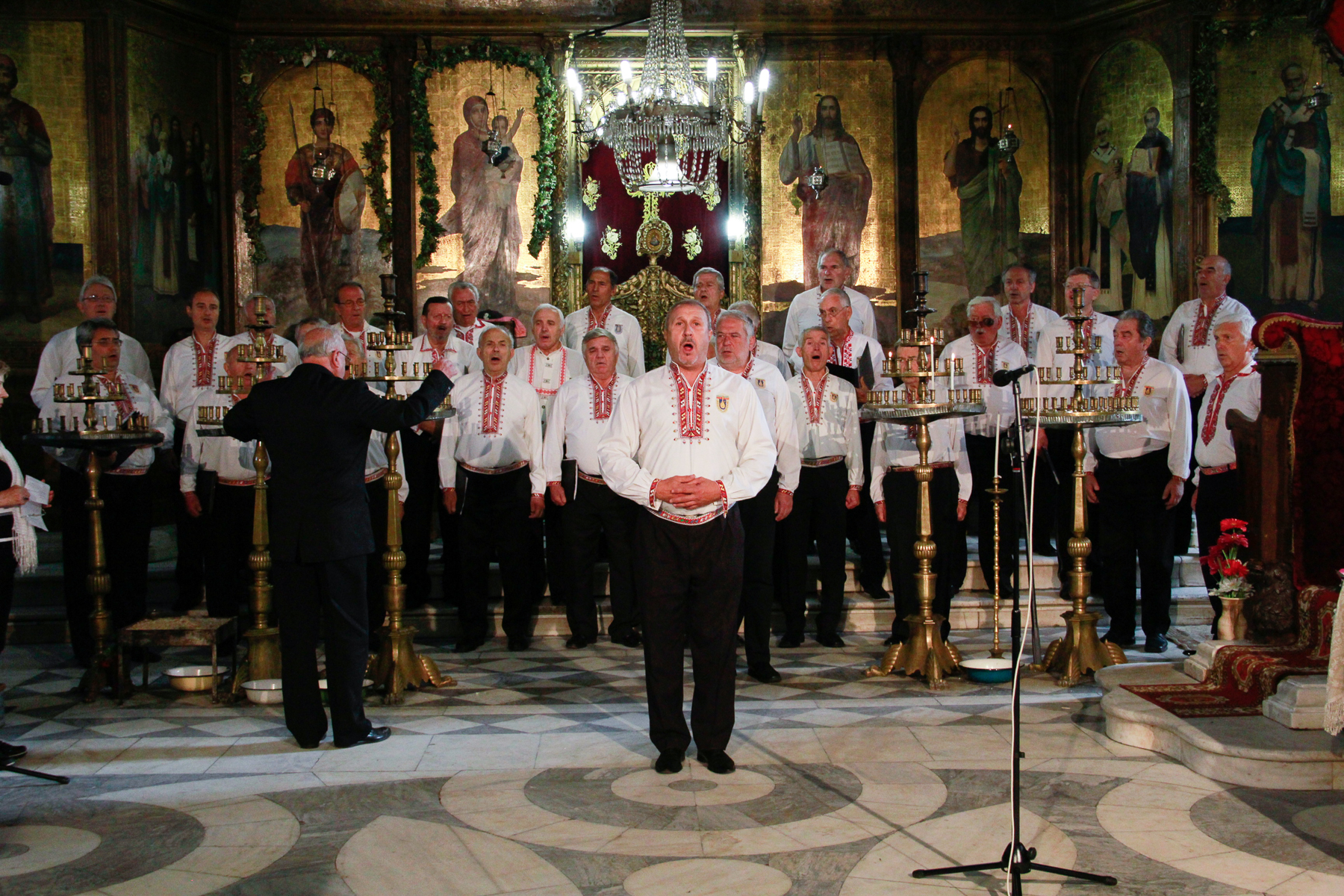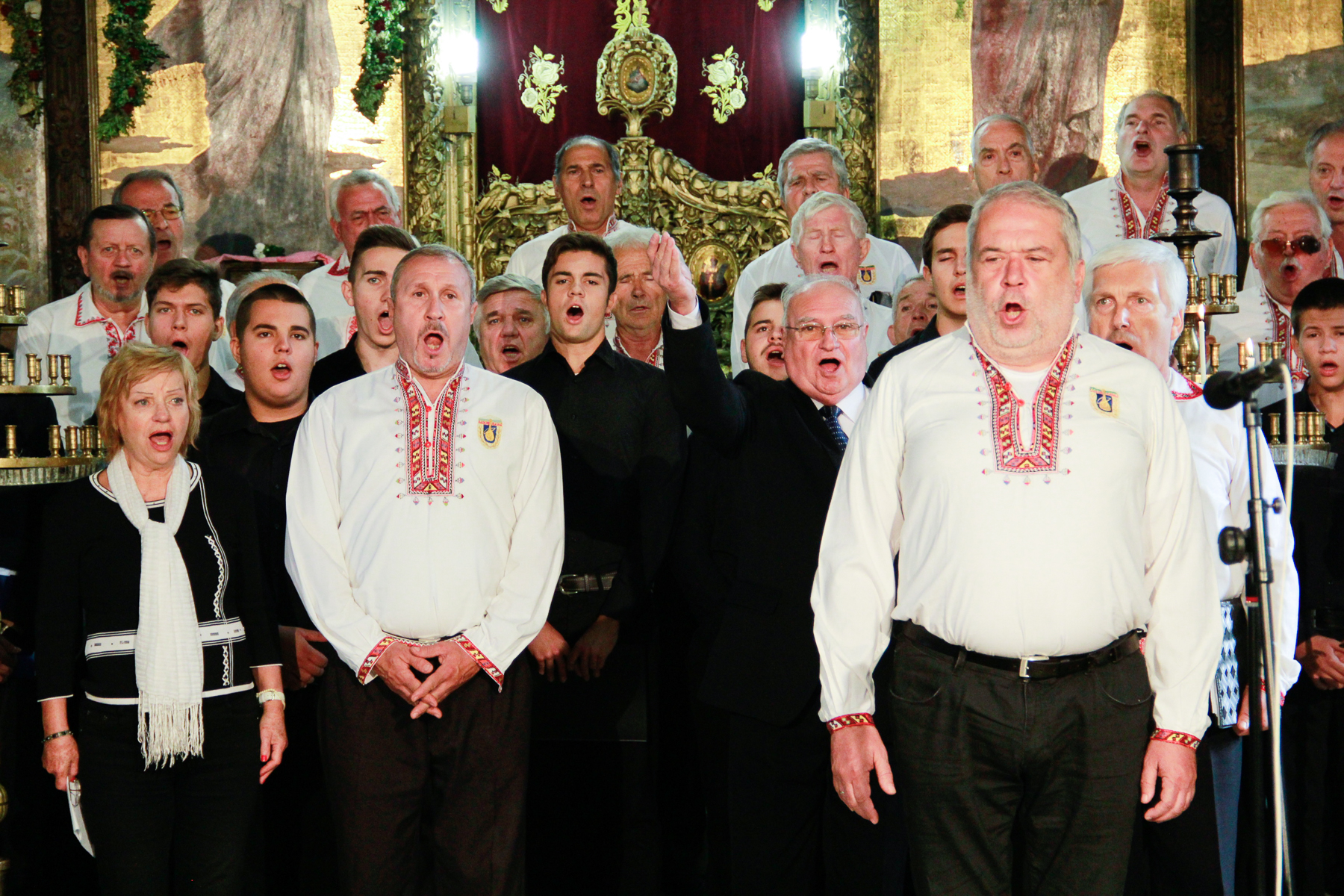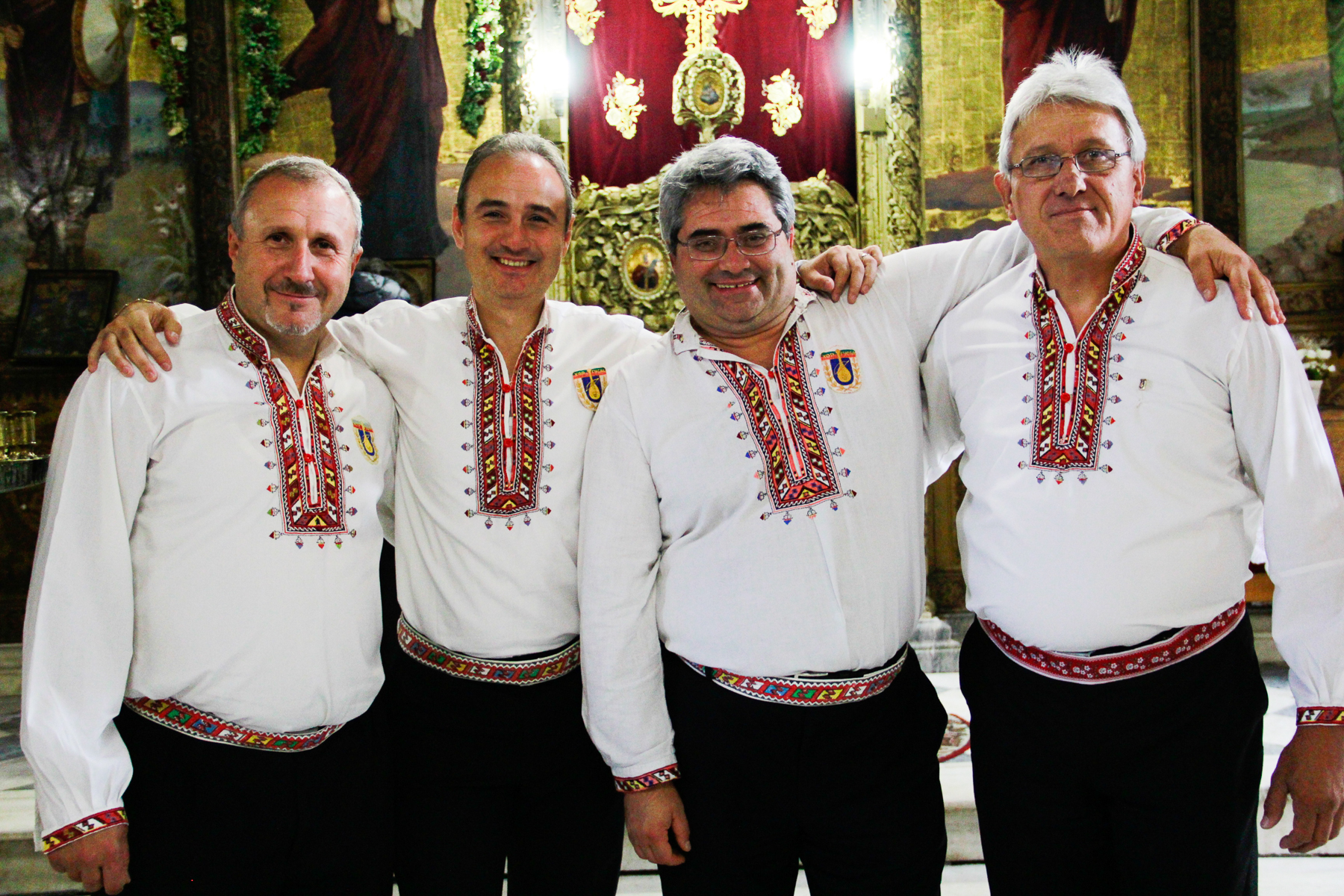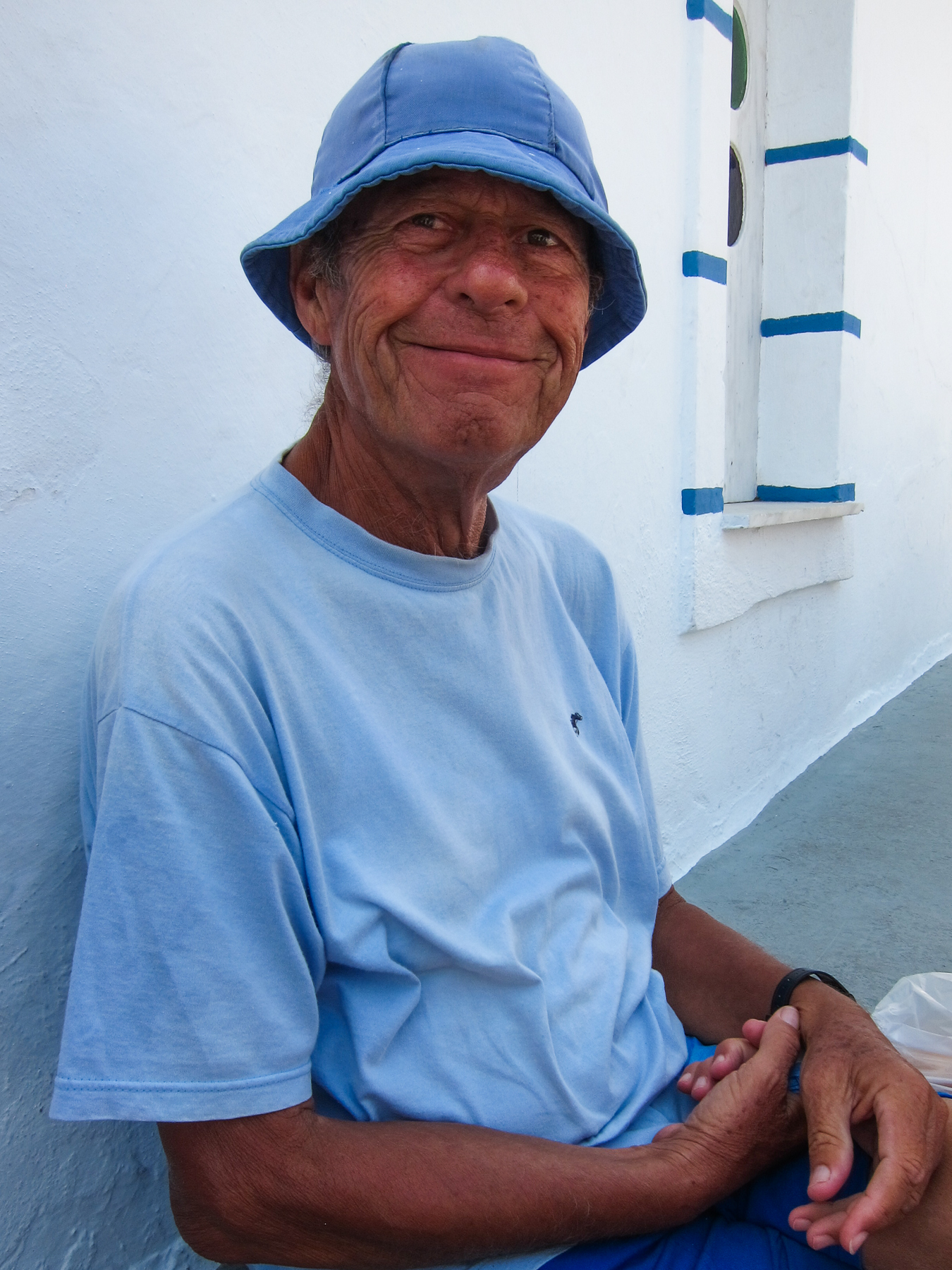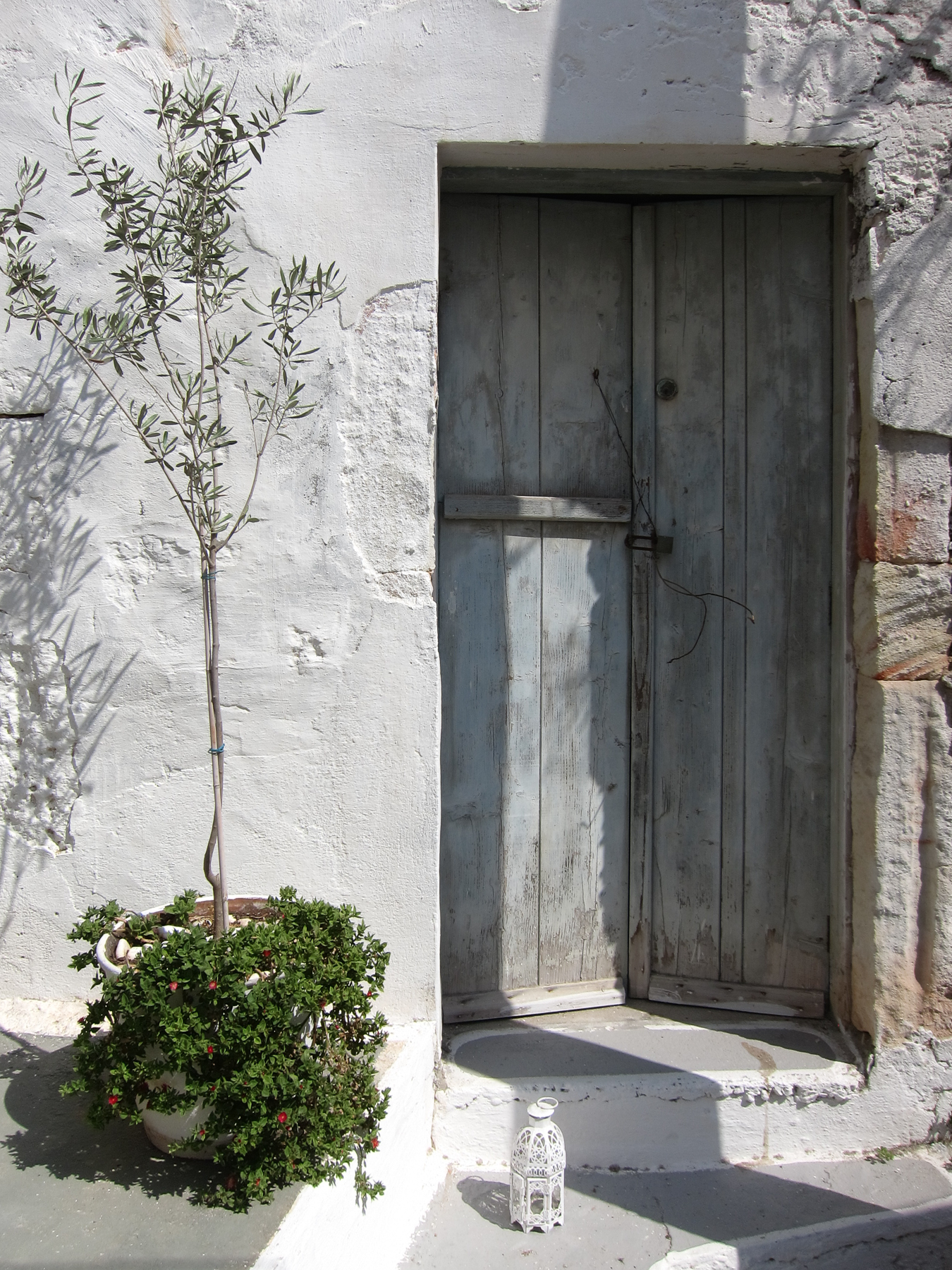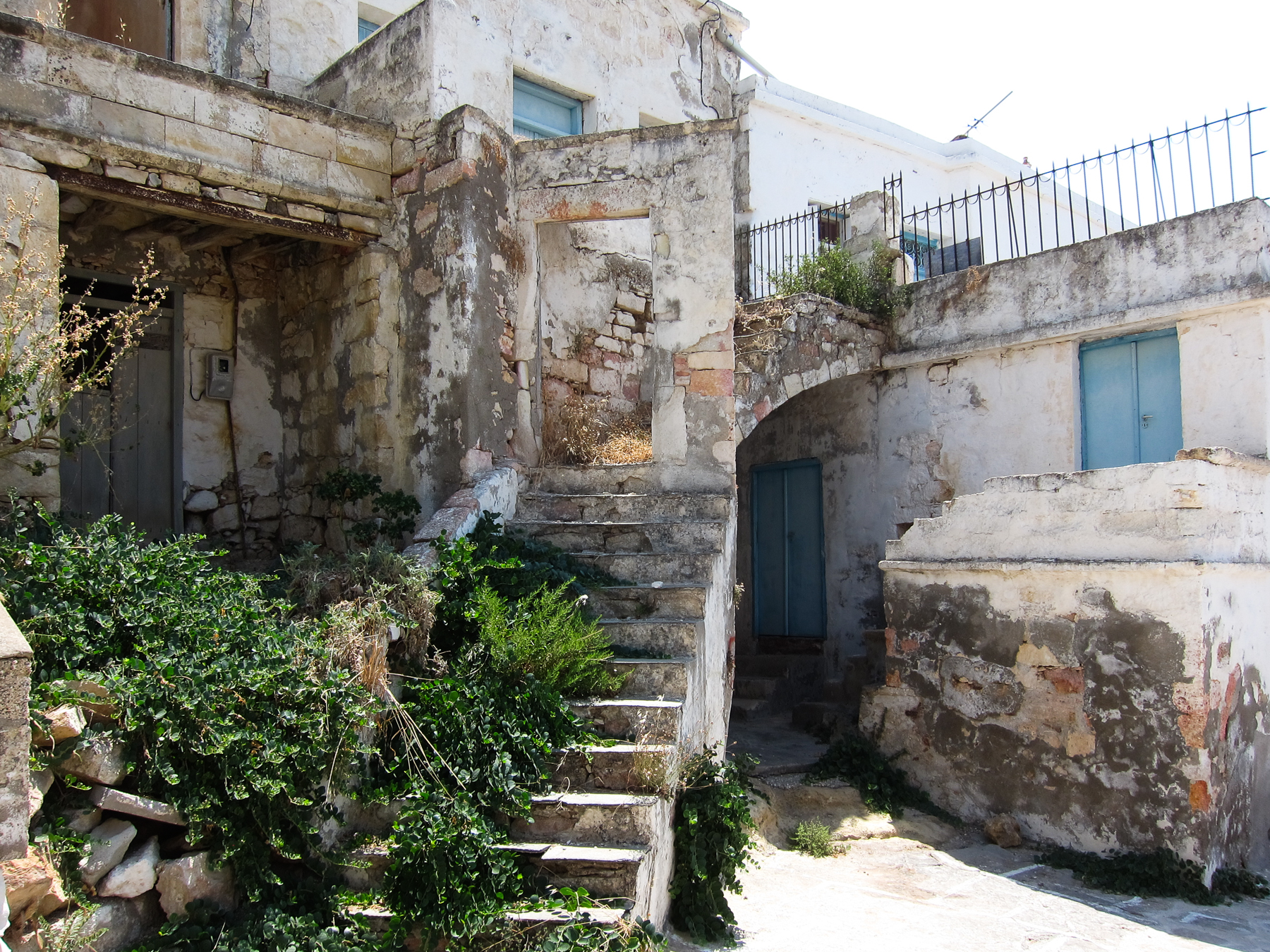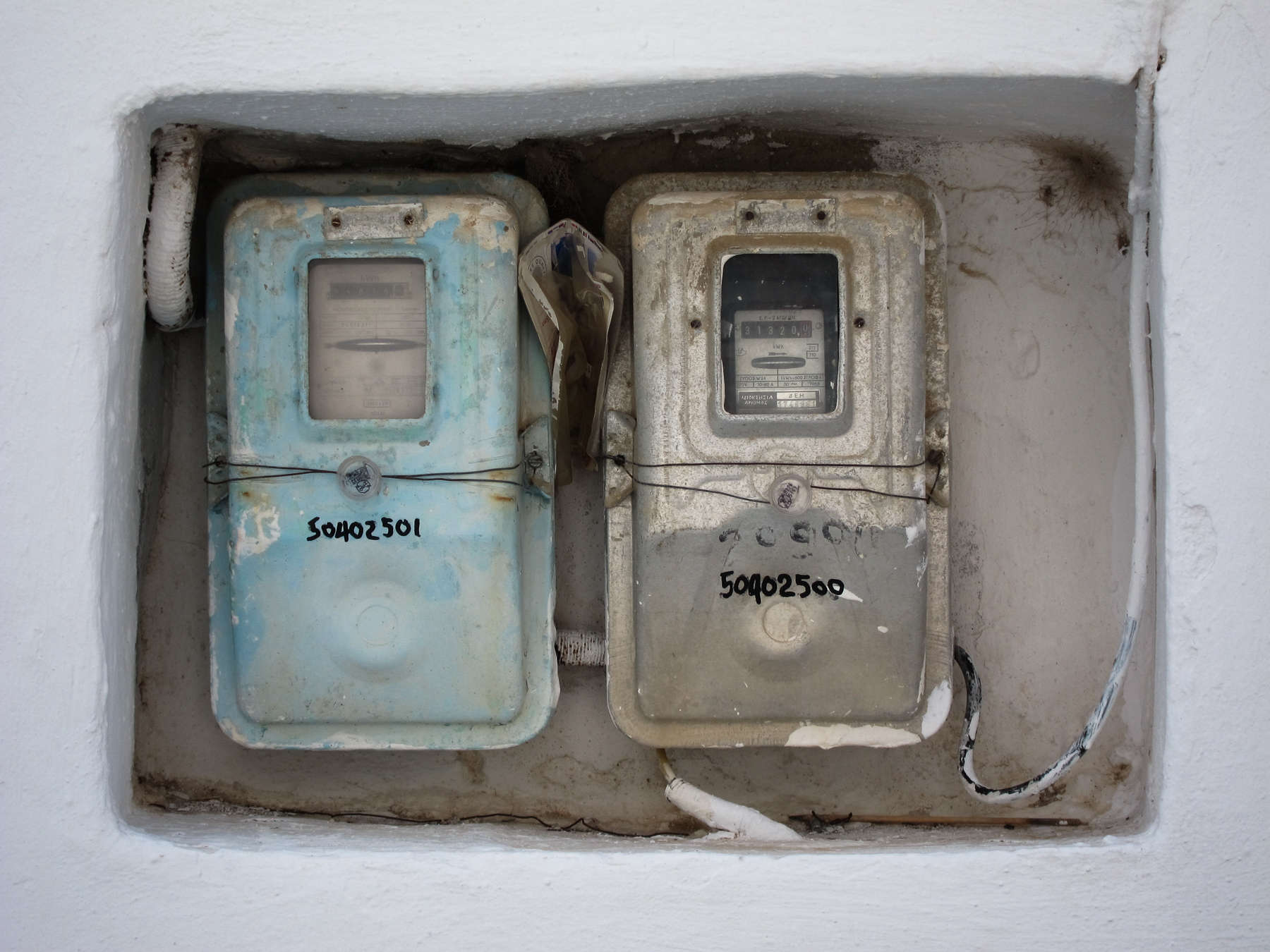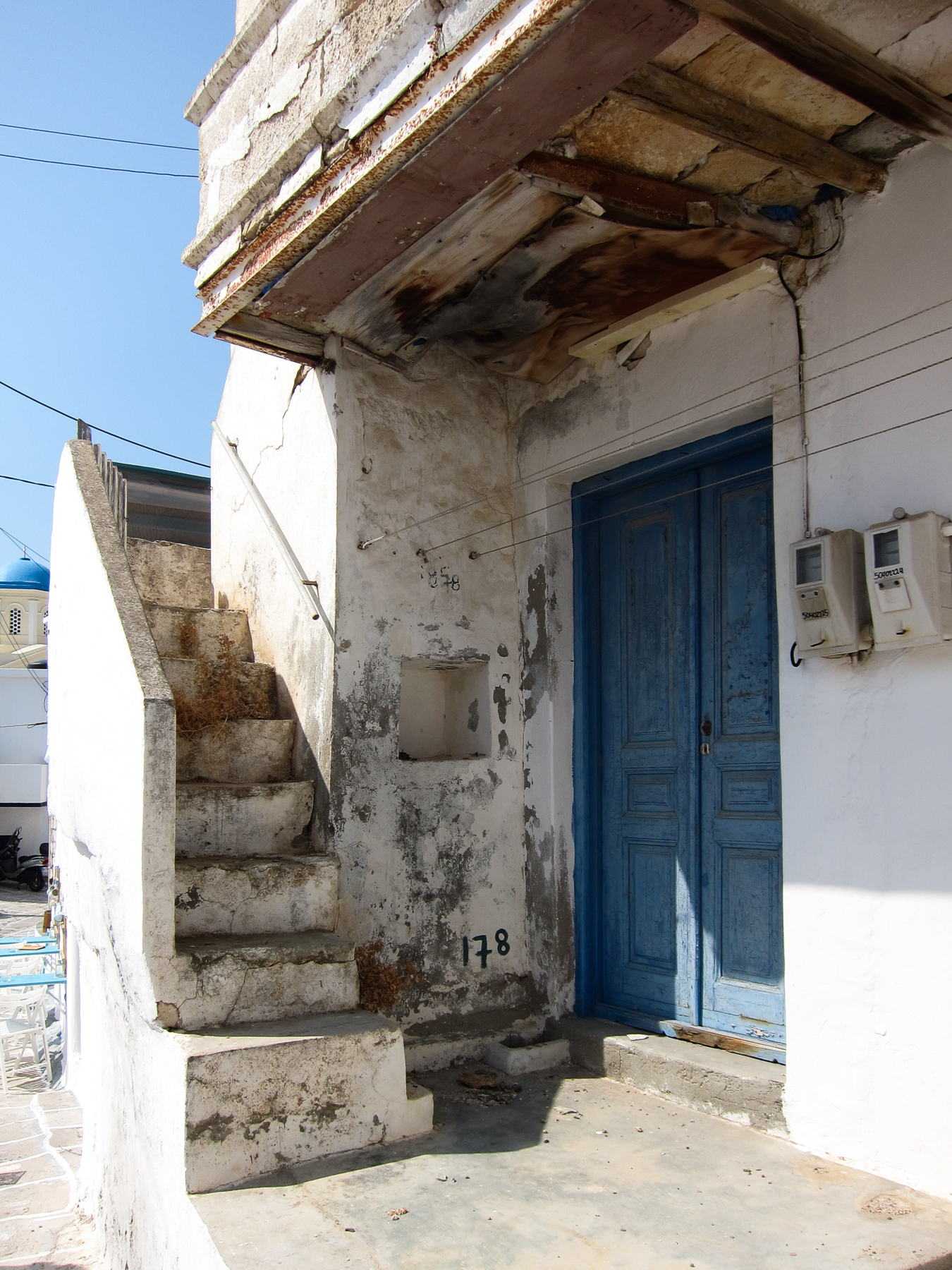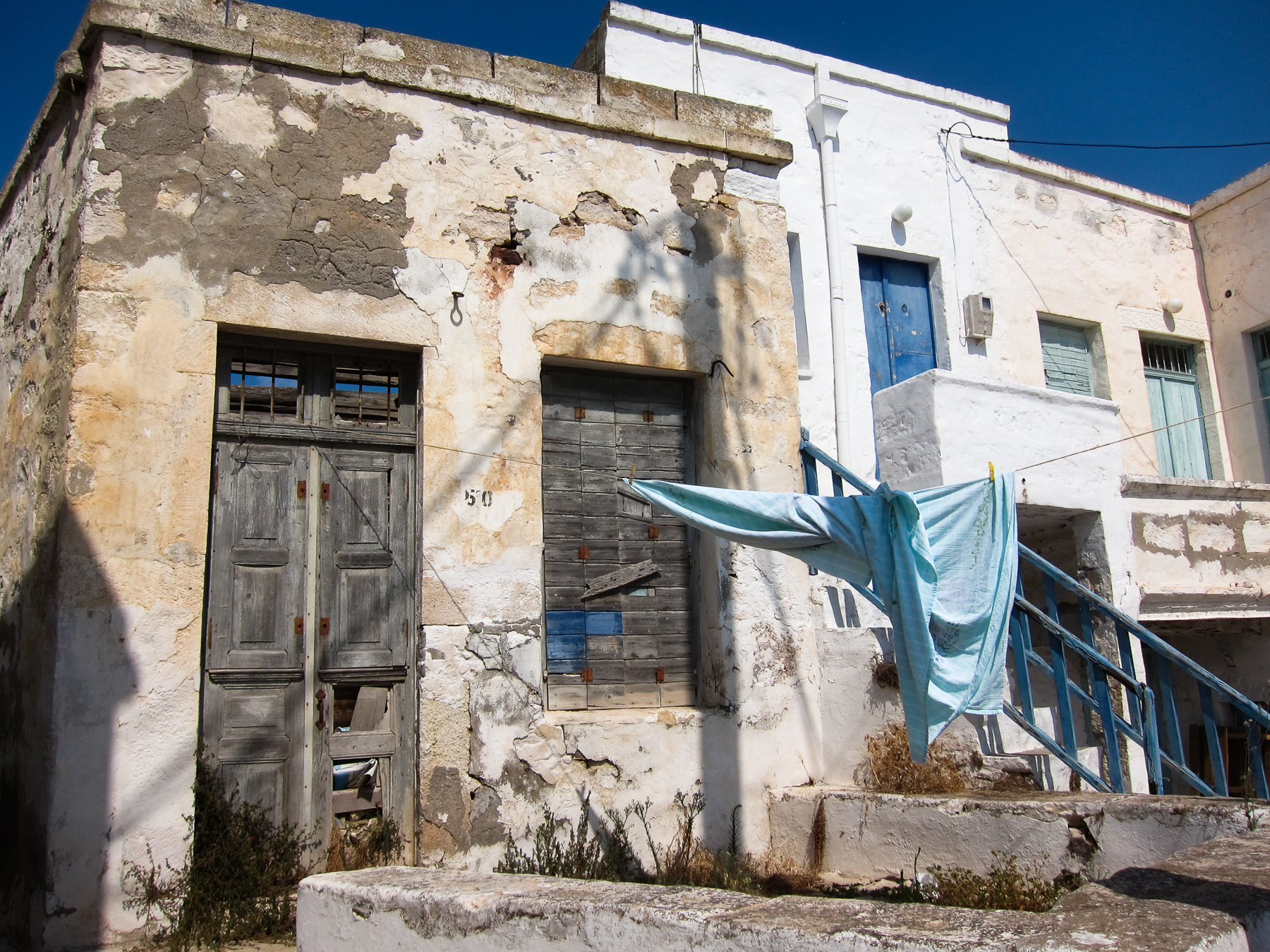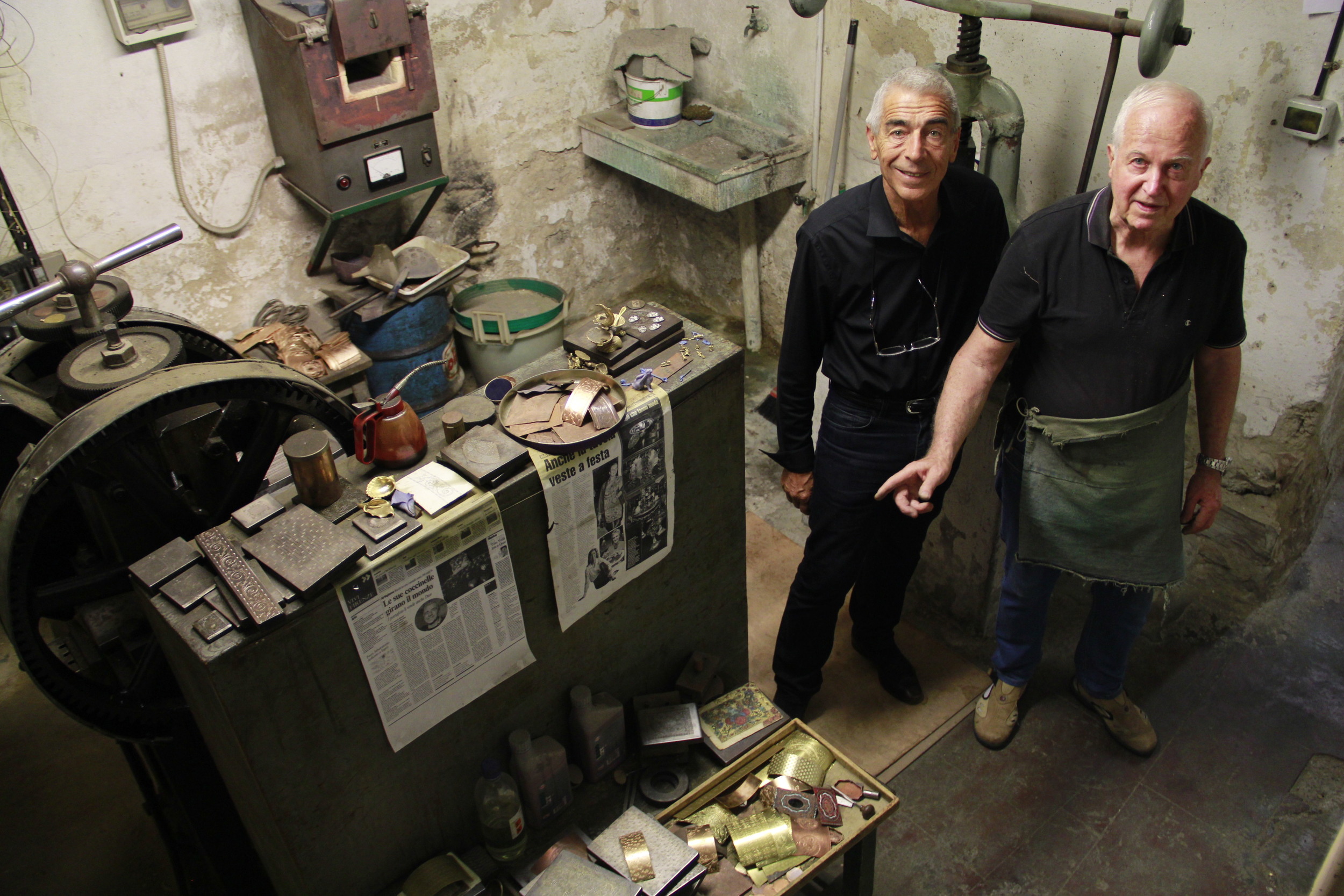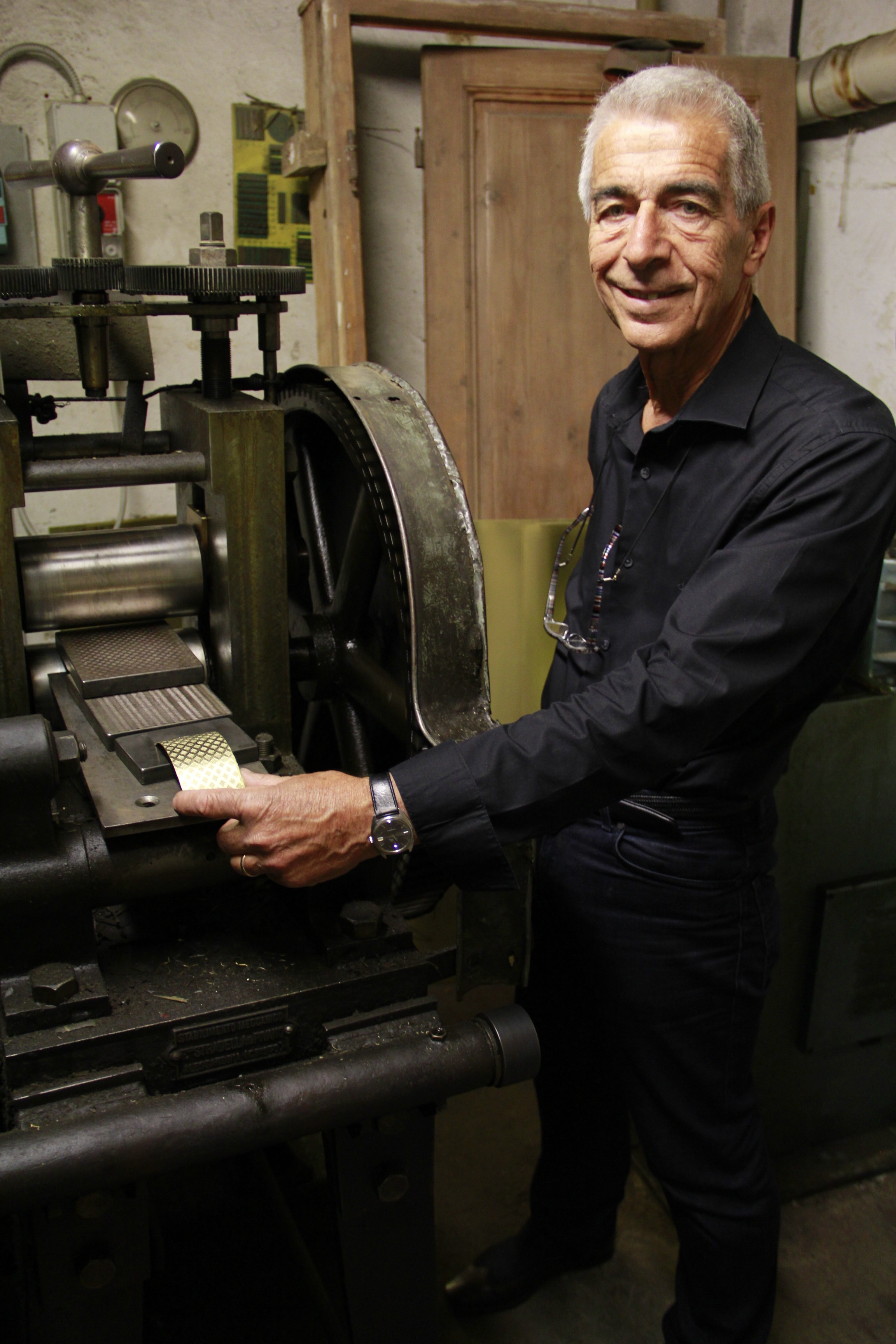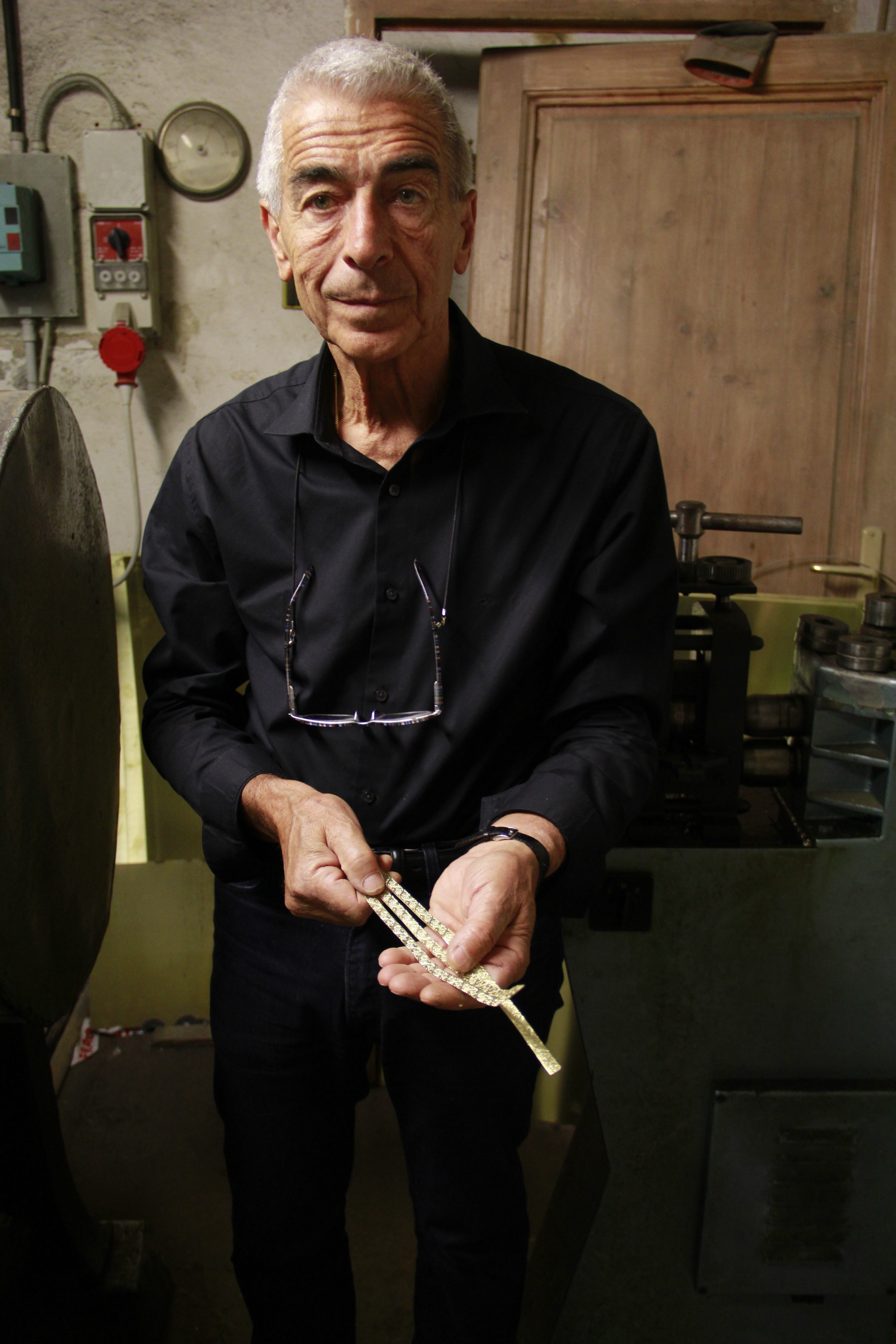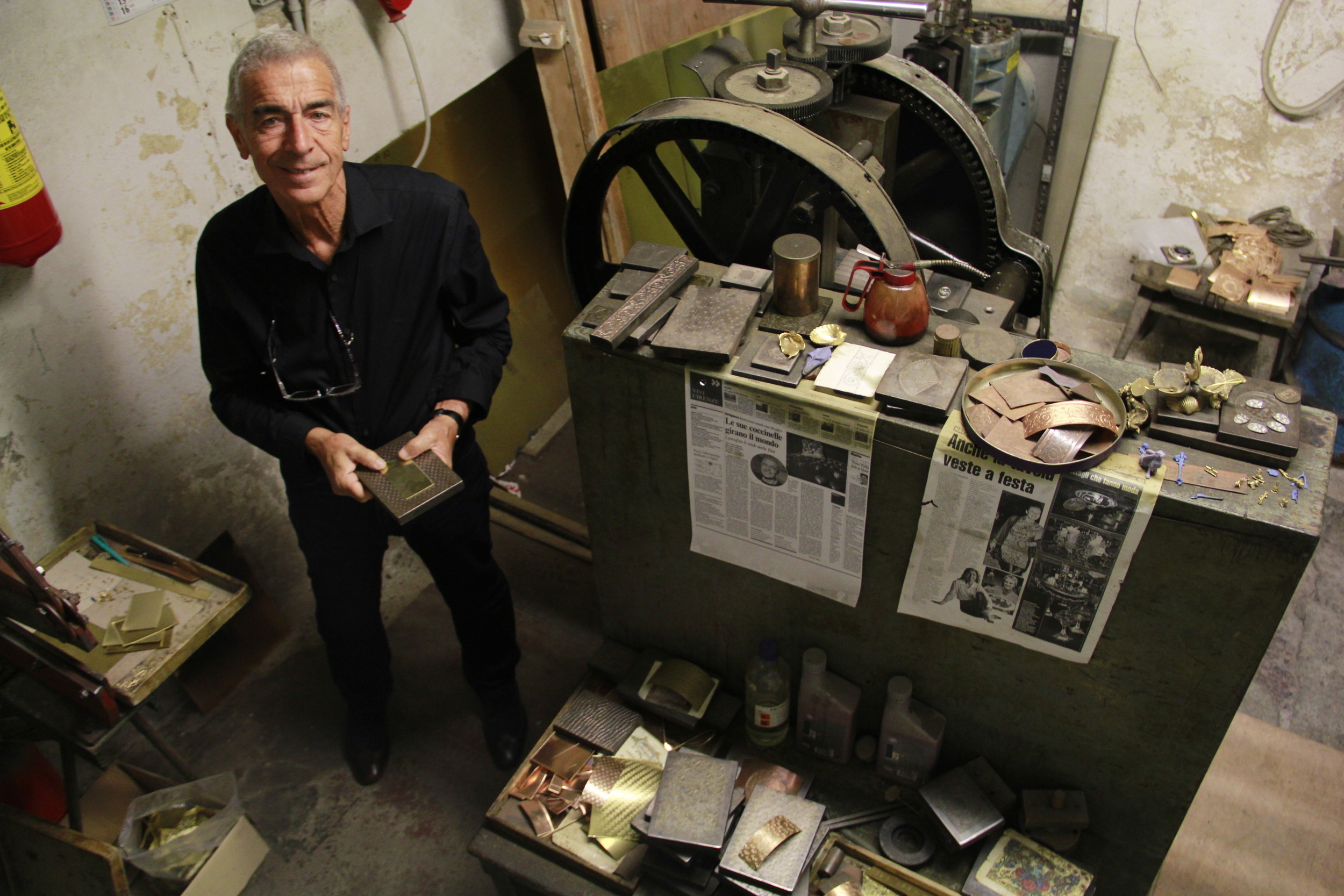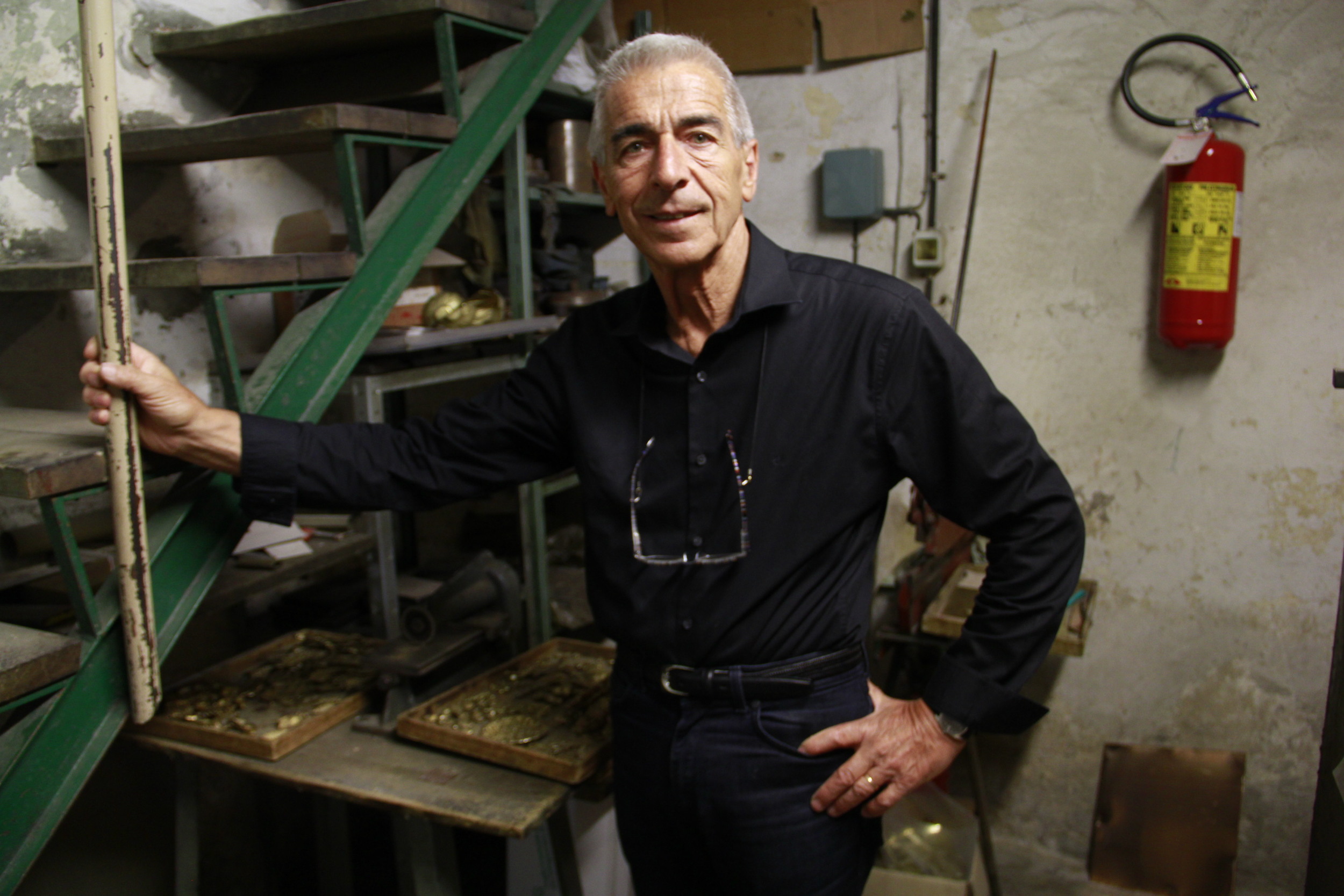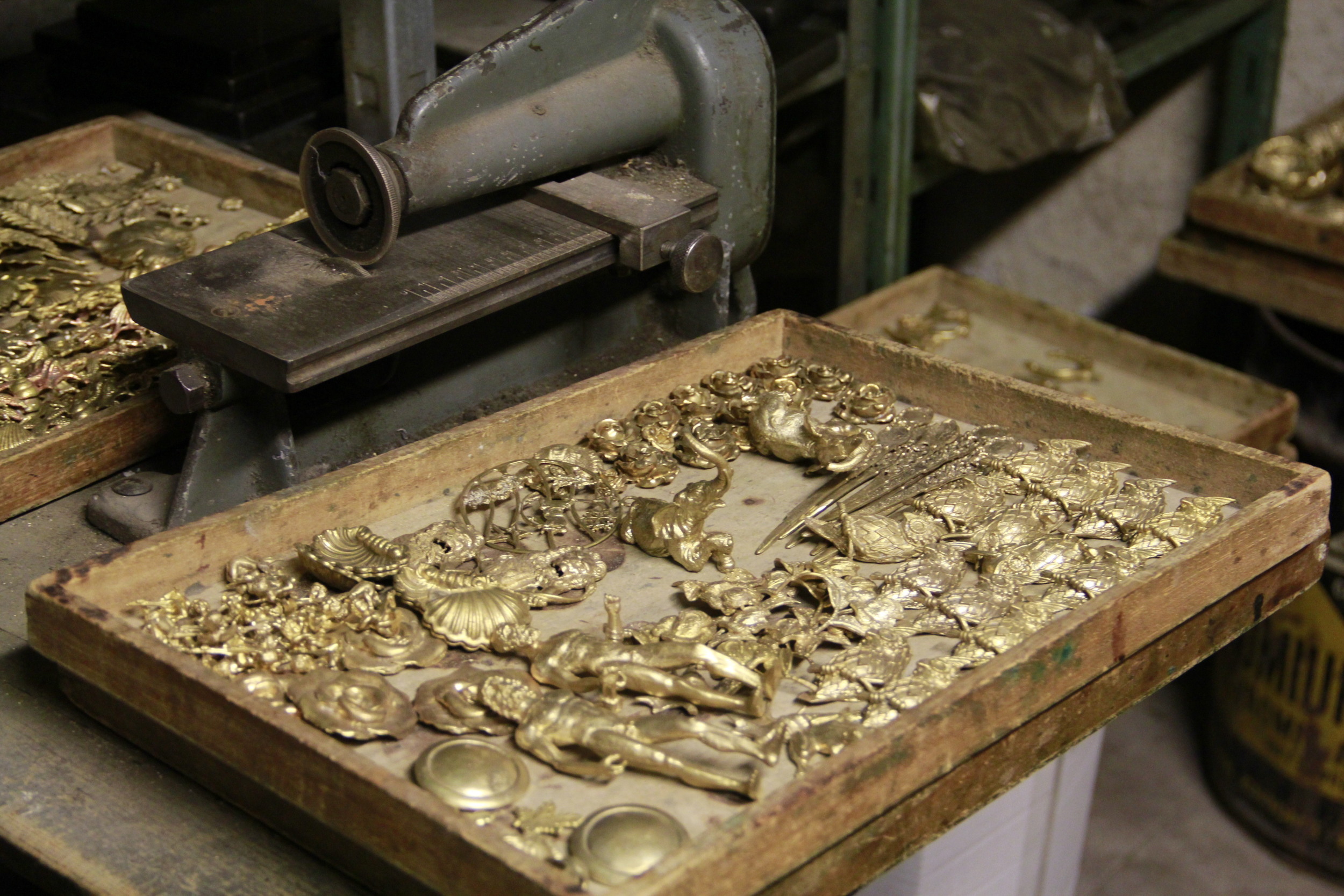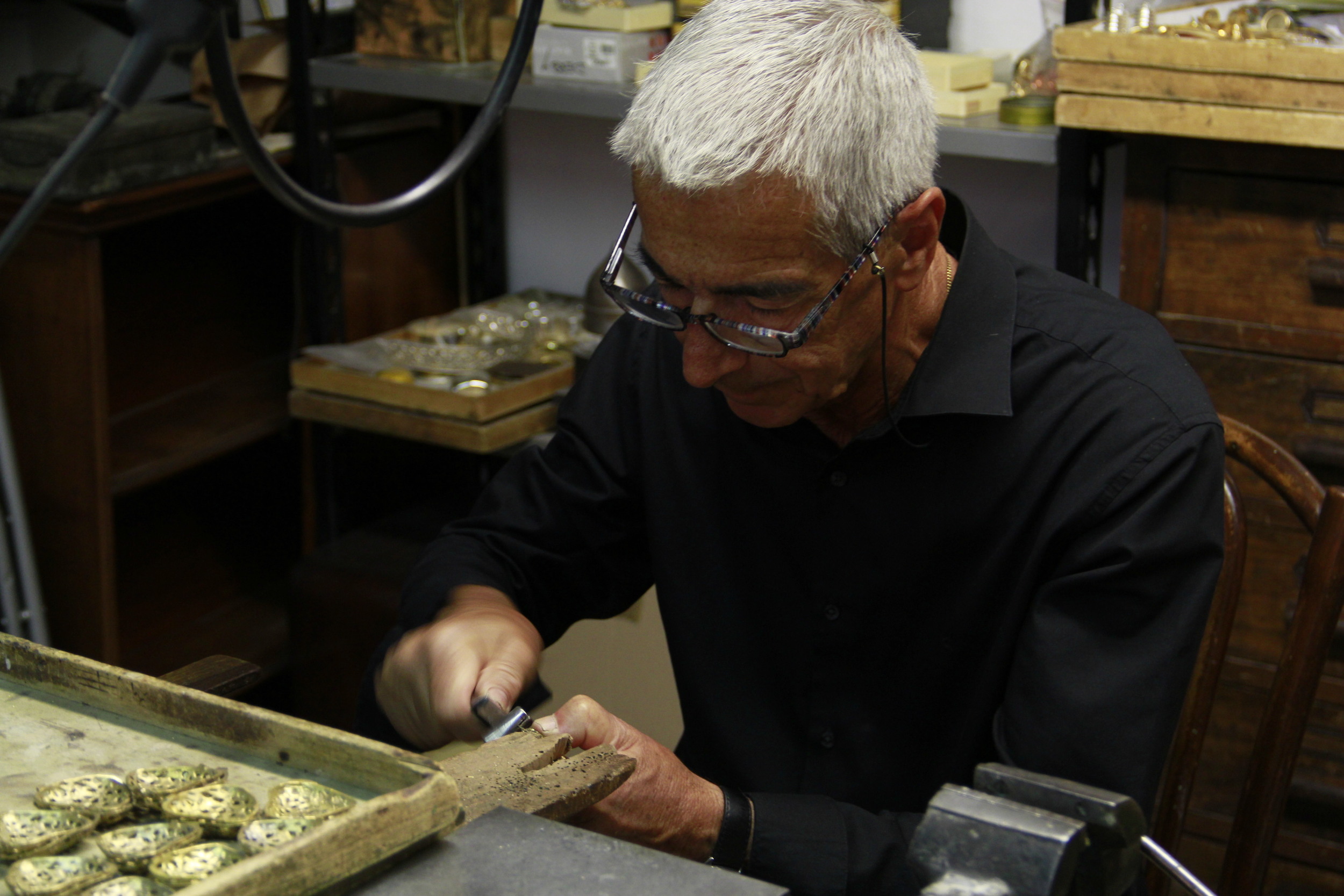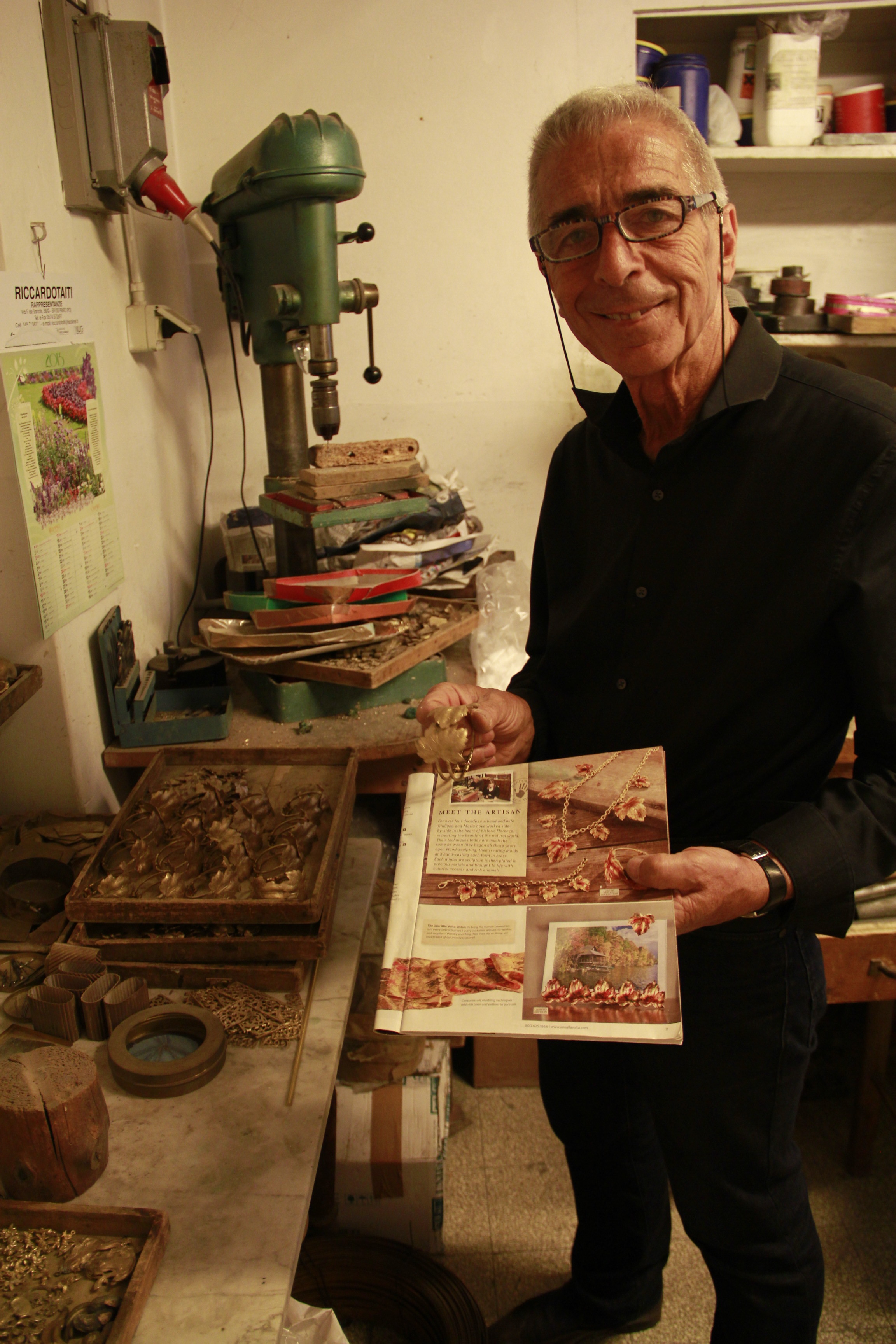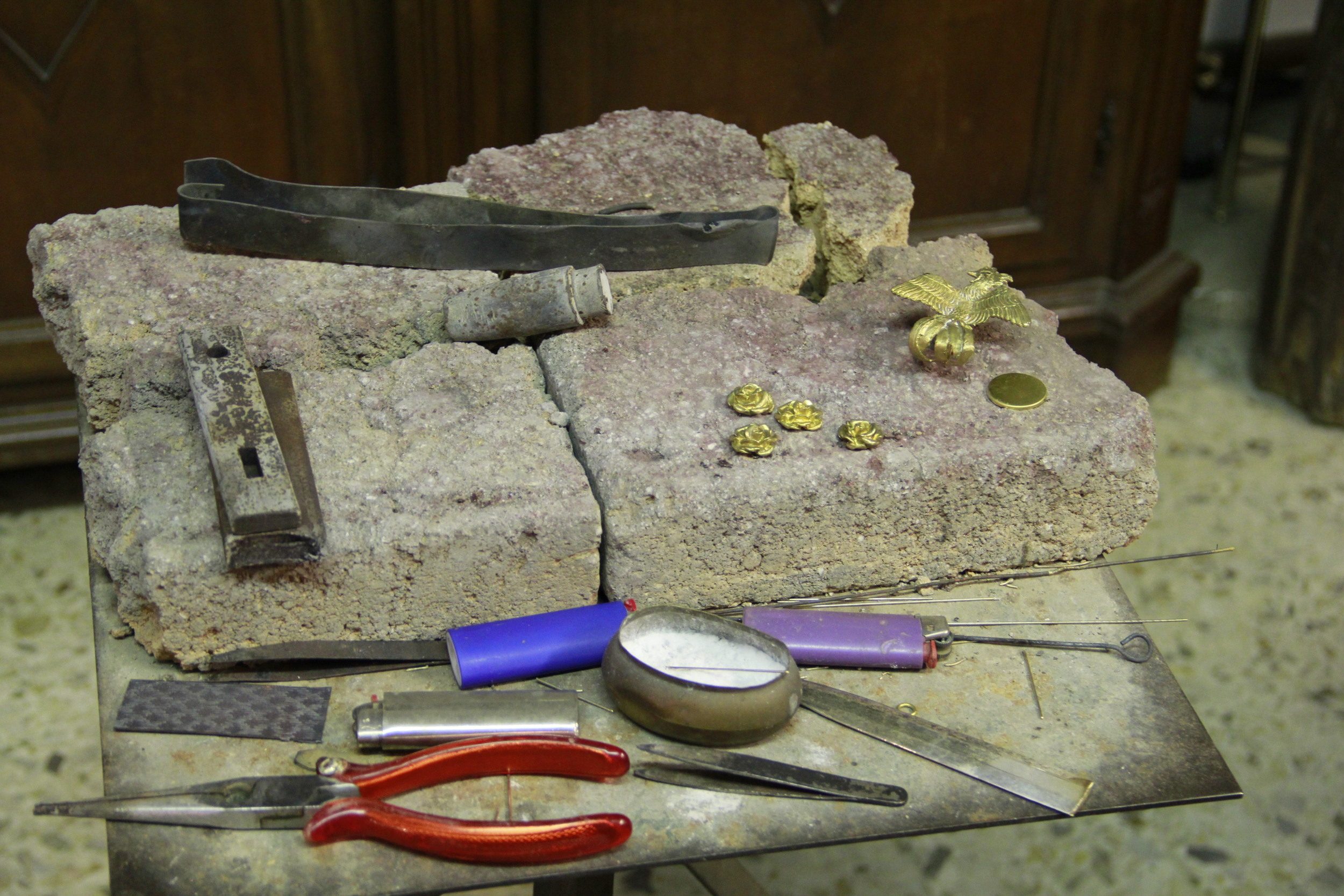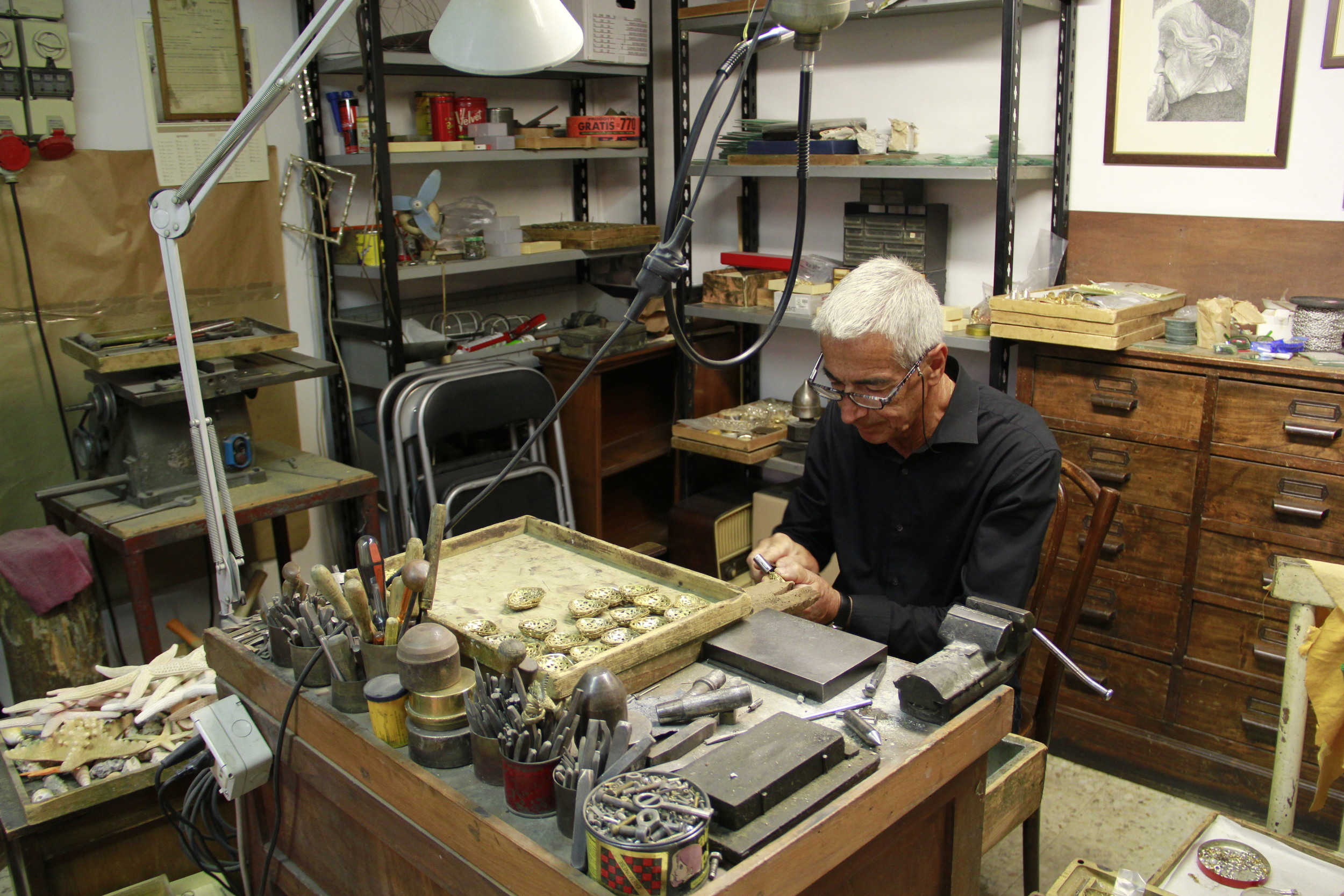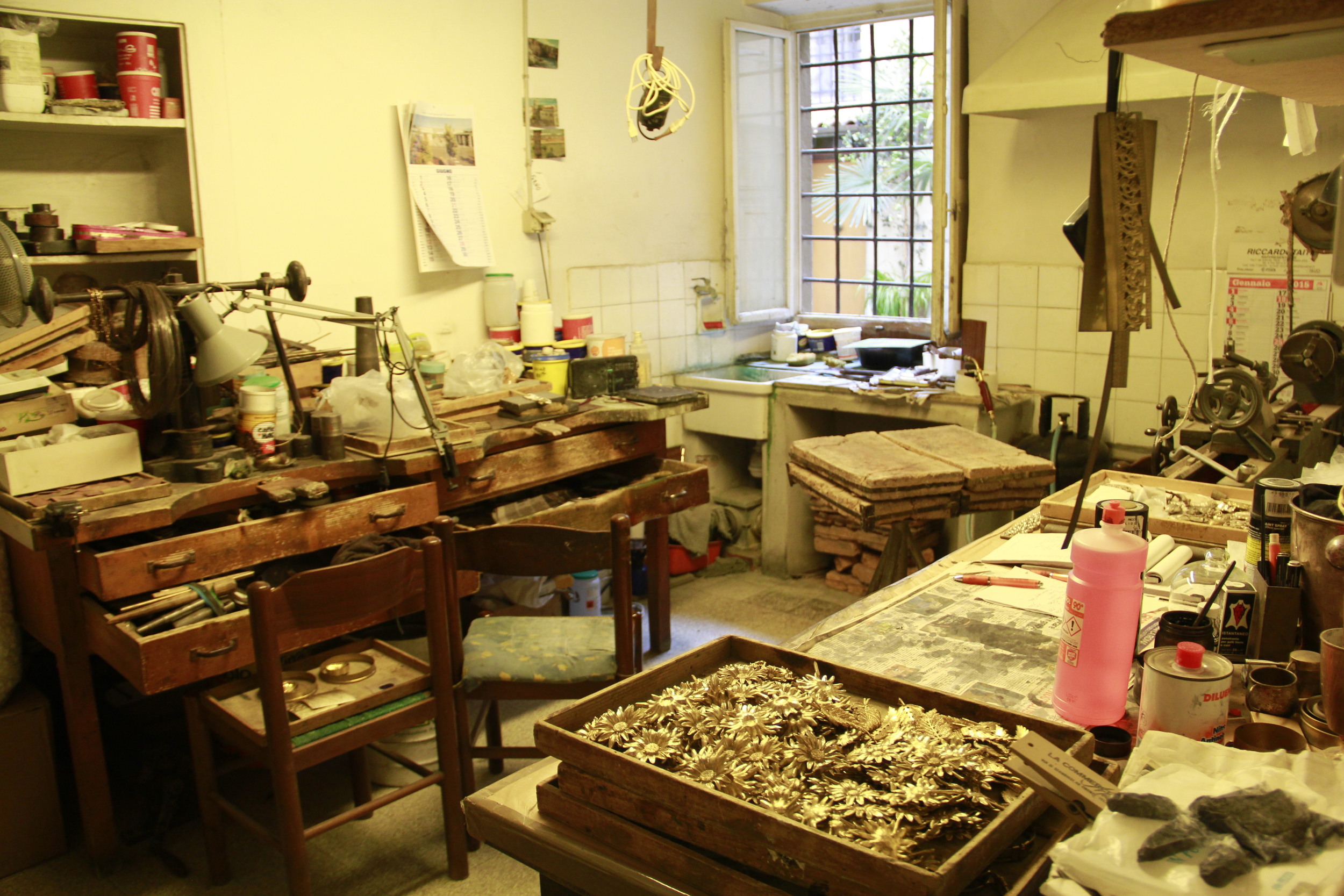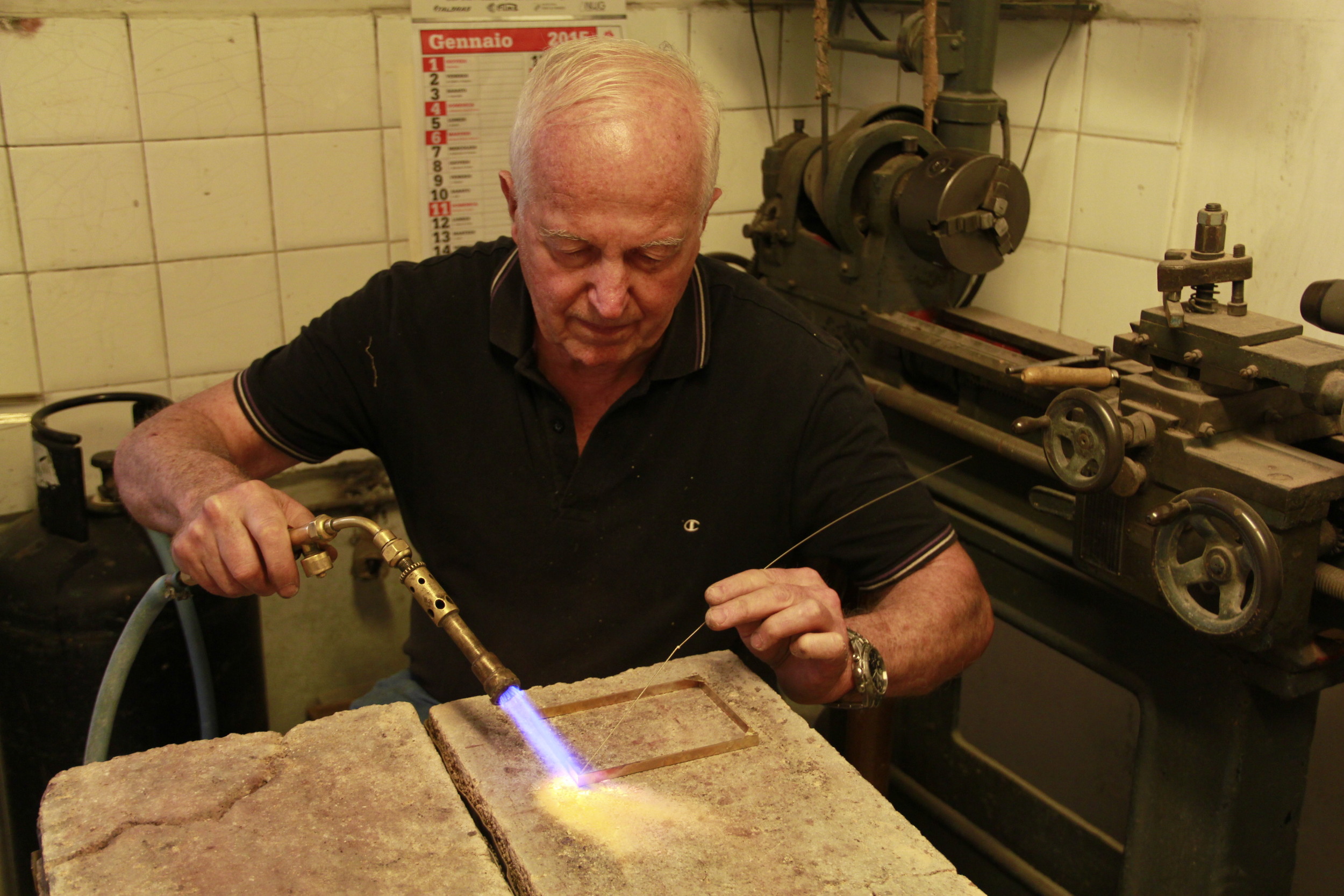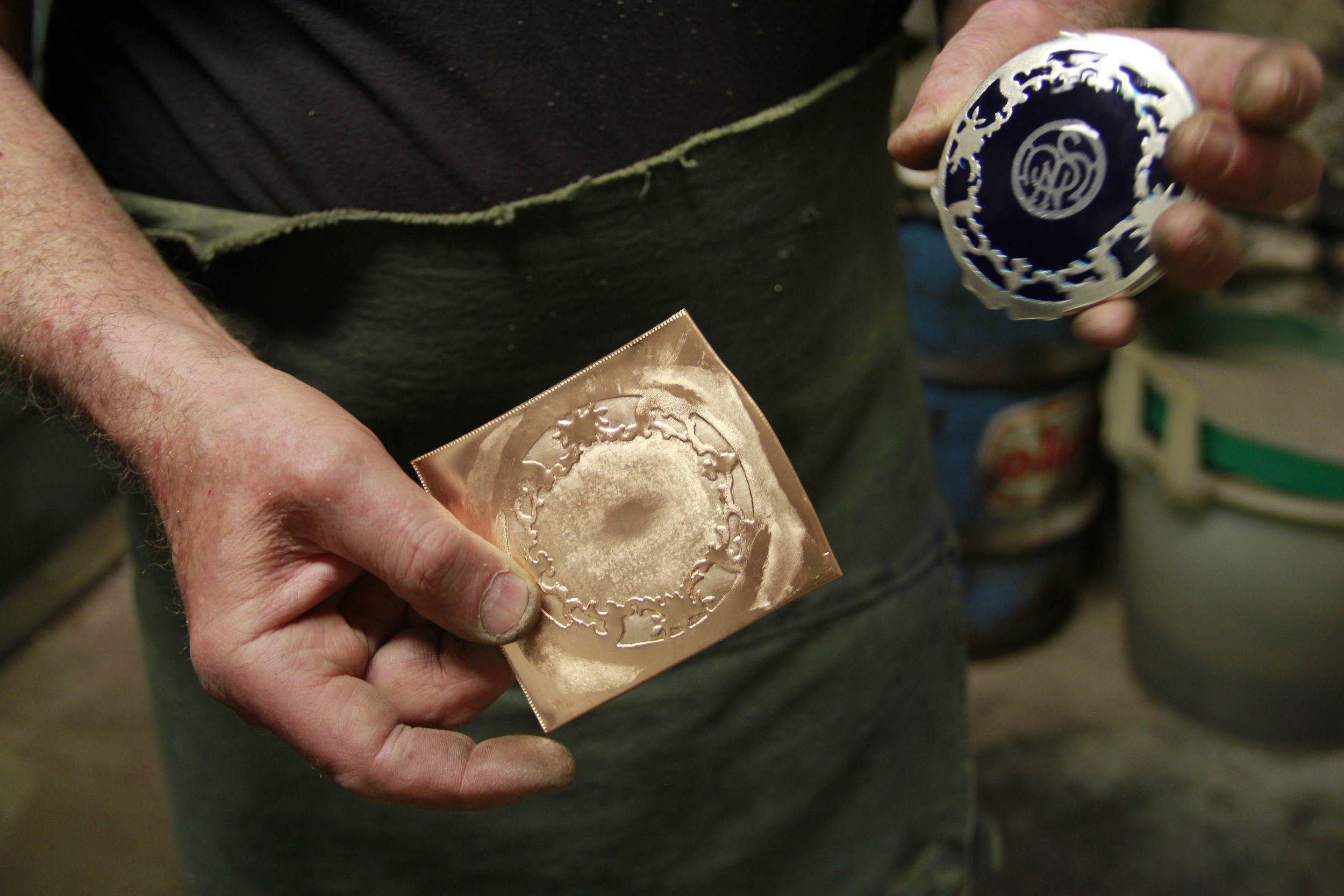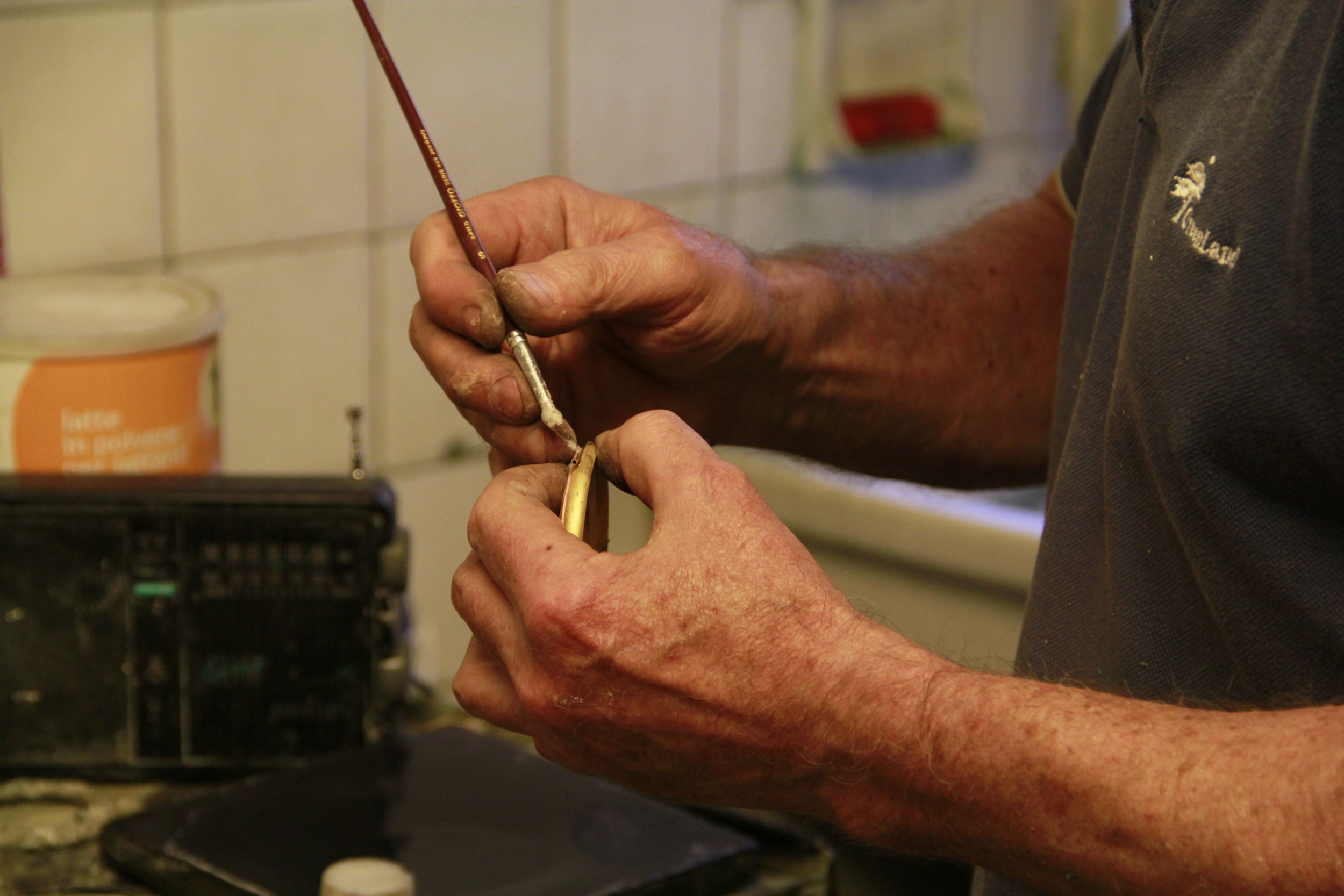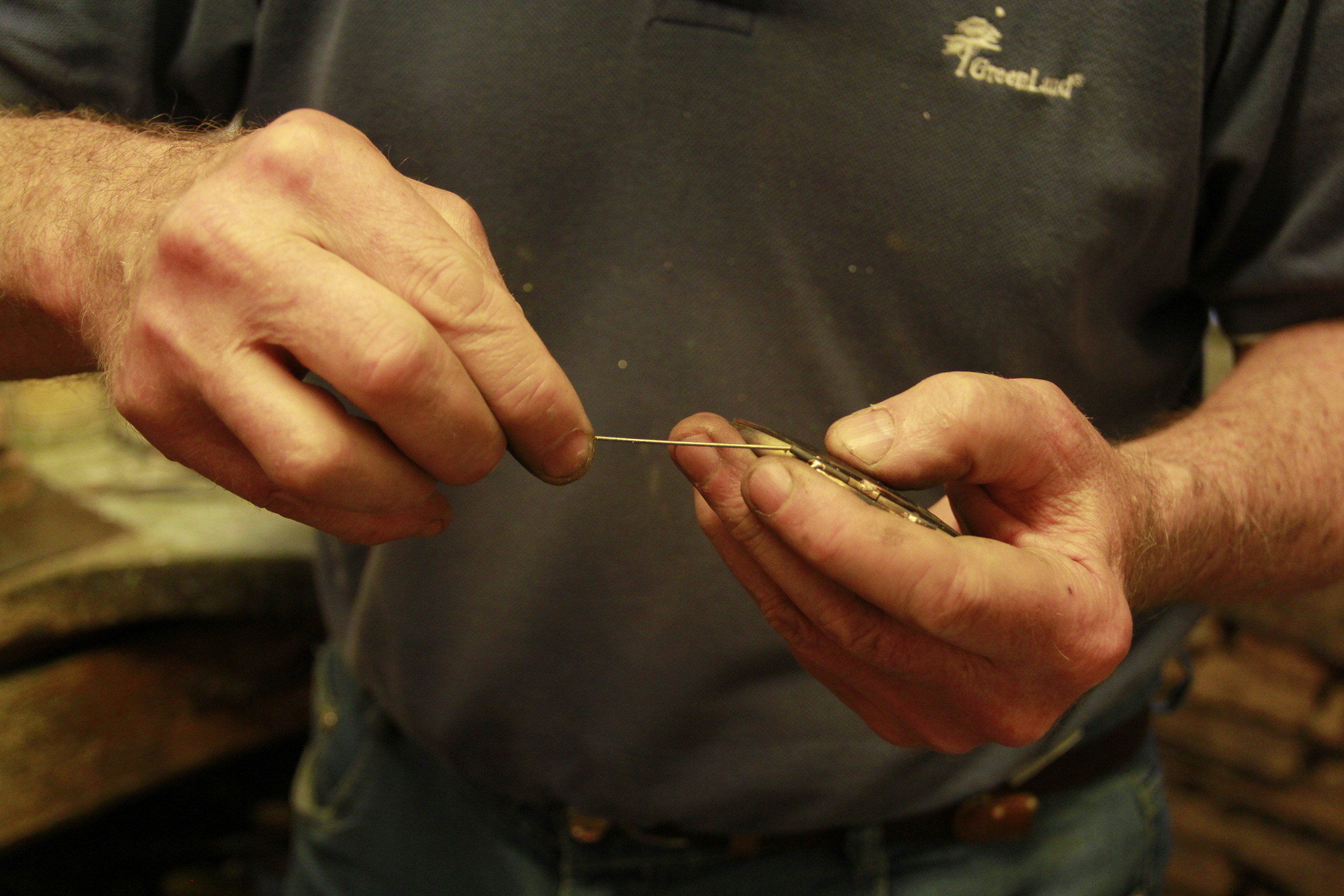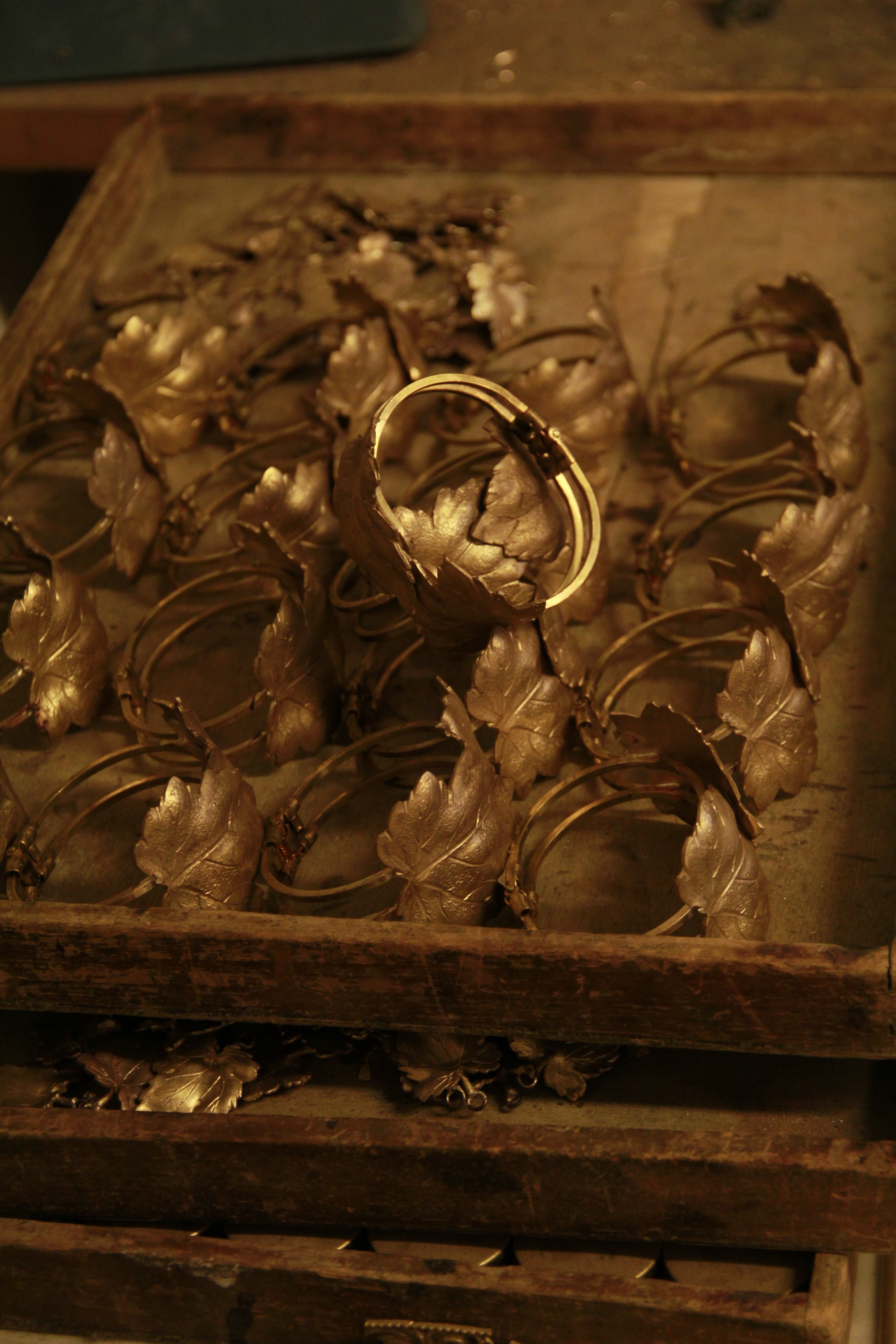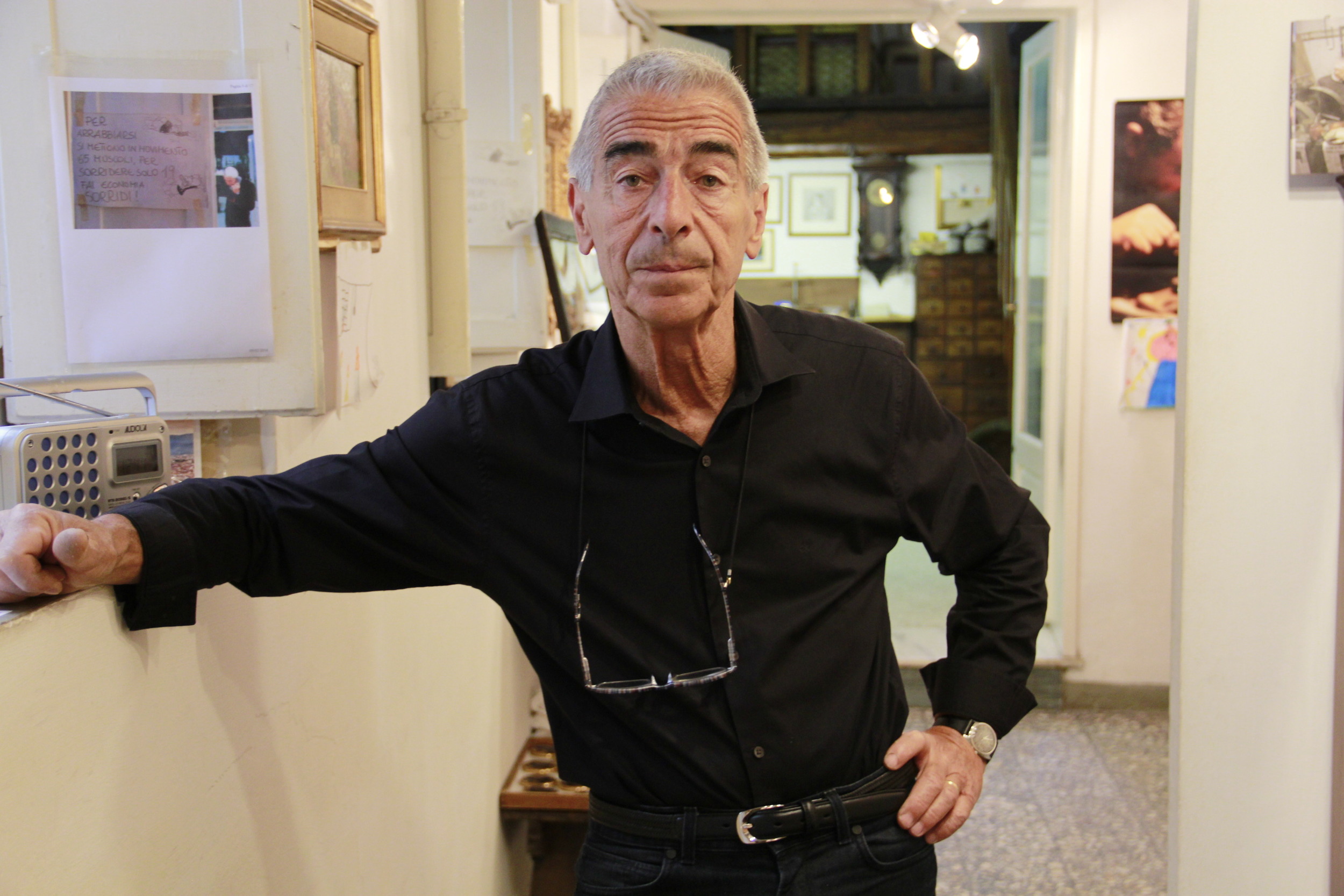When I went to Cuba 20 years ago, I was a part of an American educational group on a class assignment from one of the top MBA programs. We had spent the semester studying the centralized model of communist economy highly dependent on Russia, which I was so familiar with because it is what I grew up in, and which I was convinced my classmates barely conceived but took the class because they wanted to go somewhere warm for Spring break. Our whole stay in Cuba was escorted by two government officials, I was sure our rooms were bugged and that our guides were making sure we didn’t speak to any locals especially on uncomfortable subjects. I remember being transported to my childhood with ladas, moskviches and fiats dashing around me, crossing eyes with the school kids wearing red or blue ties just like I did 20 years before them and seeing nurses wearing the same white tight aprons and head pieces like the ones back in Bulgaria. I was probably the only one in the group who understood what he meant when earlier in the day the first foreigner (a graduate of Duke) to have a private legal practice in the country he put his finger to his mouth when we visited his office and pointed to the Che and Castro portraits on the walls. He took us to dinner at the just-opened La Guarida restaurant but I couldn’t ask all the things I wanted to because as my wild 20s dictated, I had smoked too many cigars and drank too much rum the day before so I had no voice for the next week. I had never been to a communist country this far away from Russia, and my sincere interest was about how the culture and people are similar or different to what I know from back home. I think I wouldn’t be exaggerating if I said that East Europeans tend to spend a lot of time feeling self-pity, focusing on problems rather than solutions, giving into desperation, negativity and in many ways the solution is large quantities of alcohol and tears. We were linked to Cuba in many ways as it was one of the few other countries we were allowed to communicate and “trade” with. Bulgarian engineers and doctors would go on secondment there, Cuban students would be some of the few black people we would rarely see in Bulgaria. My personal connection to Cuba was the joy of having bananas once a year around Christmas time when we would get a shipment distributed through strict “connections” of knowing the right people, as well as my stamp collections which I purchased from the Bulgarian National Post Office and delicately arranged using an eyebrow tweezer in stamp albums. Even if I didn’t know what to expect, it blew my mind to see people who sang, danced and made love regardless of marital status. They seemed to enjoy life and have big honest smiles on their faces even if they lived in the same panel block buildings like ours. There was nothing to buy in the stores, just like back home, however people seemed to gather in the streets and focus their passion on trivial things like the domino games you see the men play on every corner at the end of the day. The biggest metaphor for the cultural difference I remember was observing an old man, skinny and with ripped clothes, walking around the center of Havana selling the “Gramma” newspaper from two days ago. I bought the paper simply because I wanted to see what he would do with the 50 cents he was so excited to receive. Back home old people save and ration everything so they could pass it down to their children and grandchildren. An honorable and selfless way of living, to the point you wonder if they ever let themselves enjoy anything in life. Instead this old man went straight to the ice cream cart, got himself a big ice cream and ate it with such pleasure and joy that even “Carpe Diem” is too weak of a phrase to describe. Ultimately this is what stayed in my mind as Cuba - a place poor and destroyed just like my home, however sunny, happy and full of life.
Returning to Cuba after 20 years, as a professional photographer and as part of an Italian group without a government escort opened up a whole new depth of Cuban culture and people to me. 12 days of walking 20 kms a day, talking with everyone who connected eyes with me and could put up with my imperfect Mexican Spanish, the hugs, the tears, the magical moments captured on camera and so many others that I missed. It will take me weeks and months to process this photography marathon capturing the colors, sounds, smells, my childhood flashbacks, the characters, the artistry, the love and dignity in the midst of poverty and what some consider hopelessness. My soul was fed, my inspiration got a jump start and life felt magical again after a year of tough losses. I was grateful, speechless, exhausted, enamored all at once. I never experienced that many visual orgasms in a row and it will be tough to beat that feeling again. Grateful to Cuba and it’s people for their spirit, beauty, resilience and teaching me that “nothing is impossible in Cuba”.
When we think of a desert we imagine sand dunes and winds but only when you make it to Joshua Tree you learn that a true desert is full of birds, animals, colors, sounds and magic! Yes Cuba is poor and some can easily judge it as destroyed, dilapidated and hopeless. However as my group of photographers immersed ourselves in the quarters along the Malecon and away from the colorful cars in front of Hotel Ingleterra and the now tourist filled “La Floridita”, it is exactly where we found the true spirit and vibrancy of the “CALLE”! Instead of a soccer ball, the kids played with a deflated old basketball but the joy of the game was just as loud and rich. Gianluca was darting back and forth on his scooter without a wheel, while the young girls were showing off their dance moves. A large lady was yelling on her cellphone while some men were under the hood of an old Ford. On the next block the rasta man was smoking his pipe next to a tense domino game while an old Russian truck was pulling a stalled car with ropes made from bedsheets. Maybe for some Cuba is a desert, but for those who have the eyes for it, there is so much beauty, life, charisma and style that lack in places much more “structured” and “civilized”.
Cuban music made its way into my life in a surprising way, just like I found this orchestra in the courtyard of an Art Museum in Trinidad. The musicians were testing their instruments and each seemed to be in their own world, until the “dirigente” stood in the middle of the seeming chaos and everyone focused their eyes and notes on what he directed. And as if photographing the musicians connection to their instruments was not beautiful enough, they ended up playing “New York, New York” by Frank Sinatra all for me!
It’s easy for some to judge pagan traditions as witchcraft just because they look different from what they are used to. I learned about Santeria from a close person in my life and my curiosity led me to discover that this mix of African and Christian beliefs and practices were deeply rooted and connected with Greek Mythology! Strolling through the streets of Regla, we ran into the “babalao” ADONIS (boyfriend of Aphrodita in Greek Mythology) who lived in a deserted old theater building with his mother who was suffering a terrible foot infection due to lack of antibiotics. They welcomed us into their space where I recognized so many of the objects and rituals I had heard about. We all have our ways of honoring whatever we believe in. Christianity itself never got rid of pagan superstitions and traditions! If we judge less and educate ourselves more, we will discover how much we are all the same even if we look and sound different!
When I went to Cuba for the first time, I smoked so many cigars the first three days that I lost my voice for the rest of the trip. This time I found out I wasn’t smoking the right cigars! Our trip to Vinales took us to several fincas where the tobacco had just been cut and standing between layers of green tobacco leaves, we learned about the intricacy of tobacco growing, harvesting and rolling by a guajiro in rubber boots and sun-burned skin. The process of turning the right leaves into the perfect Cuban cigar is elaborate, long and takes generational secret family recipes. The “taste” of the cigars comes from the leaves fermenting for weeks in a mix of rum, honey, cinnamon, coconut and whatever other spices and flavors the area provides. The government takes 90% of whatever the rancheros prepare, mixes it with chemicals, packages it in shiny boxes and colorful labels and sells it off to the foreigners. What real Cubans smoke is what’s left from the harvest after the Government takes its share. No chemicals, no labels. The cigars get wrapped in newspaper to protect them from humidity, or if you want to store them for 3-4 years they pack them up in palm leaves. When you smoke those, you taste the earth, the spices and sweetness of those family recipes especially if you pair them with a glass of aged rum!
I love jewelry on men! Rings, bracelets, necklaces, the more the better for me! I was impressed by seeing so many rings on Cuban men from all walks of life but my favorite by far was the ring of the bartender at “La Terrazza de Cojimar”, the spot where Hemingway “drank” his lunch every day after shipping! Cuban rum is way beyond “Havana Club”. “Mulata”, “Santero”, “Ritual” are all significantly better and come in a variety of colors and ages. By far my utmost favorite was the Santiago de Cuba (aged!). It tastes like magic on it’s own or even better, with some puff from a Vinales-rolled cigar!
There was a street in Trinidad we called the “street of miracles” because every time we crossed it we found amazing scenes and people to capture. Alicia was one of those miracles. Her delicate body seemed to be a part of her Singer sewing machine and the needles of her cross stitching seemed to be an extension of her fingers. I stayed with her for awhile, listening to her life story as she was rolling away the wheel. The peace in her eyes and gentleness of touch among the visibly crumbling walls around her will be what I will always carry with me.
I like to believe that when life gives you a NO it is for the right reasons. I saw this window at the old train depot and needed someone to sit in to complete the frame. I got rejected by a bunch of coal-covered engineers sitting by, so I walked over to the improvised shack-like office and that’s where I found Antonio. He didn’t just become the best model of this frame, but one of the best photo series I ever did and a reminder that life rewards you in random ways!
I recently lost someone very close to me and have been practicing imagining they are always there next to me even if I don’t see them. The way the sun illuminated the seat next to Antonio felt like a metaphor of that void which you still embrace beyond the material space. He was so perfect in his expression and even his shirt blending with the background confirmed the contrast and connection. At the end of the shoot we tipped him for his time however what he really seemed to appreciate was my tearful “thankyous” and telling him he filled my heart with so much inspiration. And that’s how so many of those shoots ended - with big teary embraces.
He was waiting on a big line in front of a store with mostly empty shelves, reminding me of my childhood in the 90s in transitioning Bulgaria when seeing a long line was a sign that “there was something to buy”, and you would buy whatever there was because you don’t know when it would come again. I didn’t ask his name or what he was waiting for, just pulled out the camera as quickly as possible. I didn’t have anything to give him in return for my joy of taking this colorful photo centered around his eyes, except for the satisfaction of having all the people in line and especially the women around him, whistling and yelling out jokes about him being the model of the “calle”!
The star of my Cuban journey, this Rumba Dancer who came out of nowhere and posed herself perfectly on the stunning pink backdrop in front of me. She was wearing baggy men’s shorts and still moved incredibly gracious. Years and clothing sizes couldn’t conceal the beauty and power of this dancer!
One of my flashbacks to childhood in Cuba was seeing the Ladas, Moskviches, Volgas and Polish Fiats everywhere in the streets. You can rarely see them anymore in Bulgaria and if you do they look like relics. In Cuba however they are not only maintained and driving faster than I ever remember them to, but they have also been “Cubanized” in beautiful bright colors and perfect glaze. To me these cars represent the admirable quality of Cubans to do with what they got, and enjoy and make the most of it.
In communist Bulgaria your initiation into the party lines began at age 6 when you started 1st grade. I still have my first school day portrait with a textbook opened on the page with Moscow’s Red Square on one side and on the other you had Lenin facing our communist head of state. We were all dressed in our interpretation of a uniform, with white shirts, dark skirts because as there was nothing to buy in the stores, often people made their own clothes. First grade came with a blue bandana, then the blue bandana turned red in 5th grade and finally in 8th grade you would switch to a full scale navy apron-like outfit as a “young comrade”. I never made it to the navy apron because the Berlin wall collapsed while I was in middle school, however years later when I found myself starting my new life in the US, I couldn’t help but be shocked to find the same bandana uniforms and theories of what makes you a responsible young adult in a different packaging. Instead of being called “Pioneers” they were called “girl/boy scouts”. I don’t know wether it was the communists that stole the idea from the west or the other way around, but in theory and practice they are identical. We didn’t sell cookies and lemonade probably because we were not supposed to develop a “capitalist mindset”, however from the the way you were supposed to help the community to marching in line and even the words of the oaths of allegiance, were absolutely identical. If in Bulgaria “Pioneers” can only be spotted on old photographs and those born in the mid 80s wore private school uniforms if anything, in Cuba “Pioneers” are everywhere and, of course, were one of my favorite subjects to shoot!
Just a couple of hours outside of Havana’s dusty streets and dilapidated buildings is Viñales, a picture perfect countryside with colorful small house, orderly gardens and people with a different kind of peace in their eyes. It is a mostly agrarian area where people cultivate tobacco, raise chickens, cows and pigs and food is clearly not scarce even if electricity is. We spent several days walking on dirt paths between different fincas learning about tobacco crops, coffee beans raising, sacred baobabs and exploring a whole different side of Cuba where people are mostly blond and blue-eyed. A thunder storm caught us under the cover of a small family run farm and later walked through knee-high orange mud to two horse-drawn carts which took us back home. Getting your order at a restaurant can easily take an hour and a half because the food is being prepared on coal, but then it really tastes that much better. If you are not a comfort-seeking visitor you can easily find here plenty of charm, friendly smiles and cinematographic backdrops.
I grew up playing with more imaginary friends rather than real ones, so I am naturally driven to kids and truly enjoy playing along. The kids I met, whether on the backdrop of a colorful mural, dock of a bay or busy street each had a sense of curiosity, but also responsibility to get something out of the “turista” to take home to their mothers. I gave away everything I could with total pleasure and when I had nothing else to give I left them with plenty of hugs and kisses that were received with equal enthusiasm and appreciation.
Vanessa was 3 years old, she and her family lived in a converted gym with sheets setup instead of walls. I gave her all of my chocolates and tried to protect her from the older kids who certainly would have taken them from her. She was still so small, pure and kind that wouldn’t have even noticed if one of the older kids came snatching away her delicious acquisition. Juanito instead was a chubby cocky boy who came to me himself asking to get his picture taken. His dog seemed to imitate everything he did, even standing and looking the same direction as him. He was 9 years old and had a girlfriend who was also 9 and went to his school. When the rest of his friends joined and our group left them with a box of crayons, Juanito was the one who distributed the colors among the group with the perfect balance of fairness and generosity.
If you want to see an expression of authentic Cuban passion, watch them play domino or soccer. It is fascinating how some little white blocks can instigate this level of passion, gestures, competition, personality, raised voices, territoriality and pure machismo! Same for soccer. They might be playing barefoot but the level of admiration for the one who scores fast is unquestionable. If you observe those games for a prolonged period of time, you would think was at stake for the last few chips on the board or that pole - all in all a healthy expression of pure masculinity.
“Latin lovers” is a very subjective term depending on people’s experience, but Cuban expression of love is quite beautiful to witness. You couldn’t help notice the couples walking embraced, holding hands or exchanging kisses everywhere in public places. “El amor” is something people seemed to be proud to demonstrate and share not only with romantic partners but in the way they addressed you. I truly enjoyed being called “Mi amor”, “Mi vida”, “Mi corazon” even if it was someone serving me a coffee or helping me with the luggage.
You can’t be in Havana and not mention the Malecon and the darting colorful cars often covered from splashing giant waves. Risking of being borderline banal, I myself find the cars and the waves thrilling. This time though, it was several of us who spent hours staring at a wall getting splashed by water, waiting to grab the perfect shot and balance of foam, people, stone and movement. As much as the Malecon is vibrant with a constantly moving mixture of cars, people and chipping paints, I think my favorite time was the sunset there on a rainy day. The darker the skies, the brighter the lights seemed to be and even the colors of the moving cars and stationary buildings shined with luminosity ever more so.
We didn’t have a chance to experience Havana’s night life but we certainly captured Havana’s colors at night time and they were equally vibrant and stimulating as the beats of a Cuban “son”. They say the darker the sky the brighter the stars, and so it is was - the limited lighting made whatever there was stand out so much stronger and so much better!





































